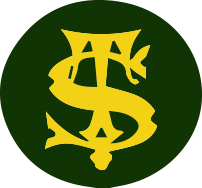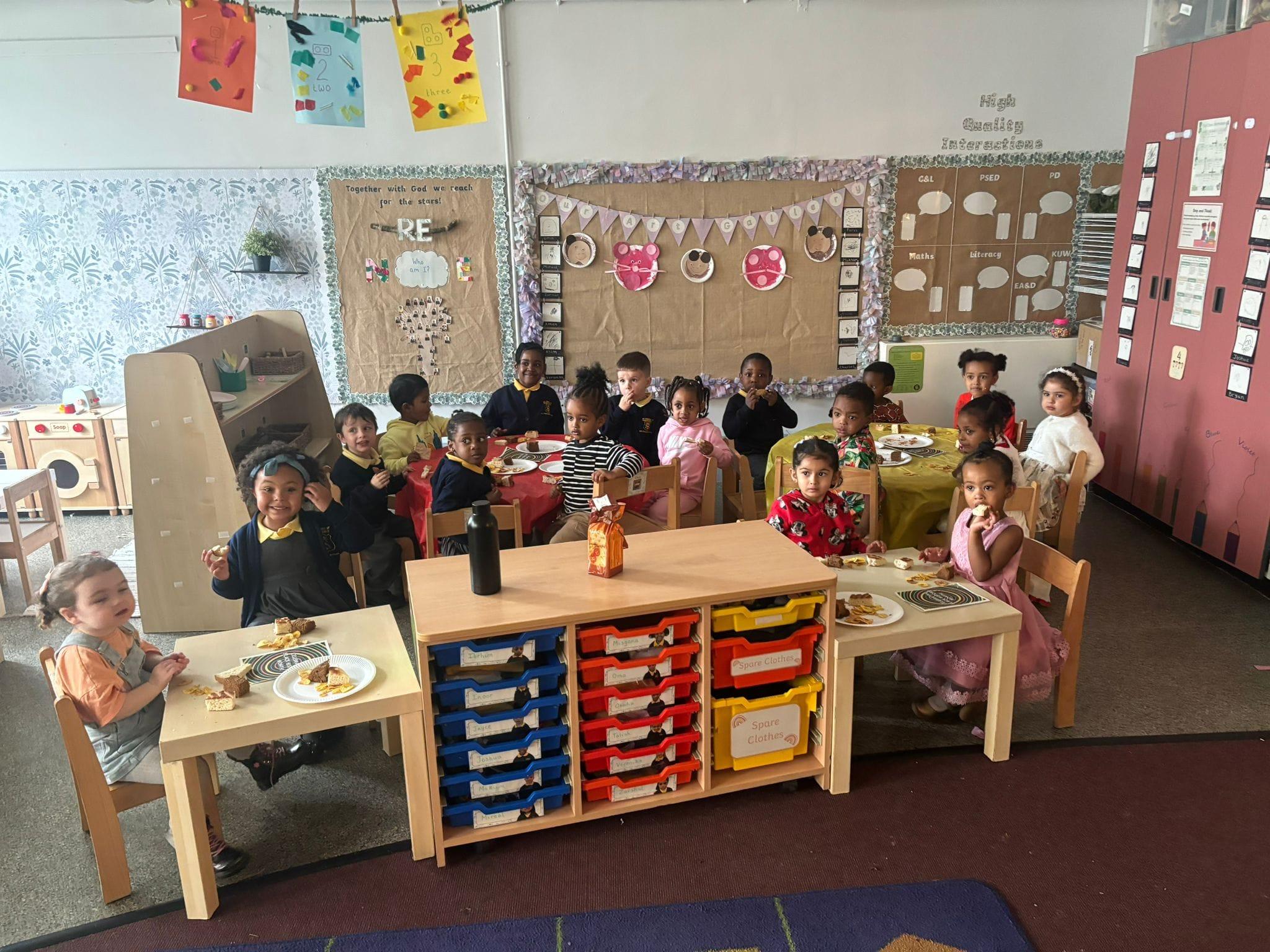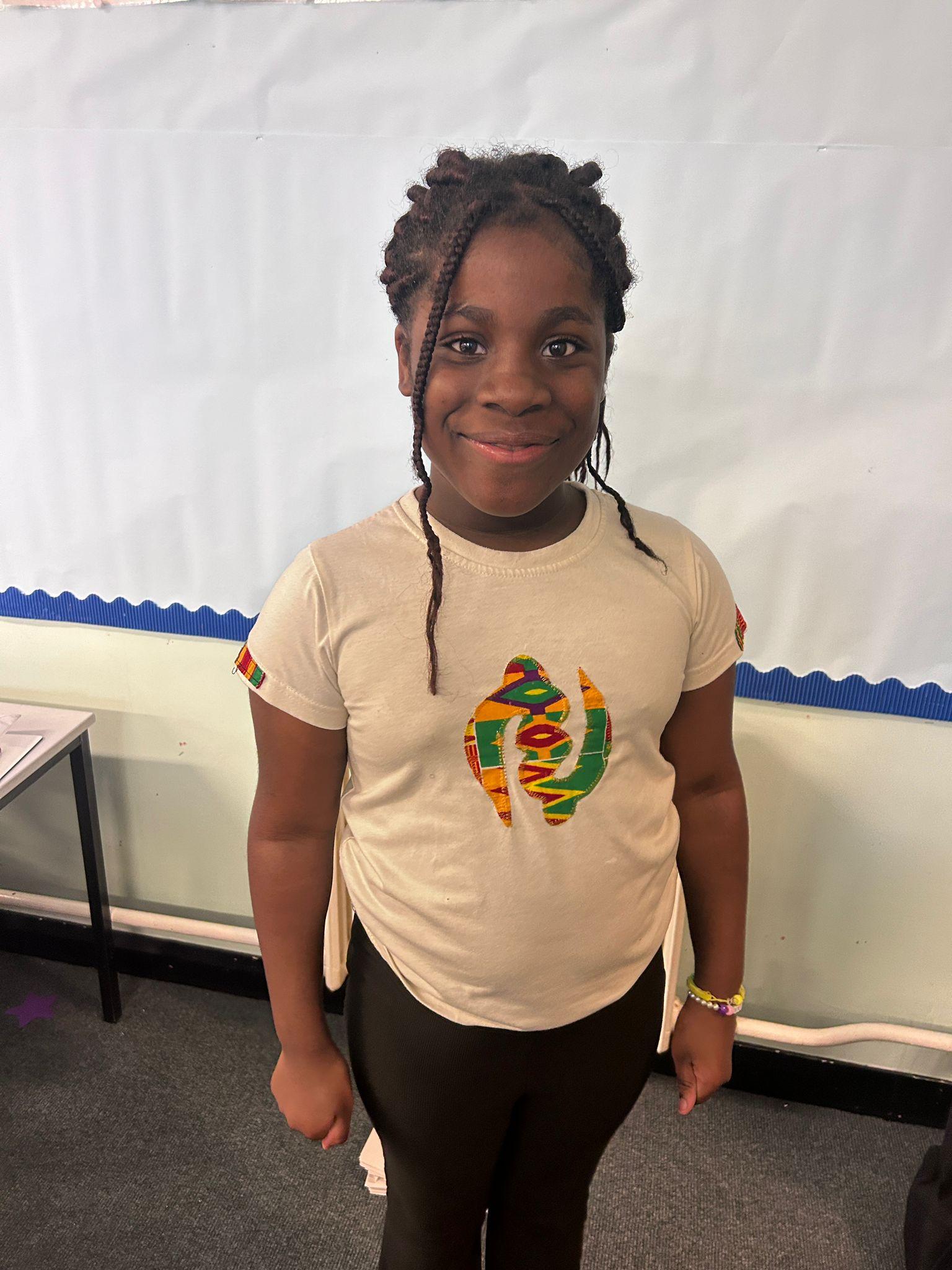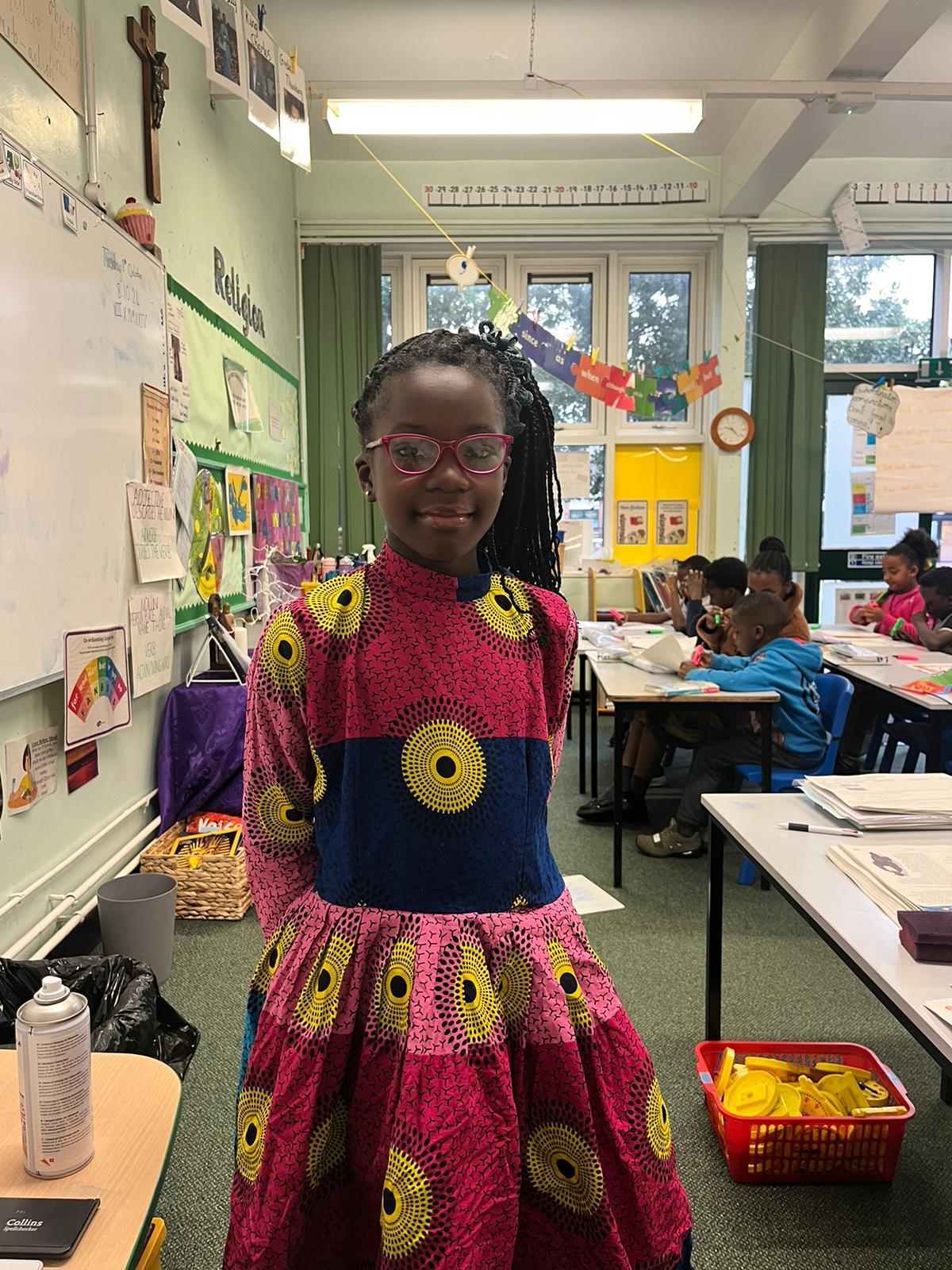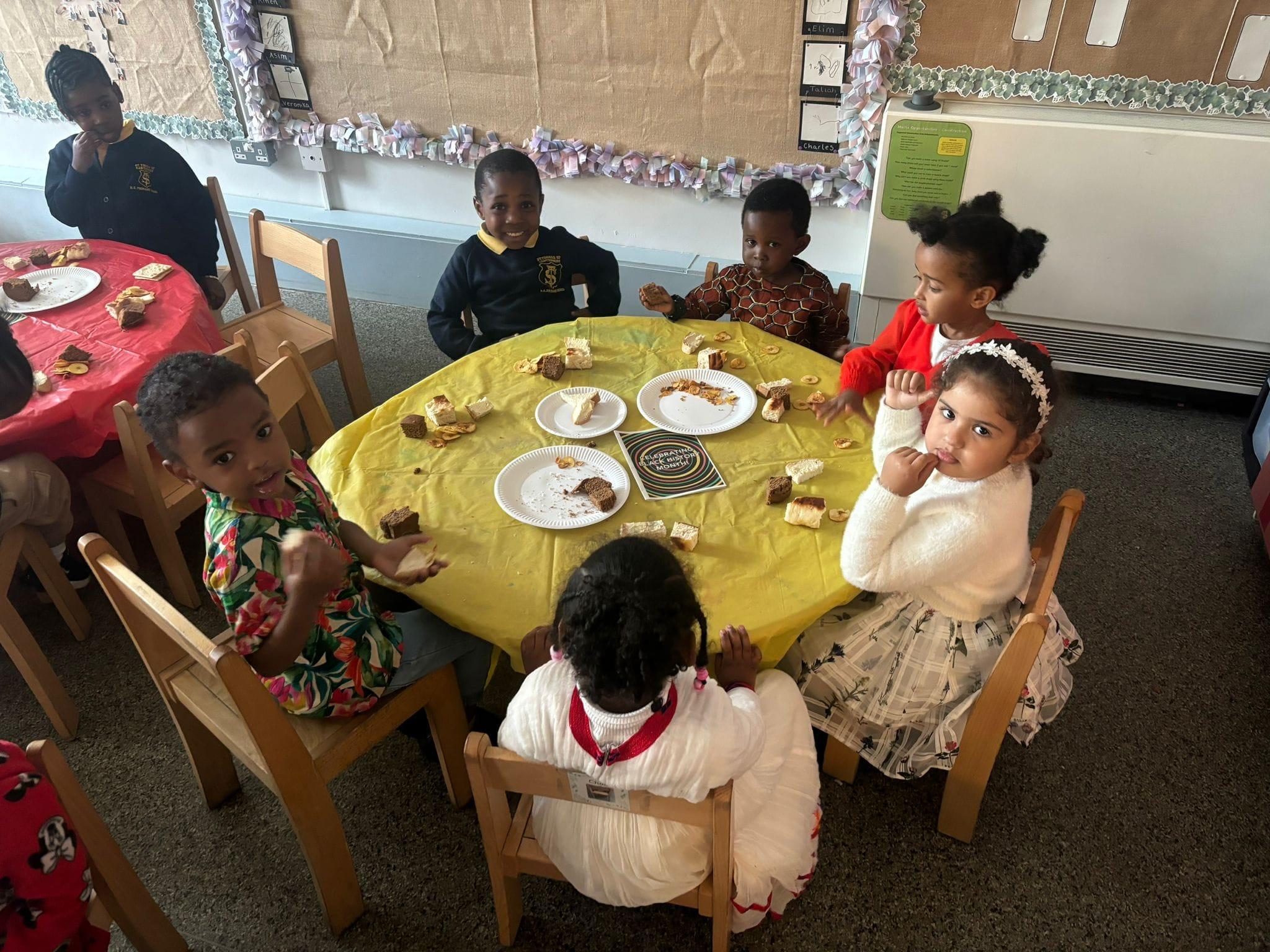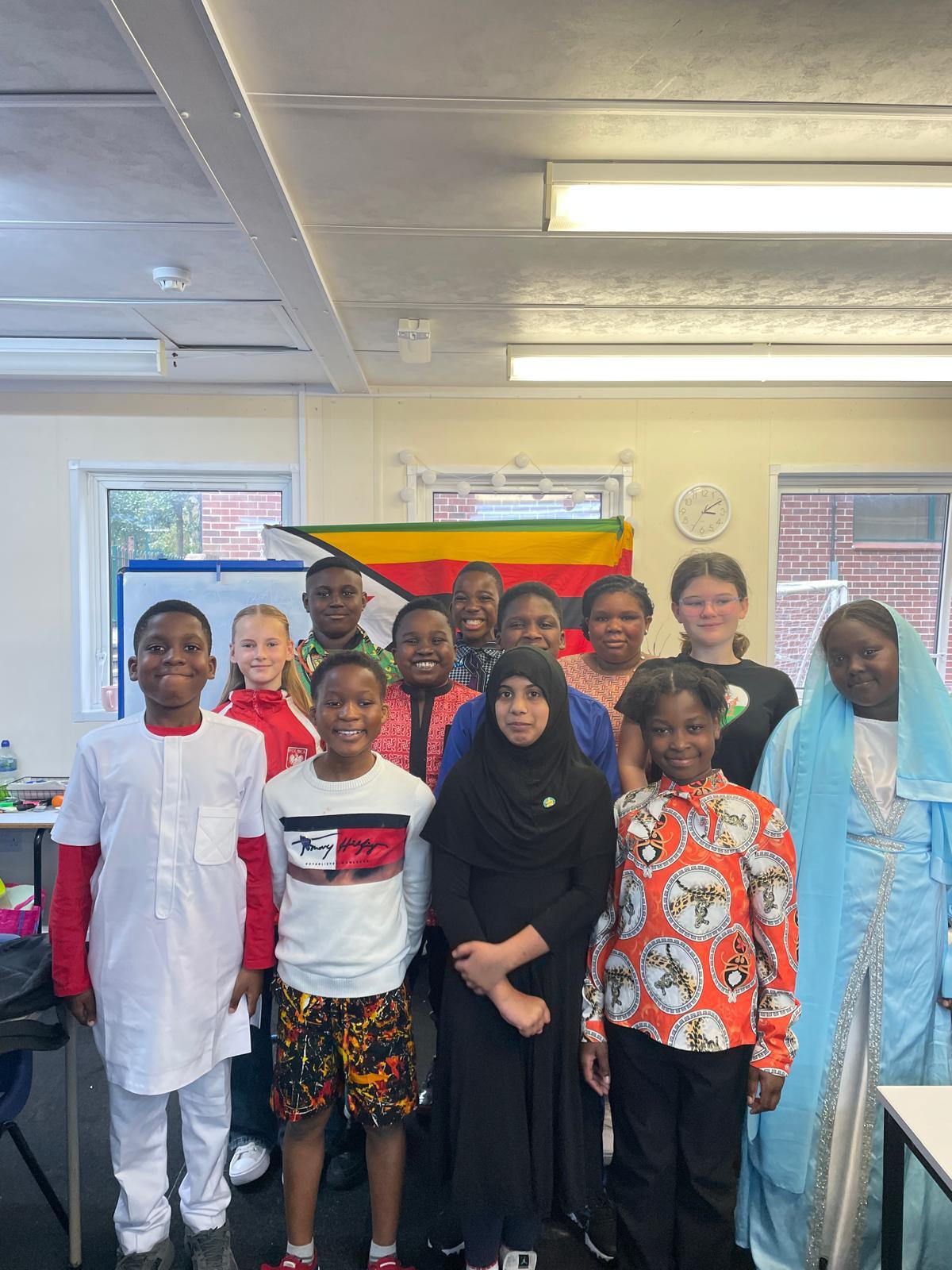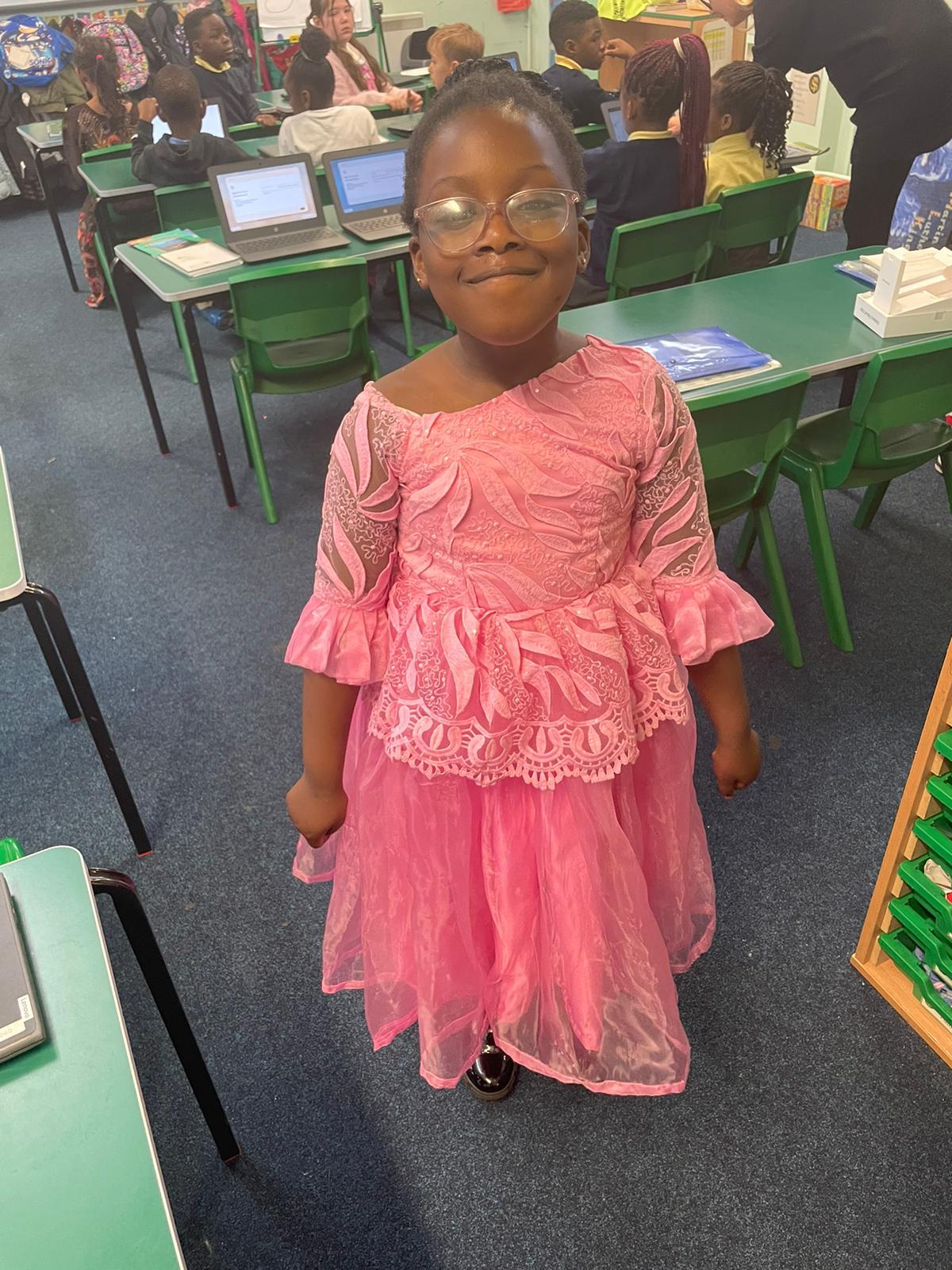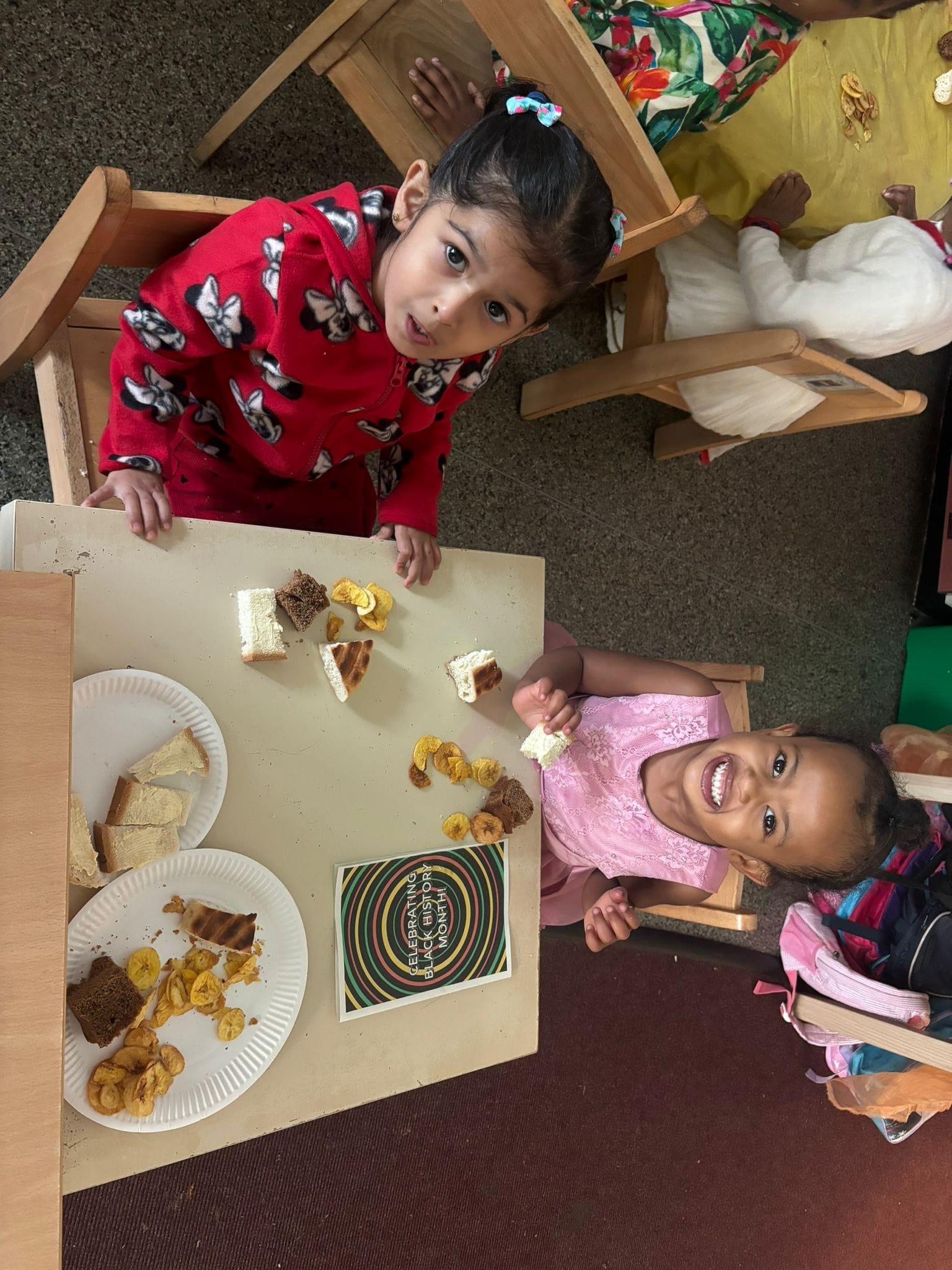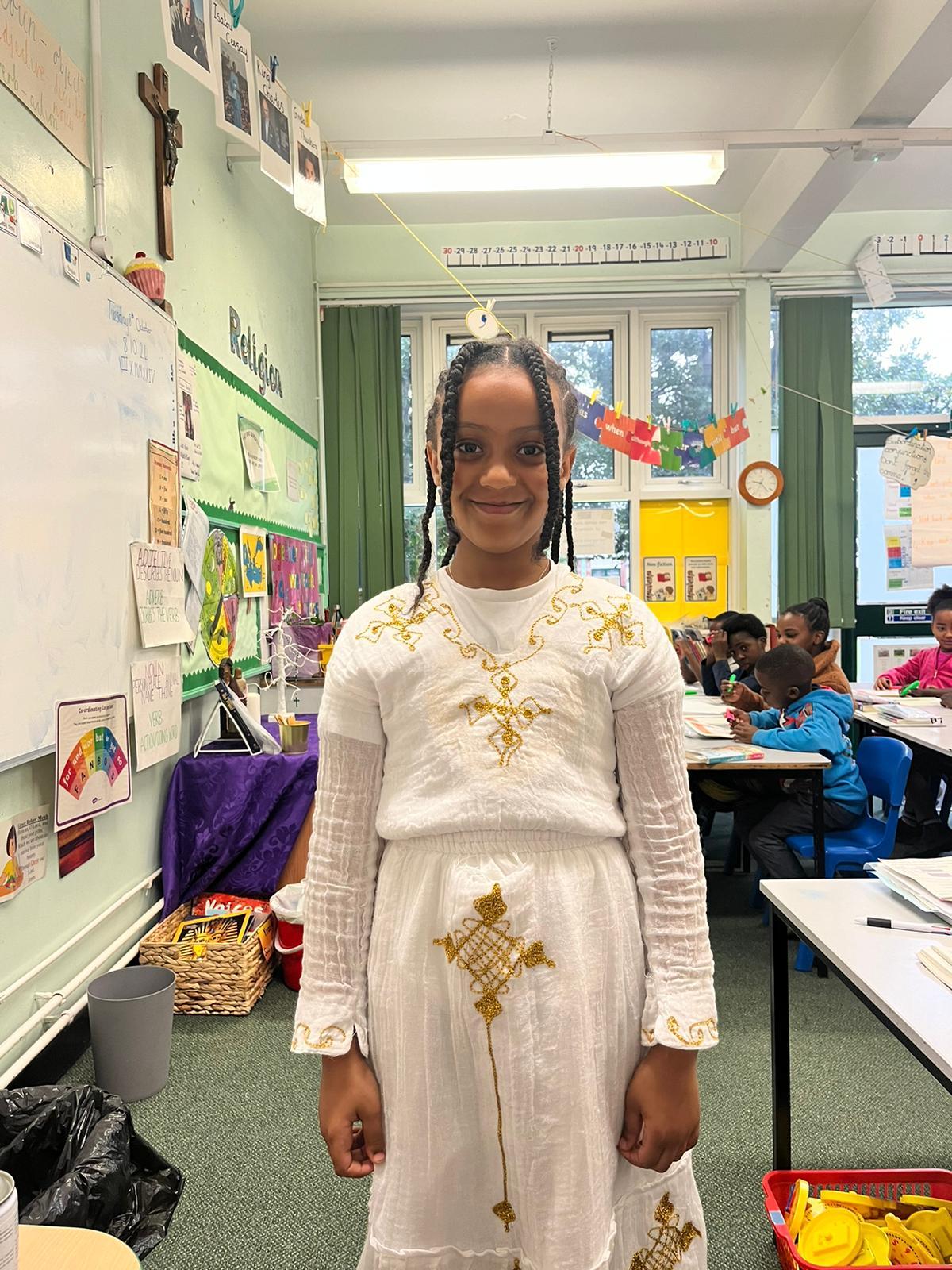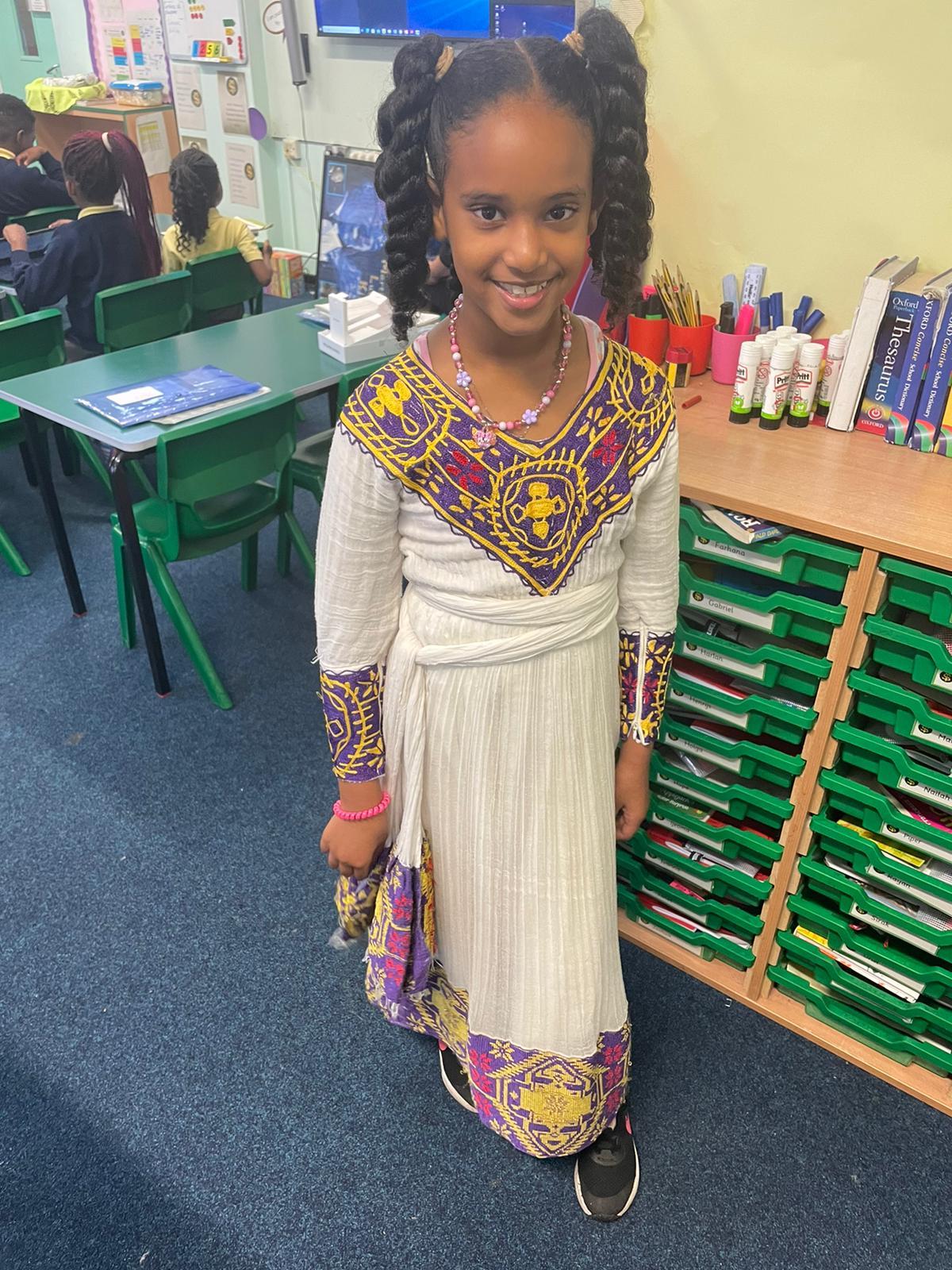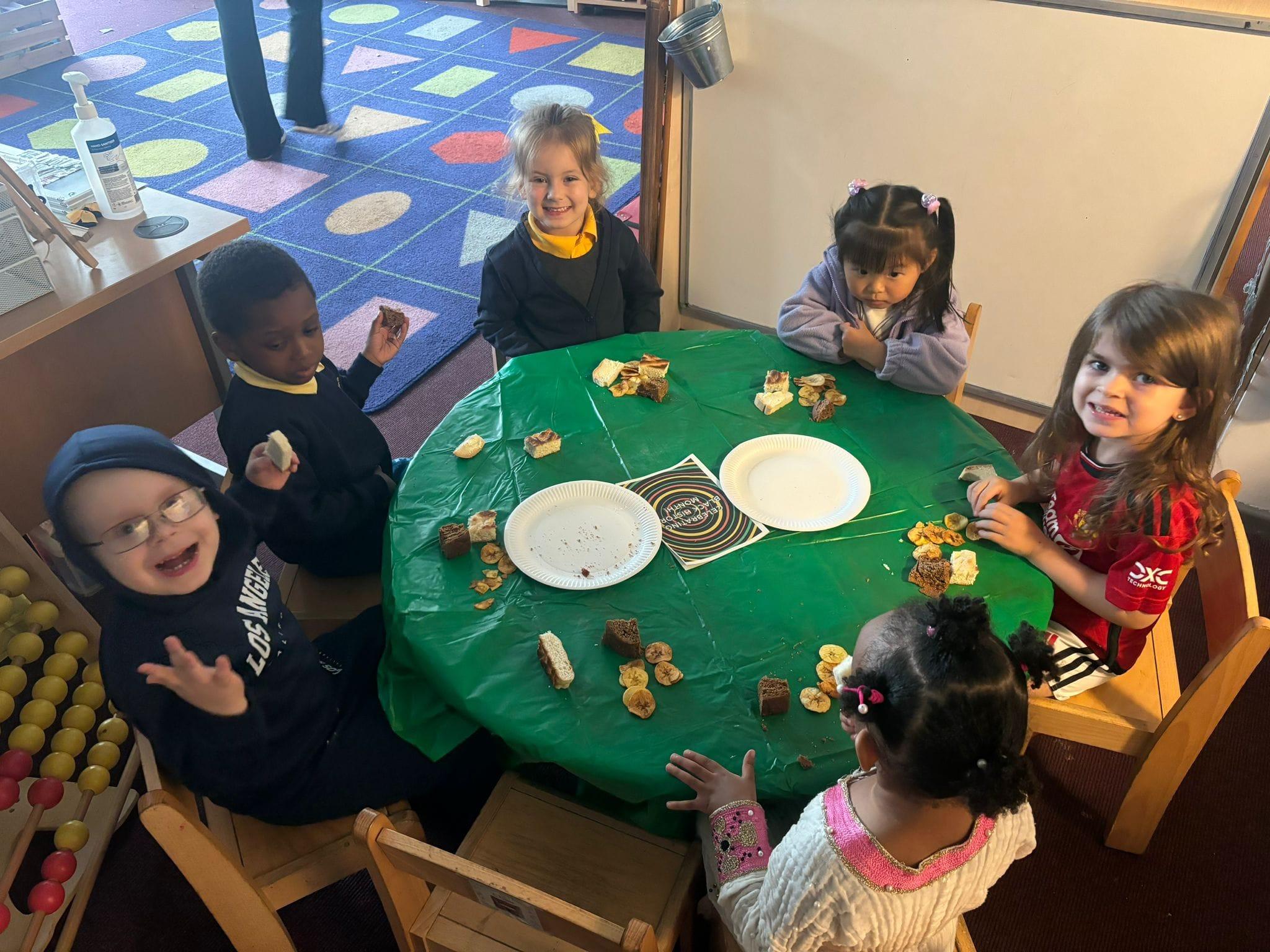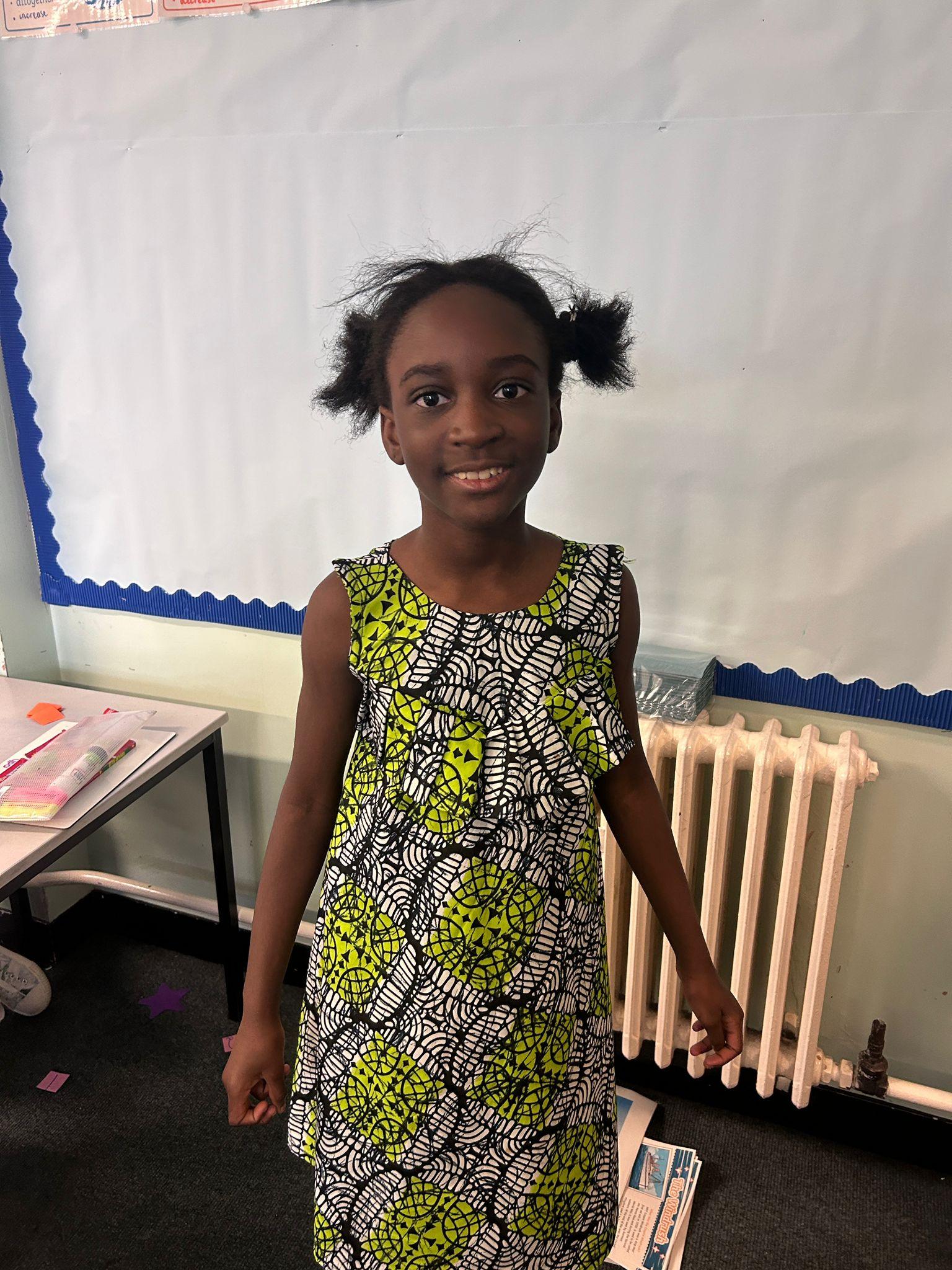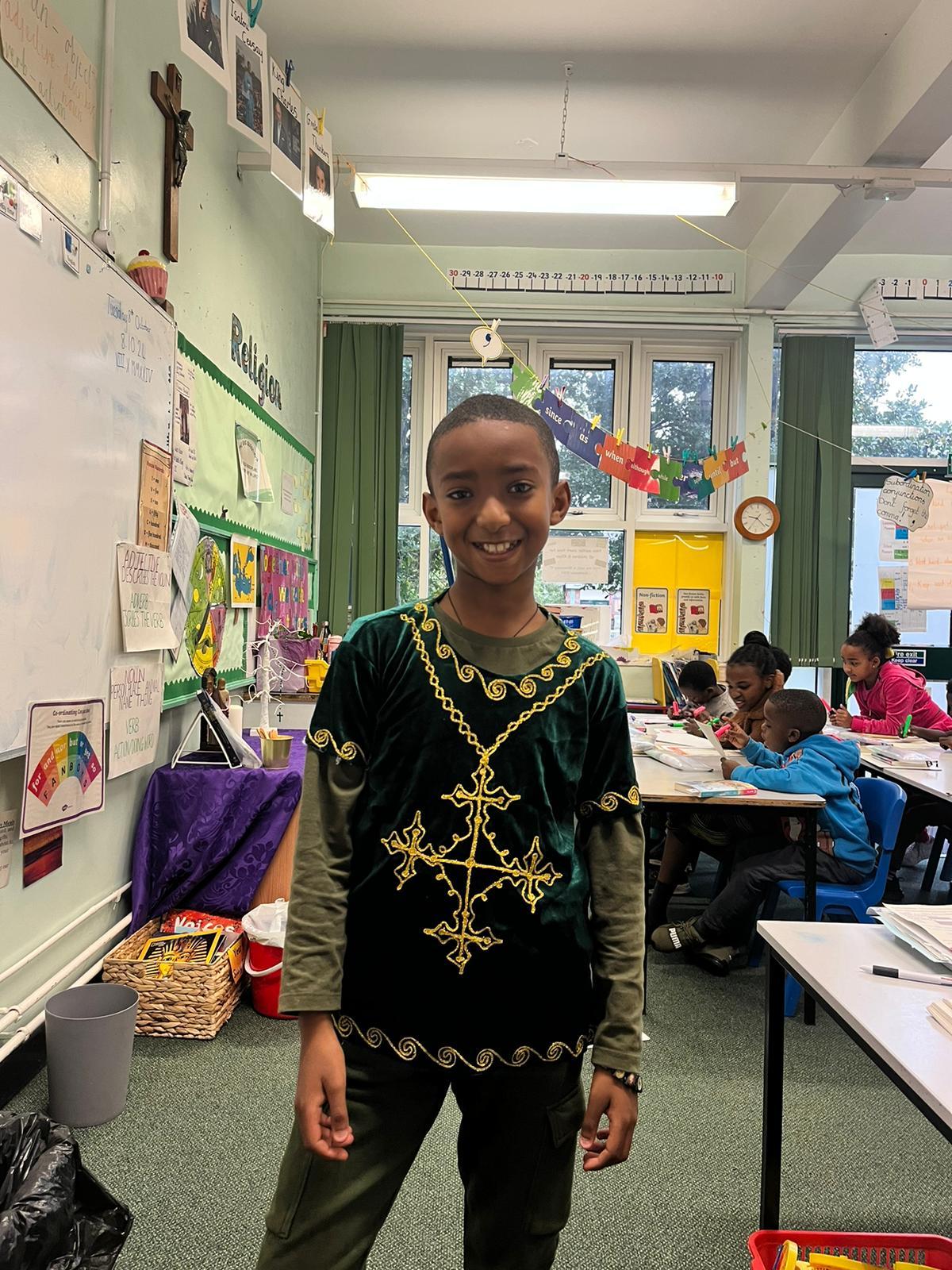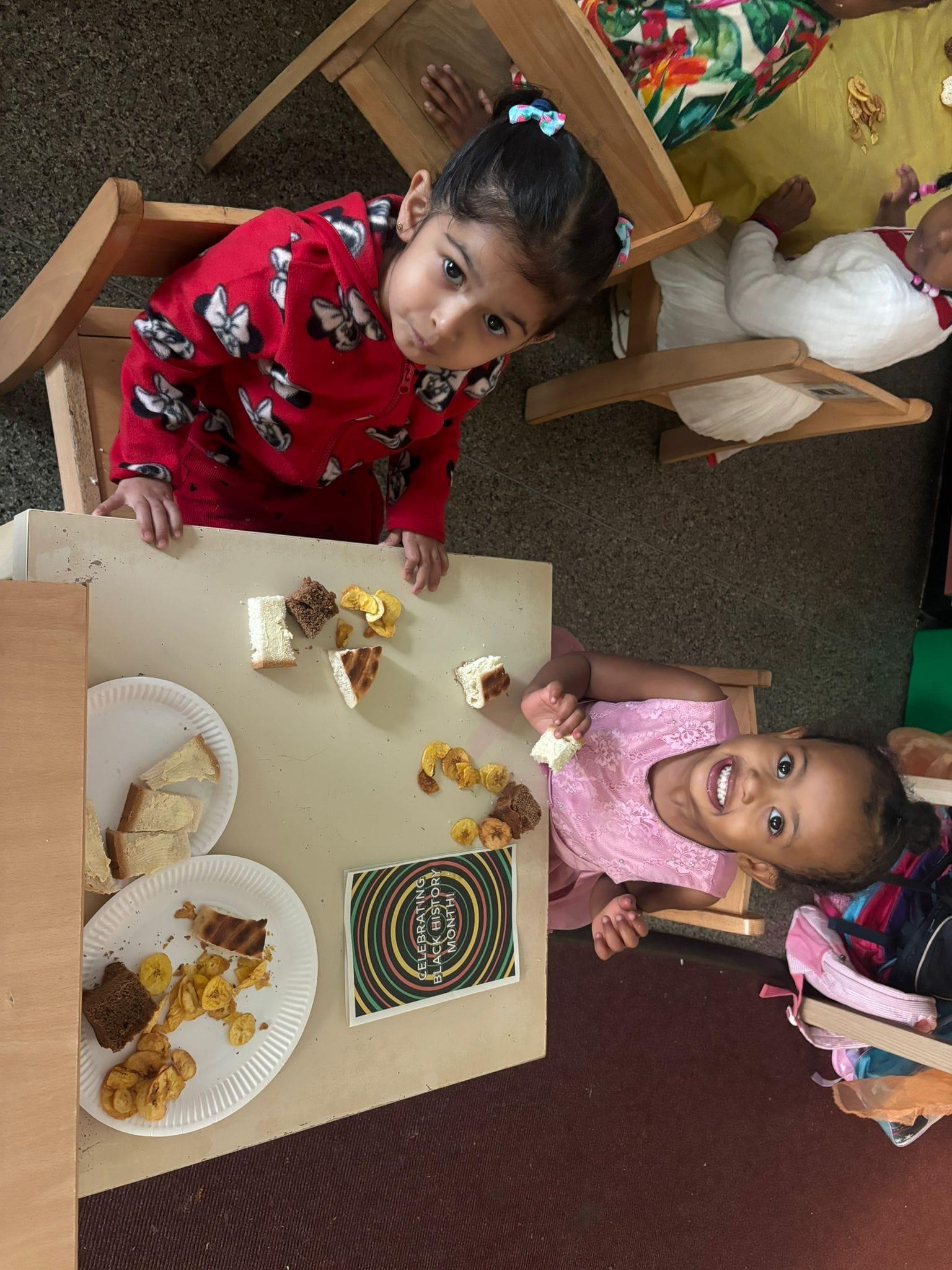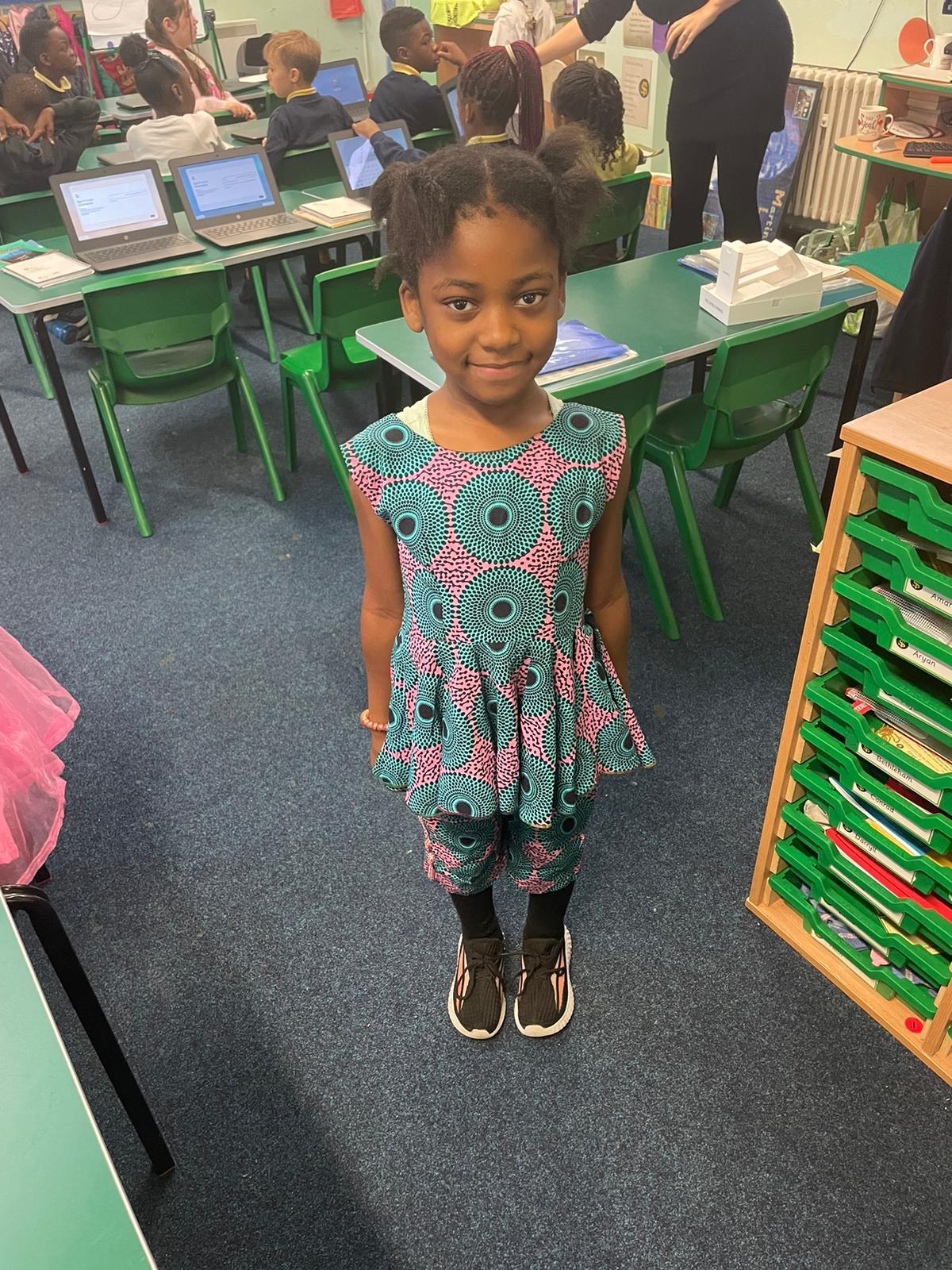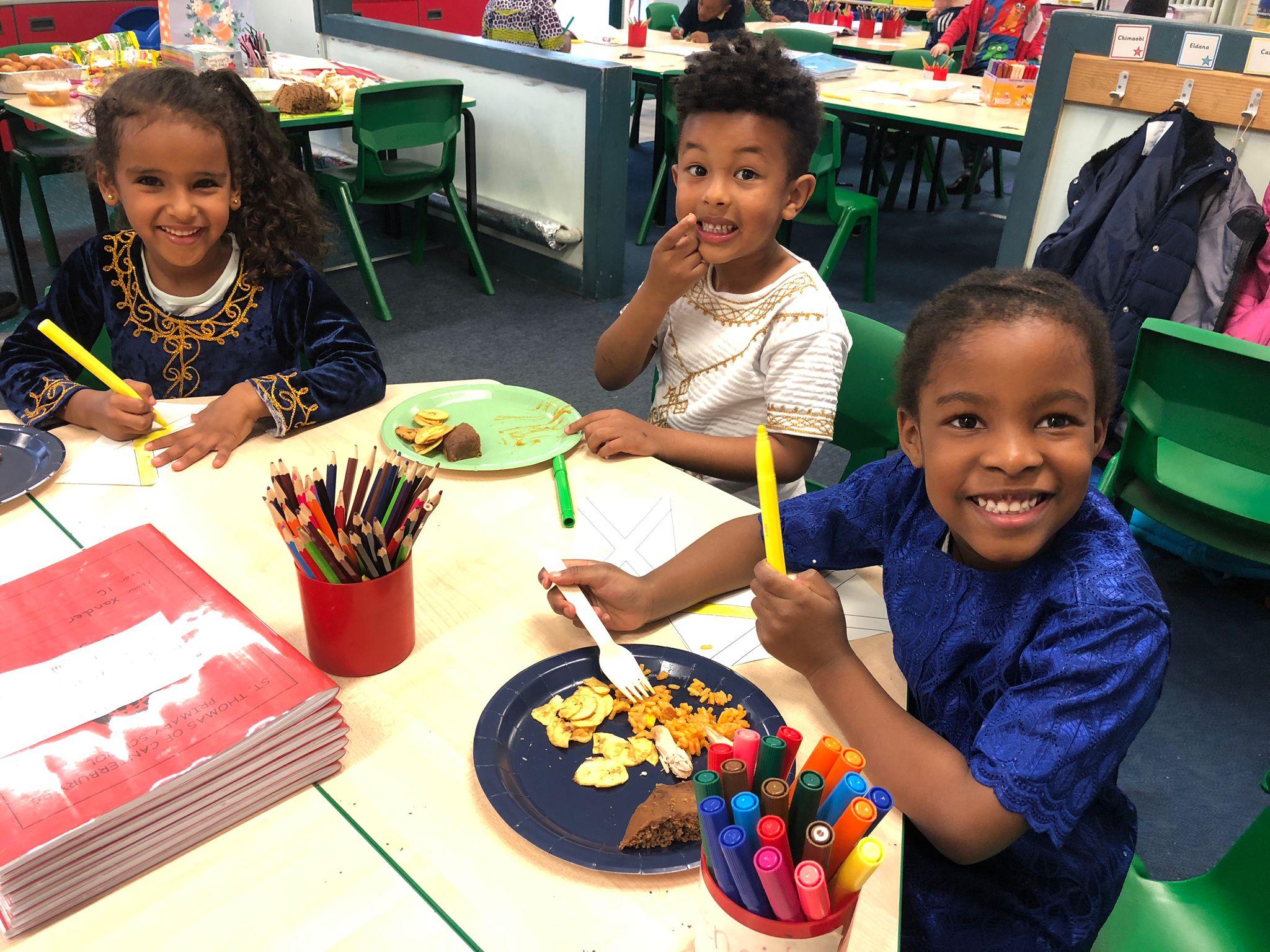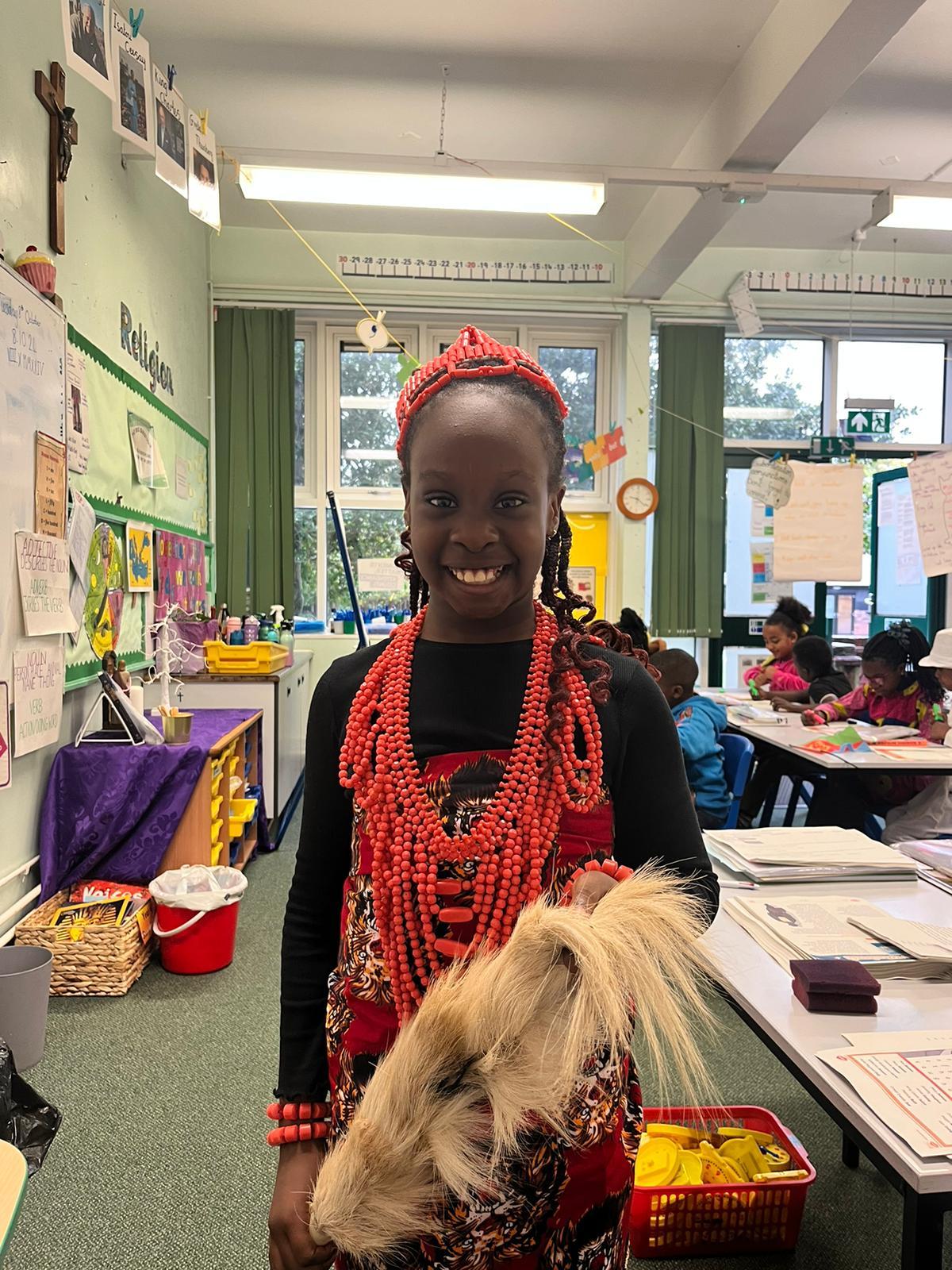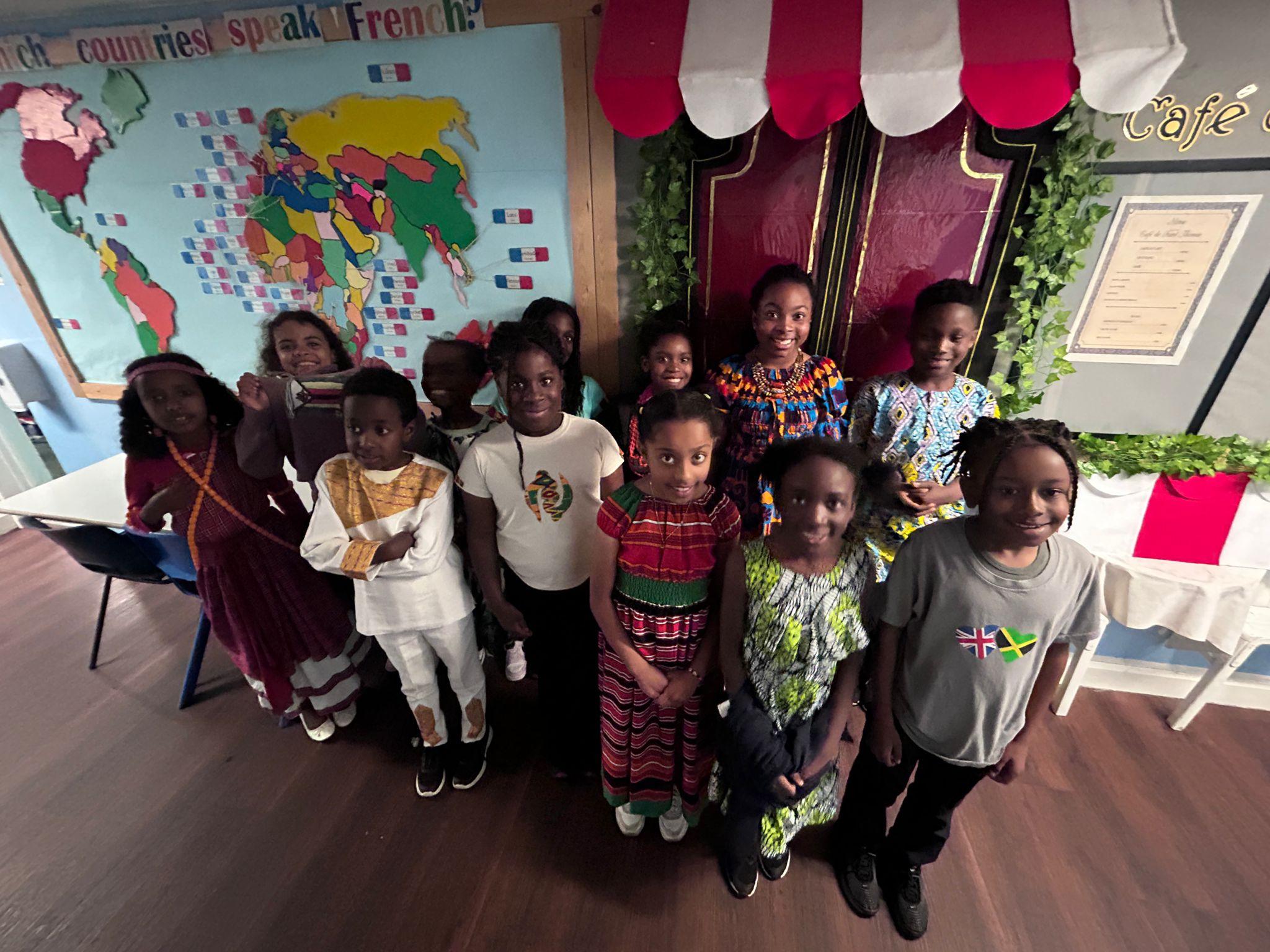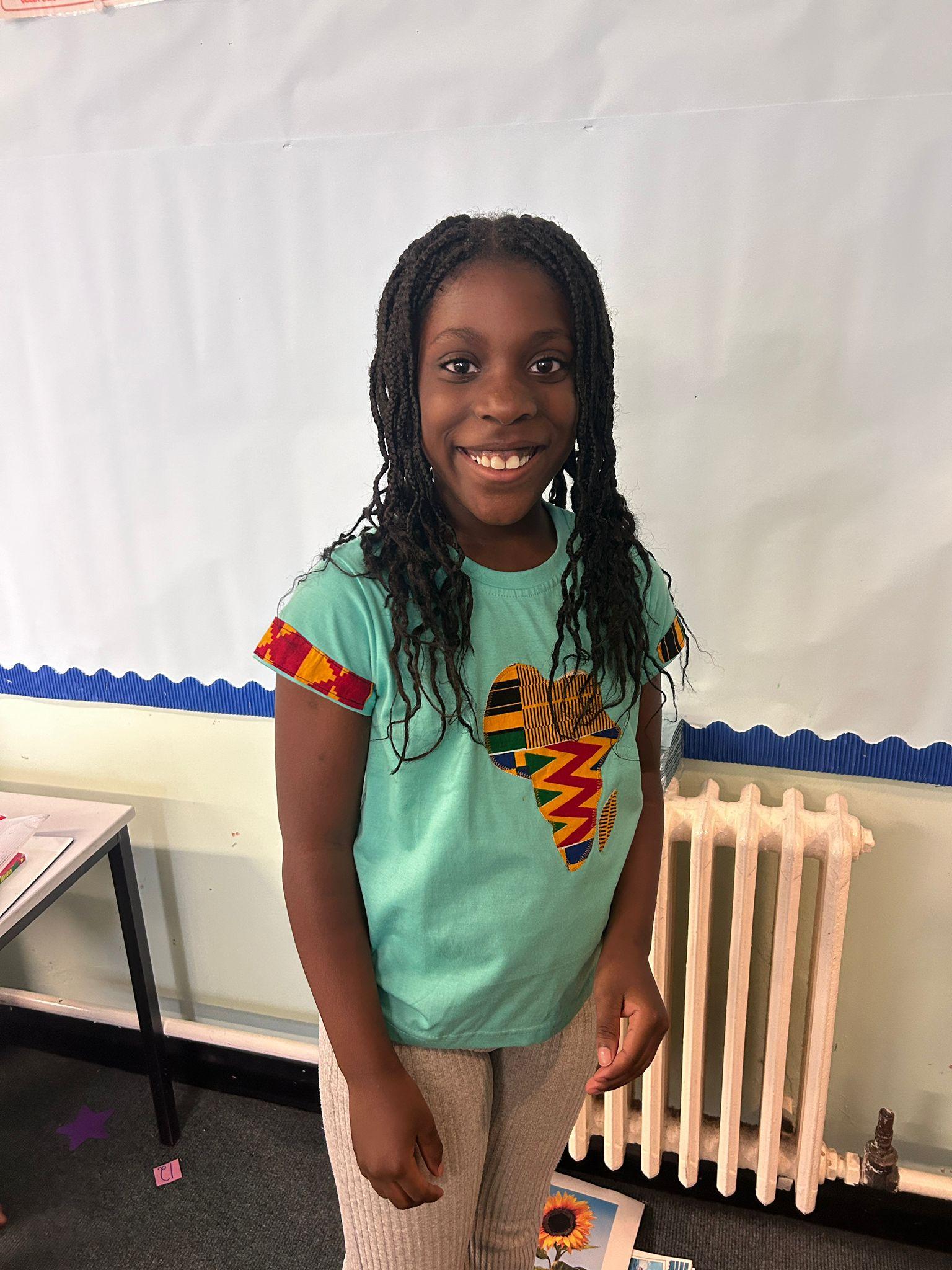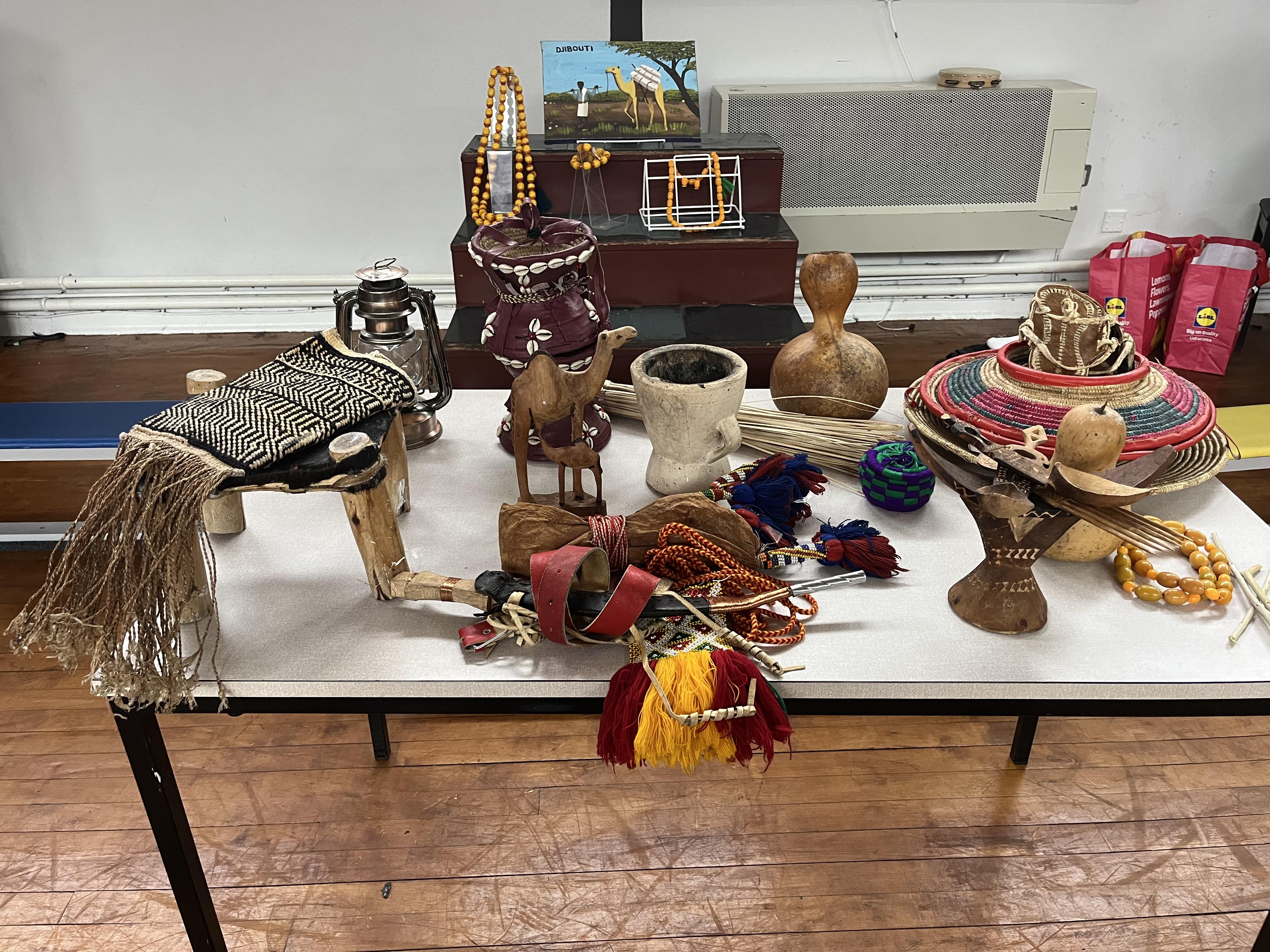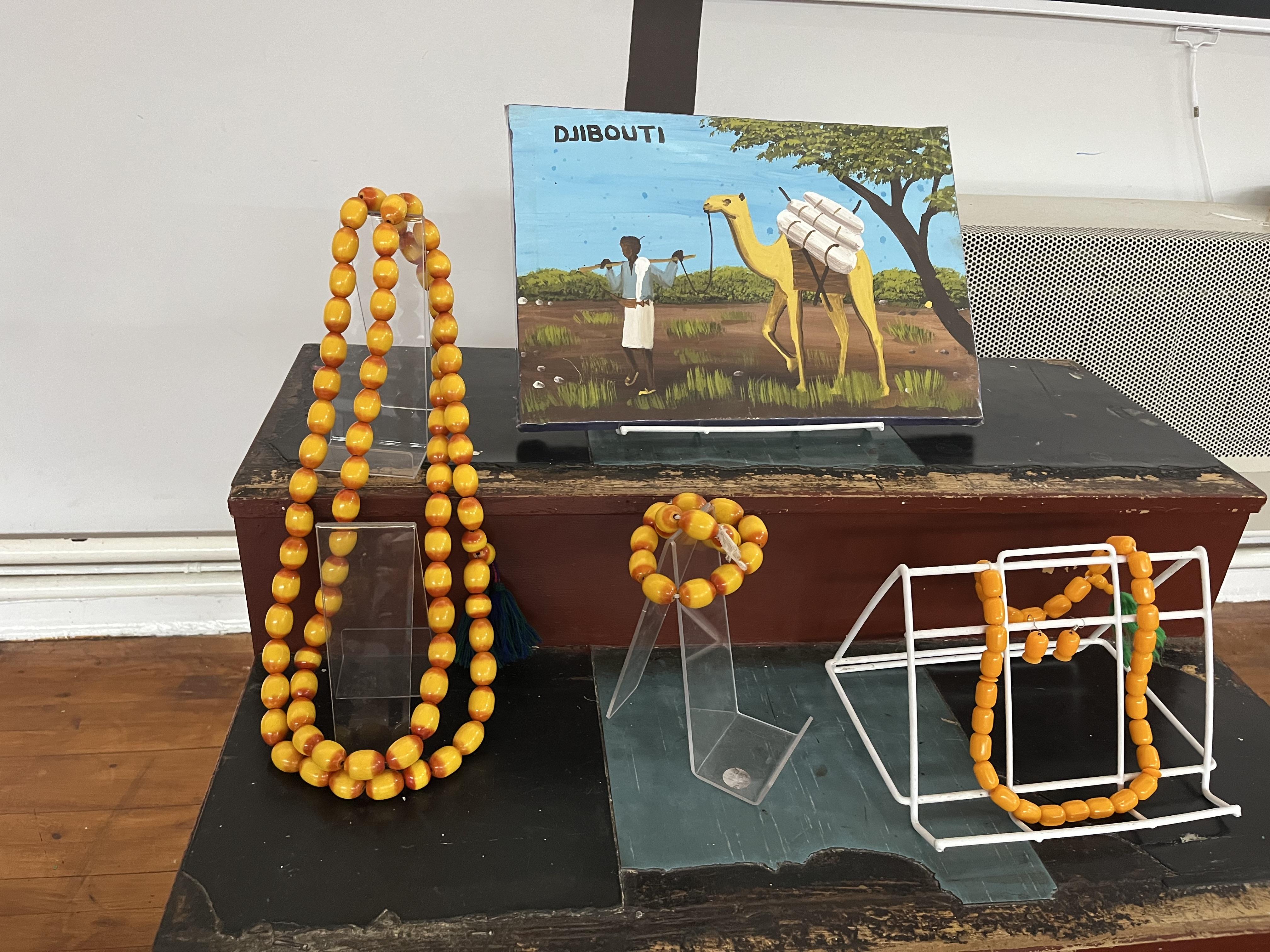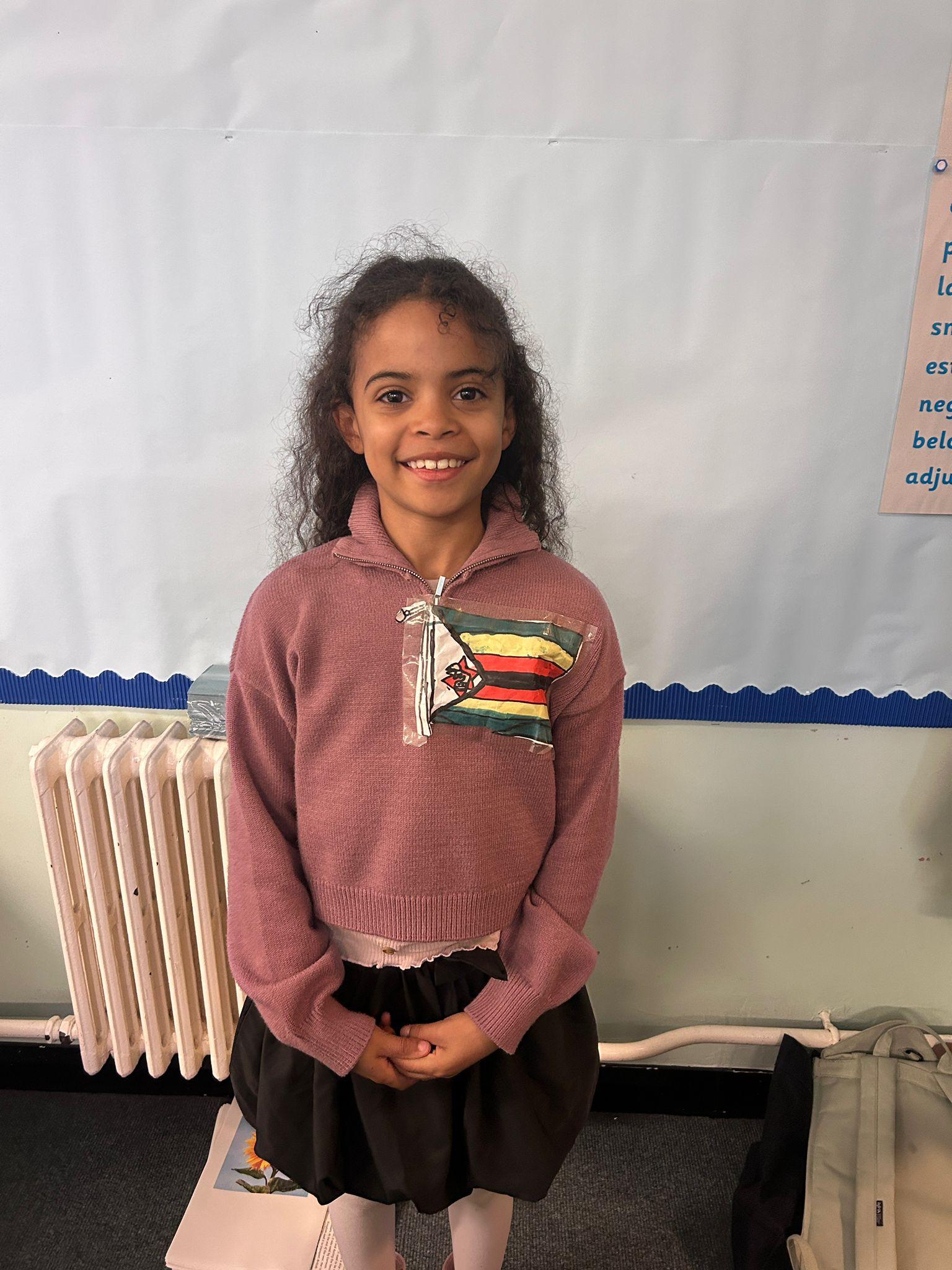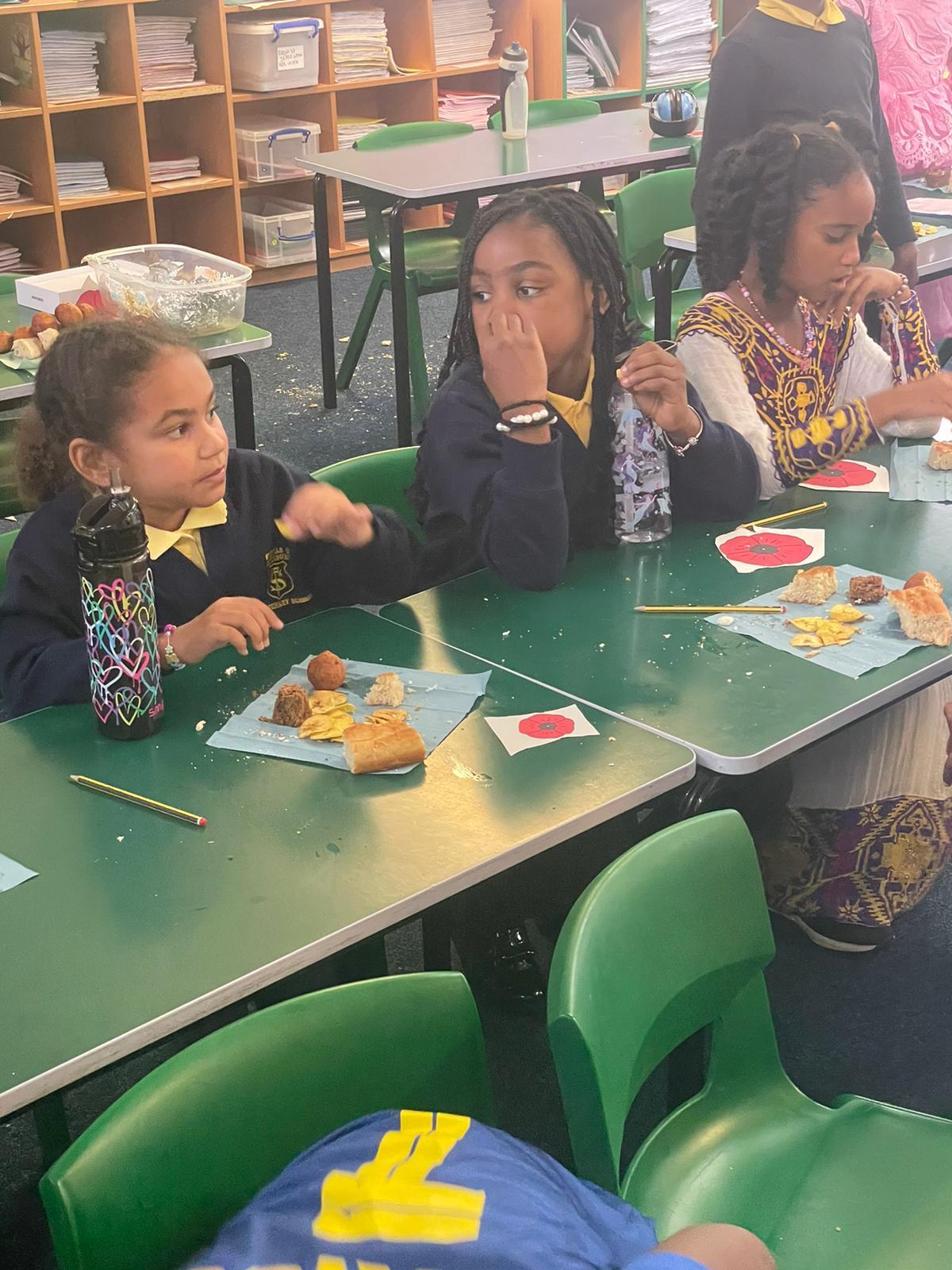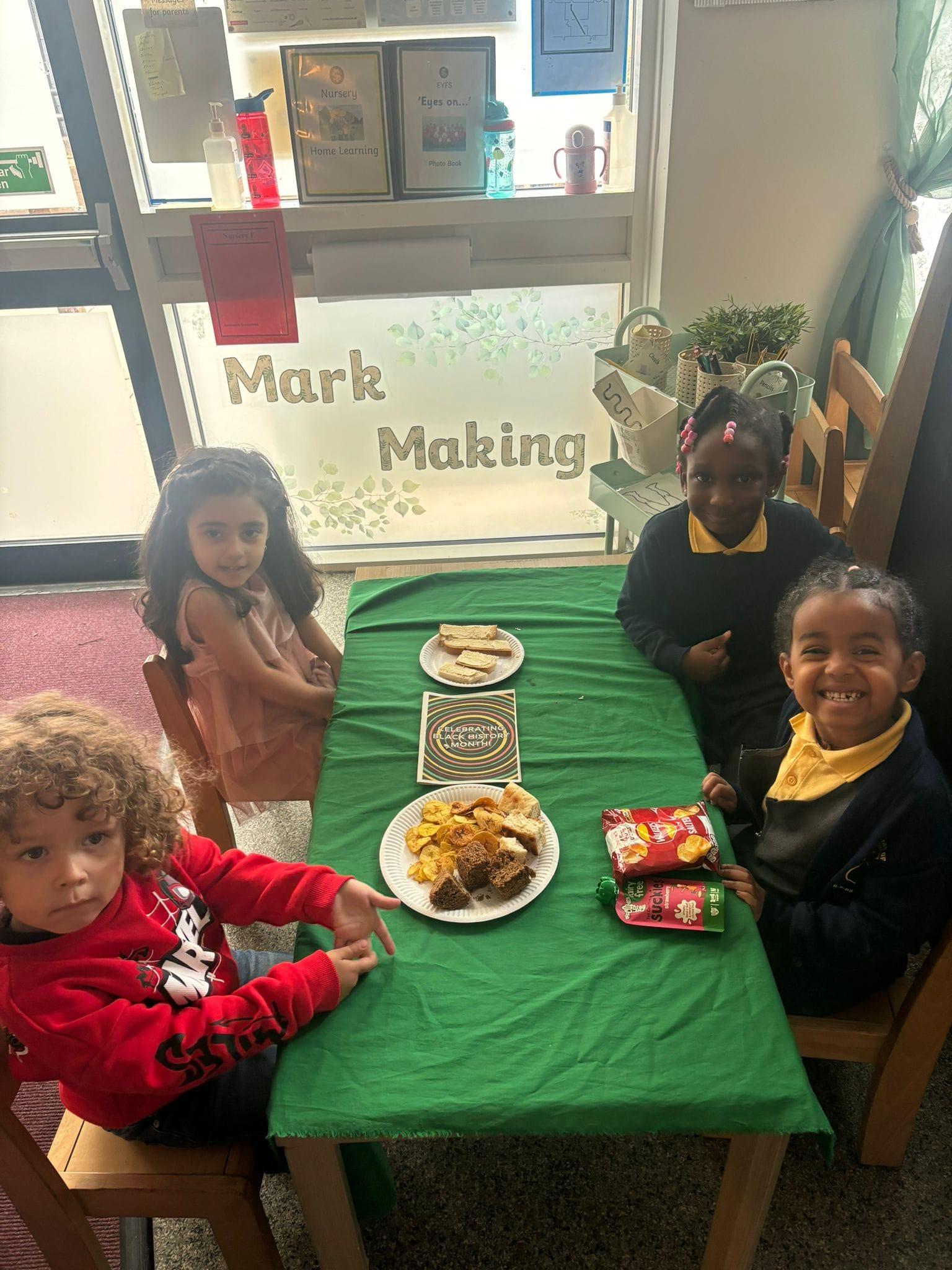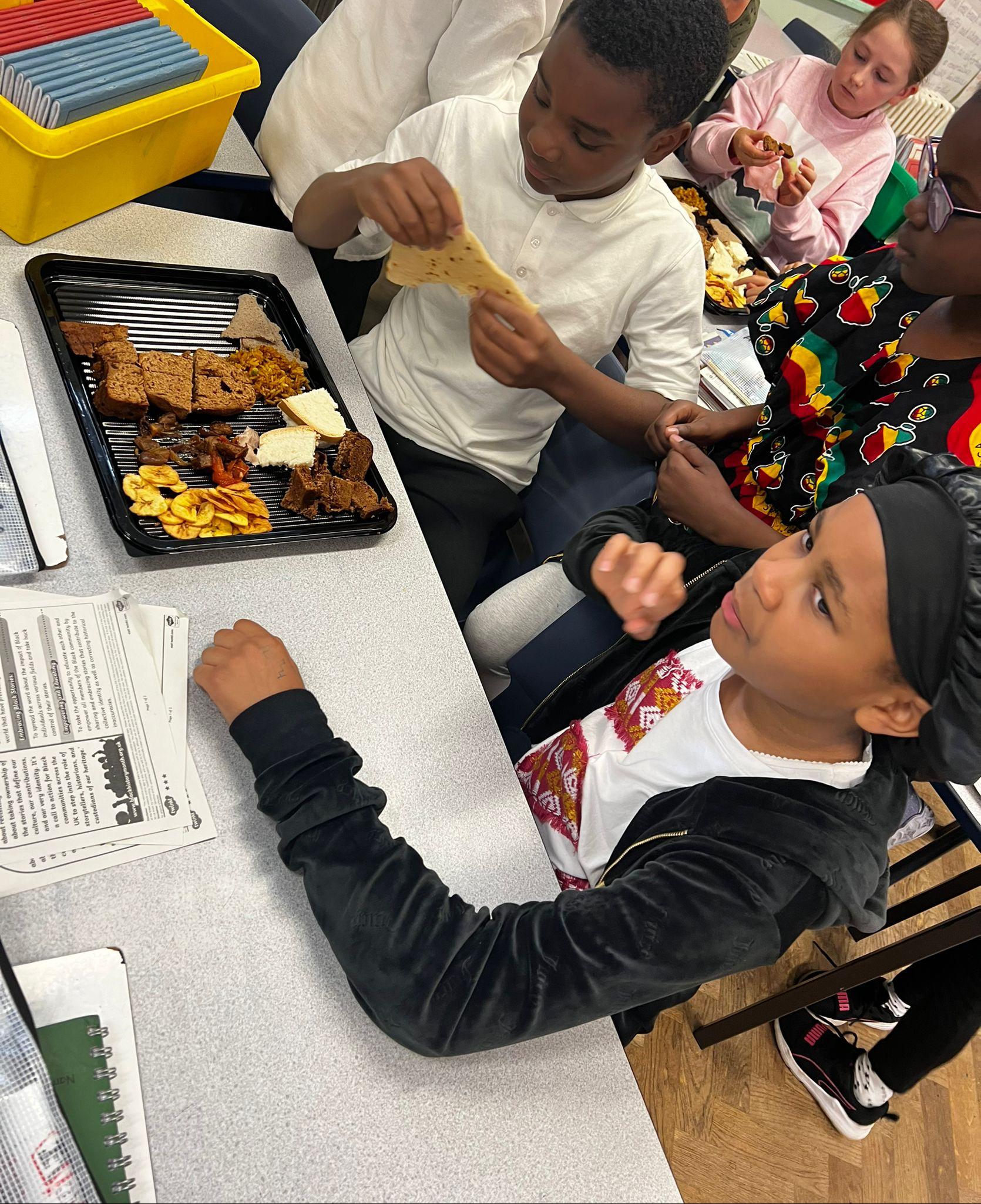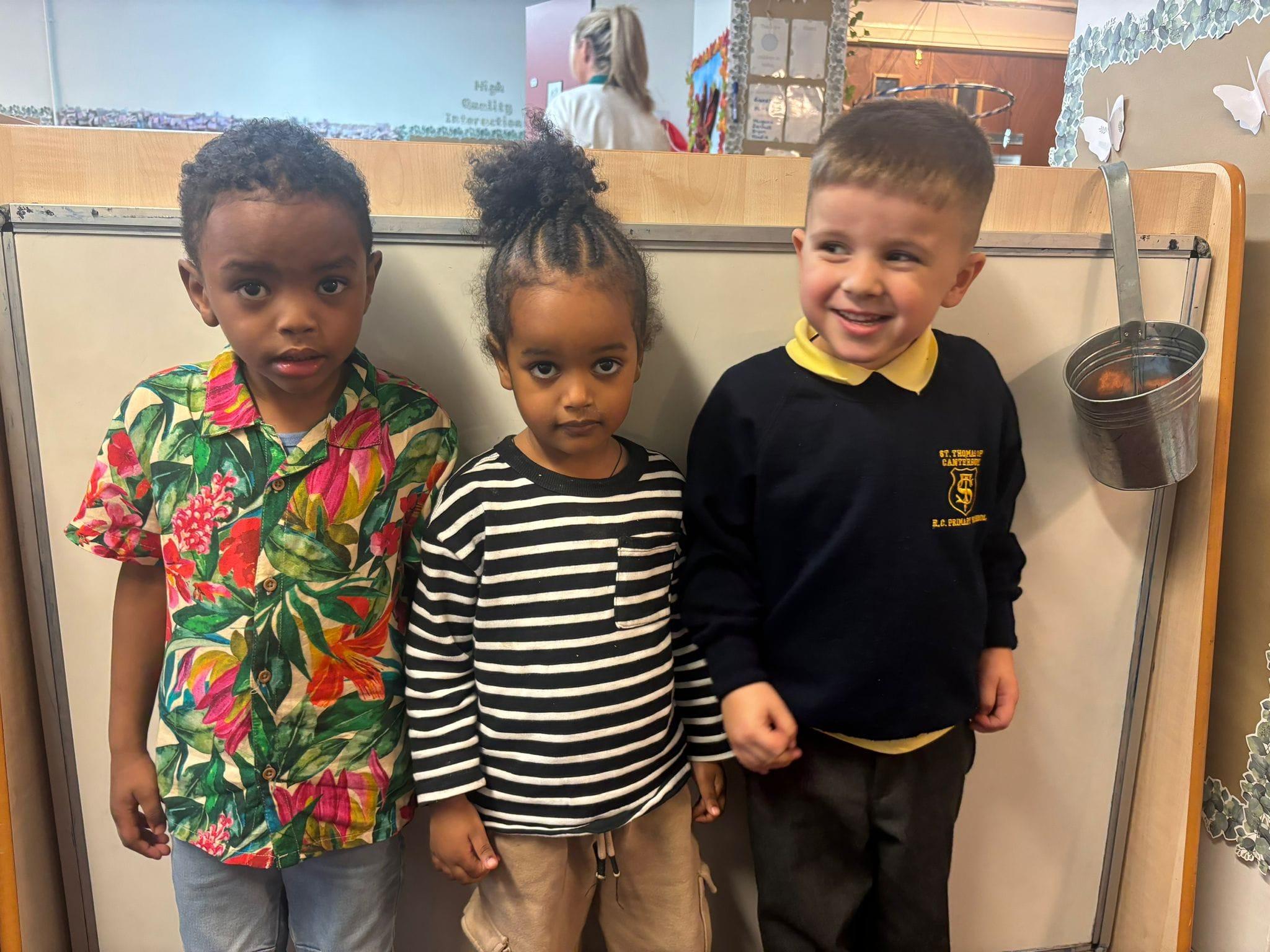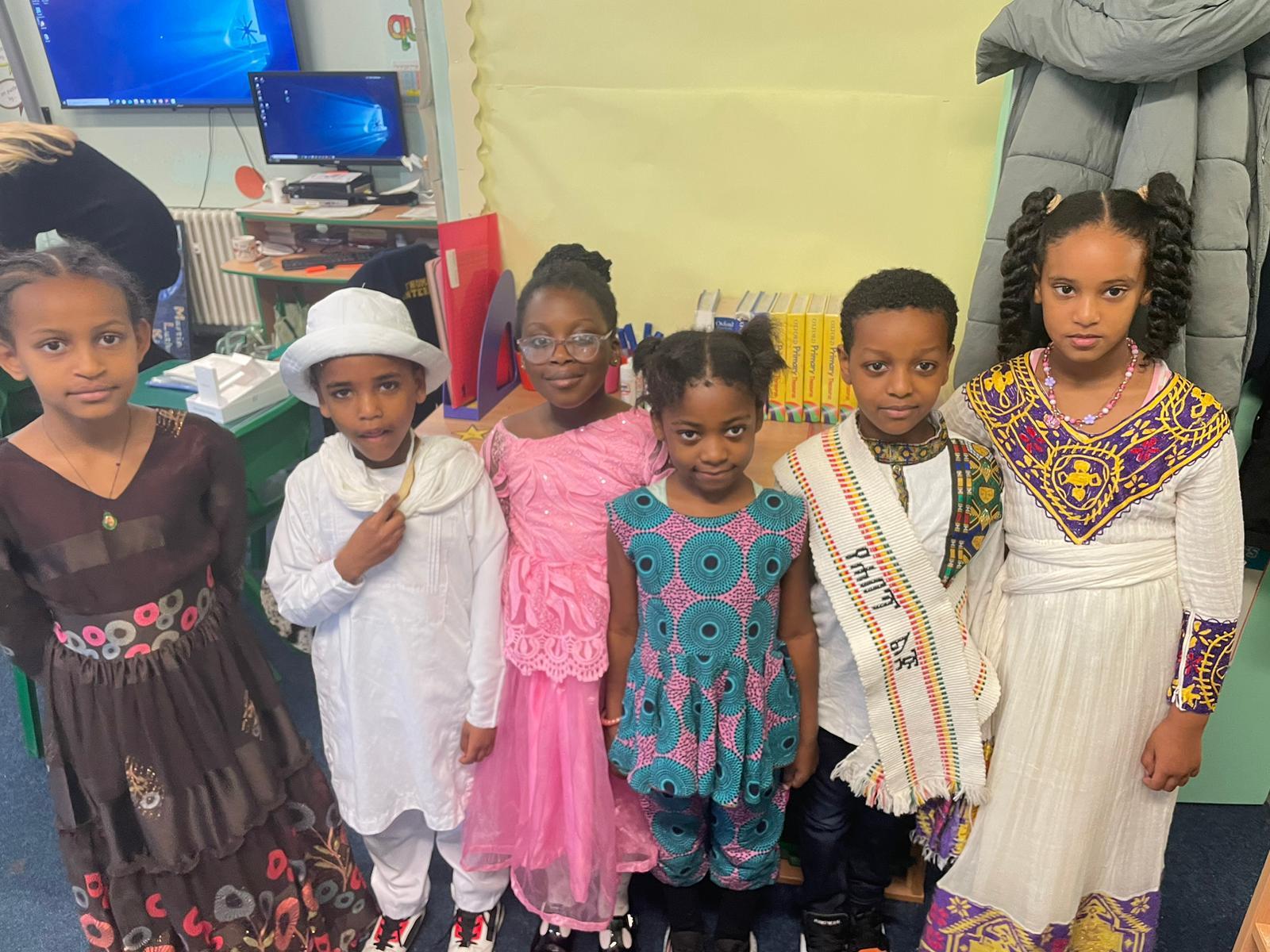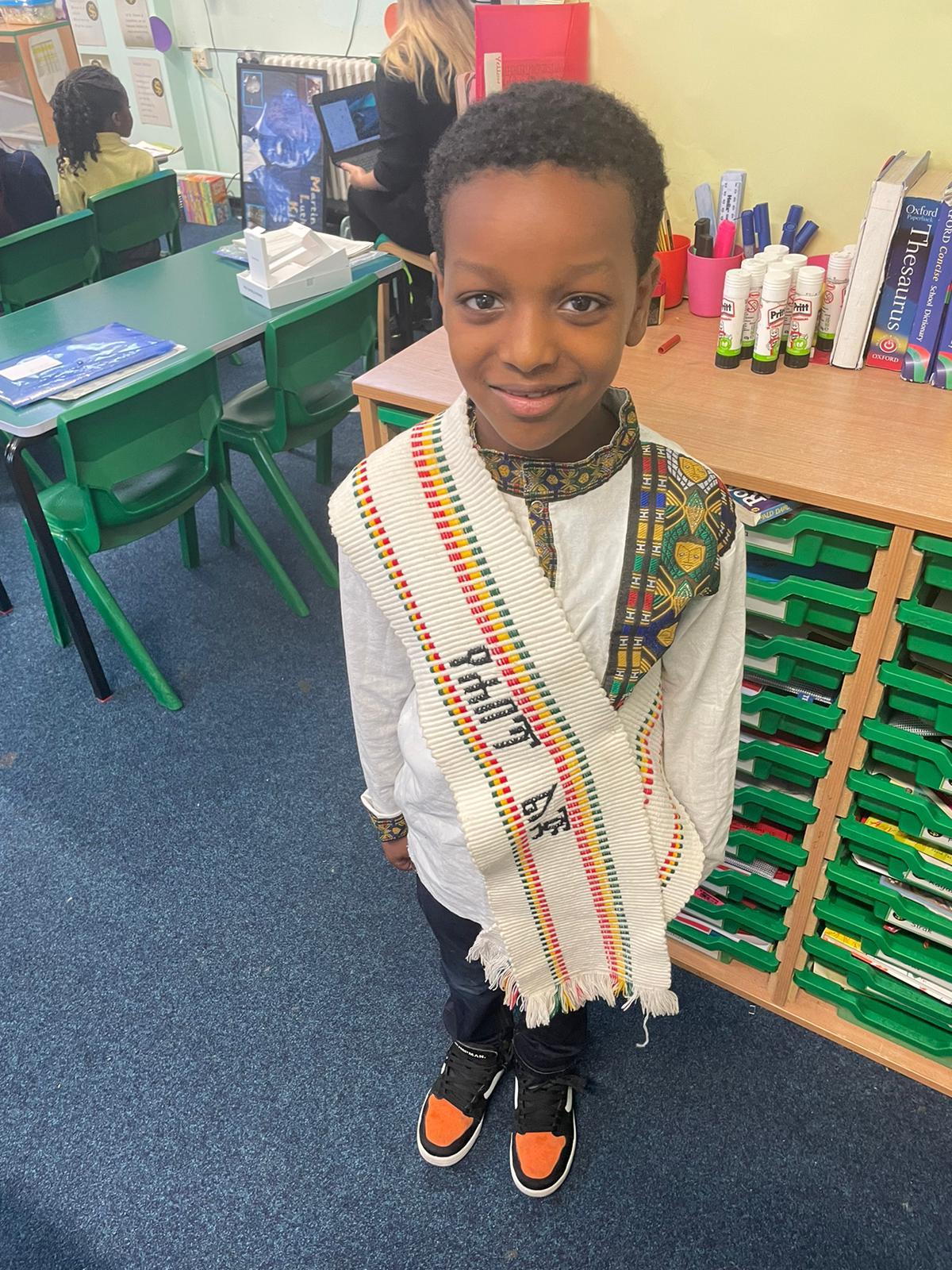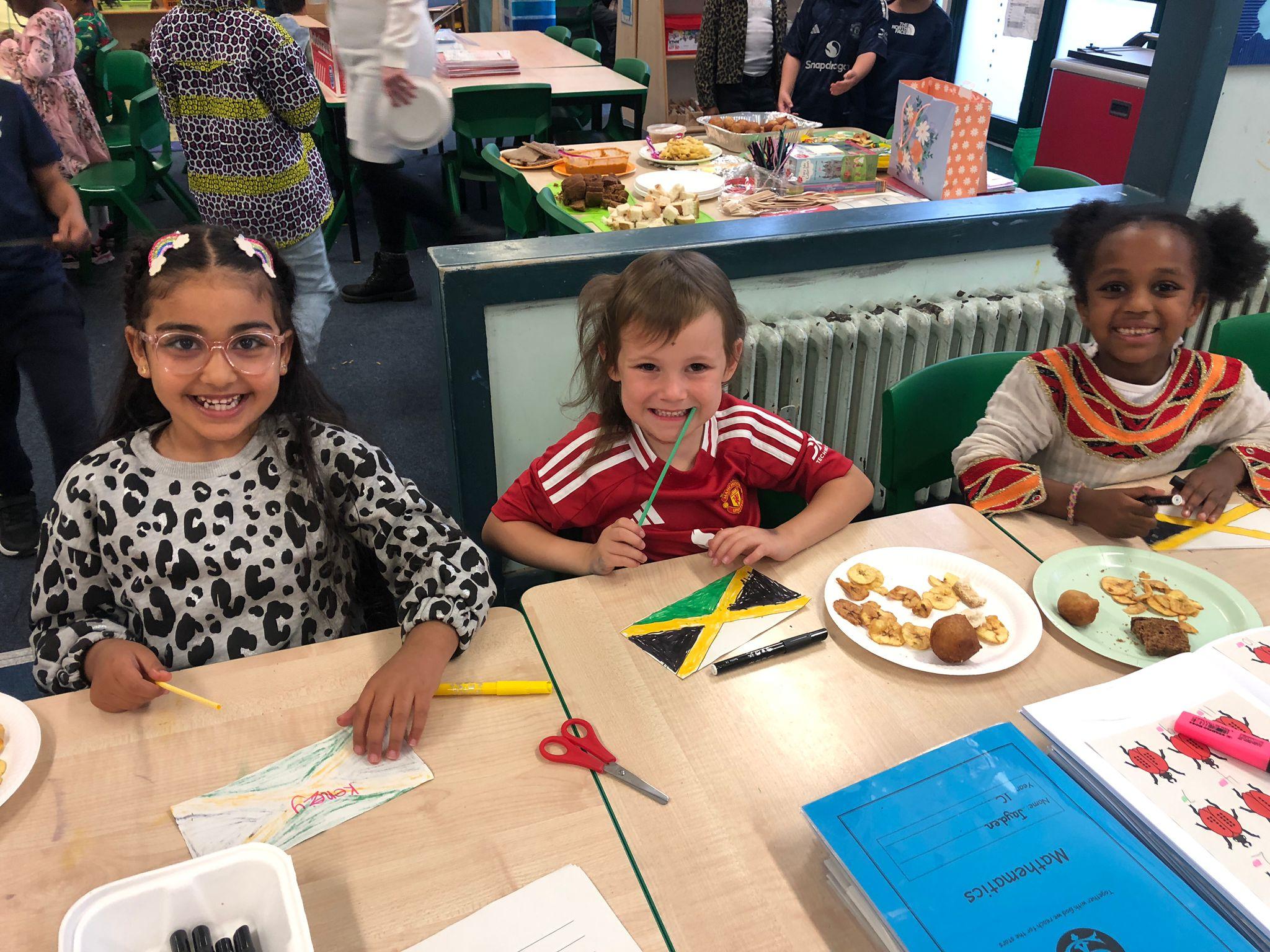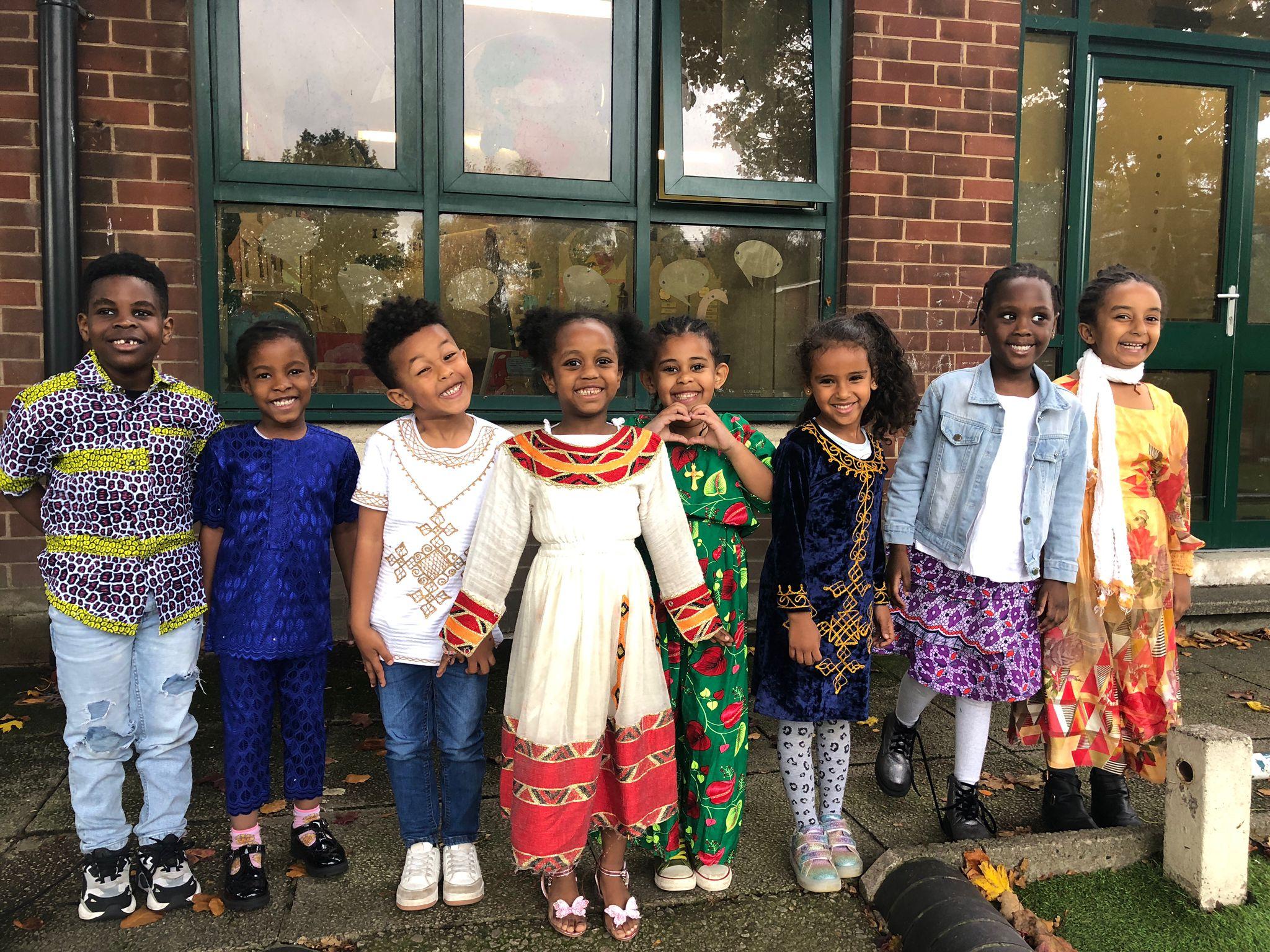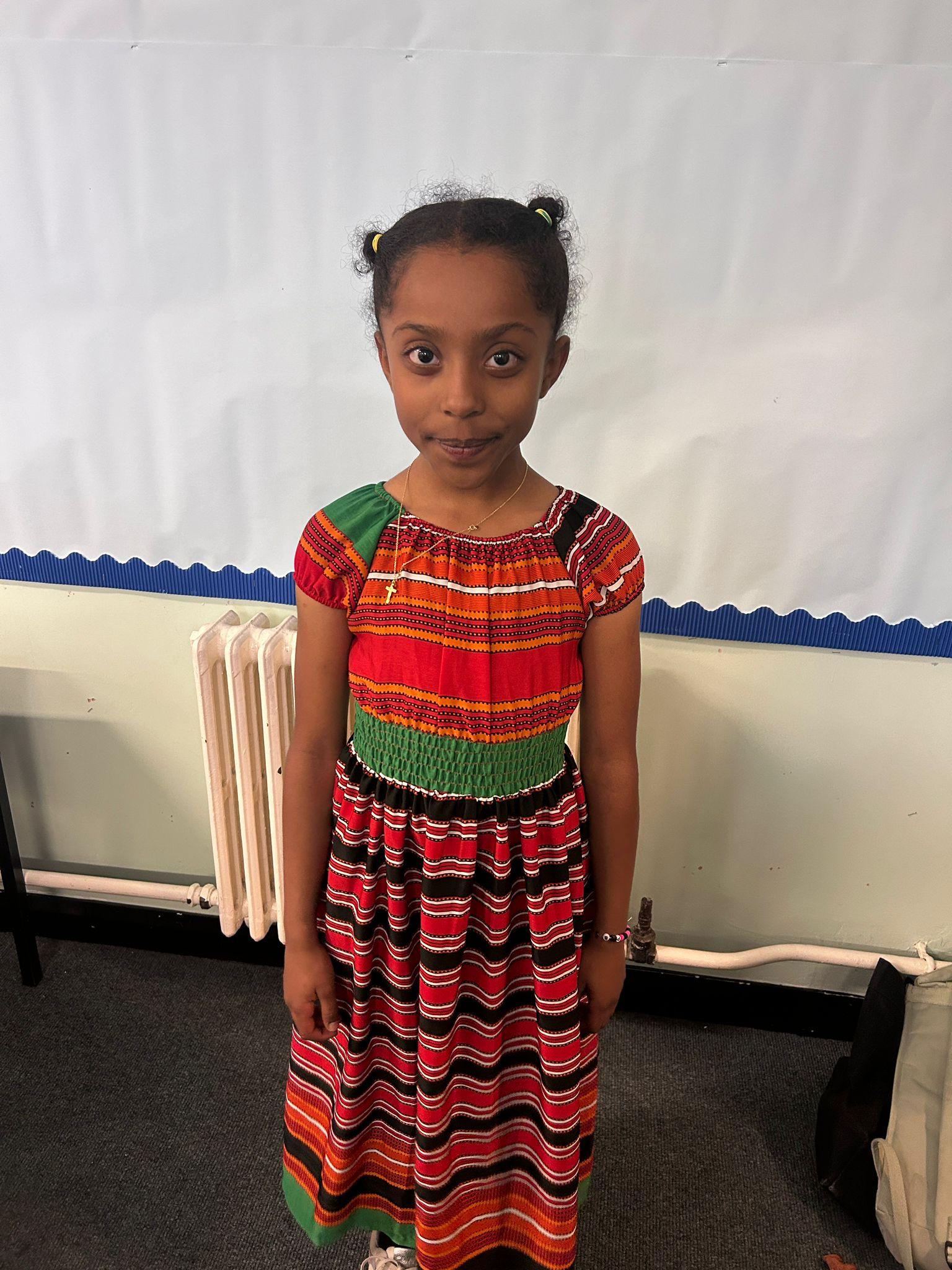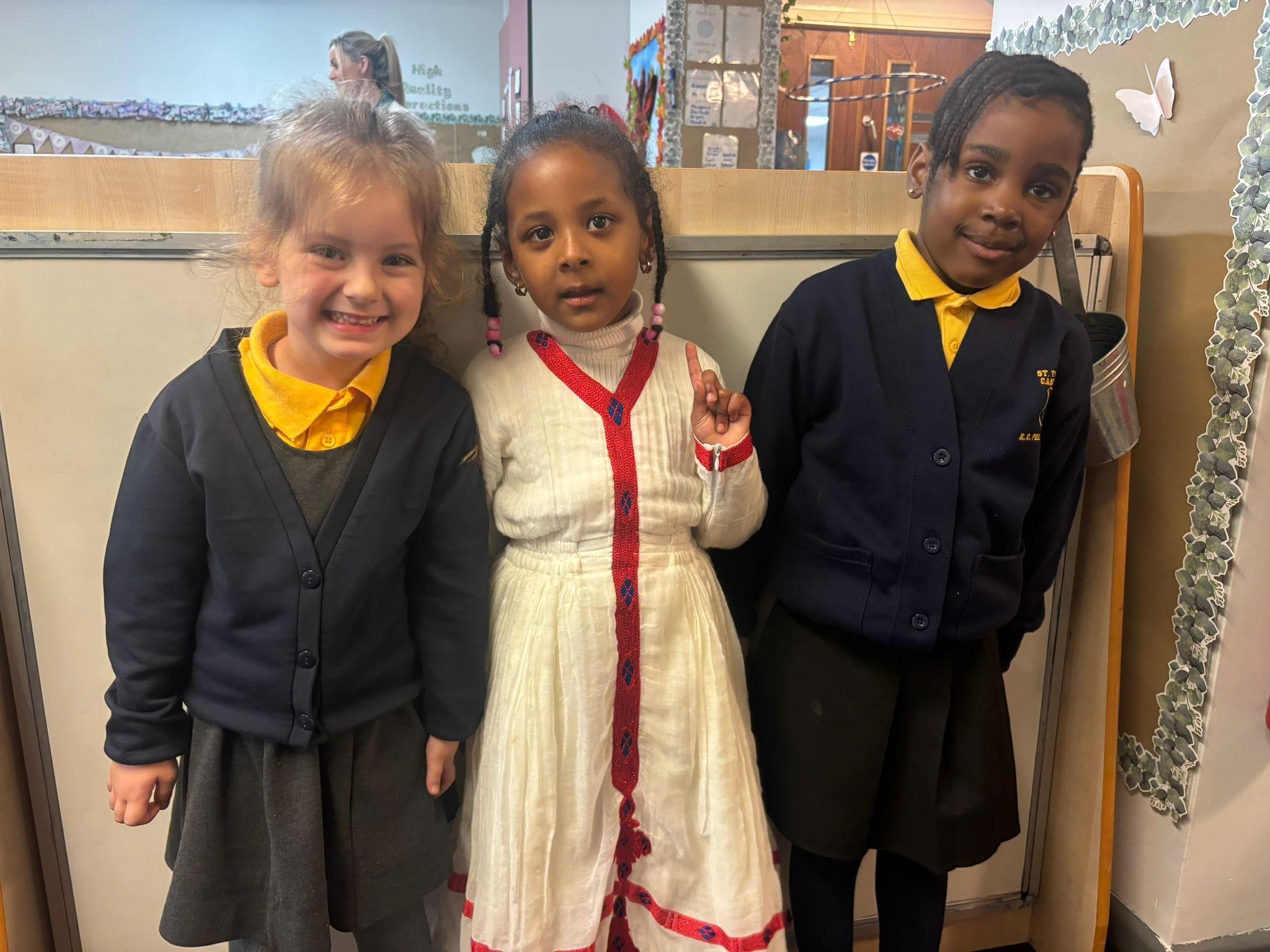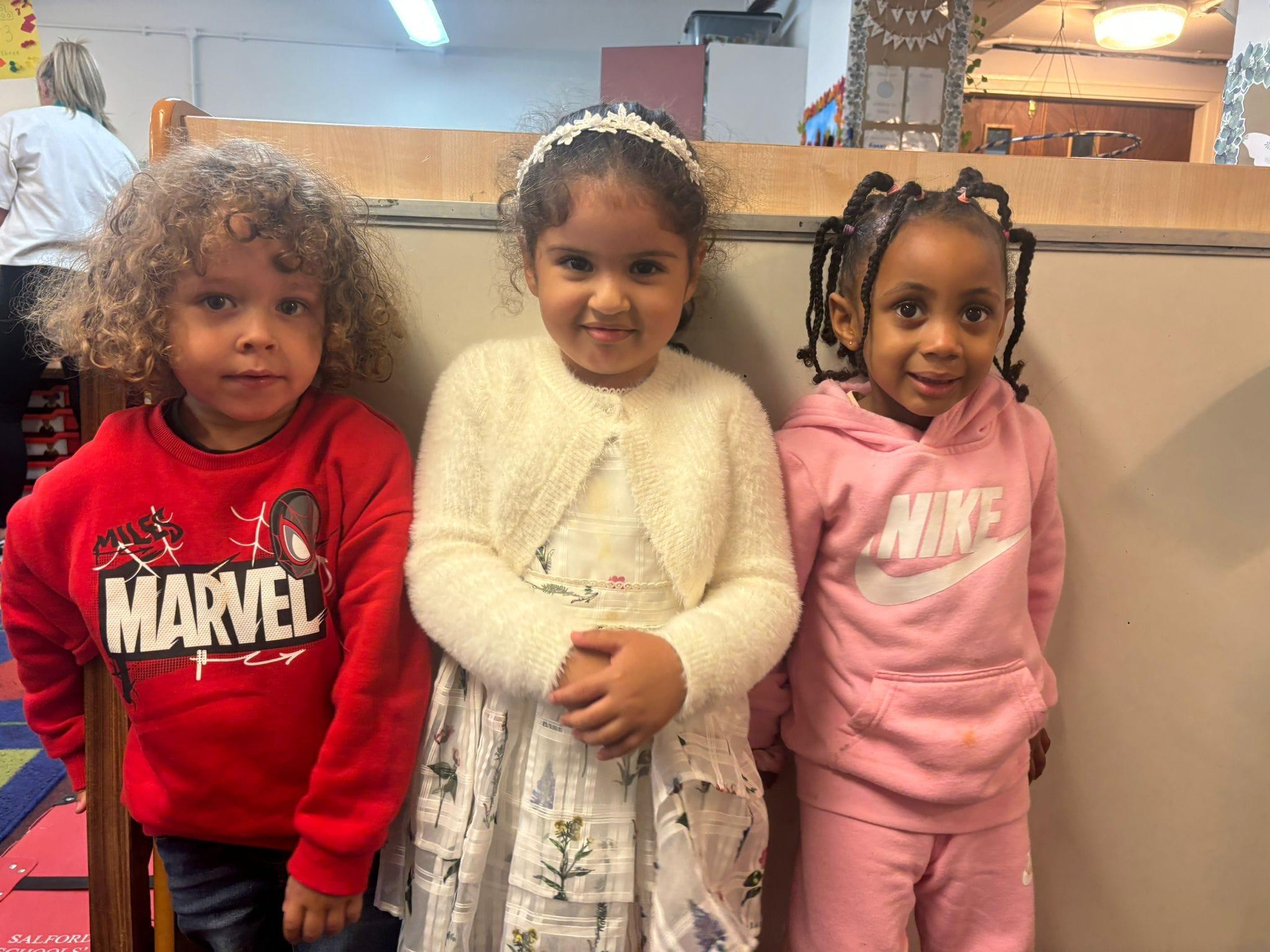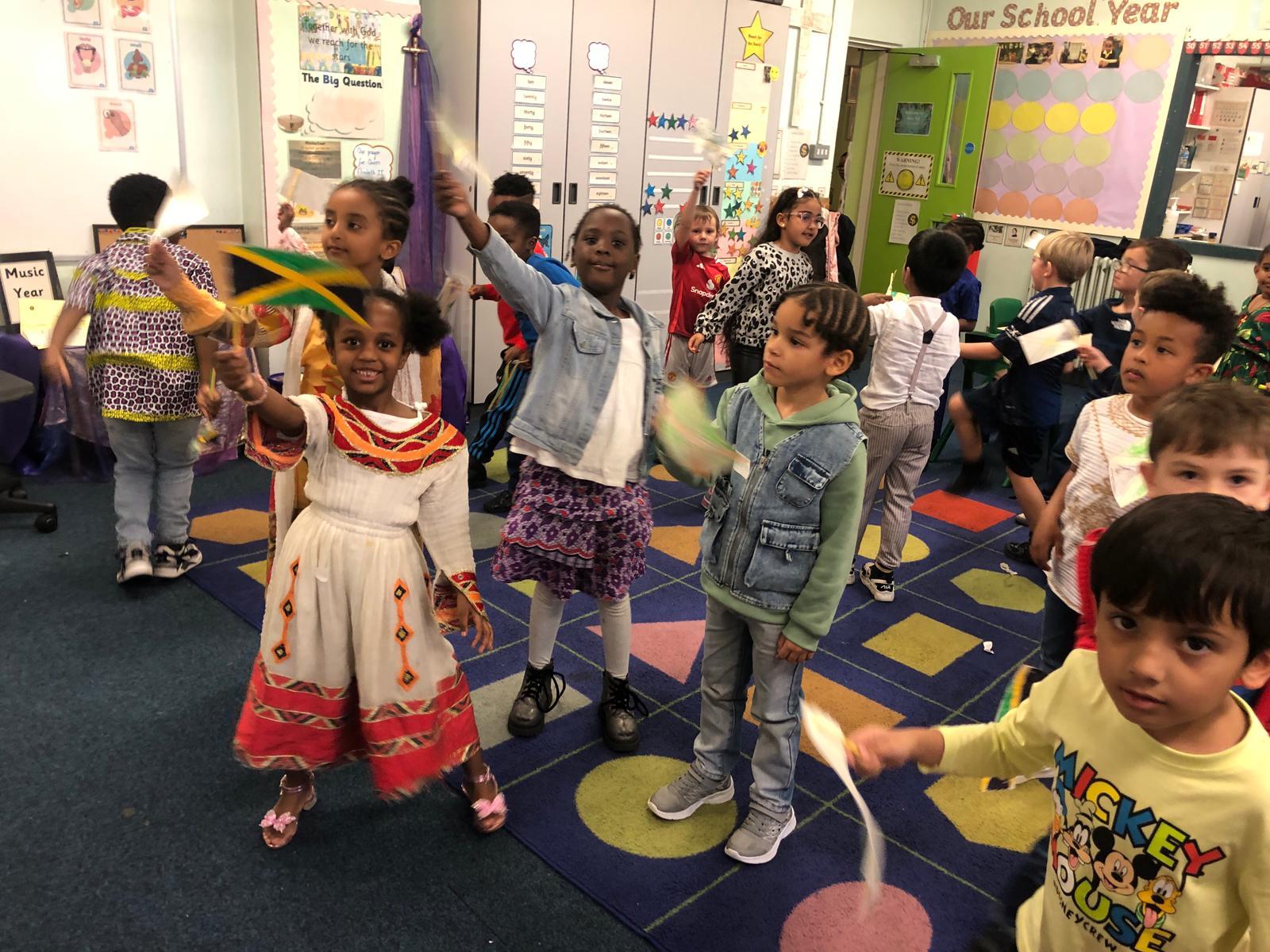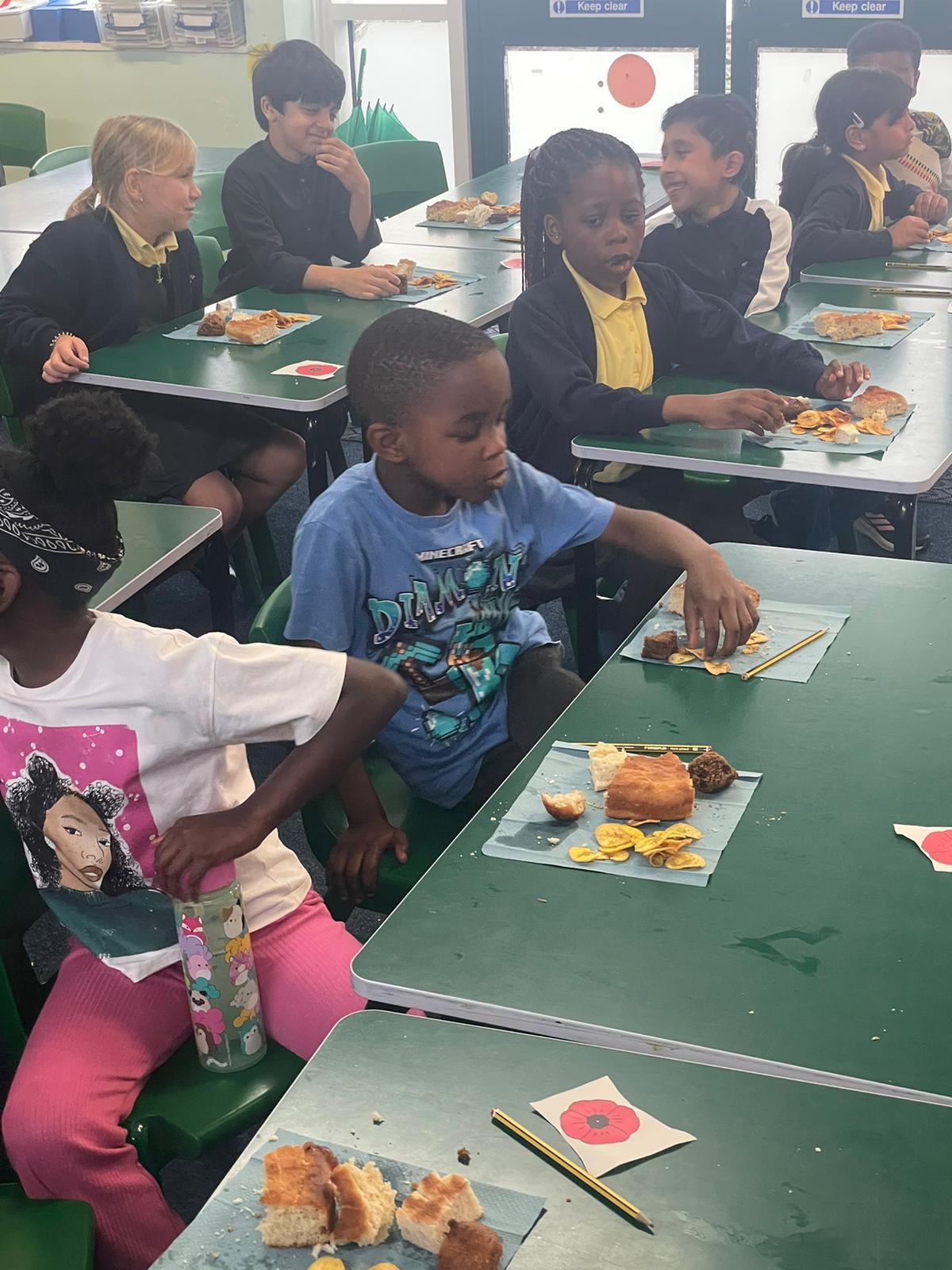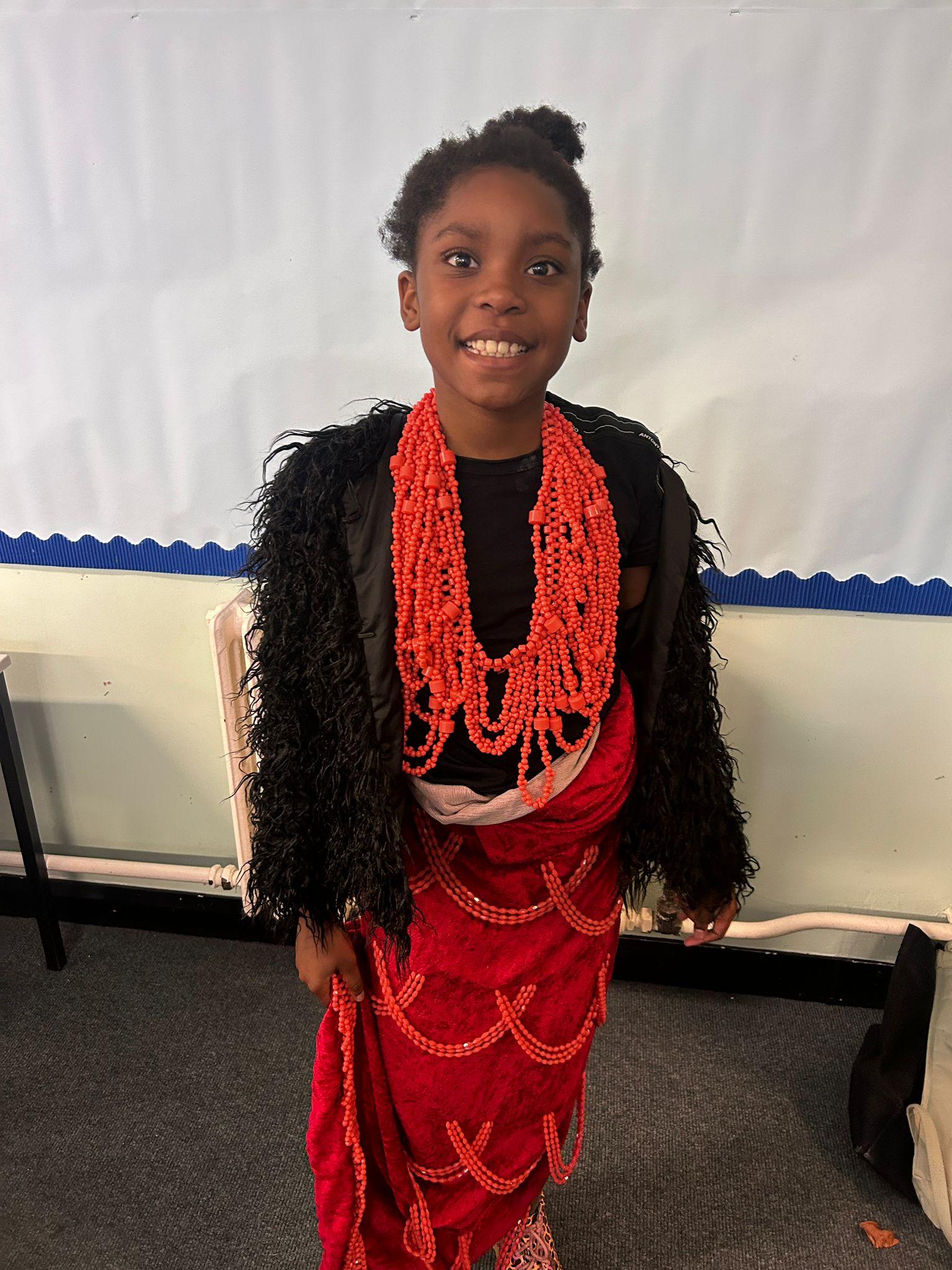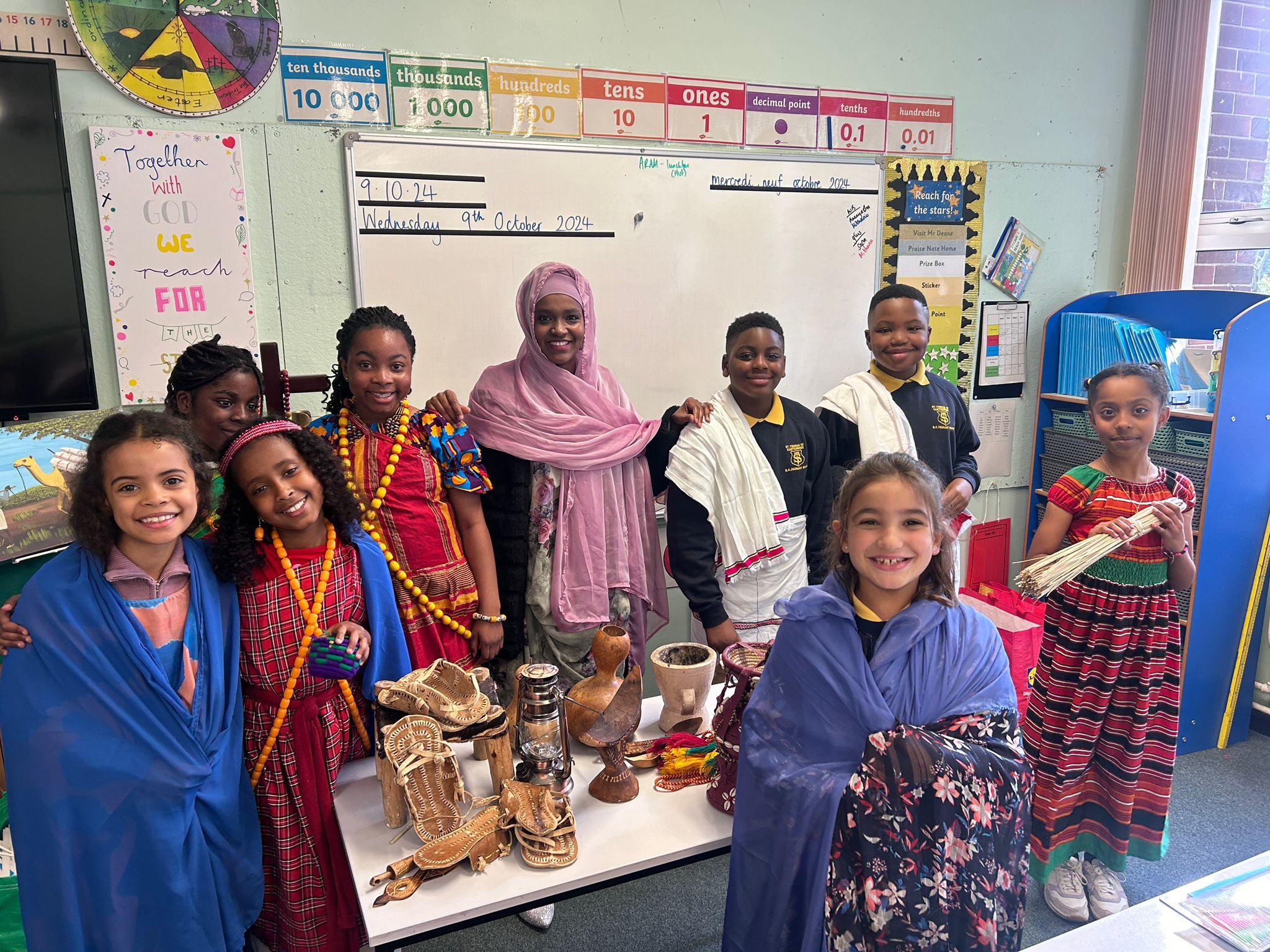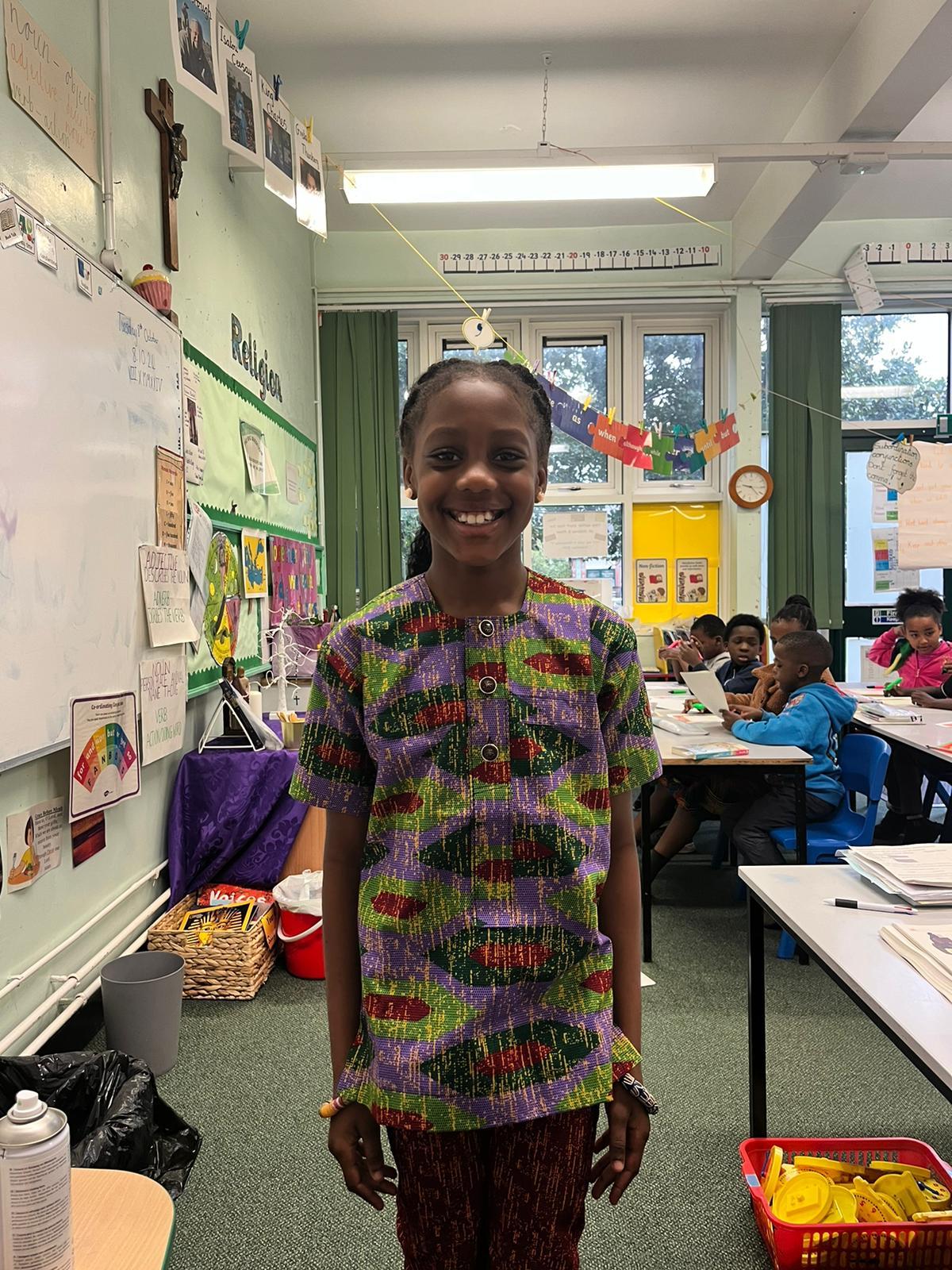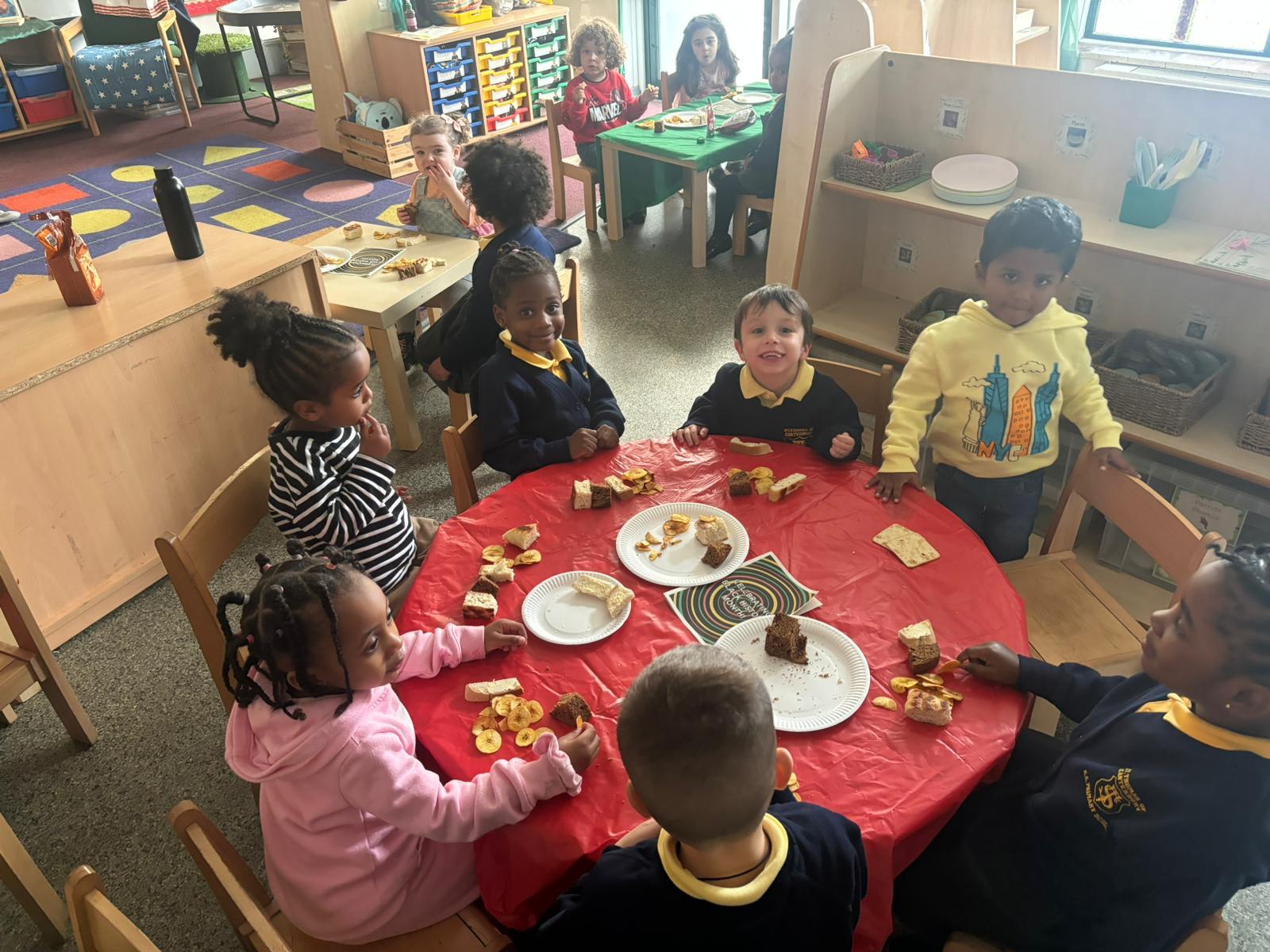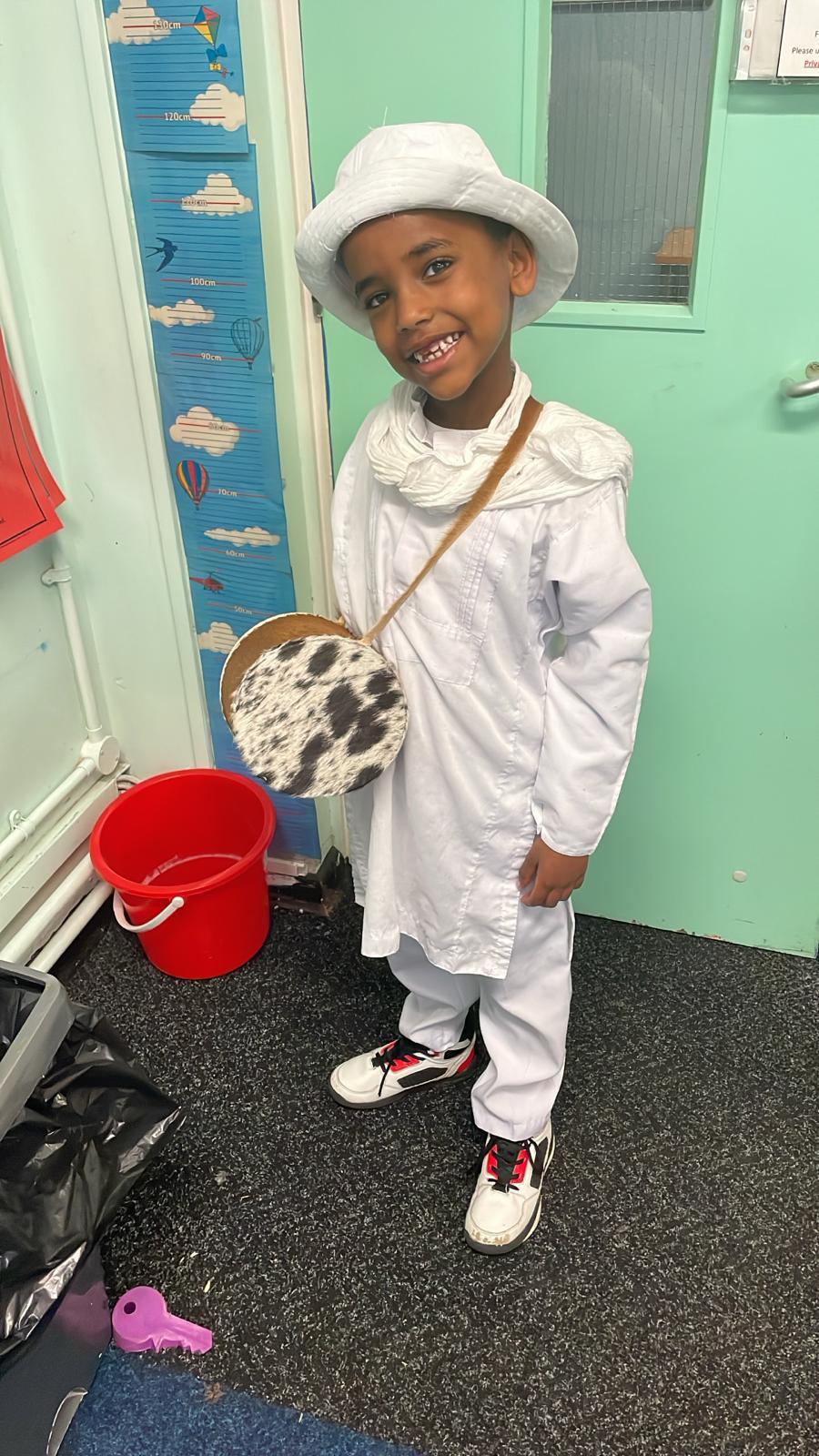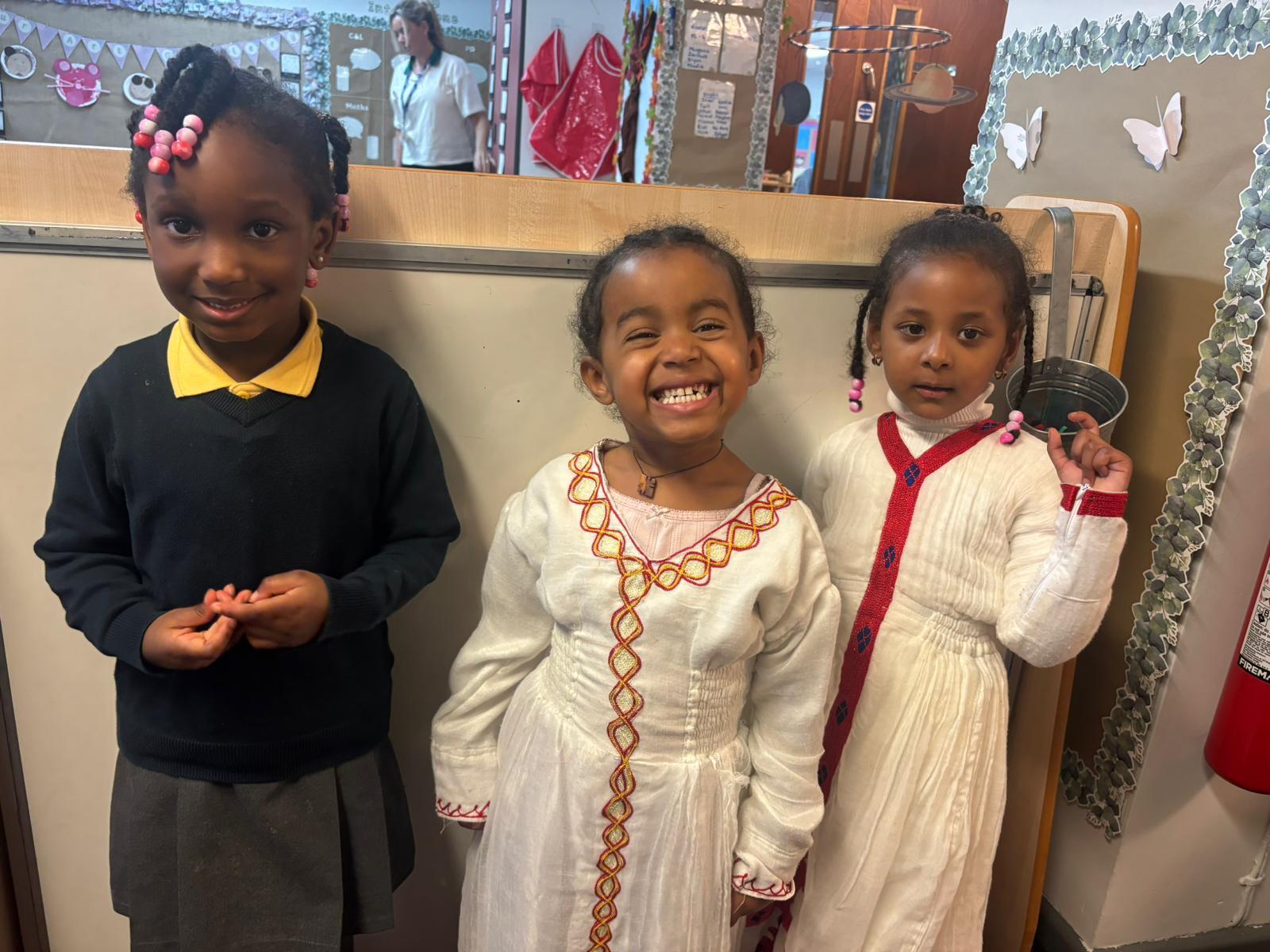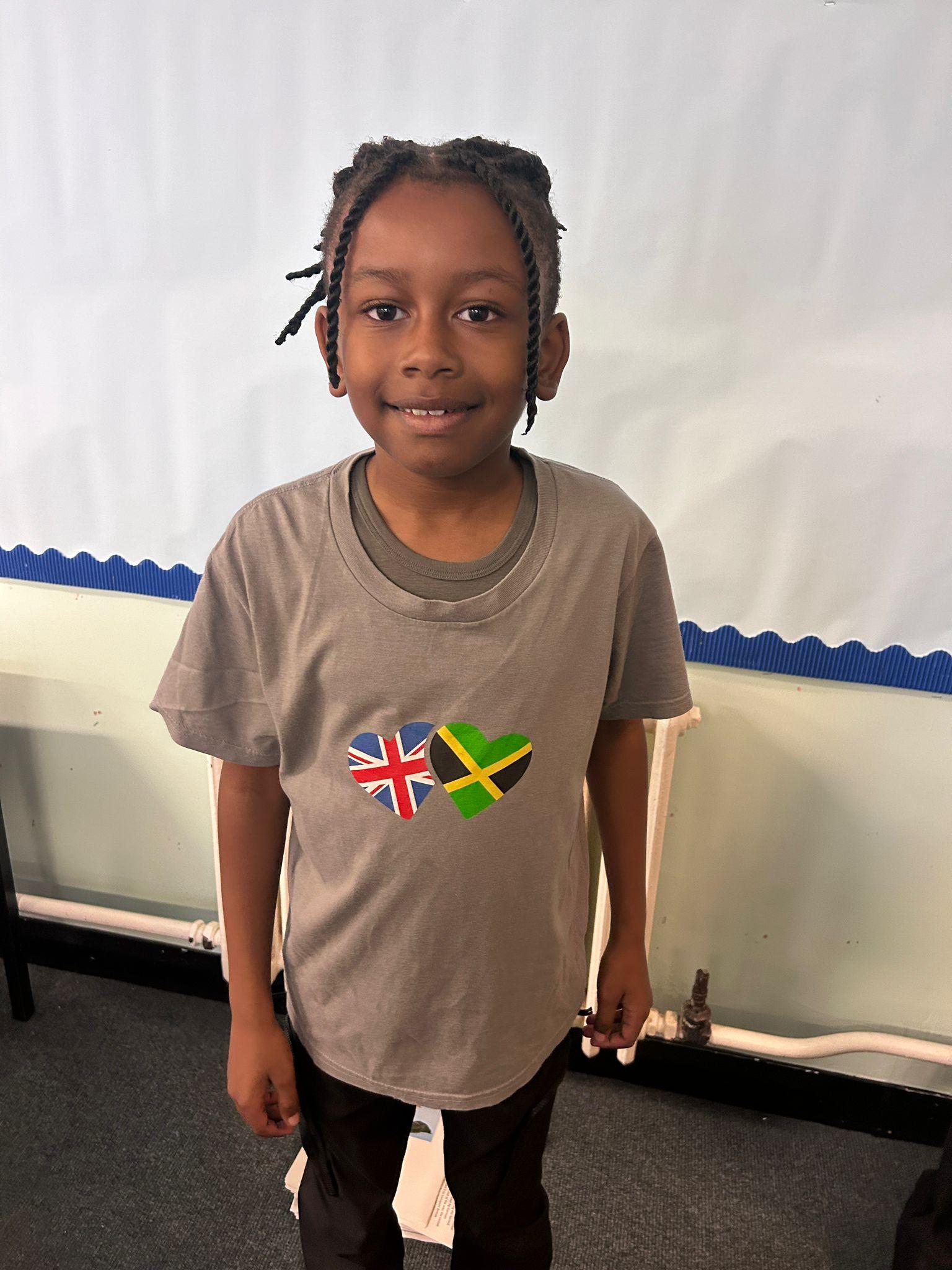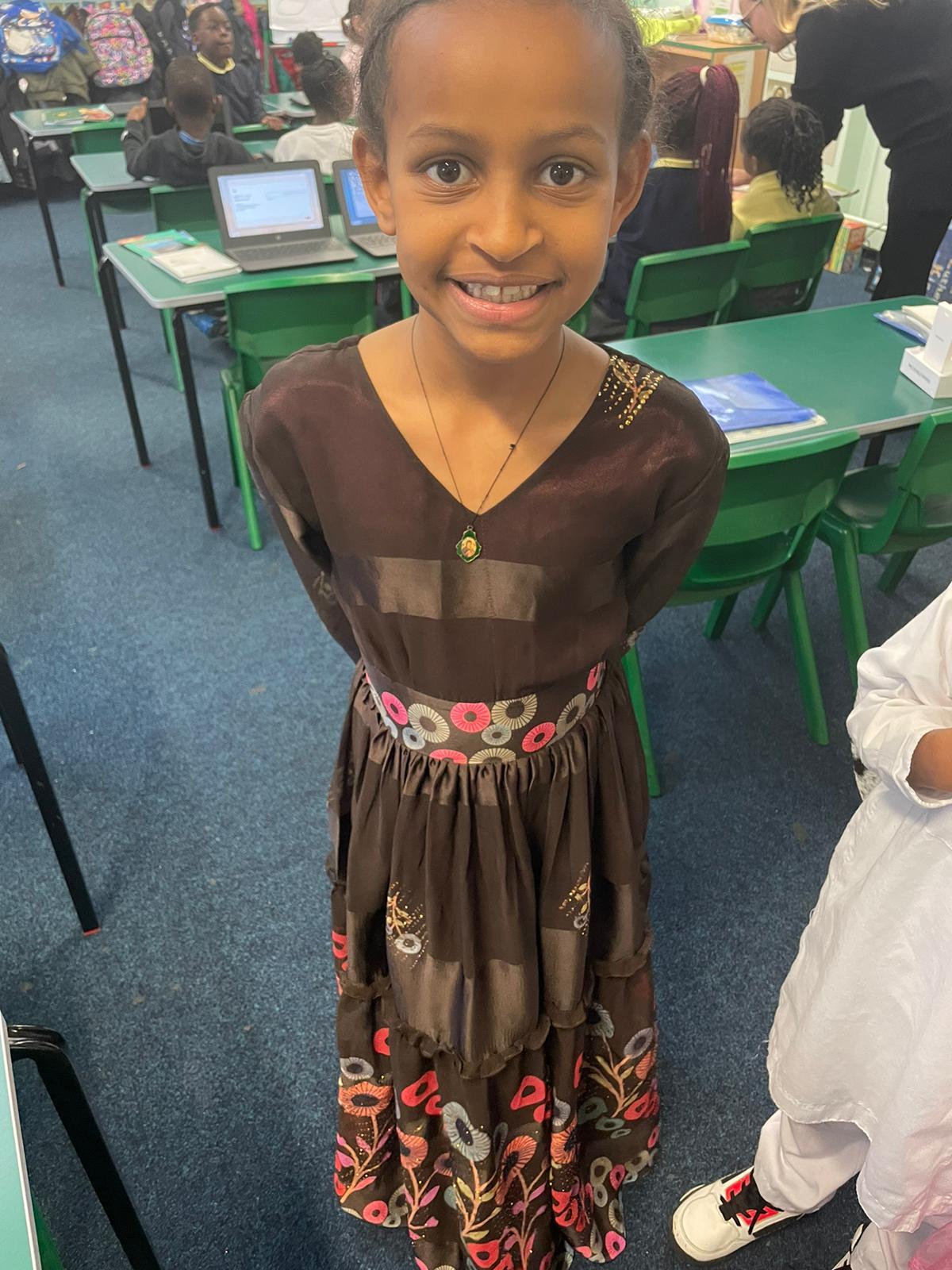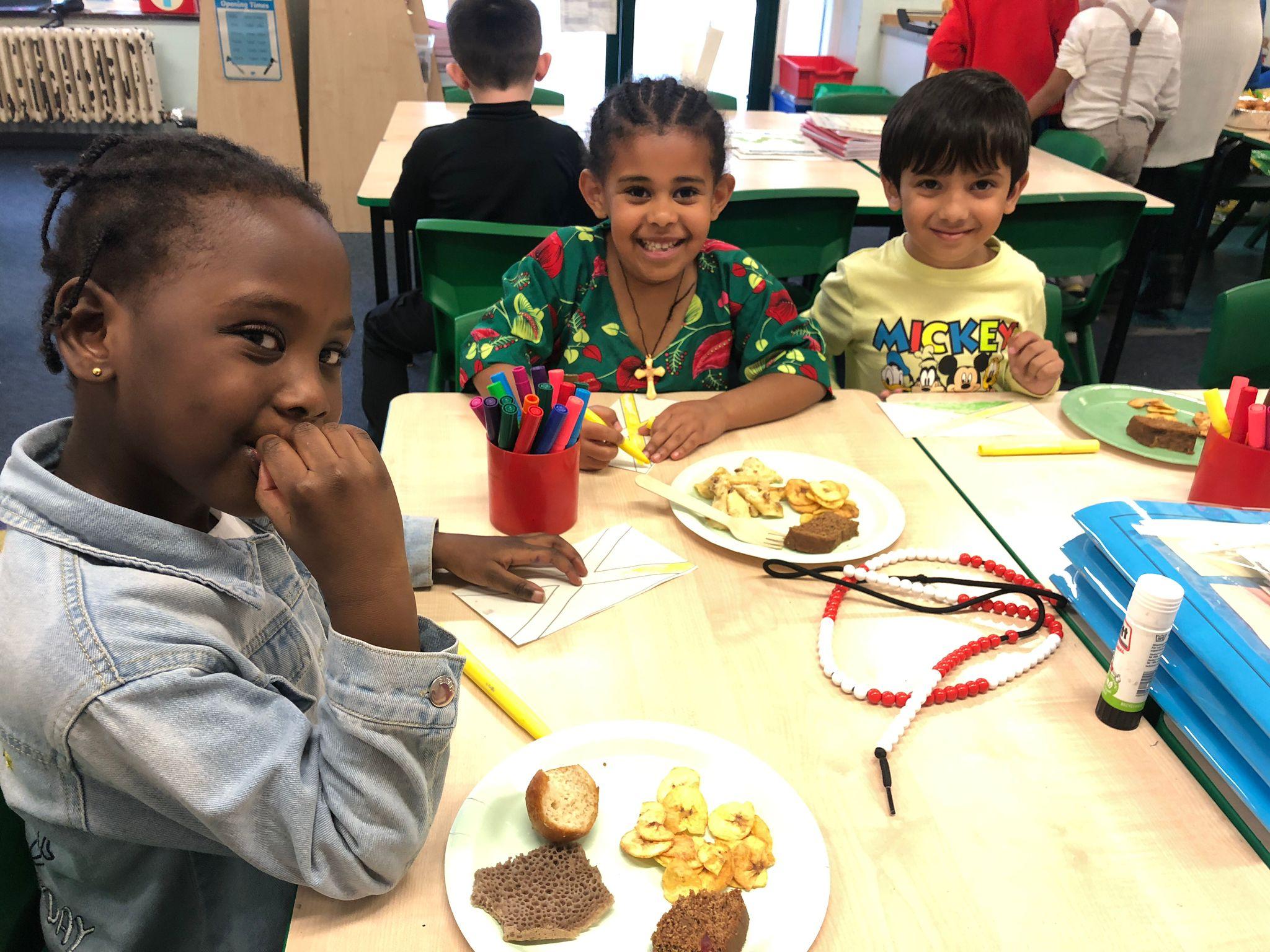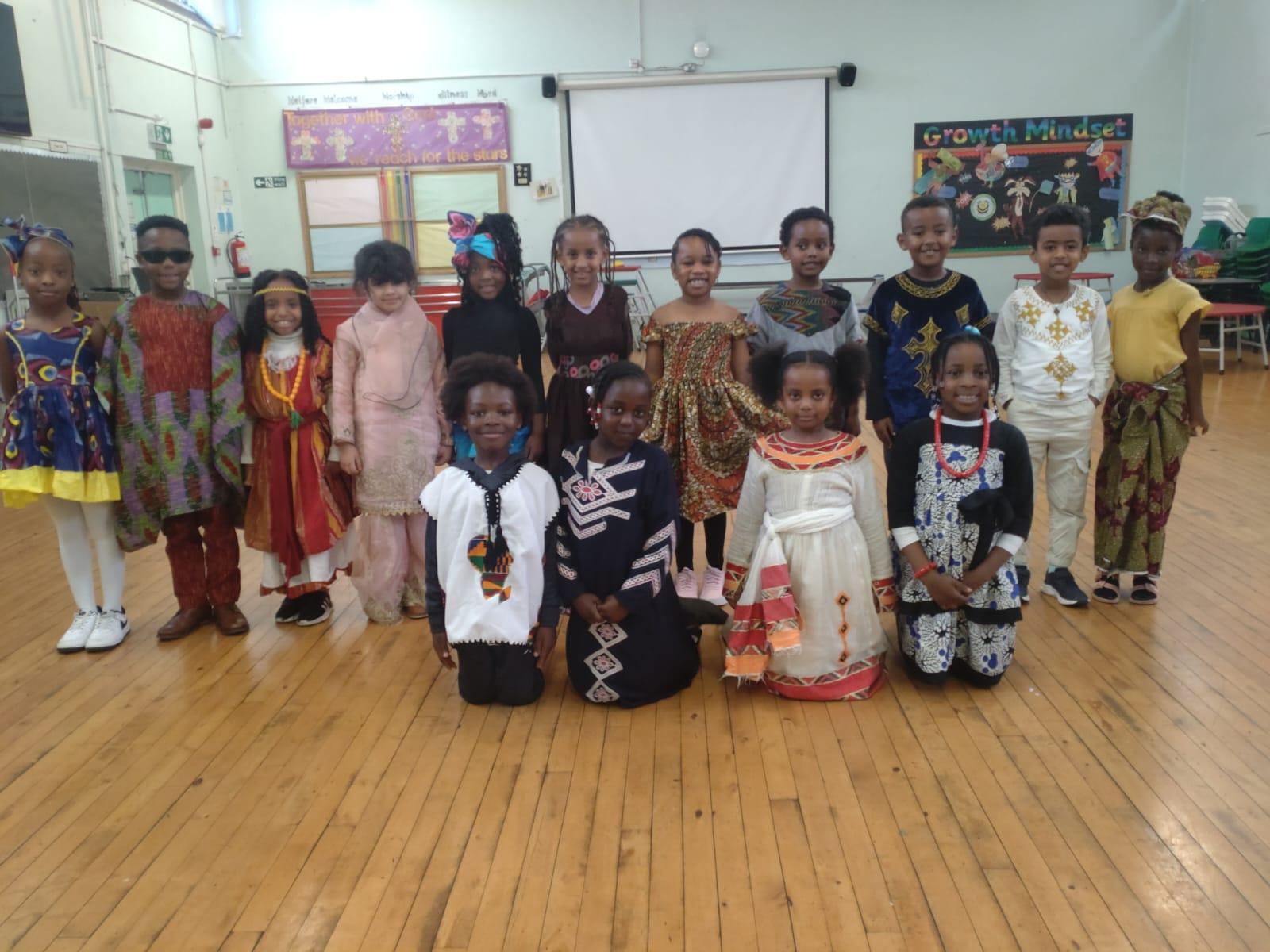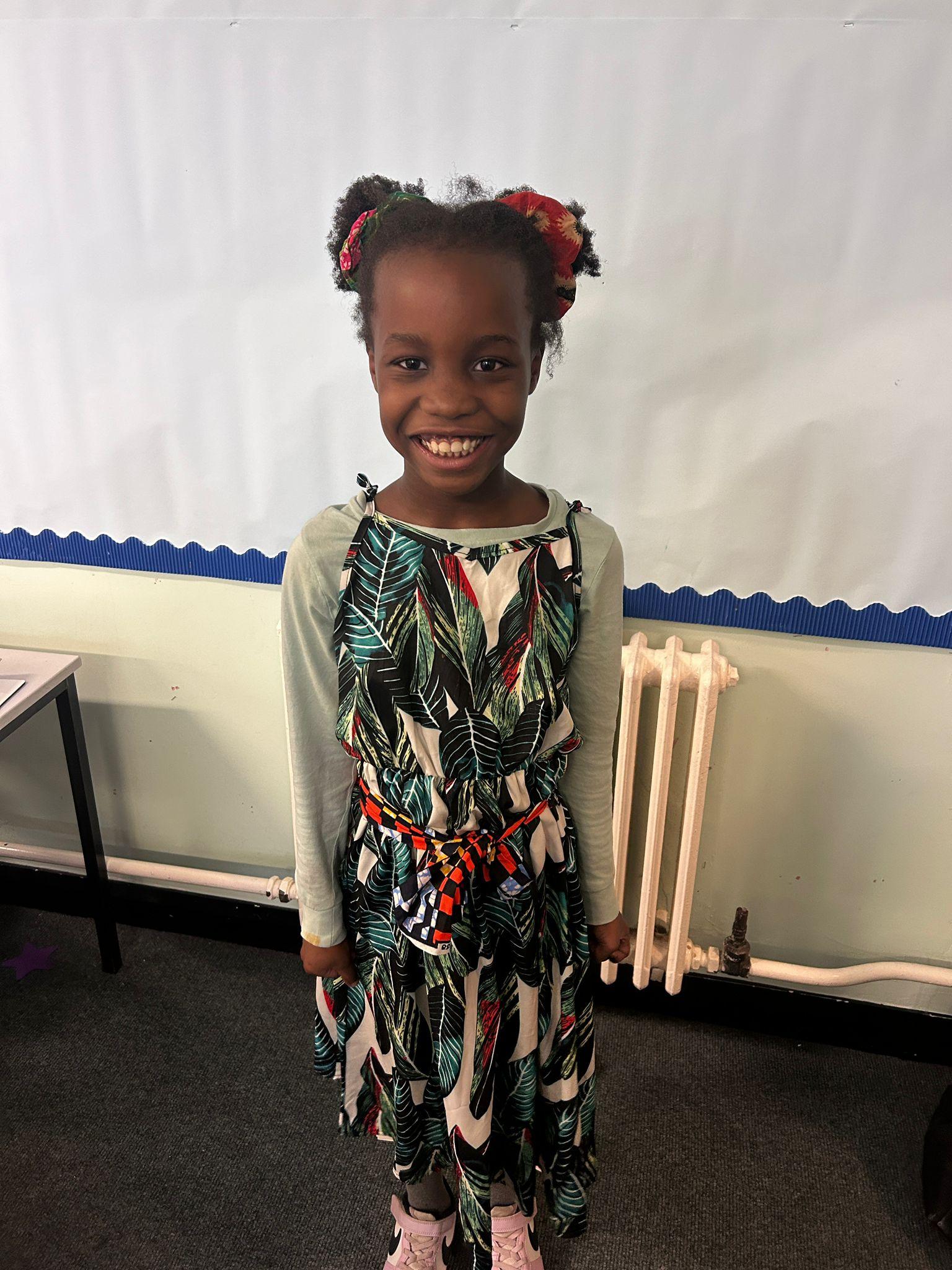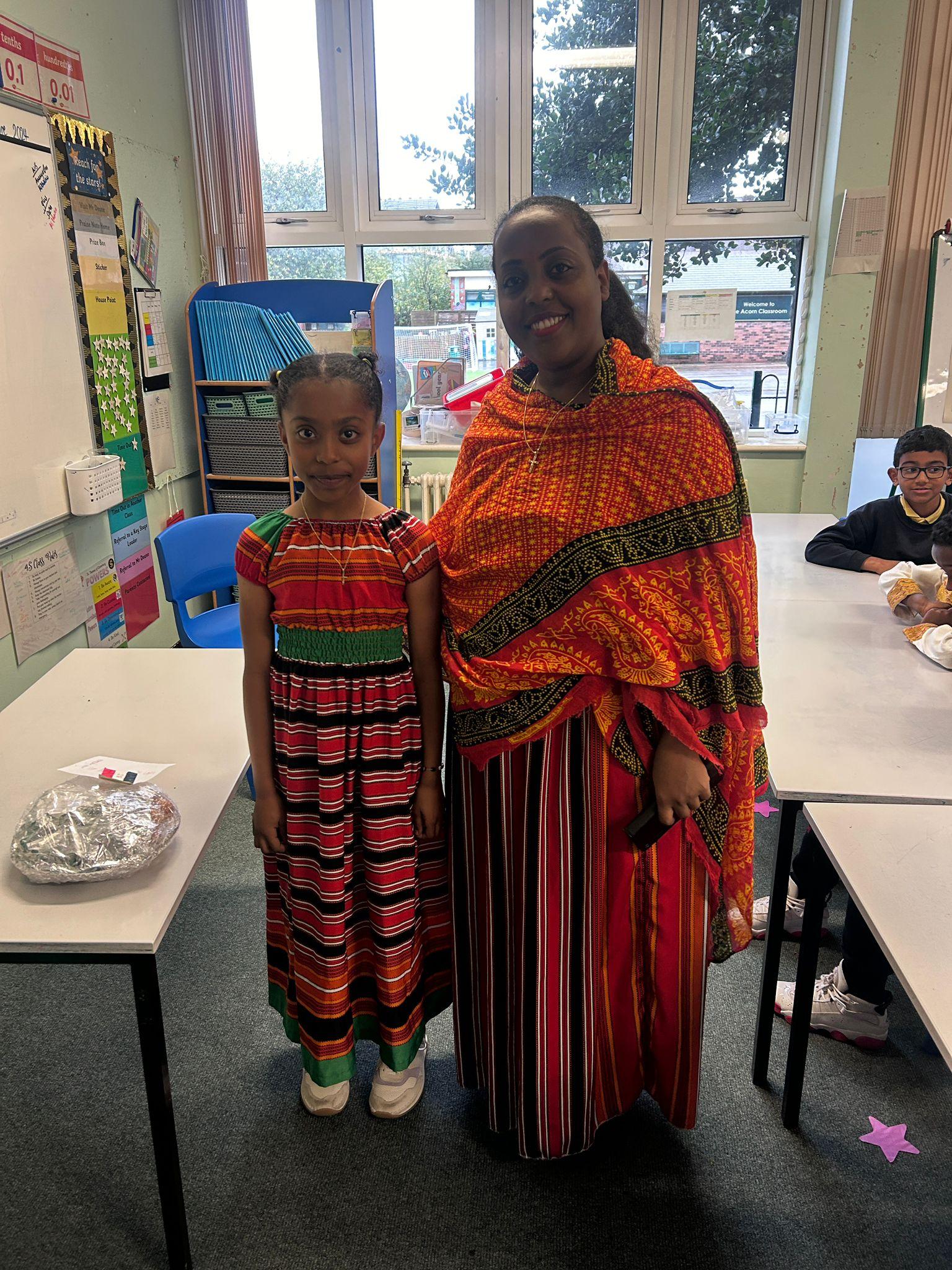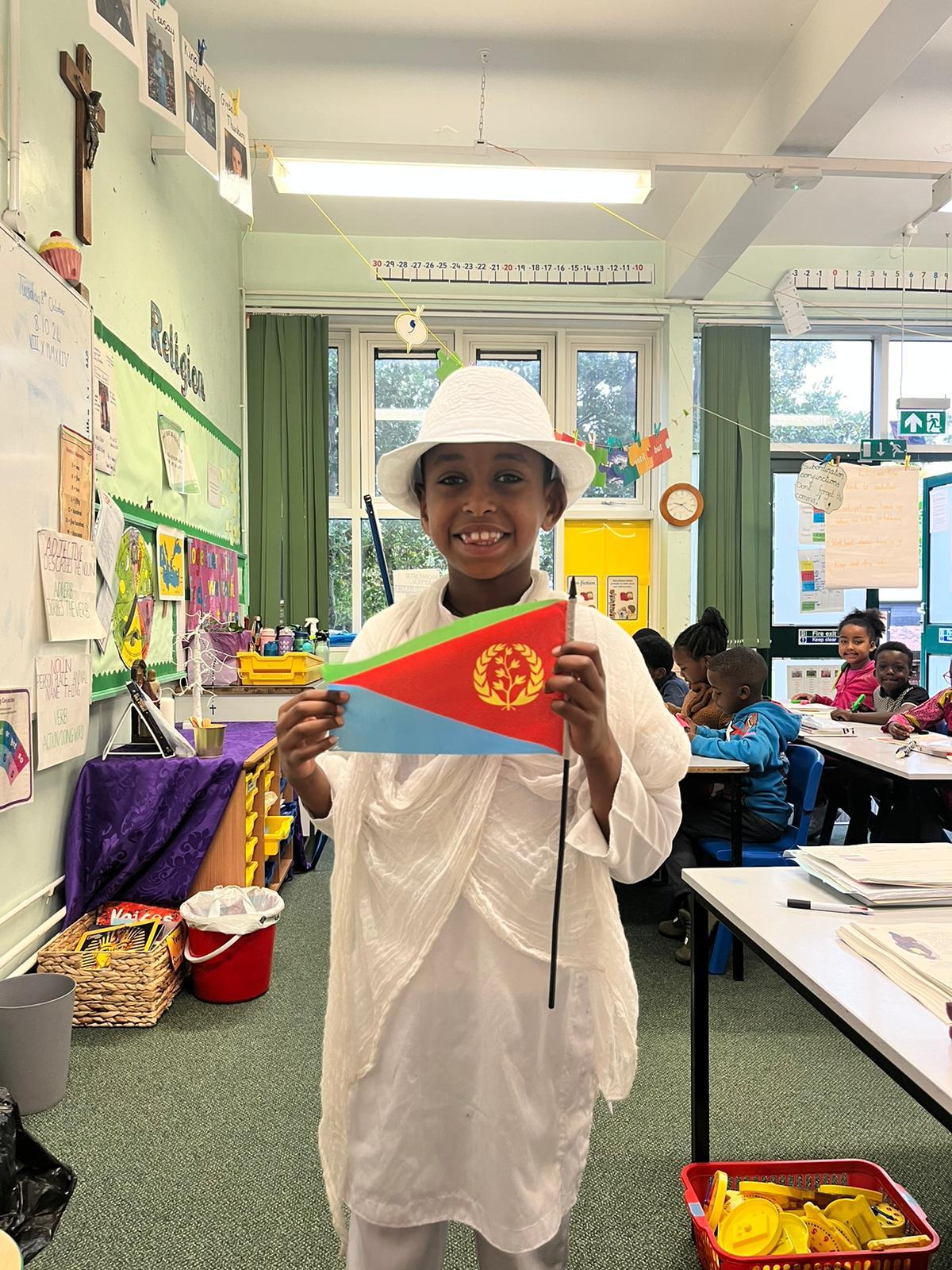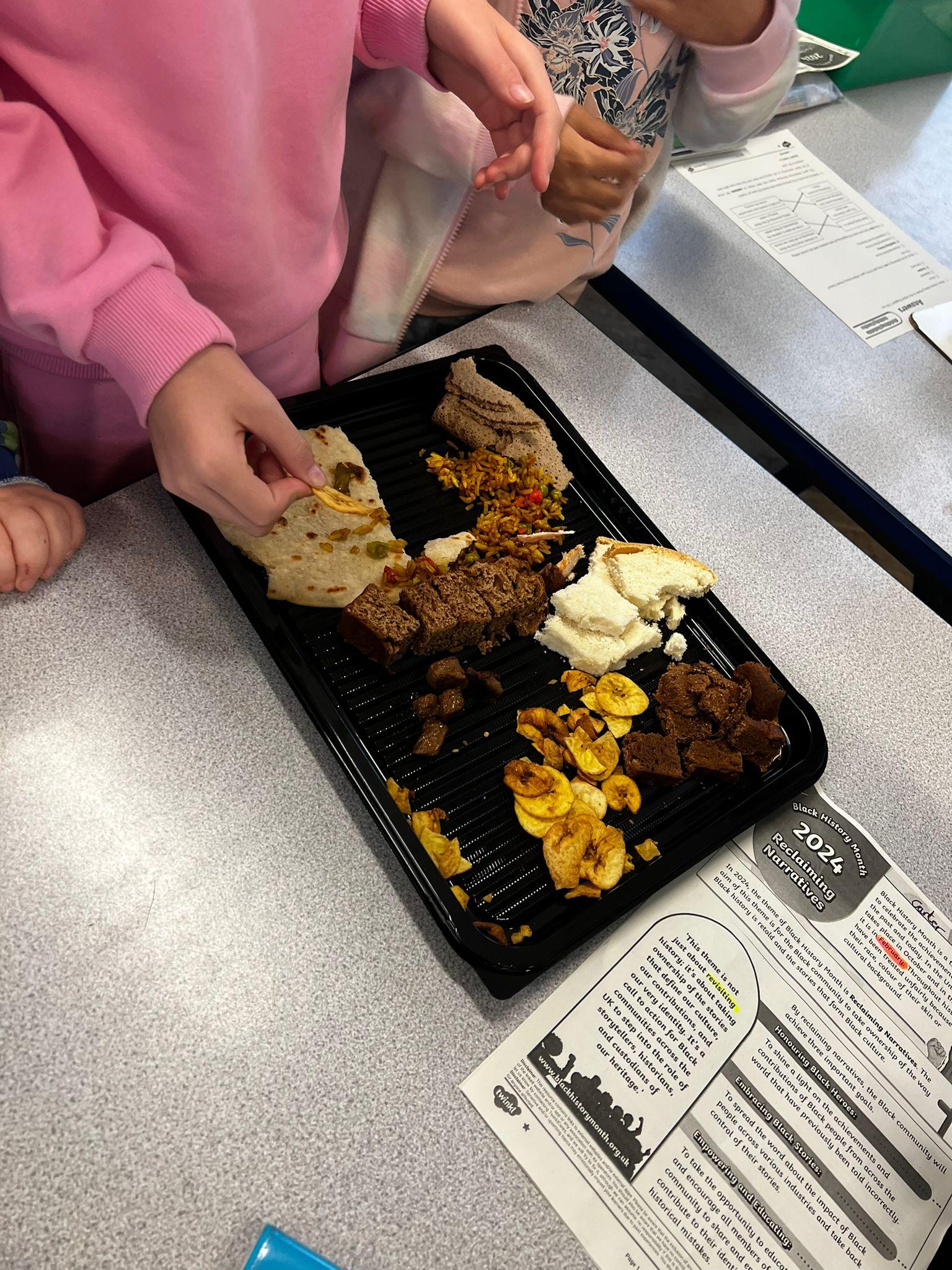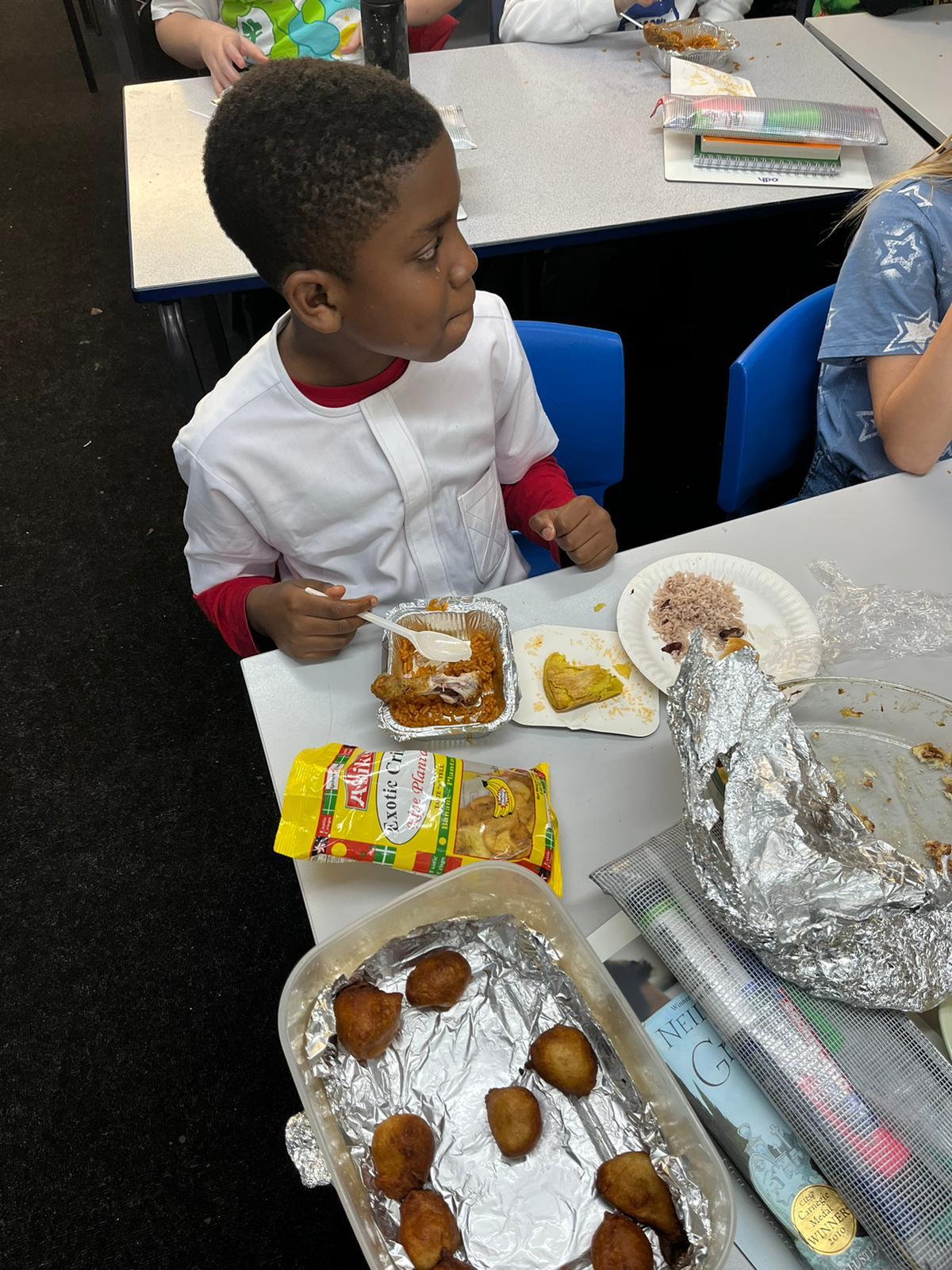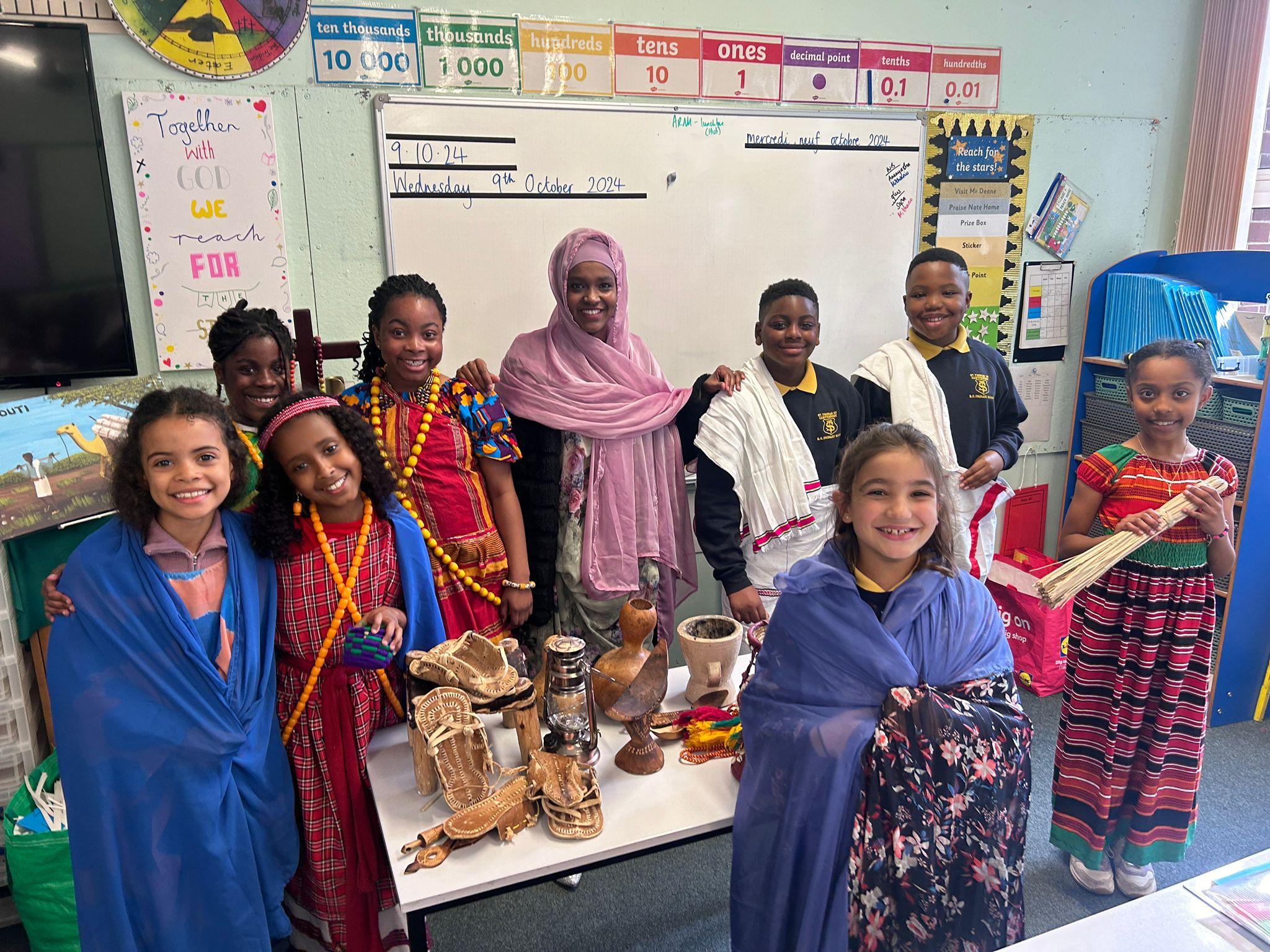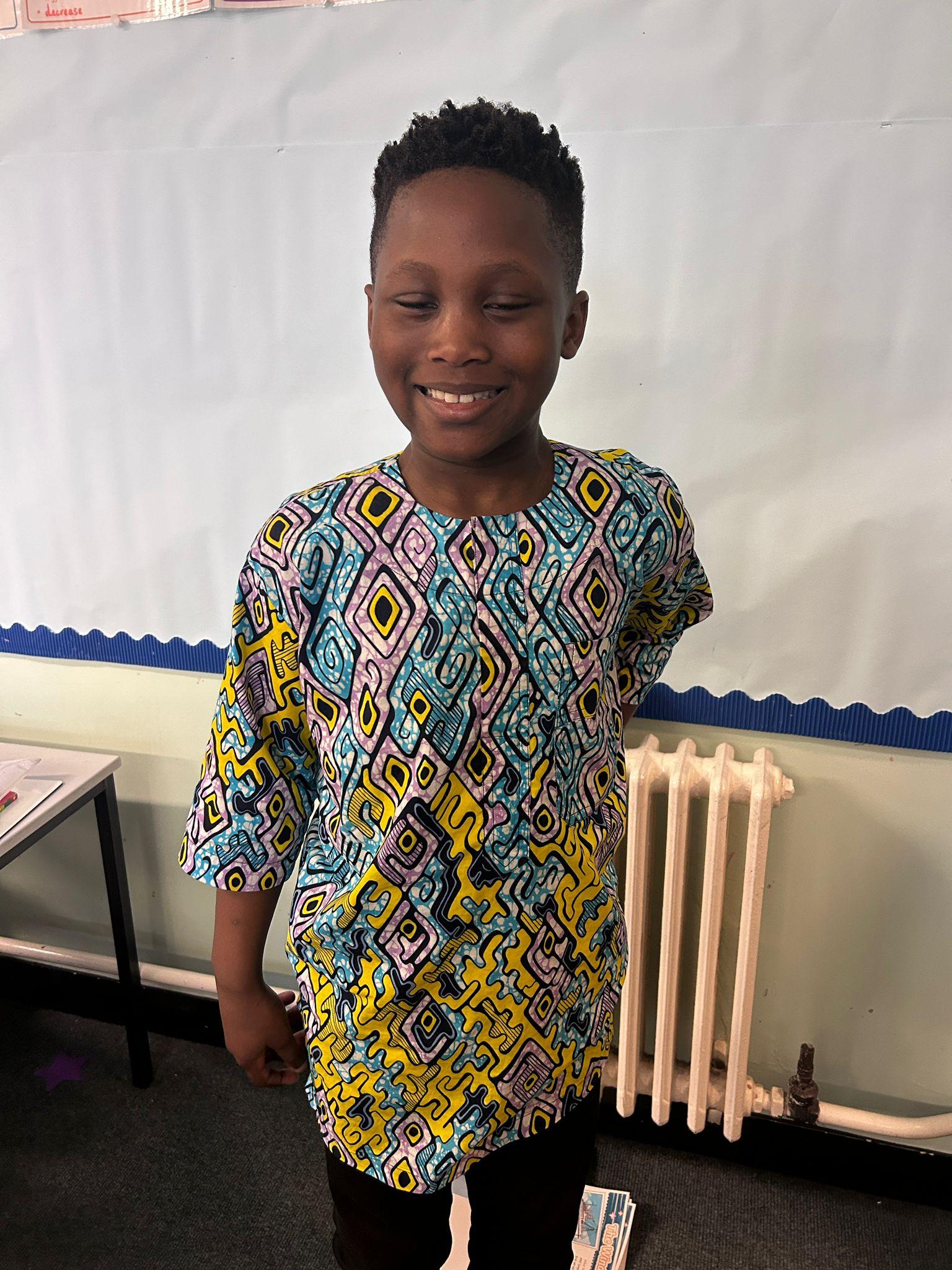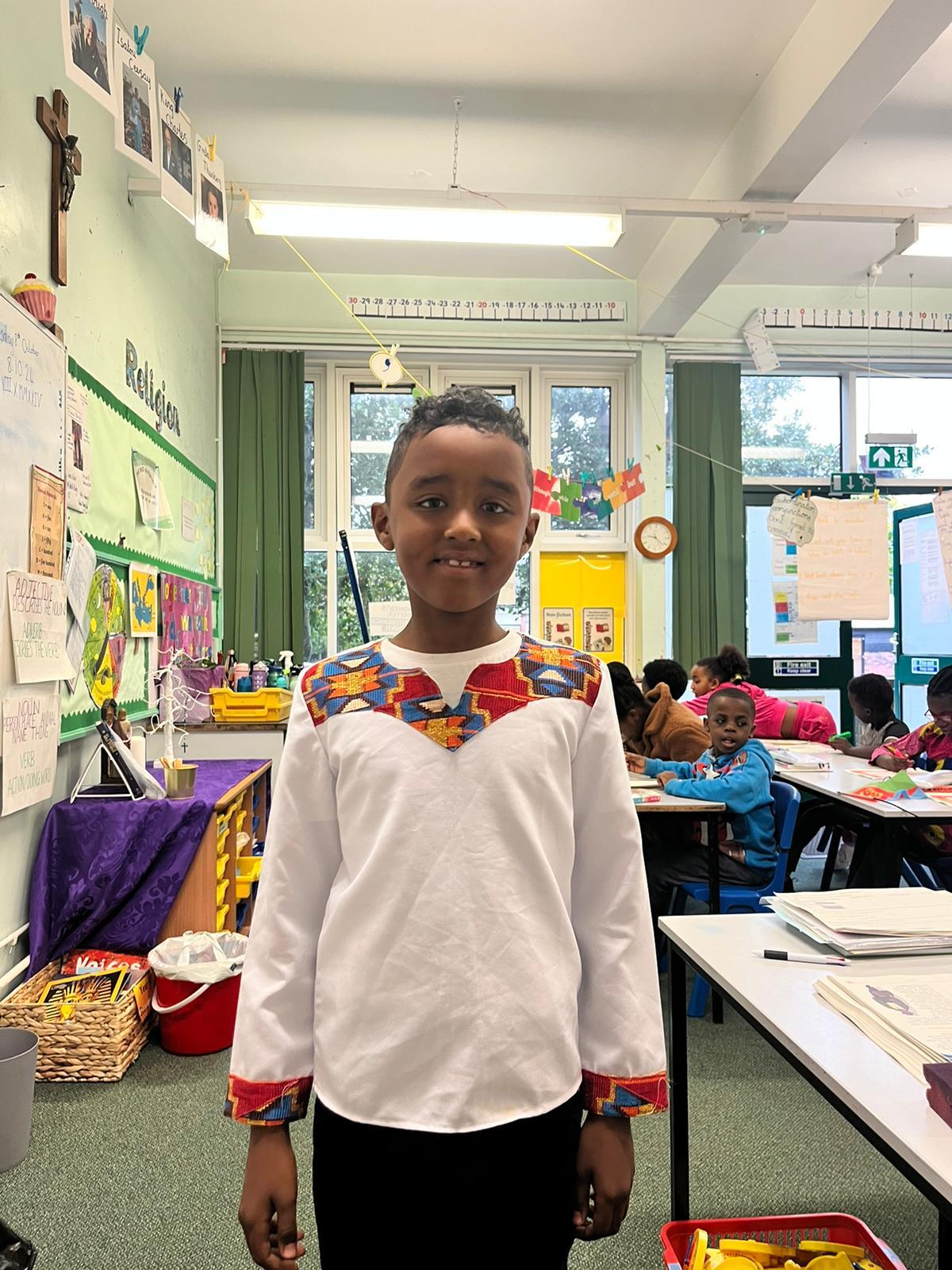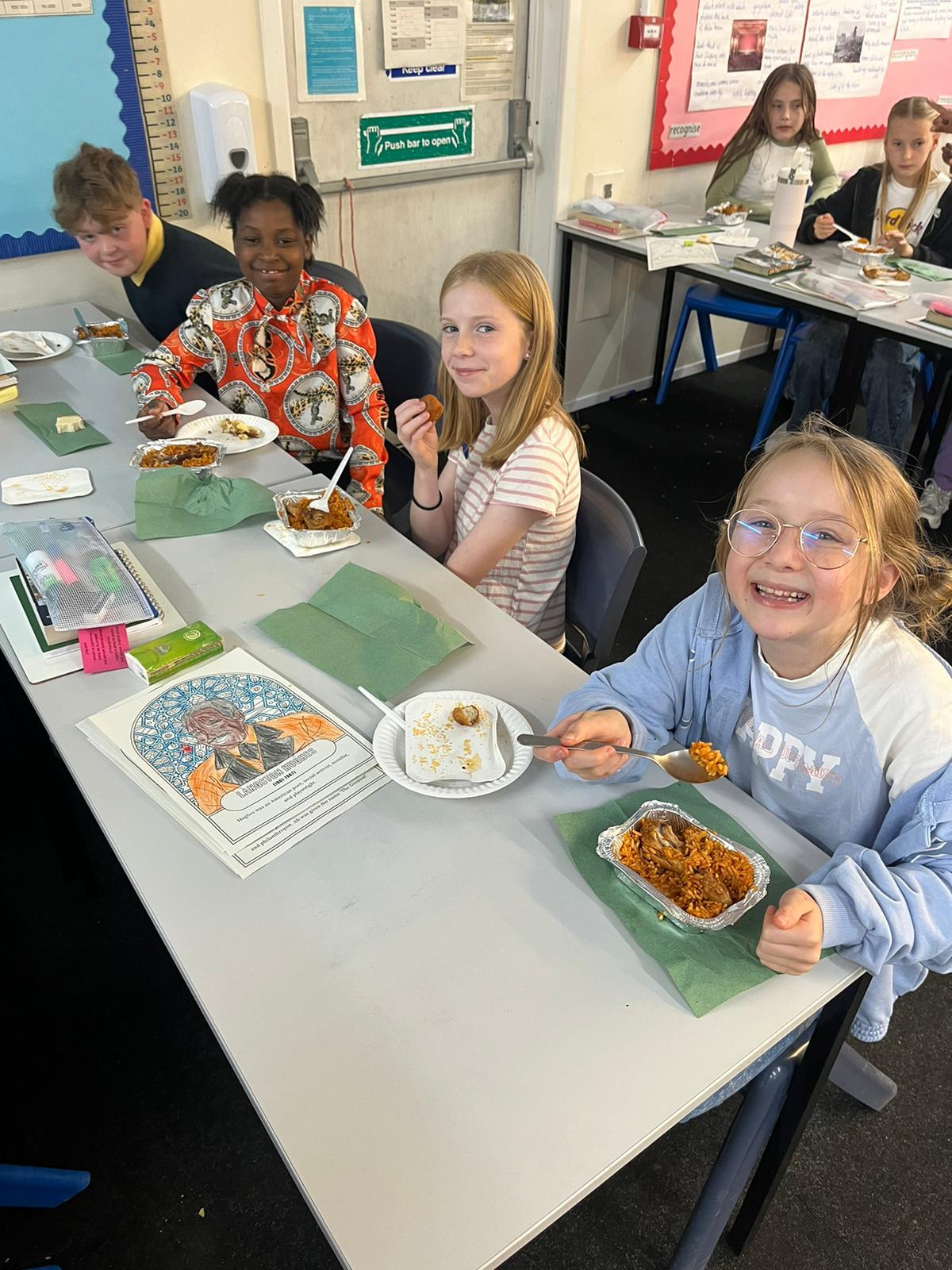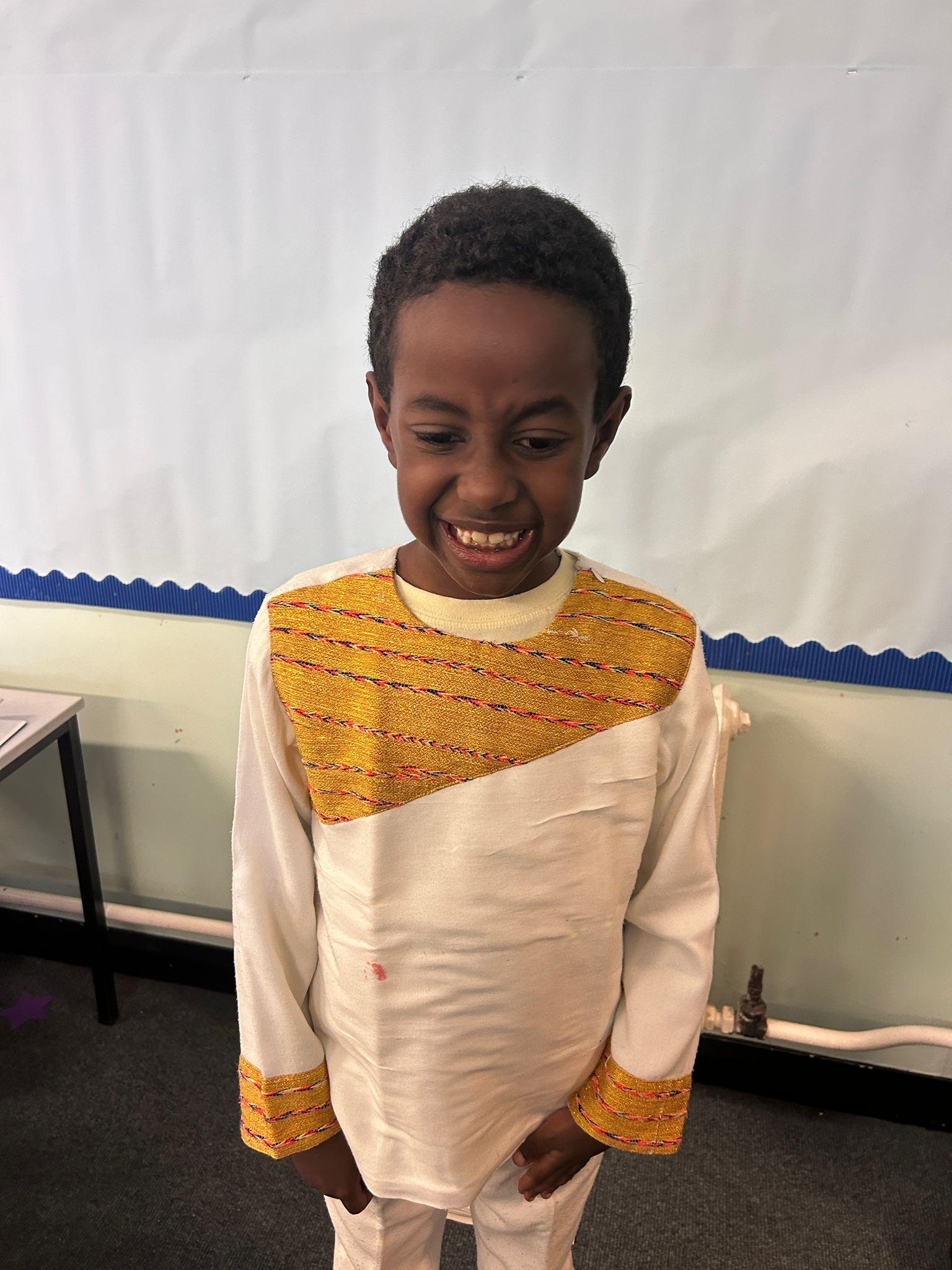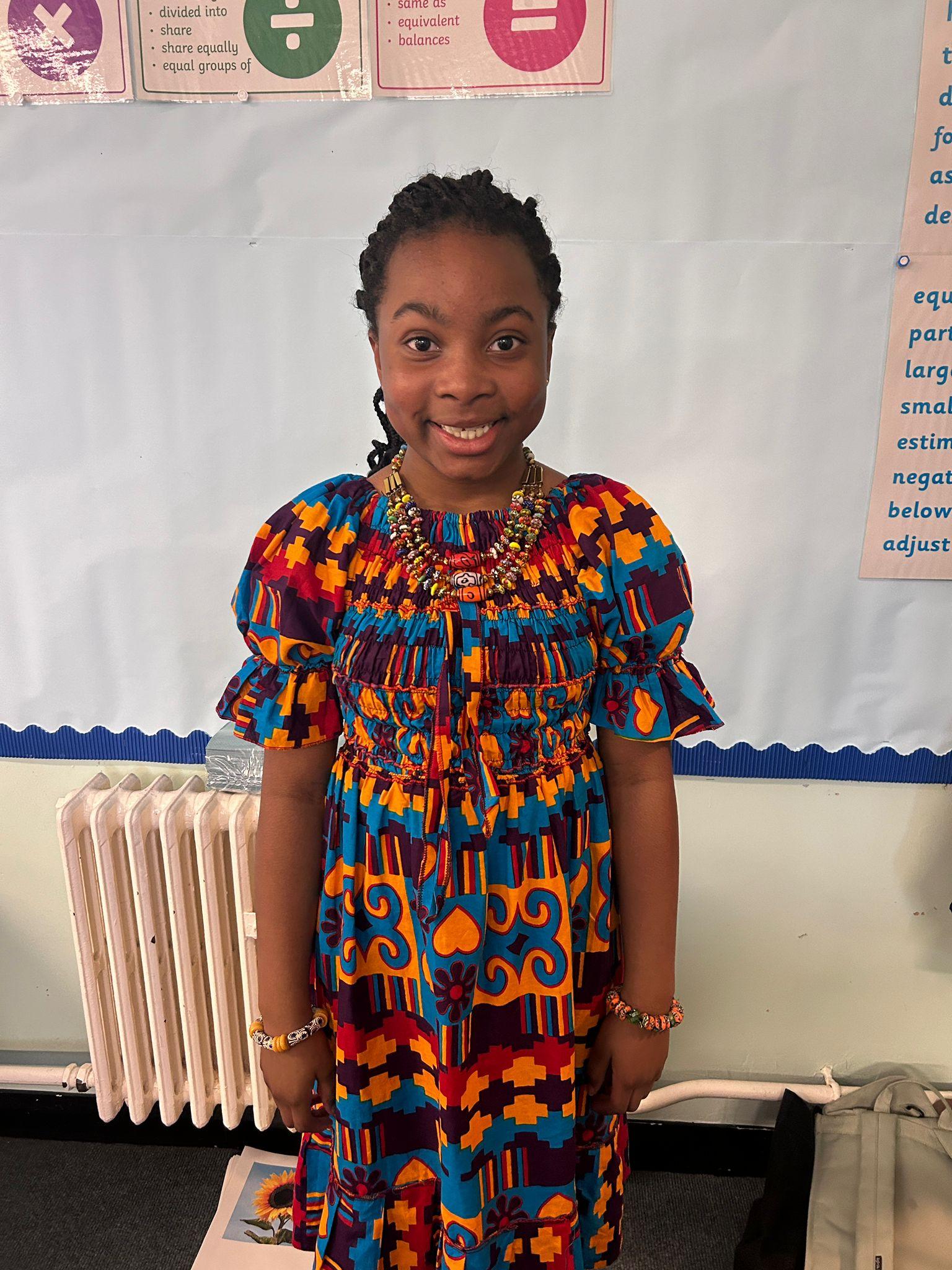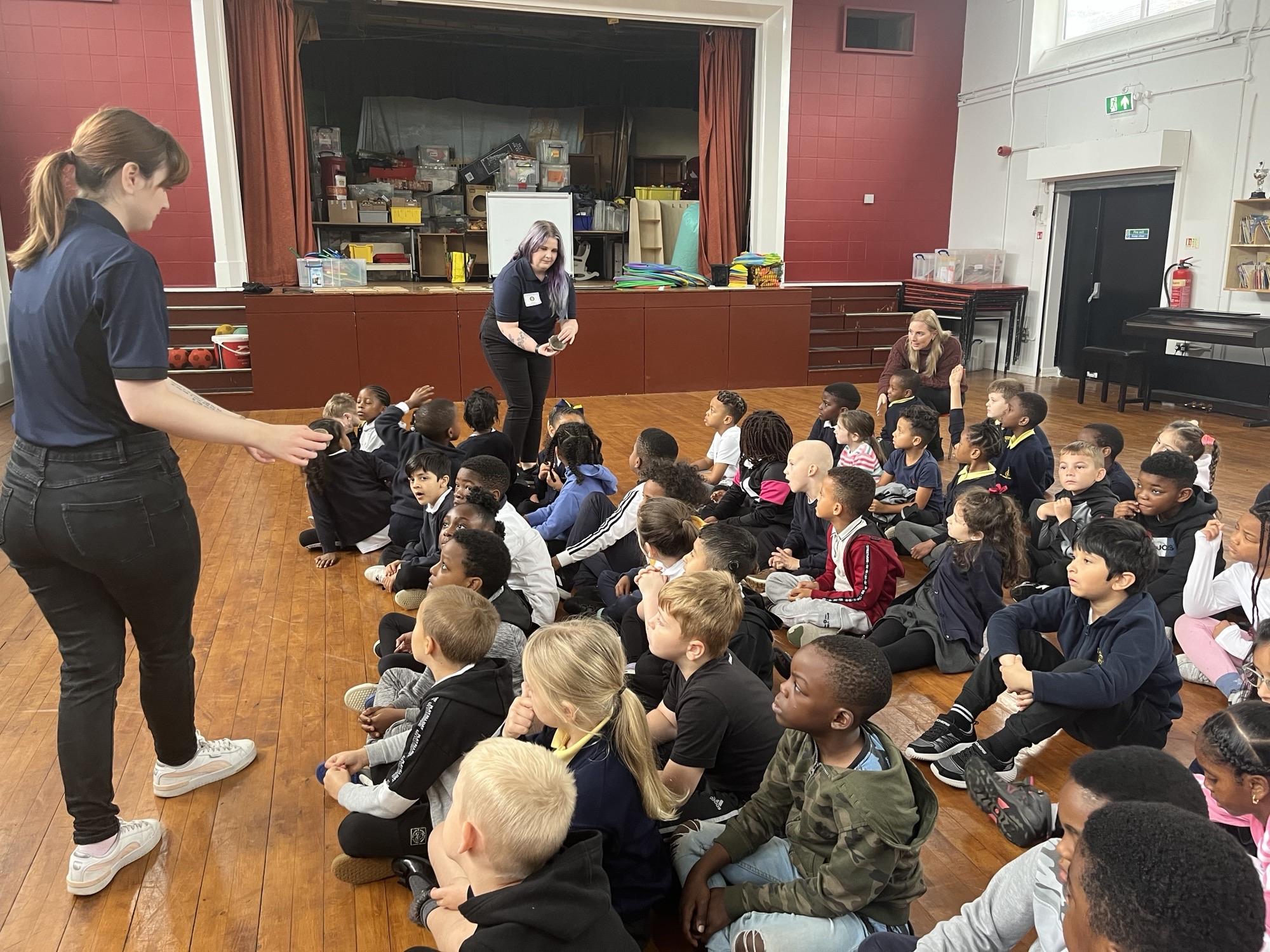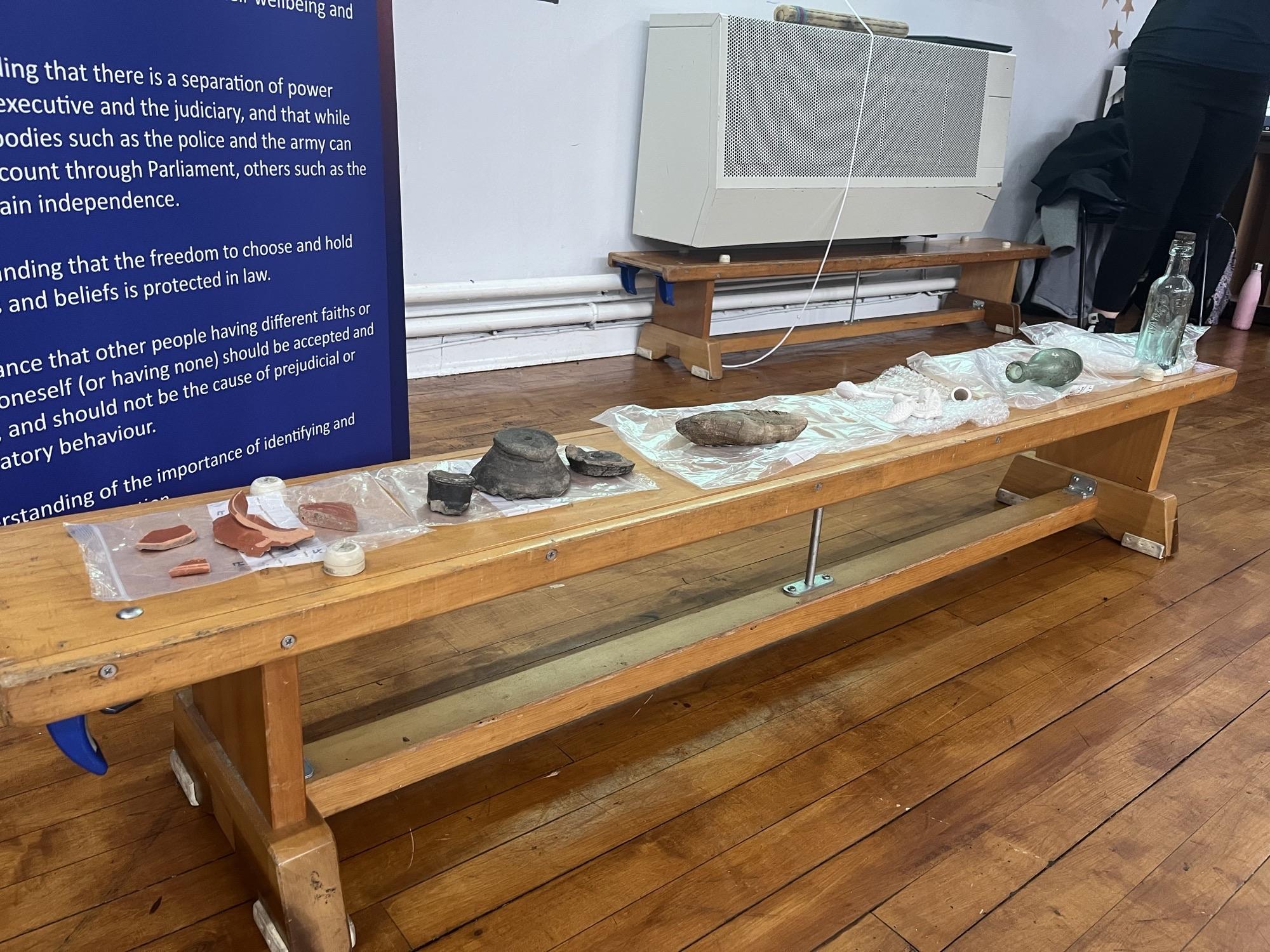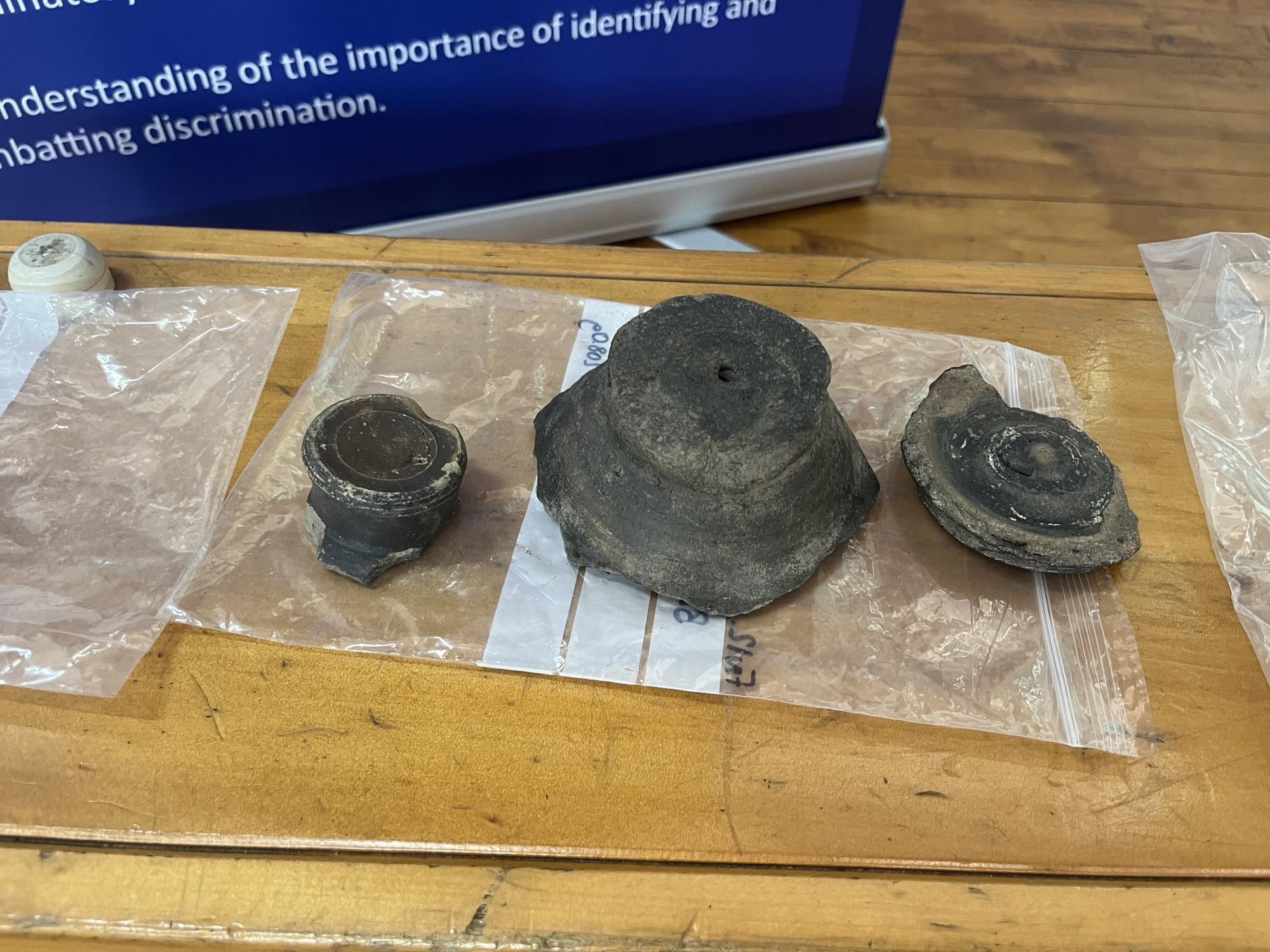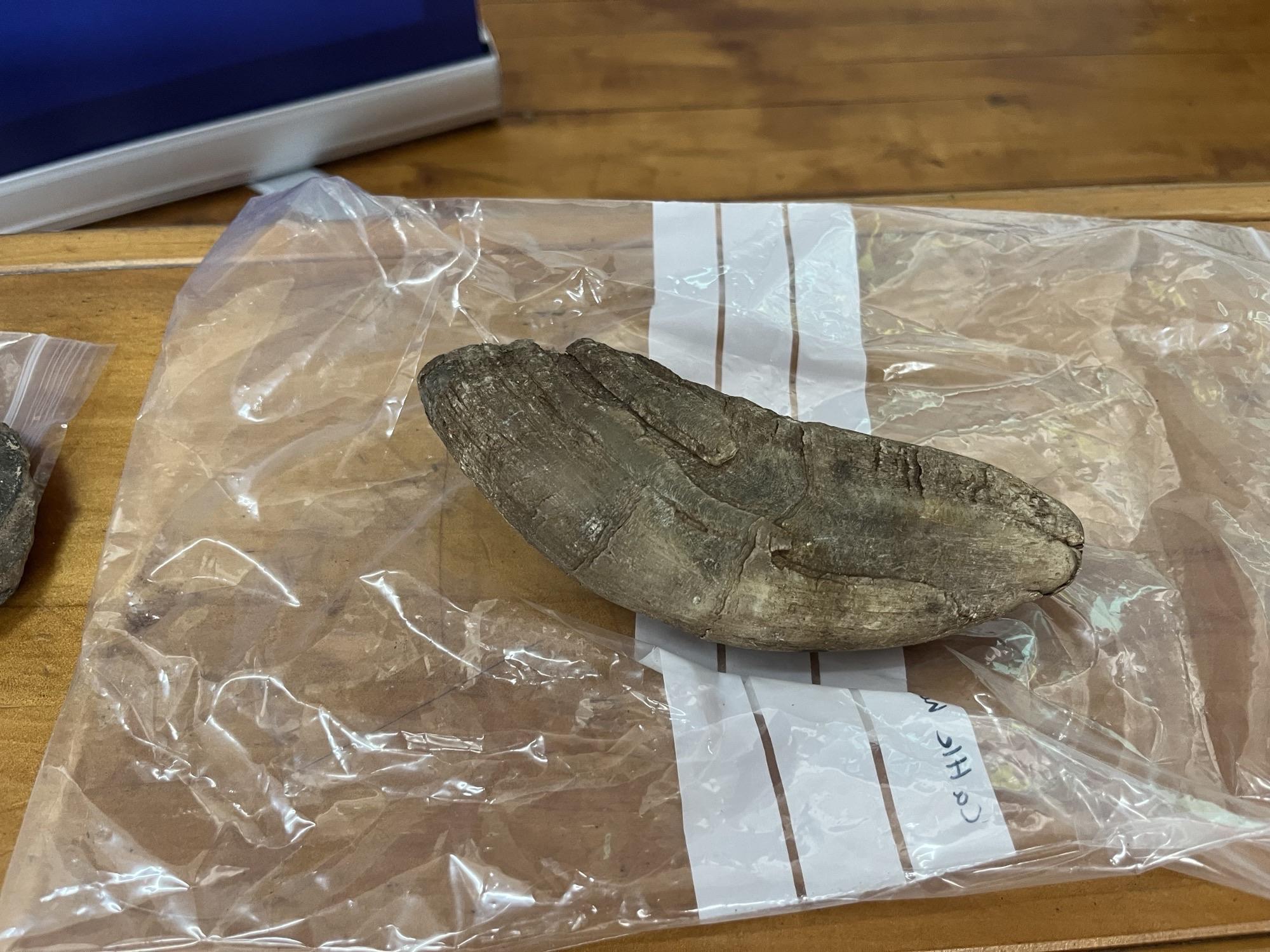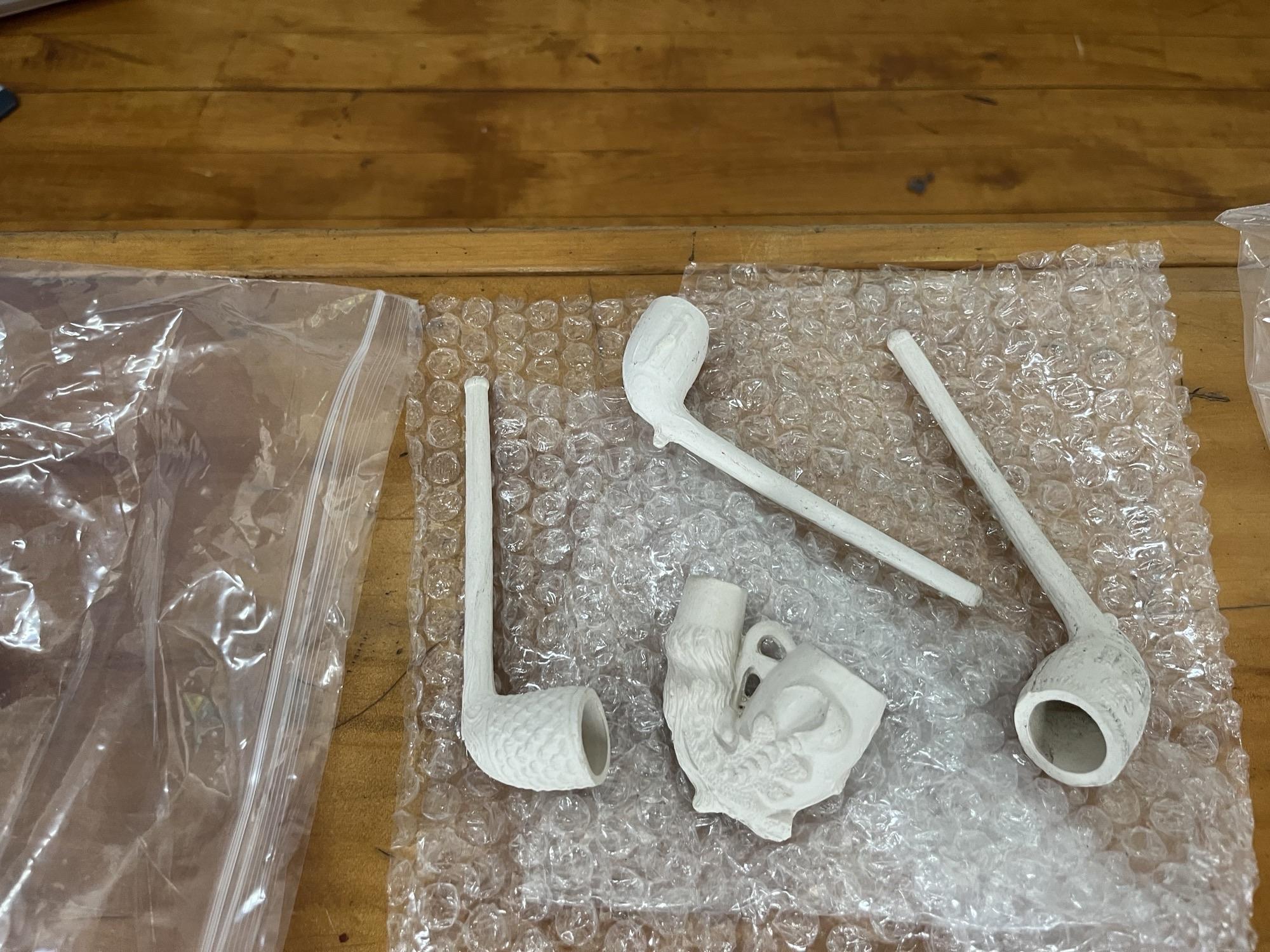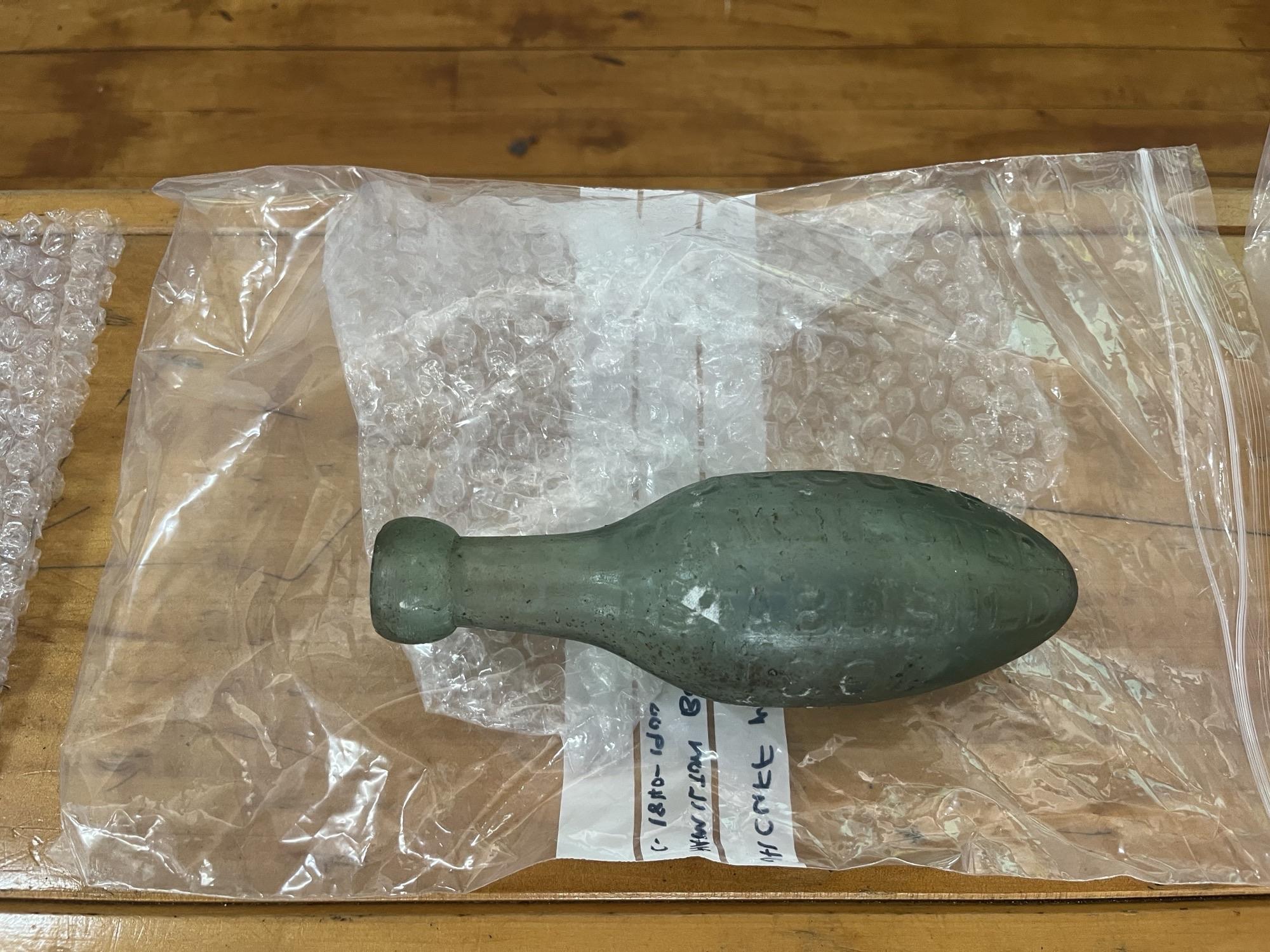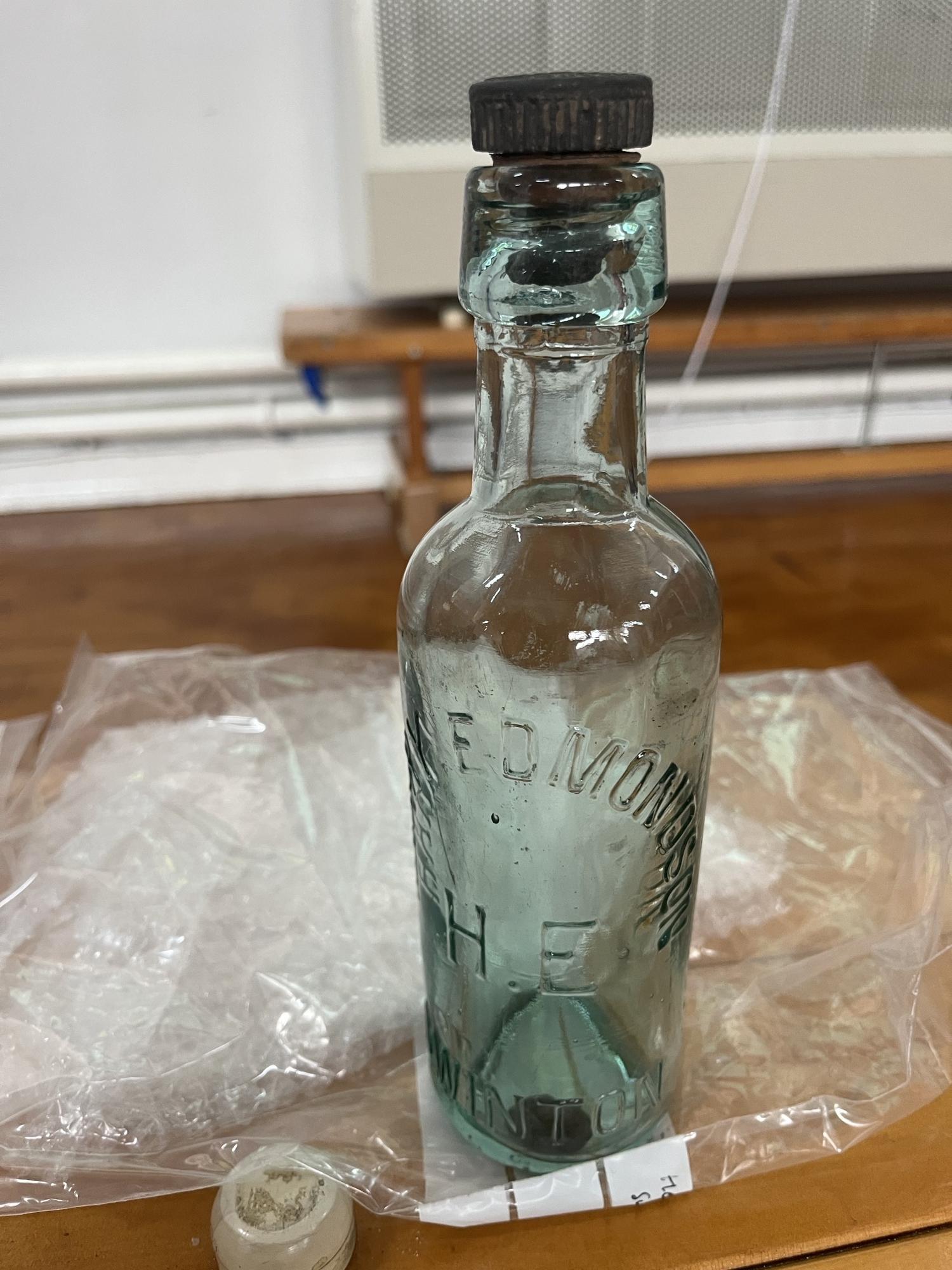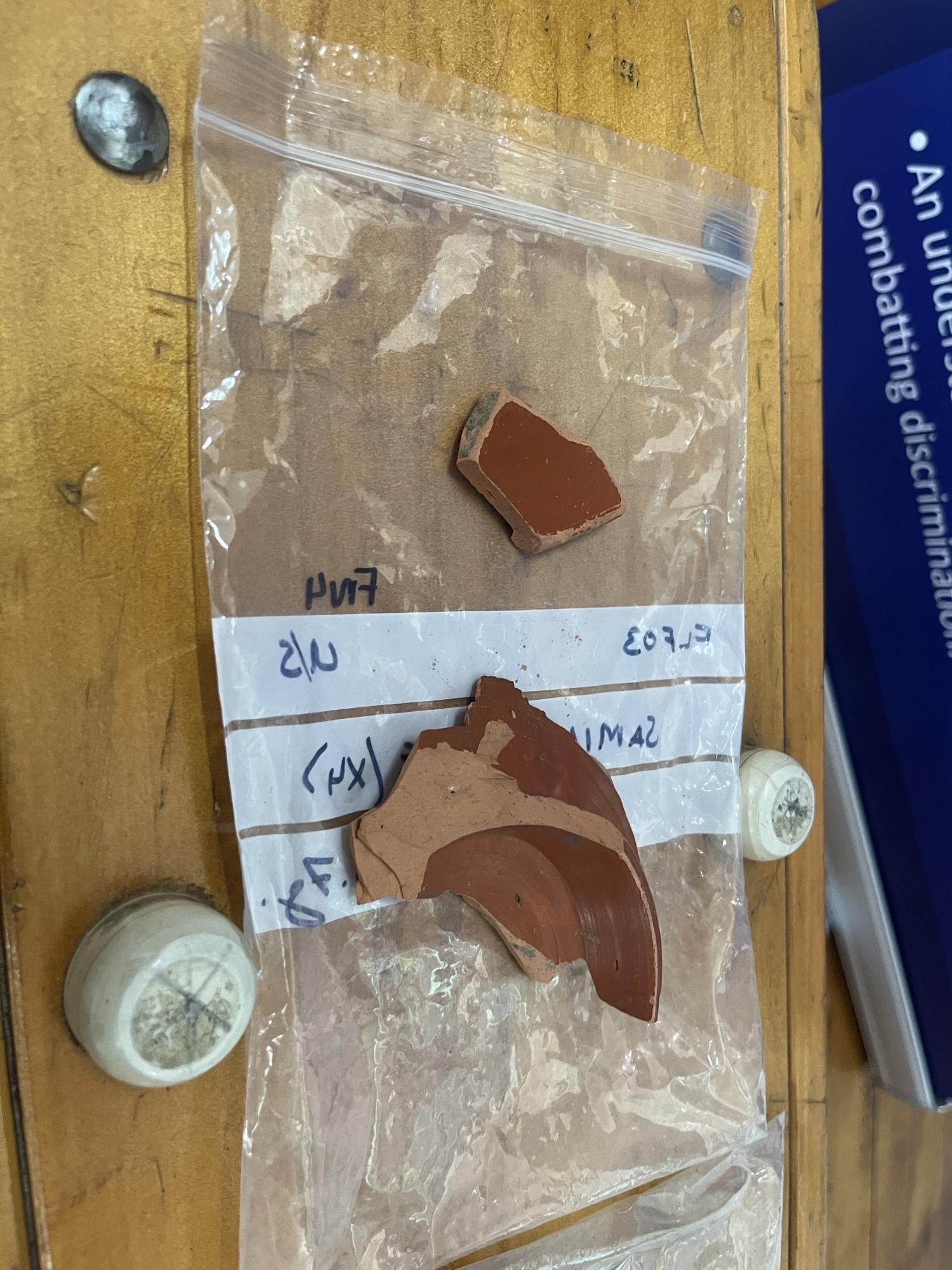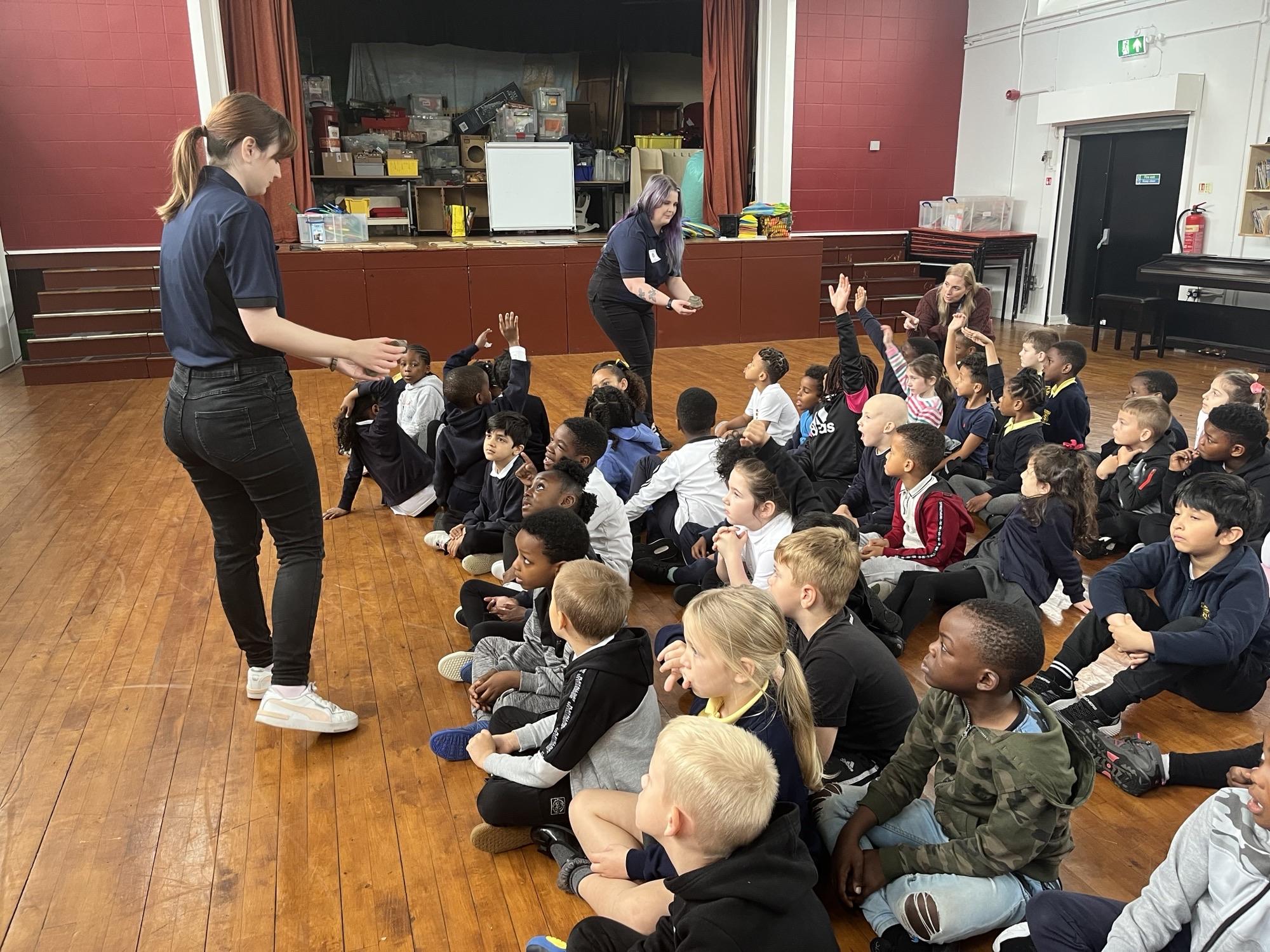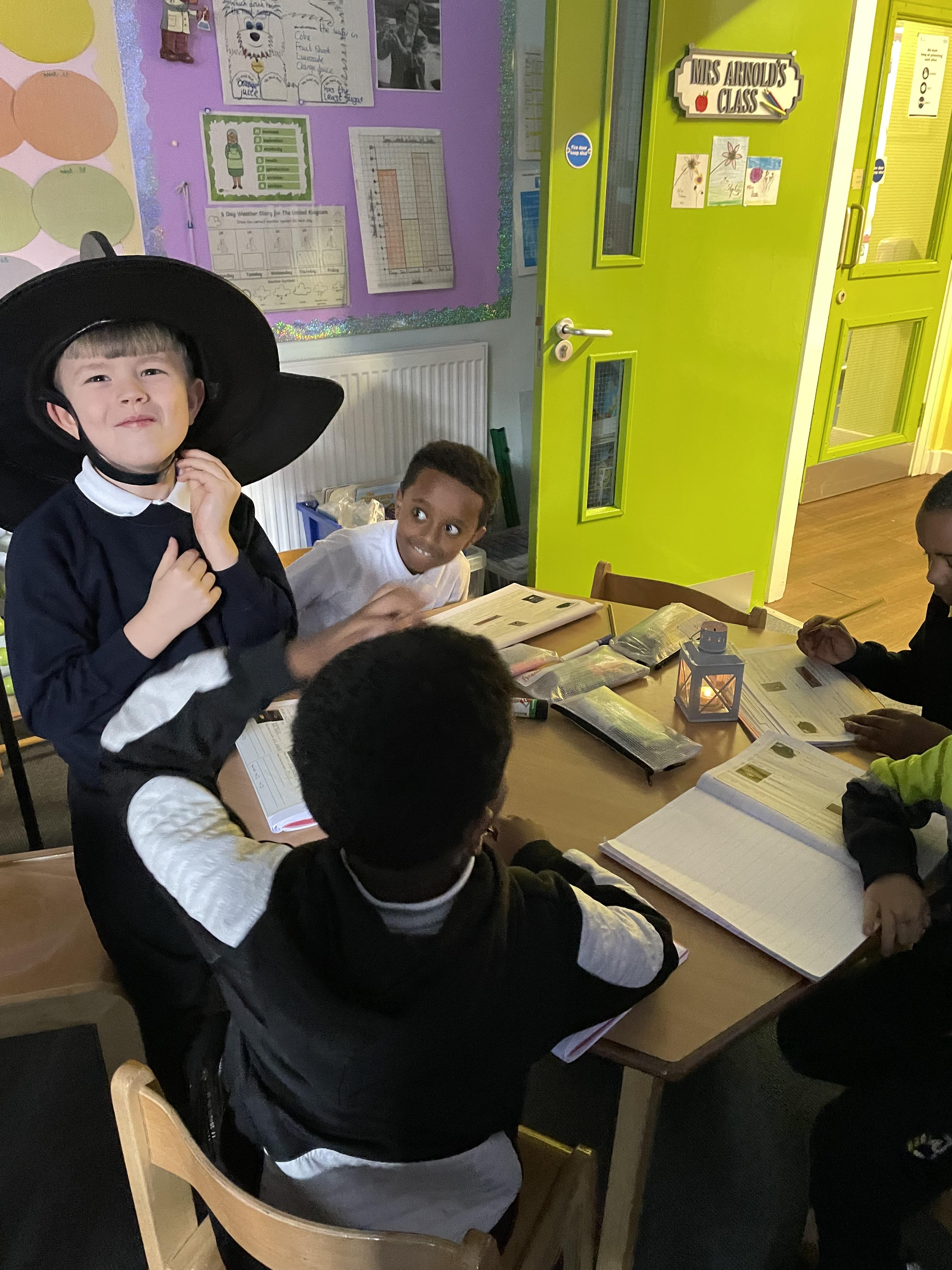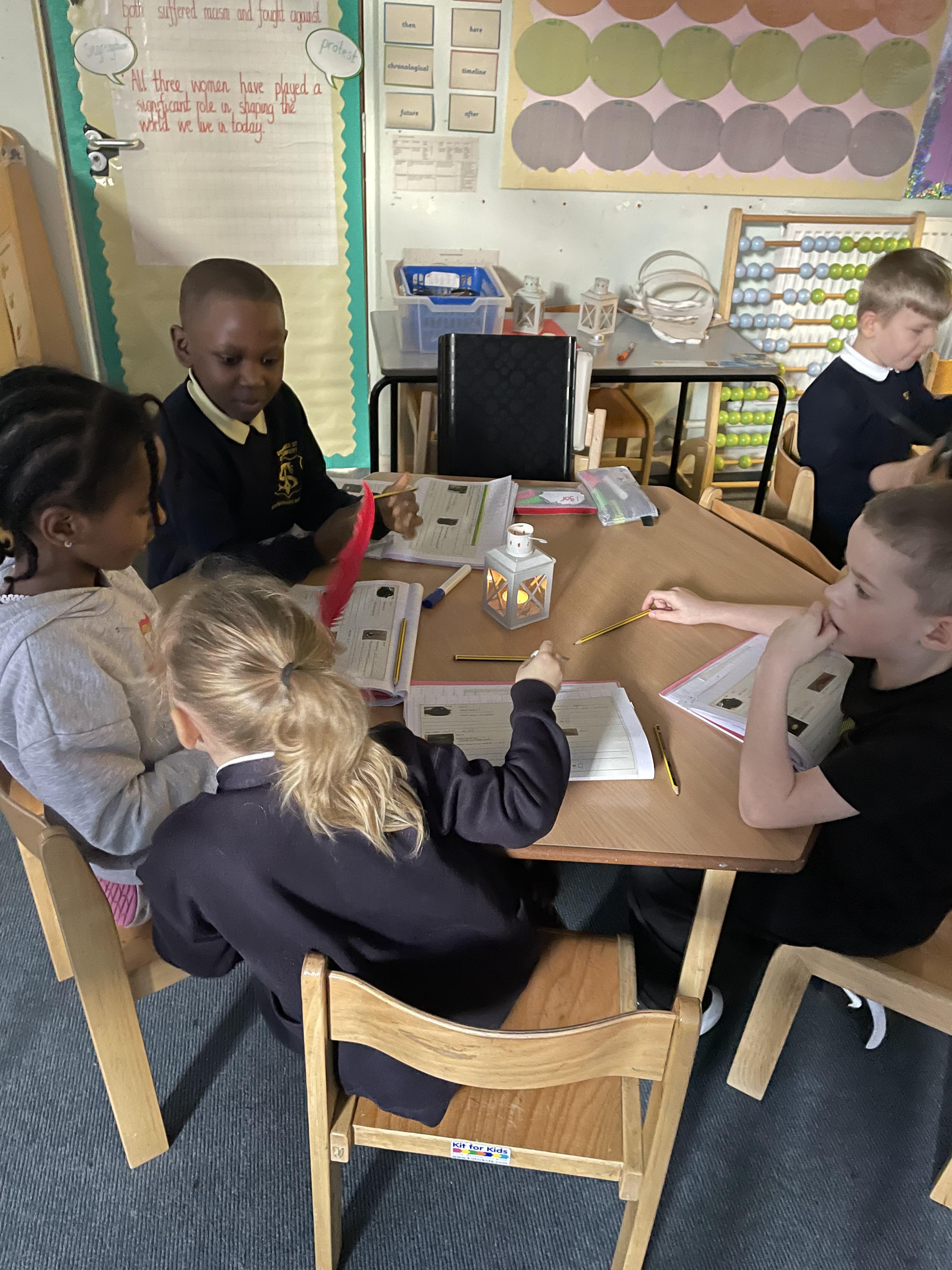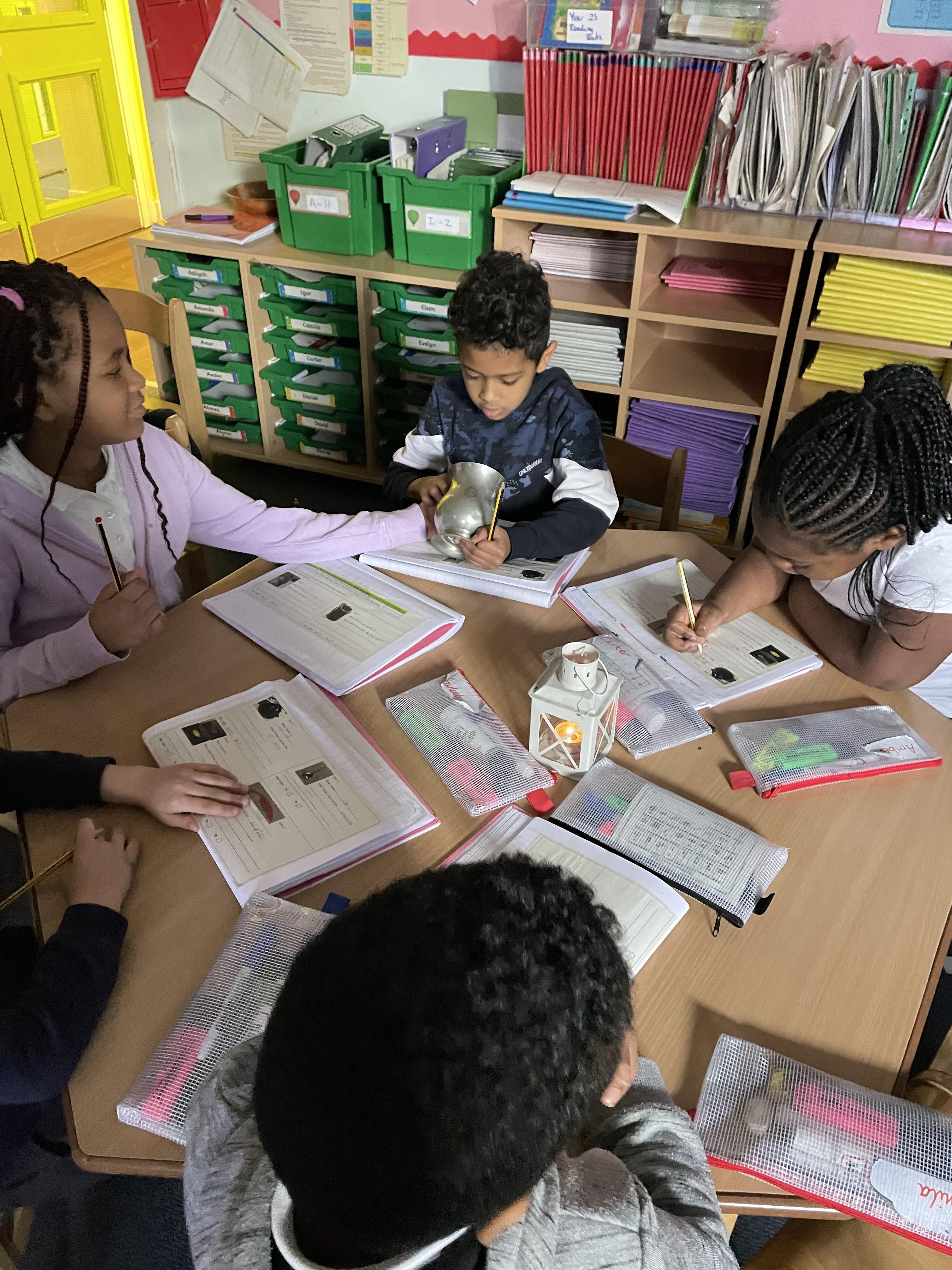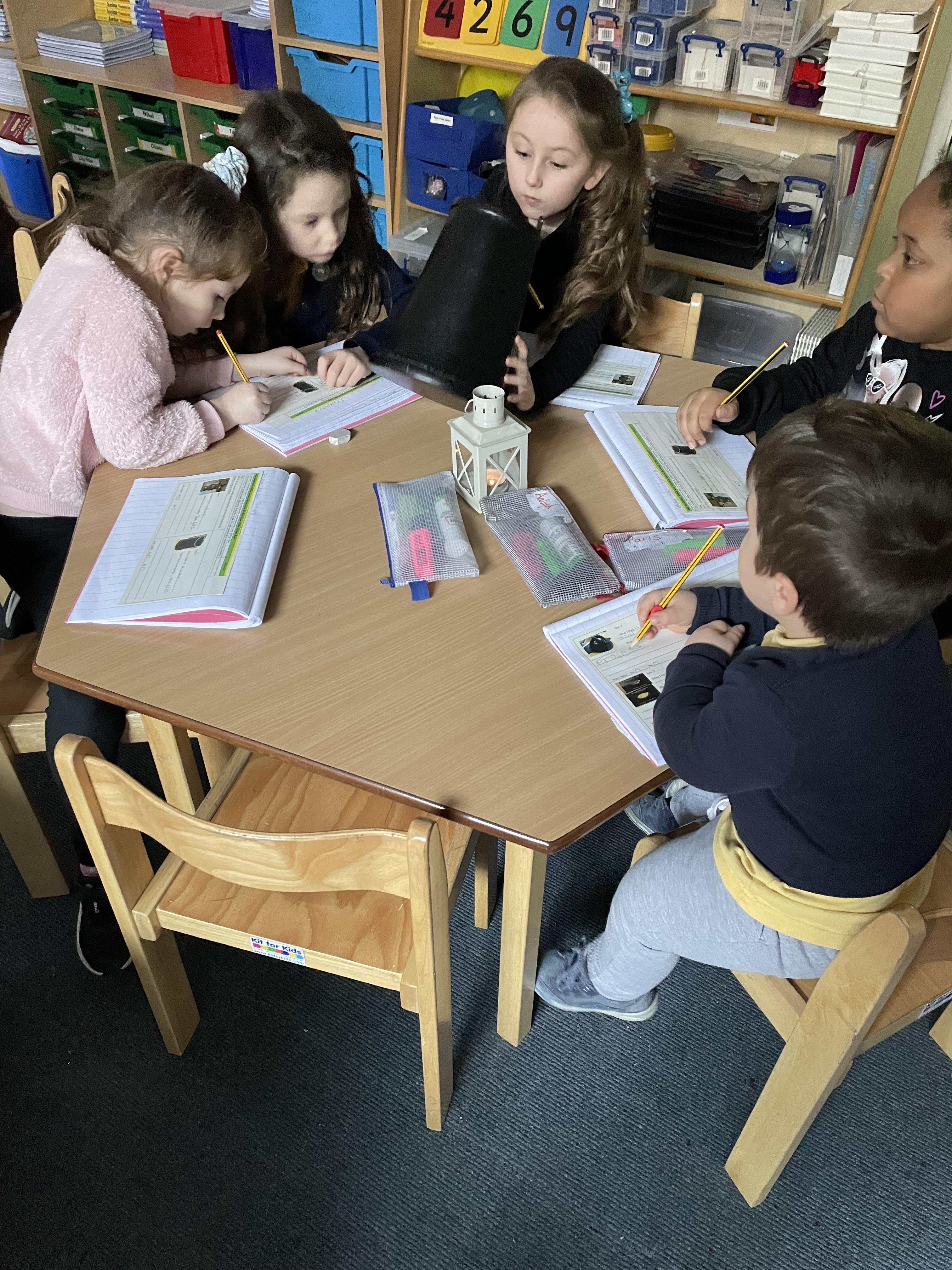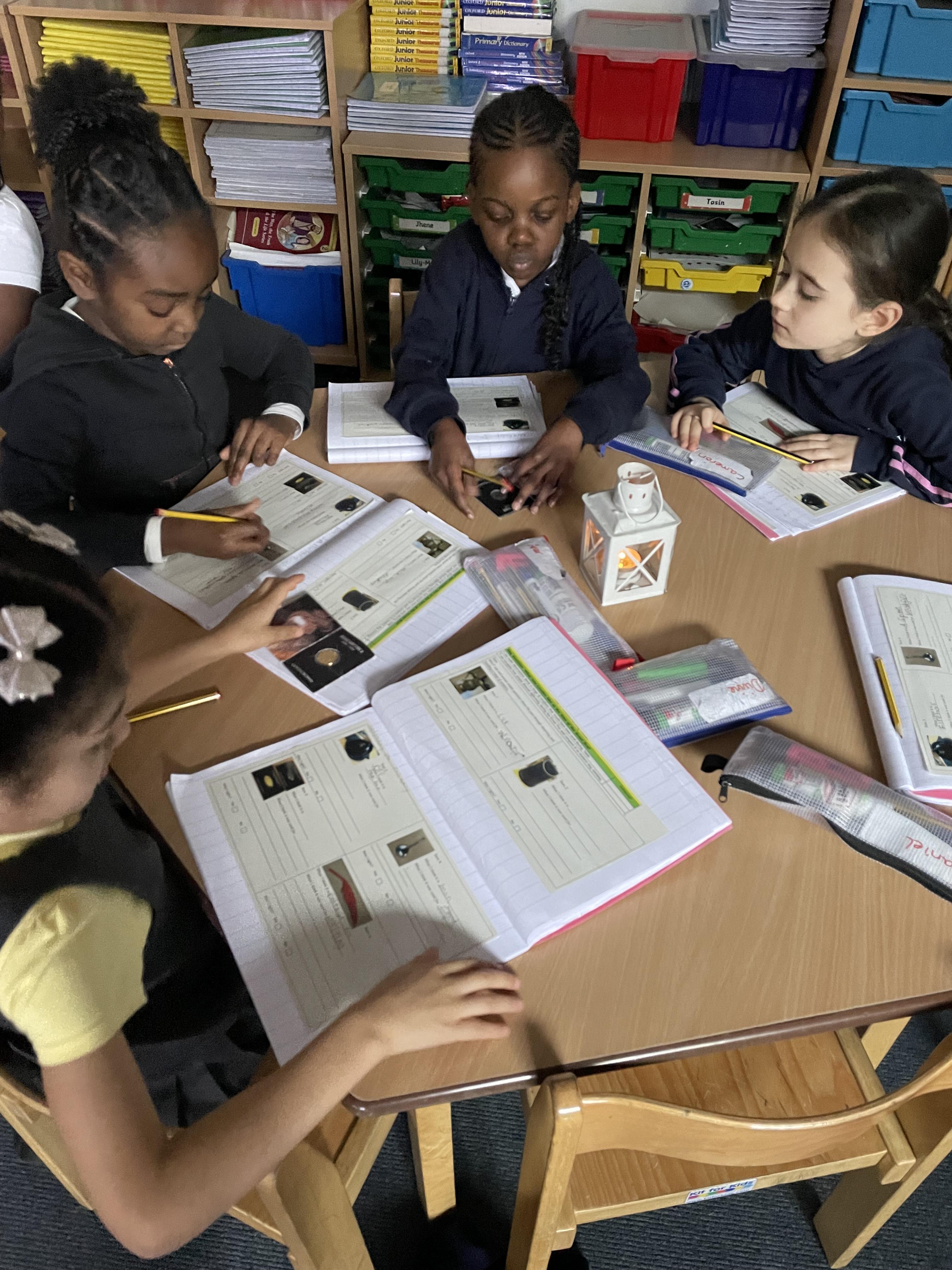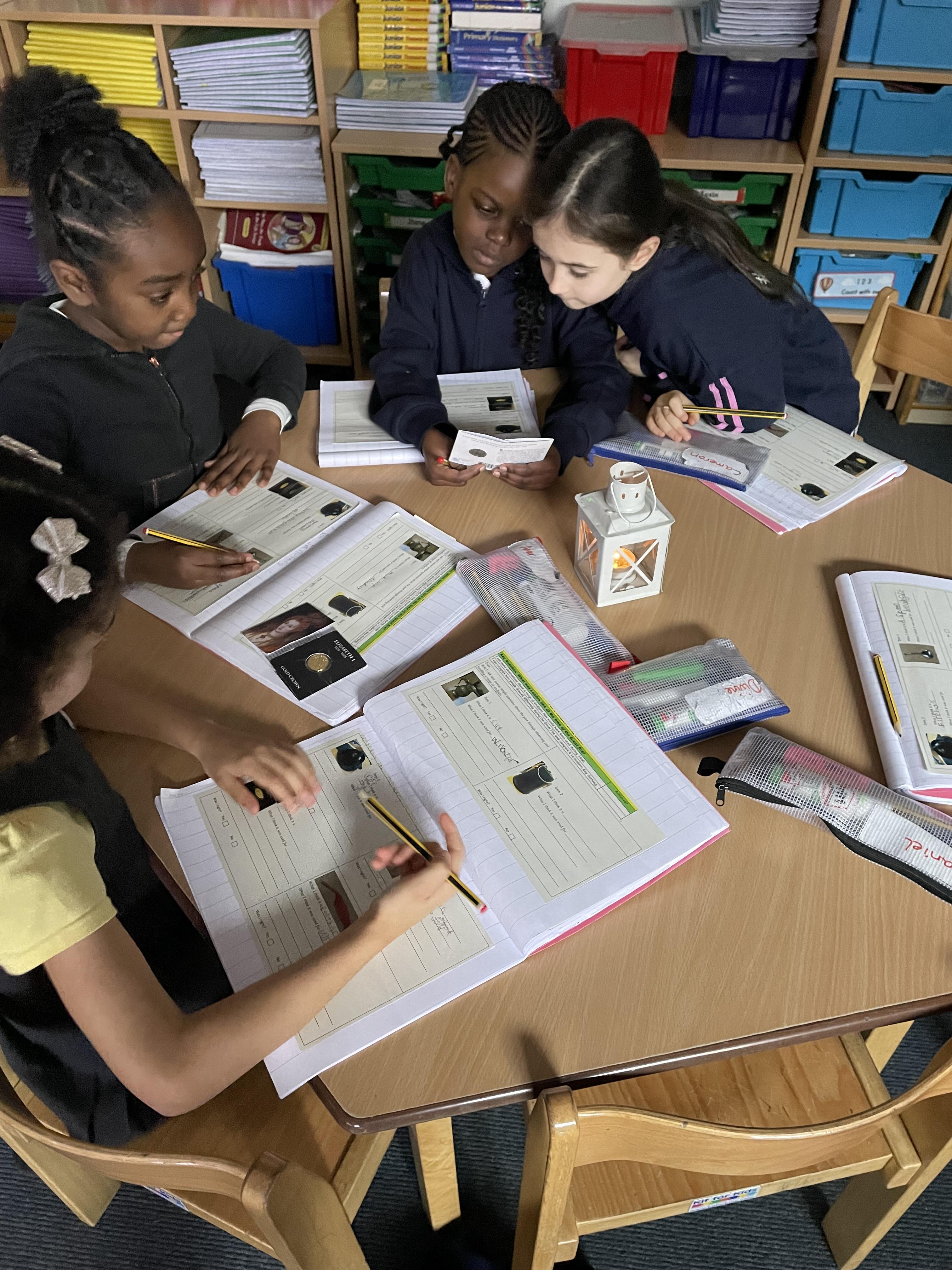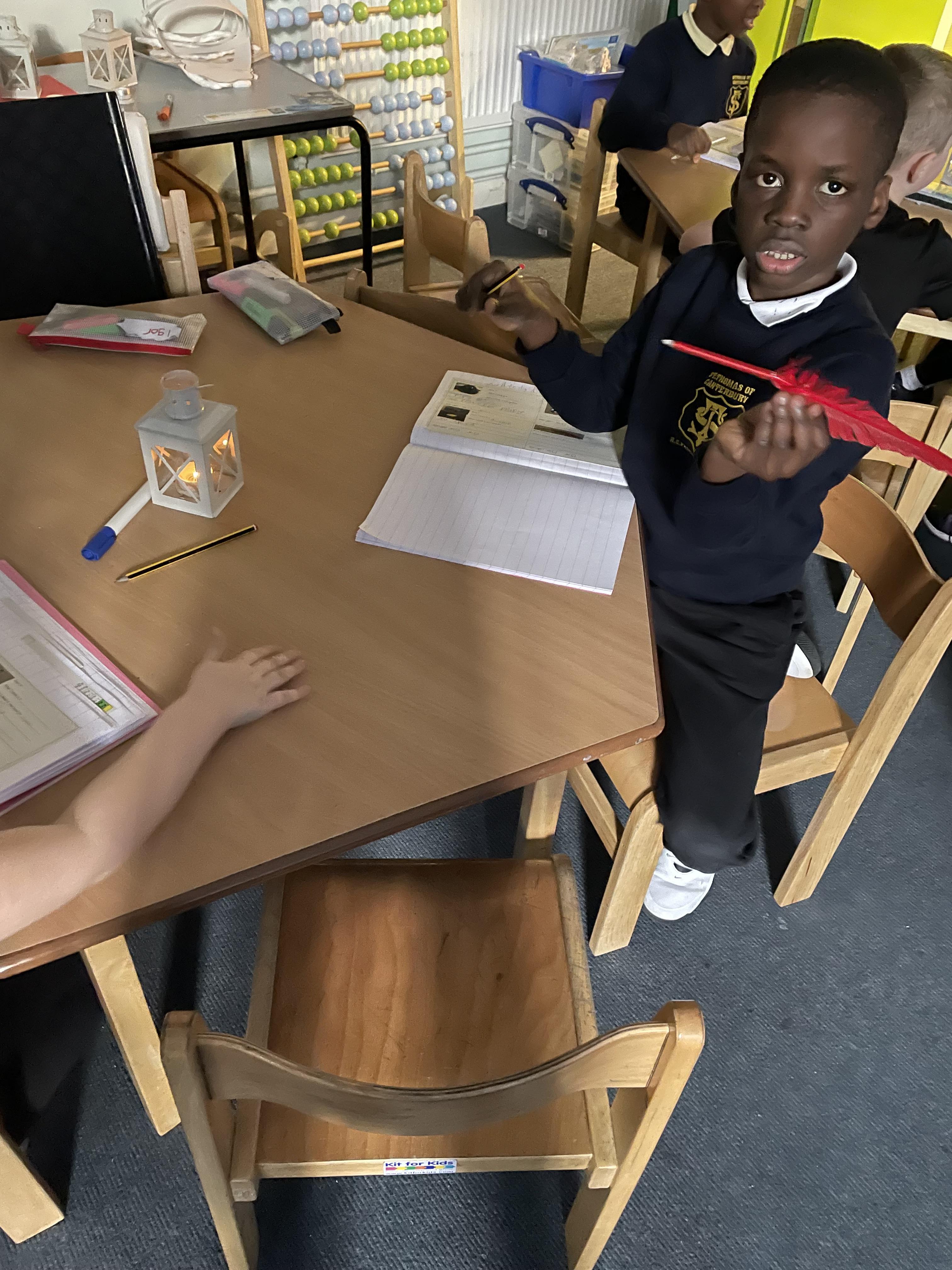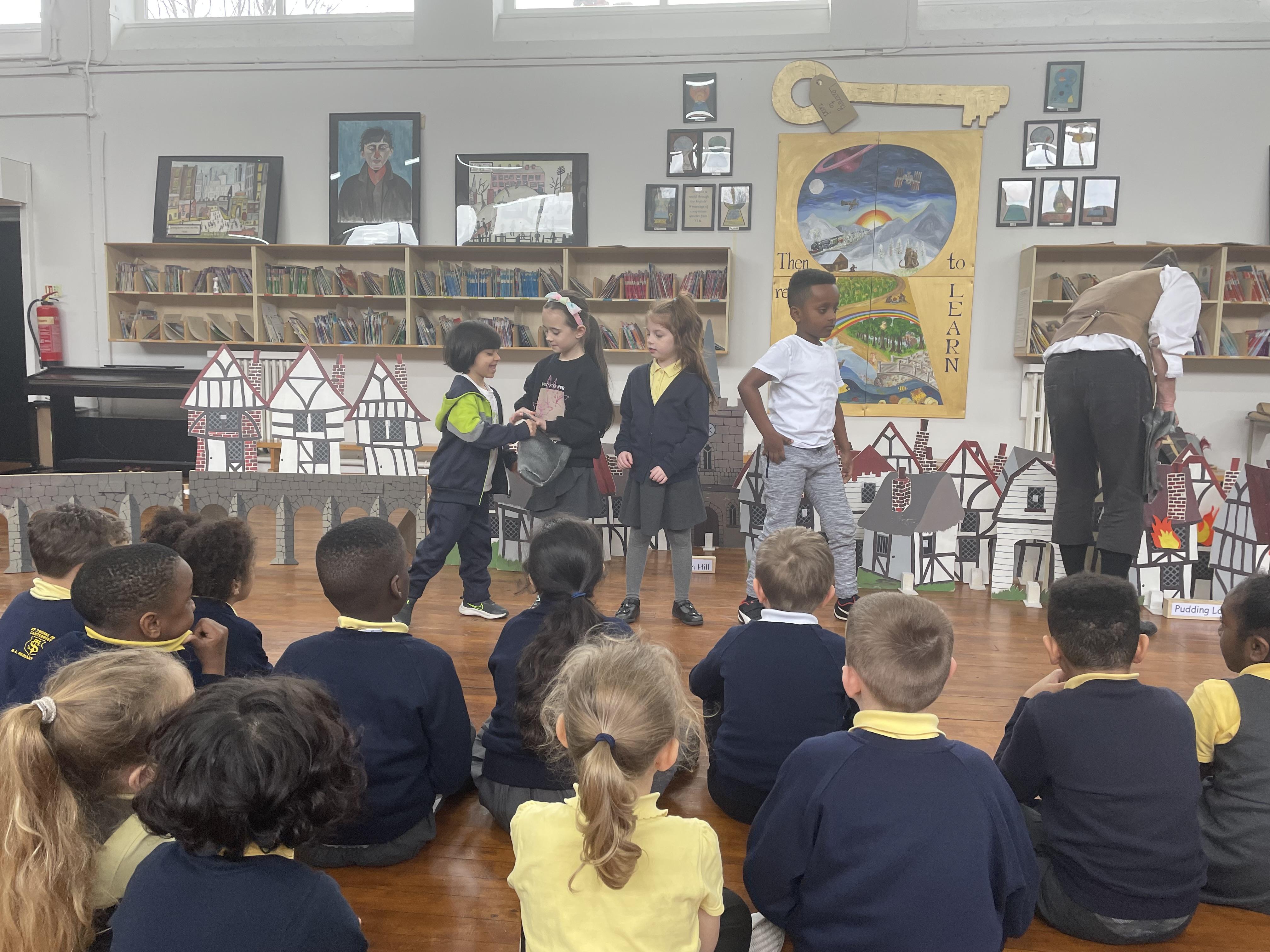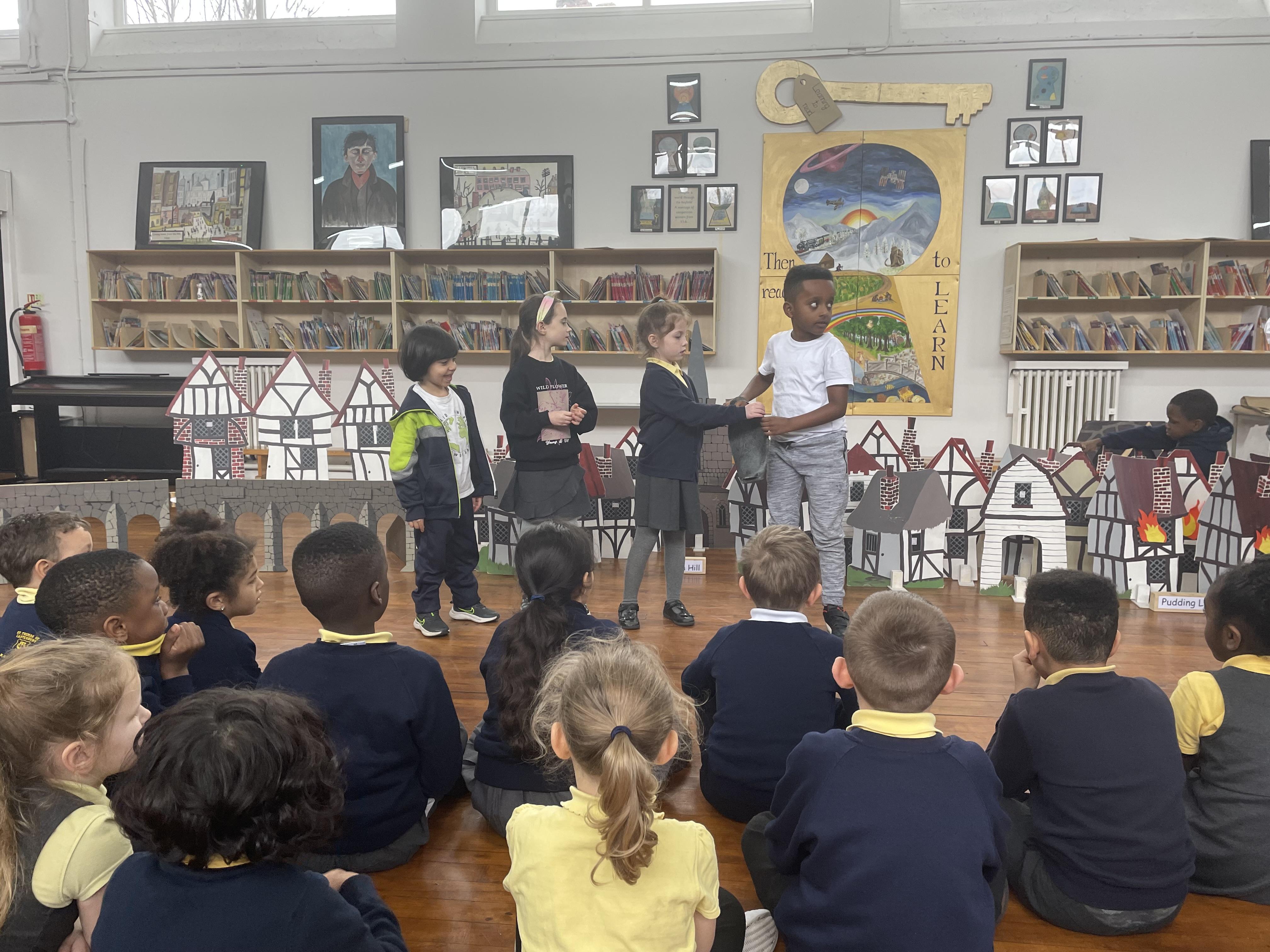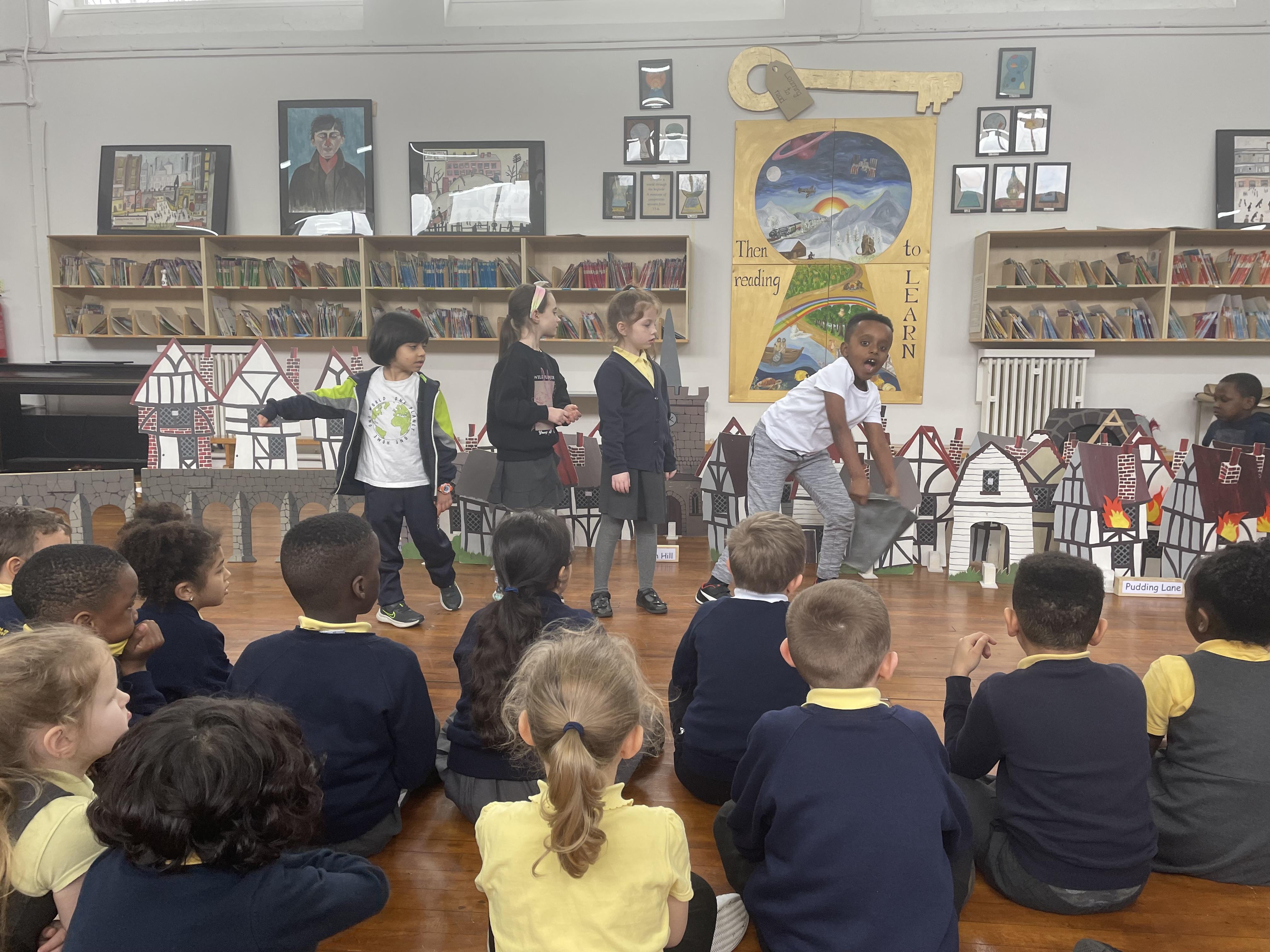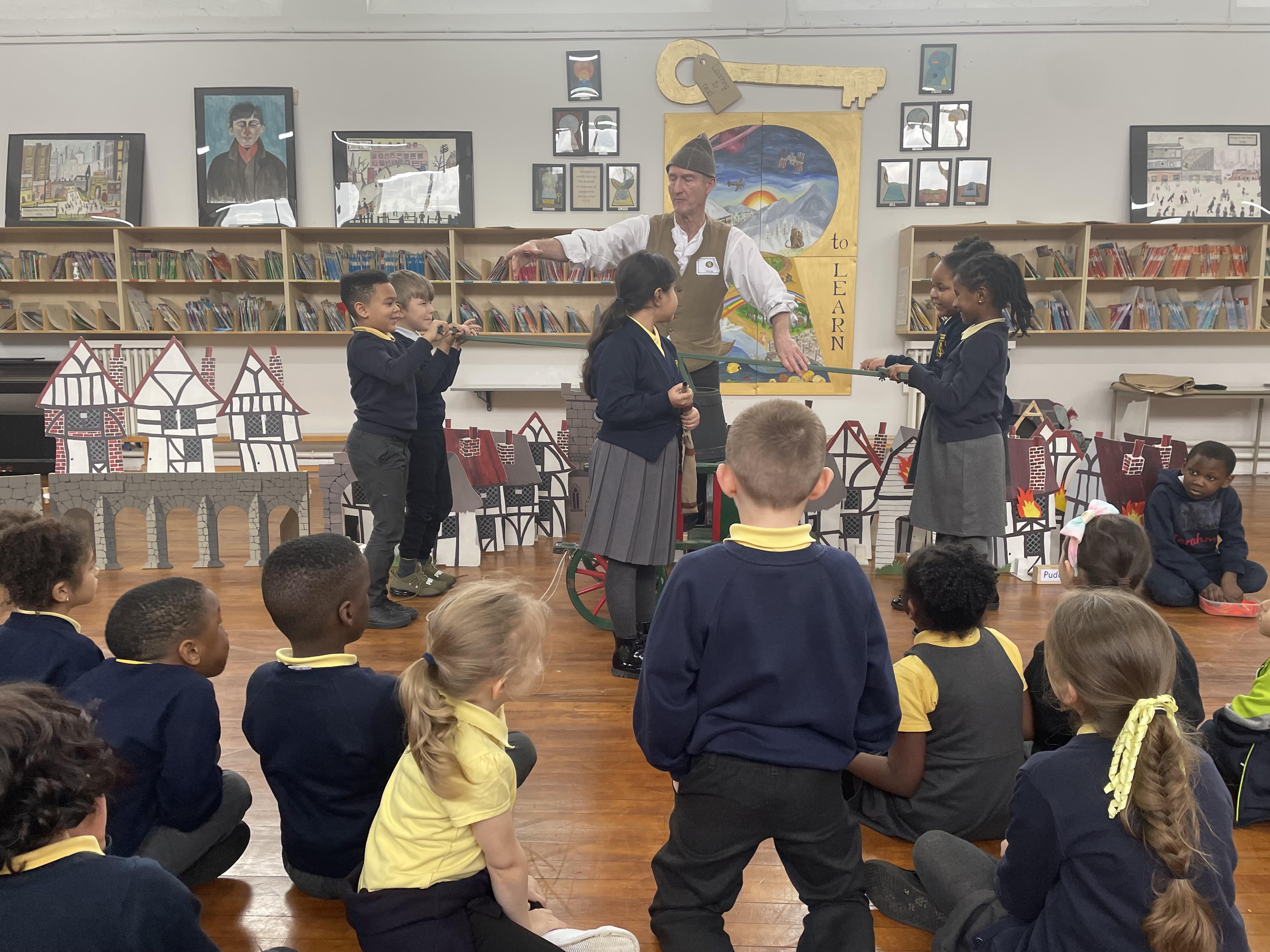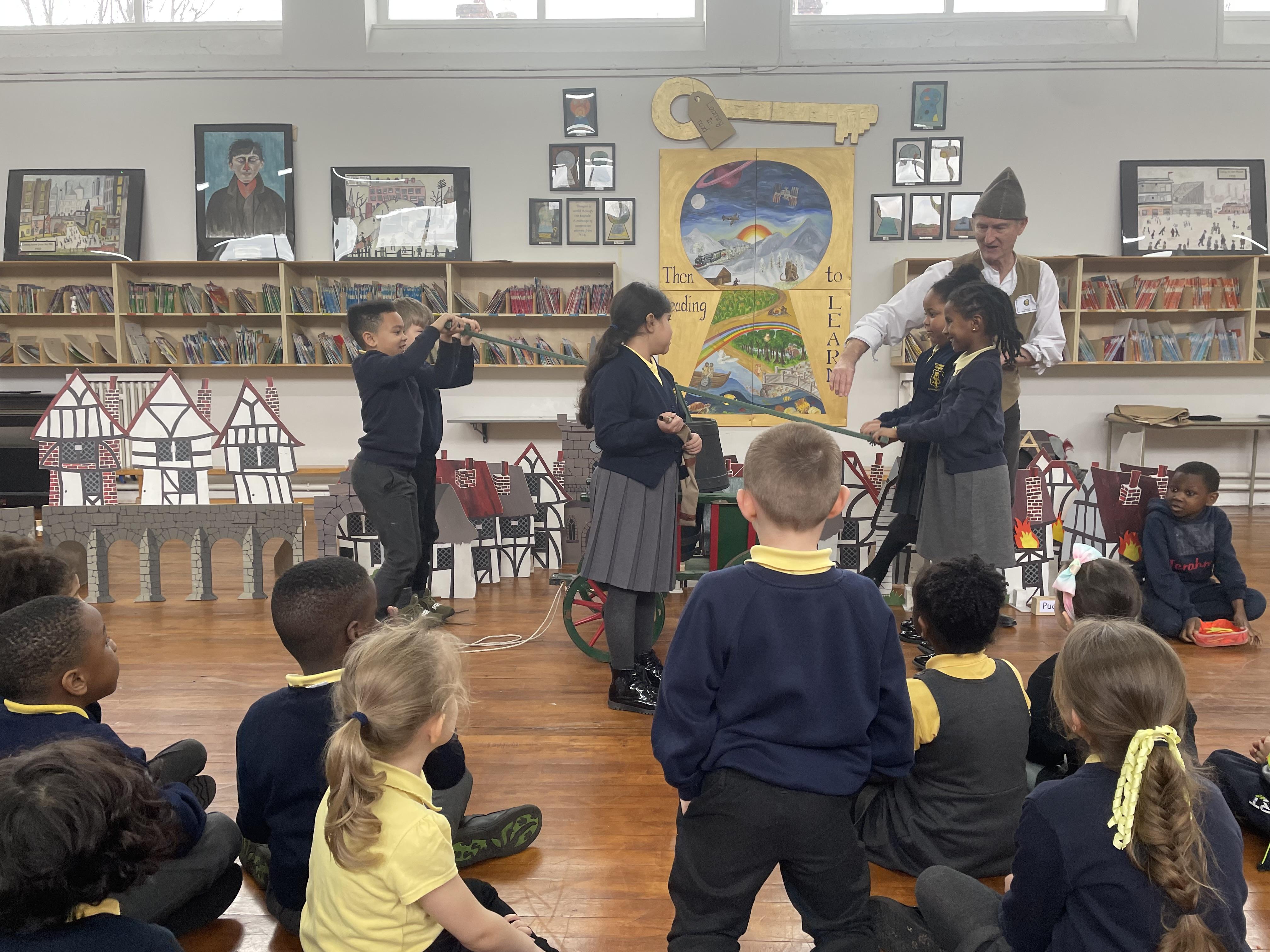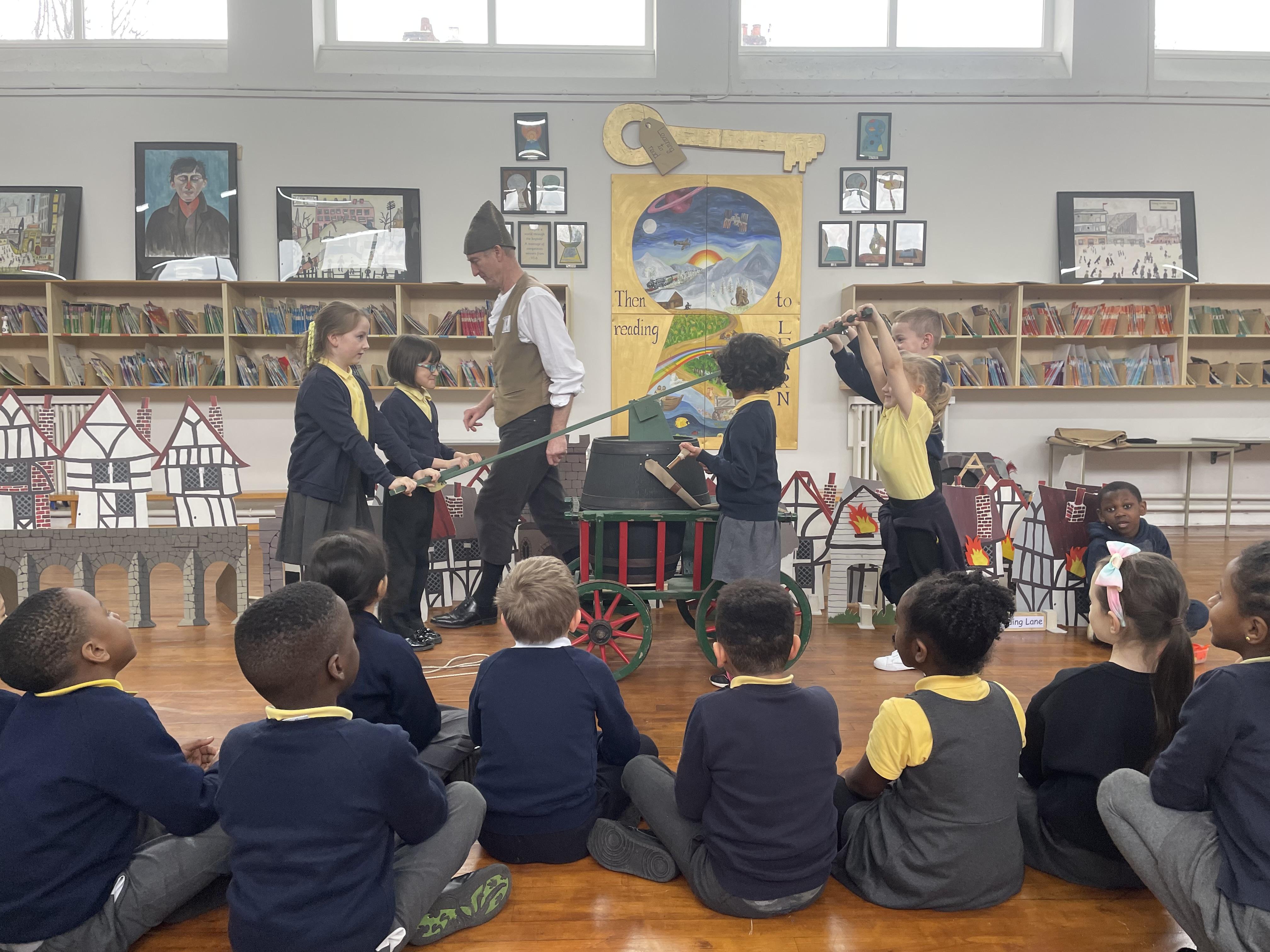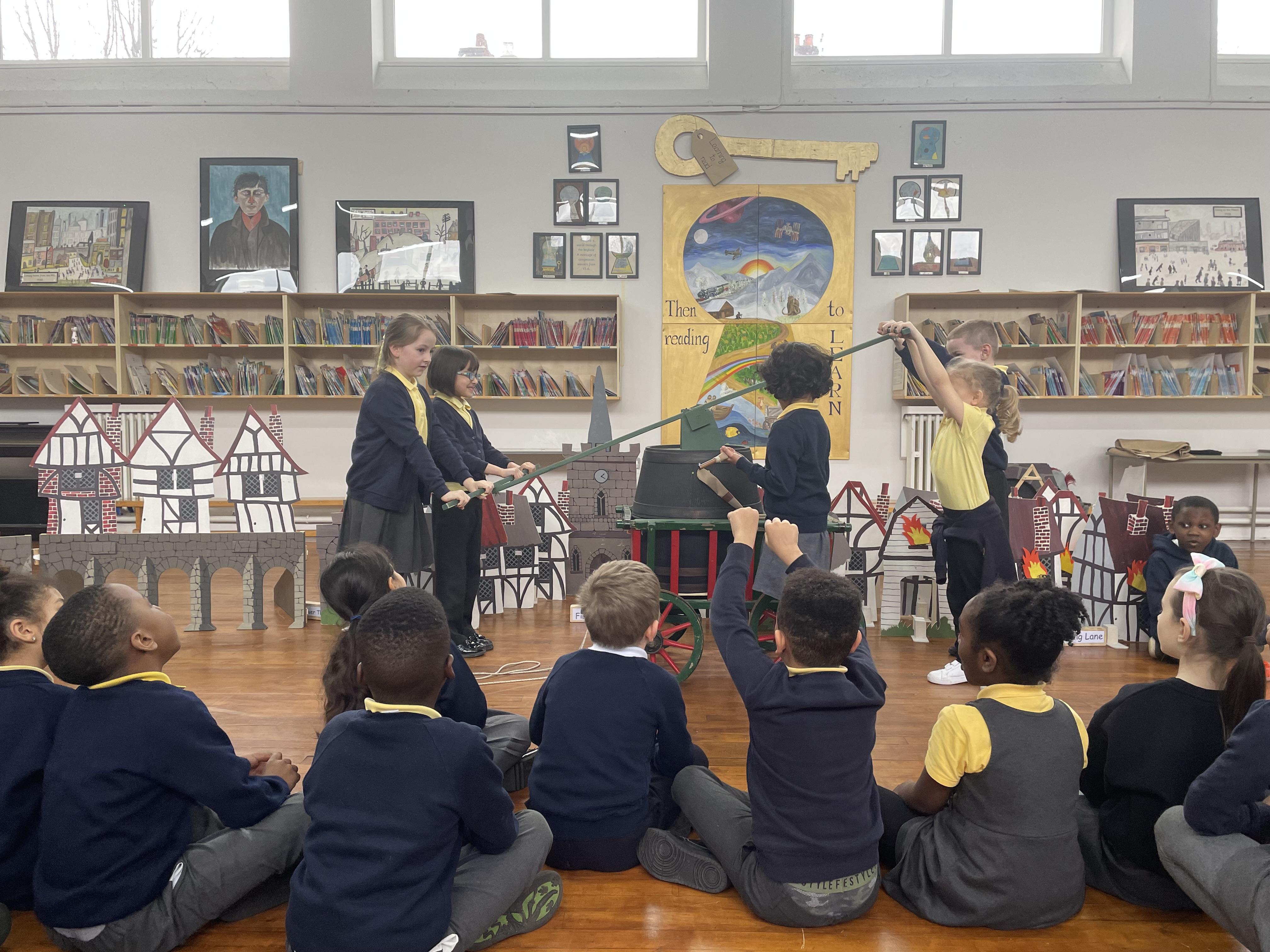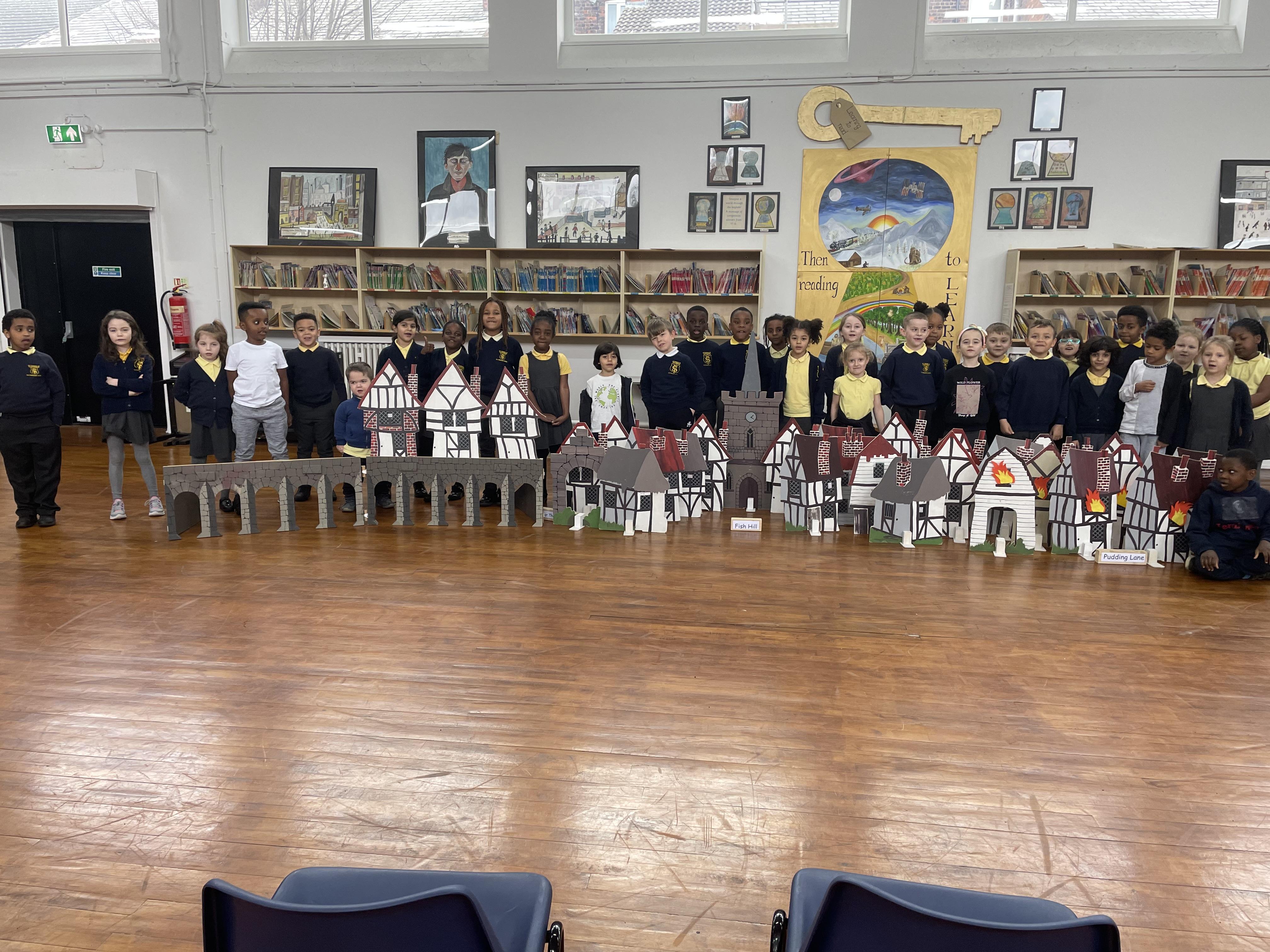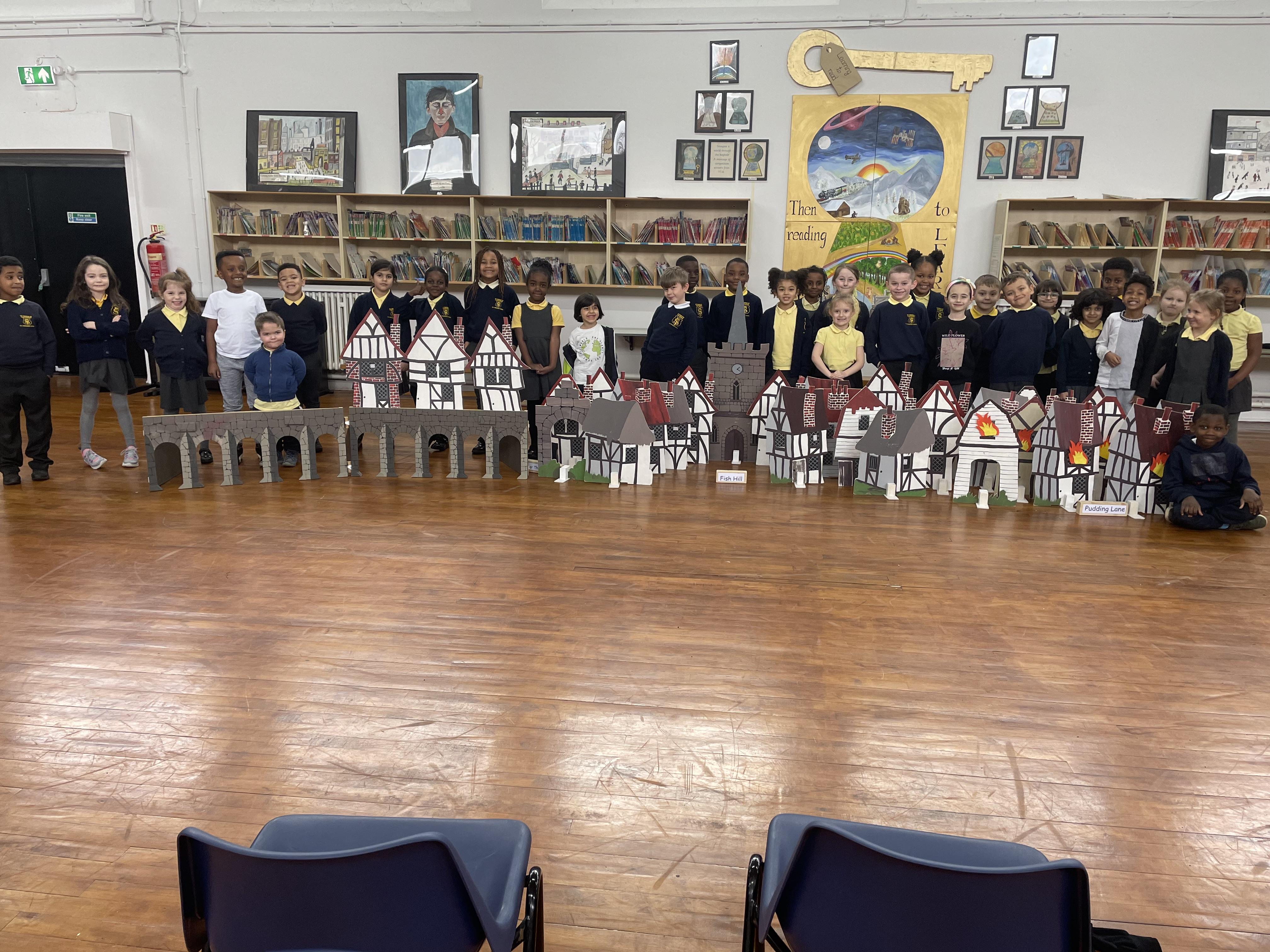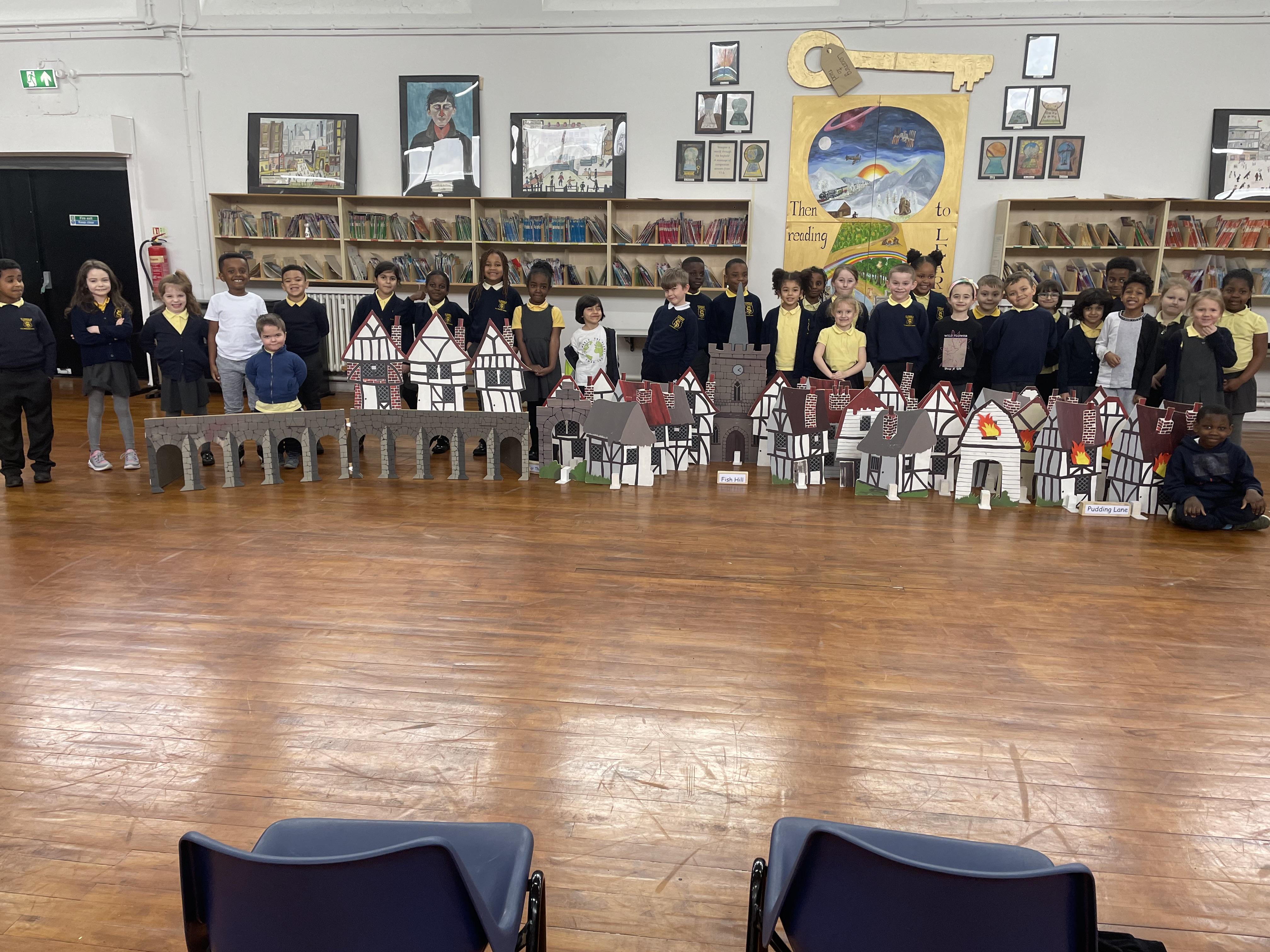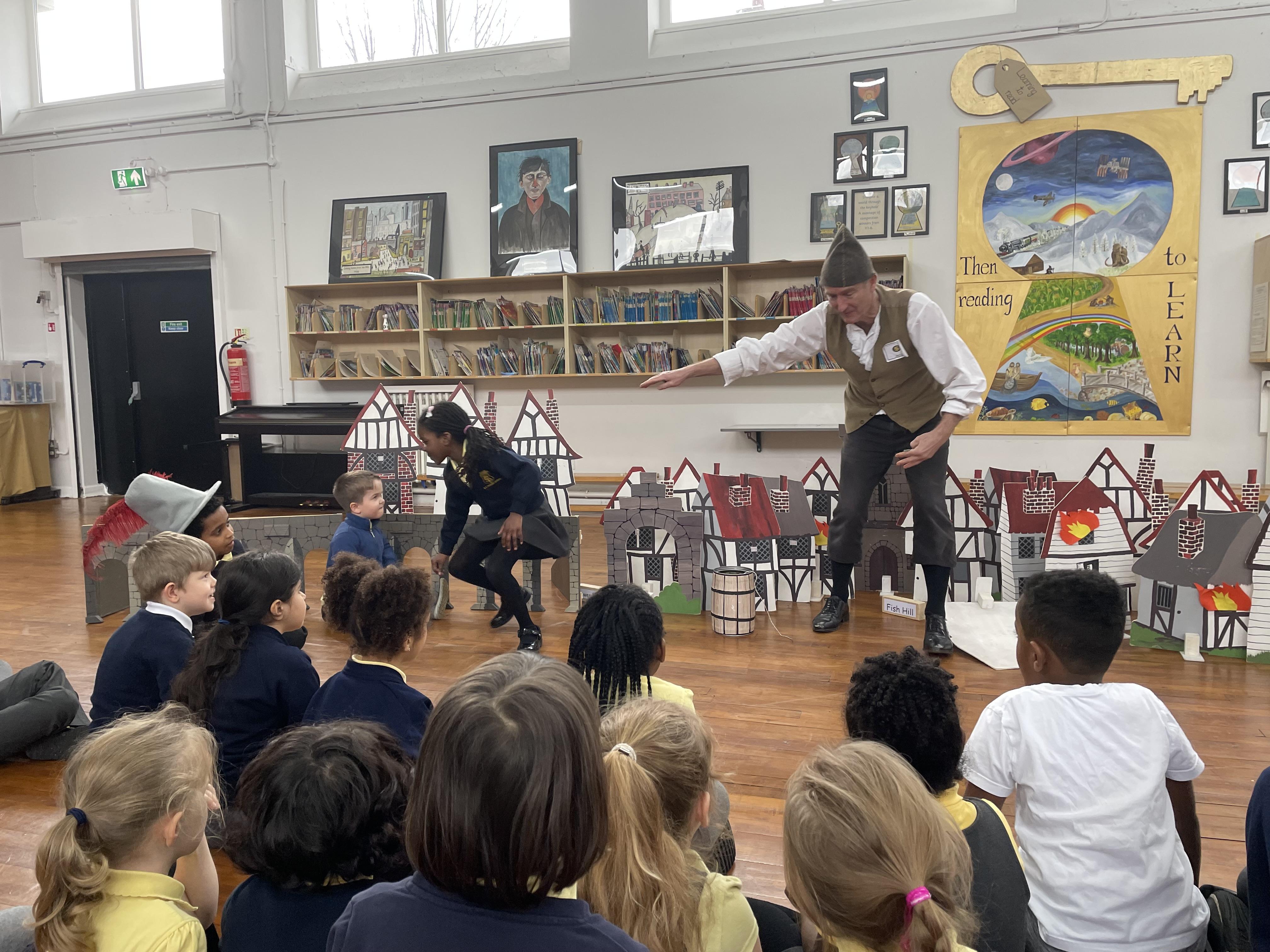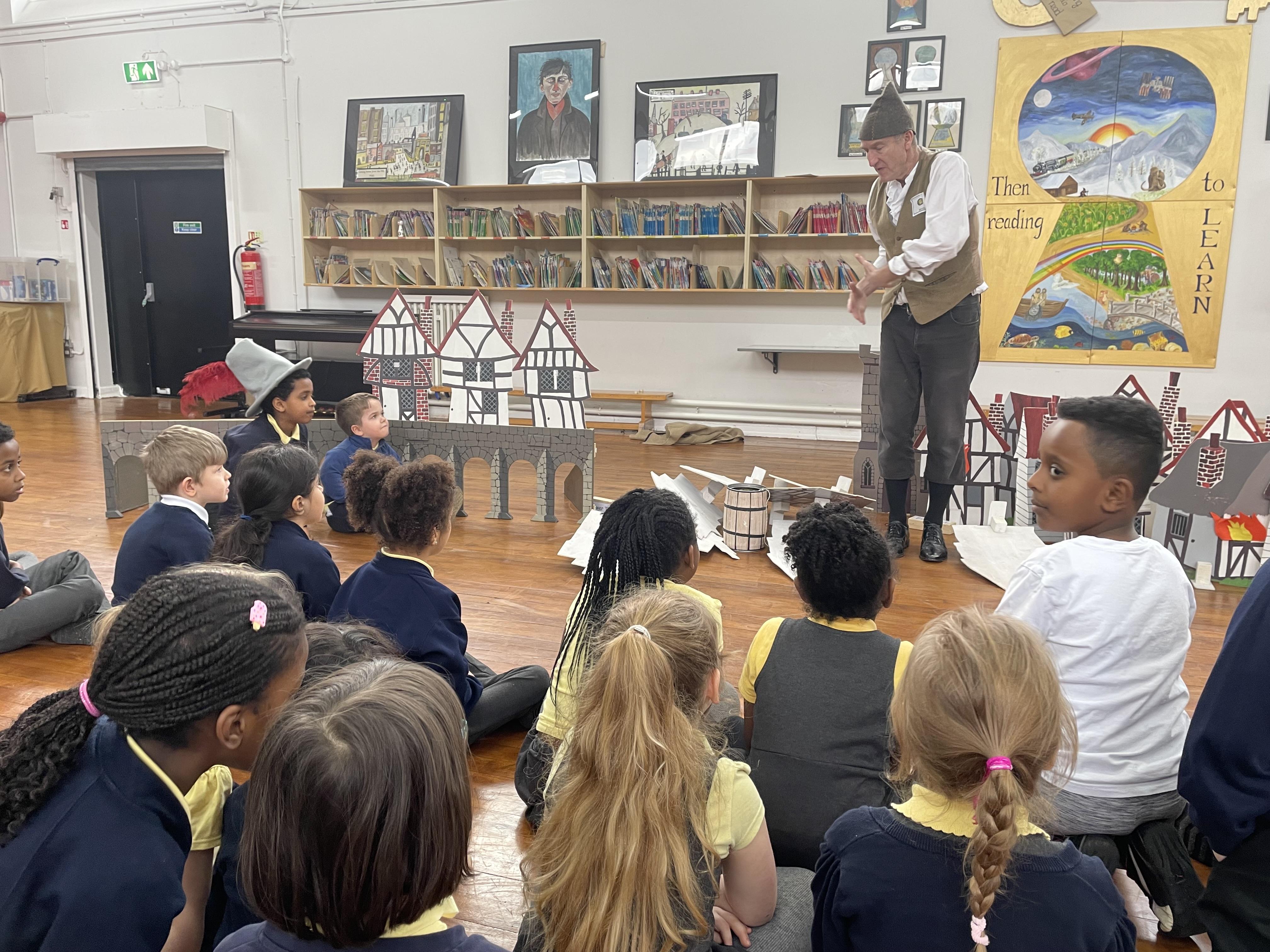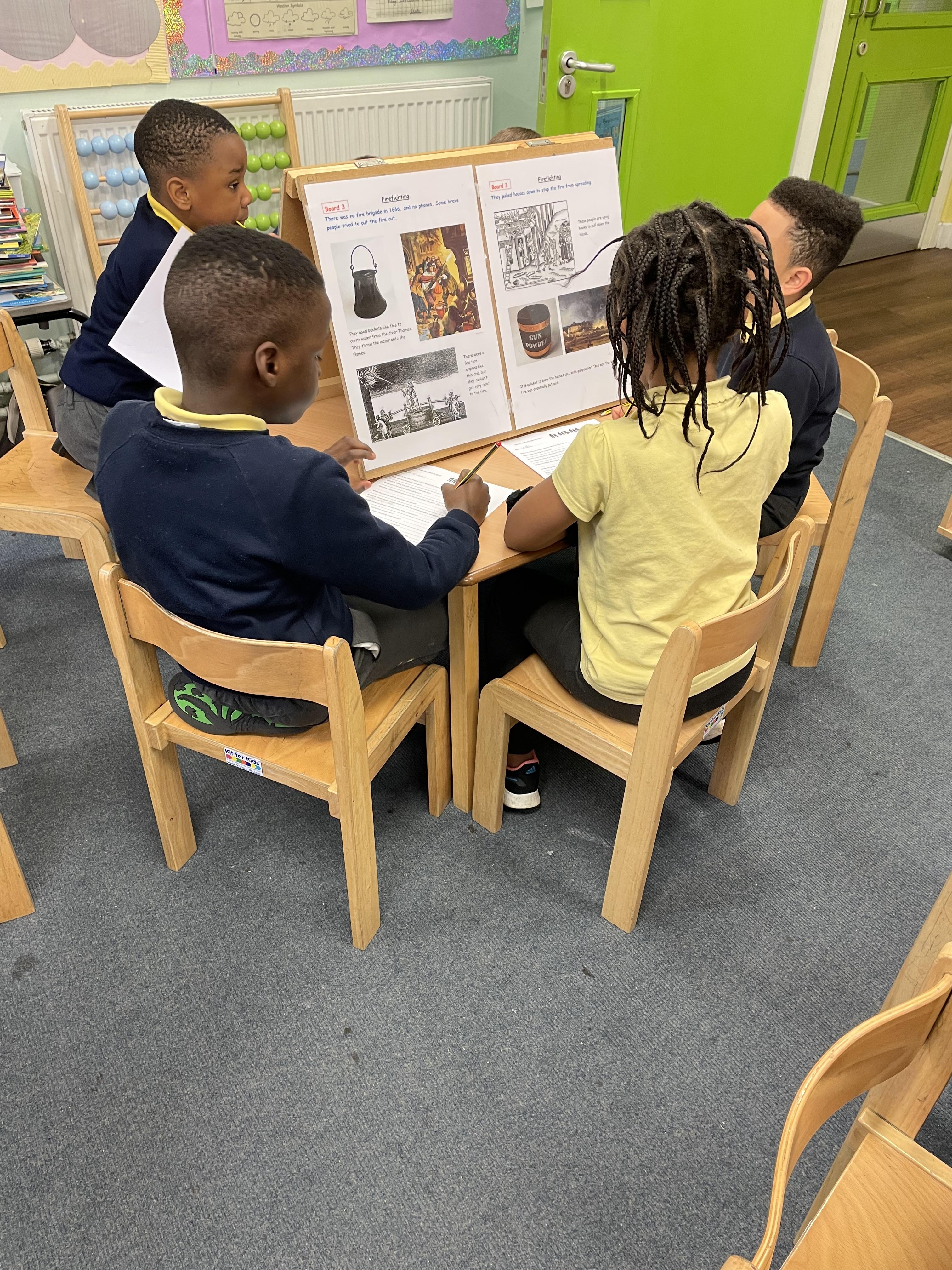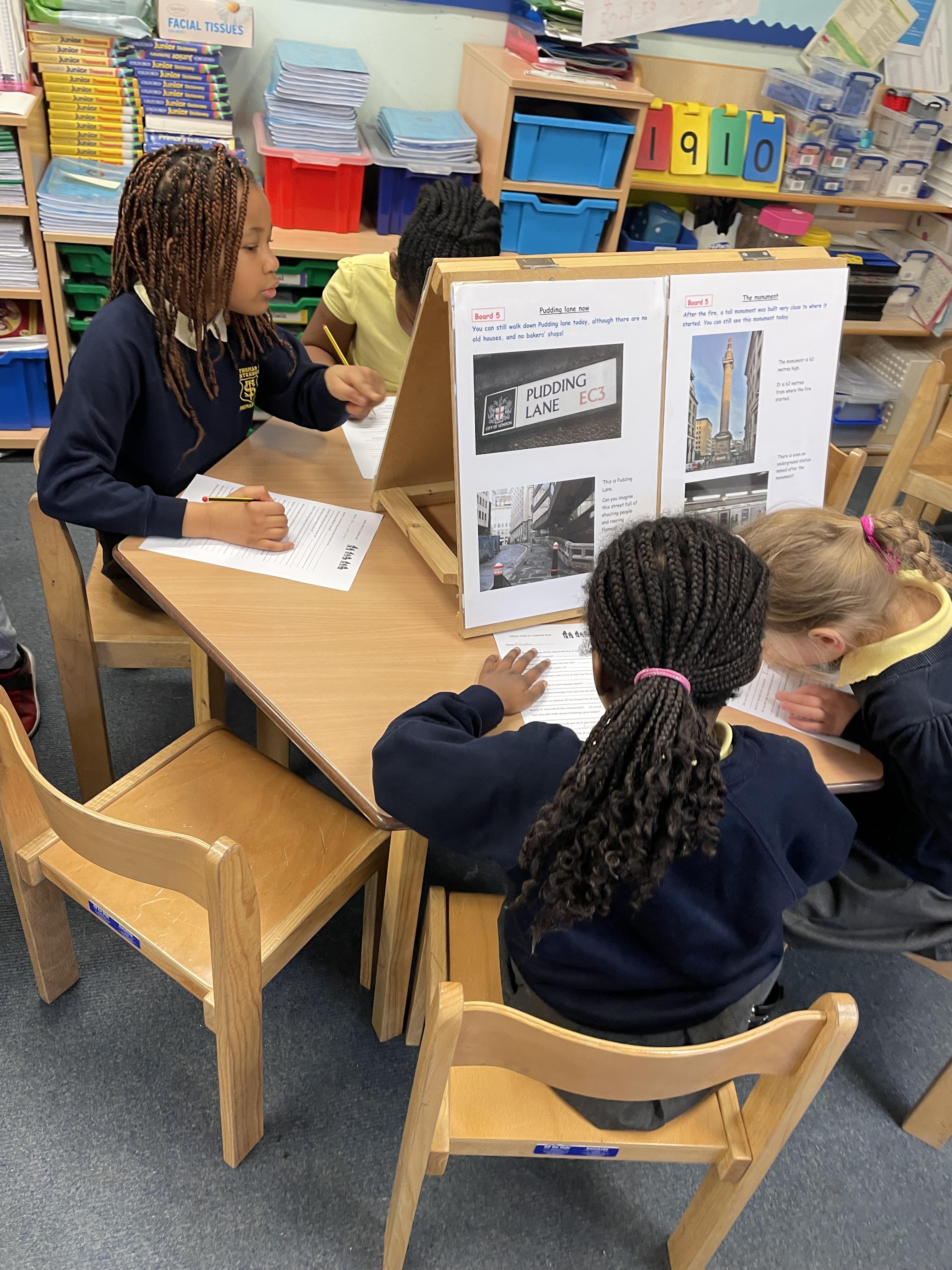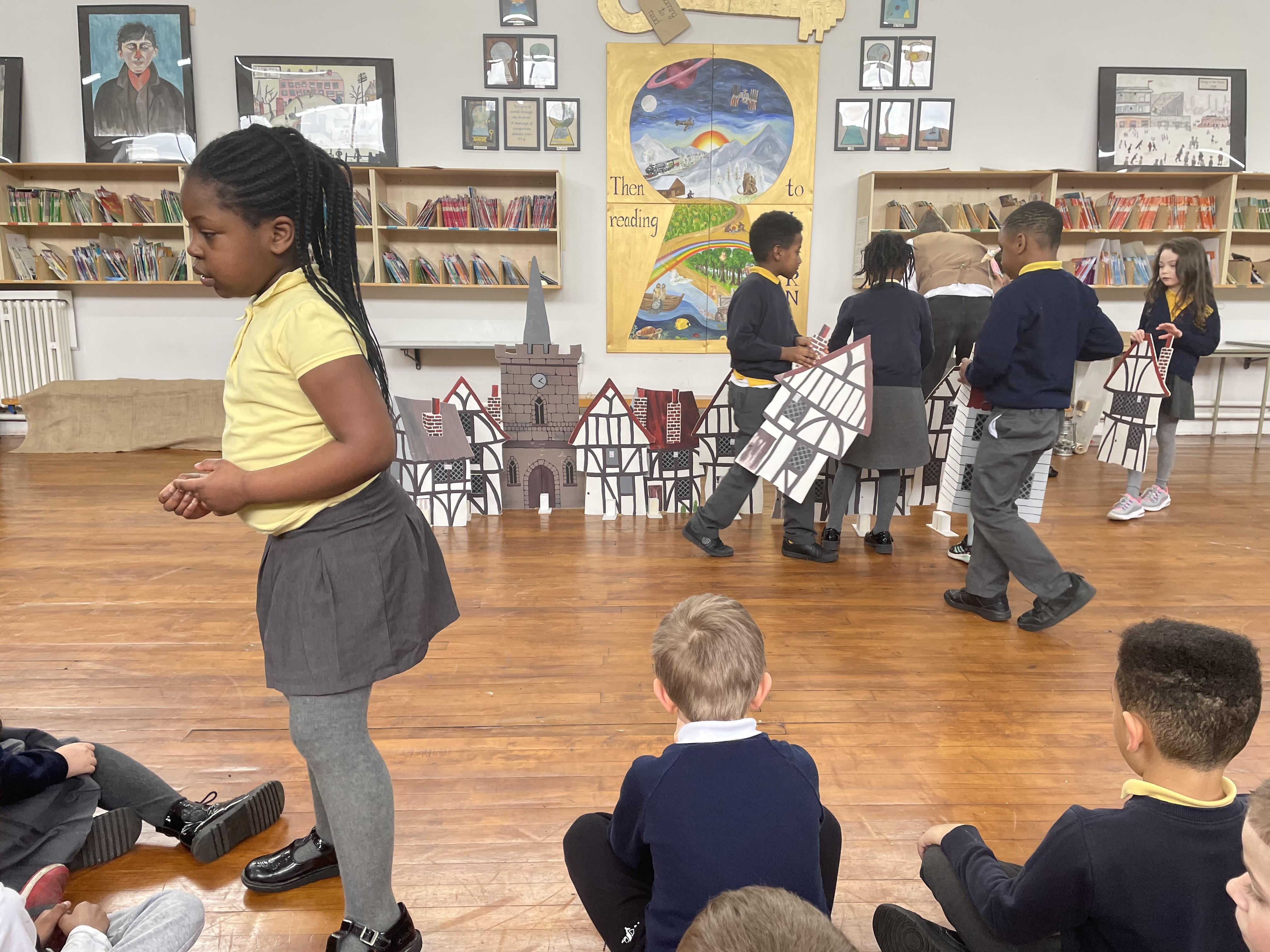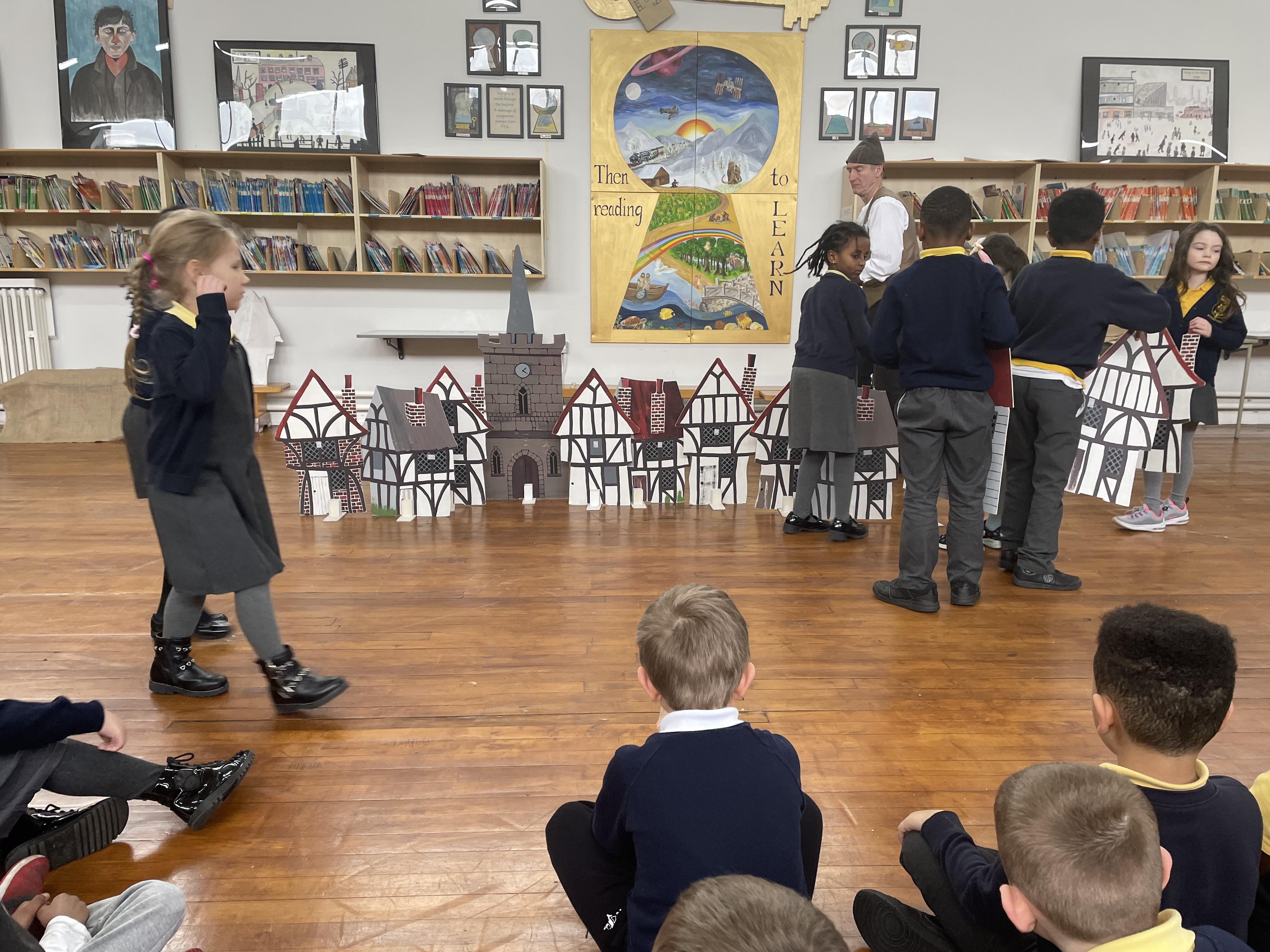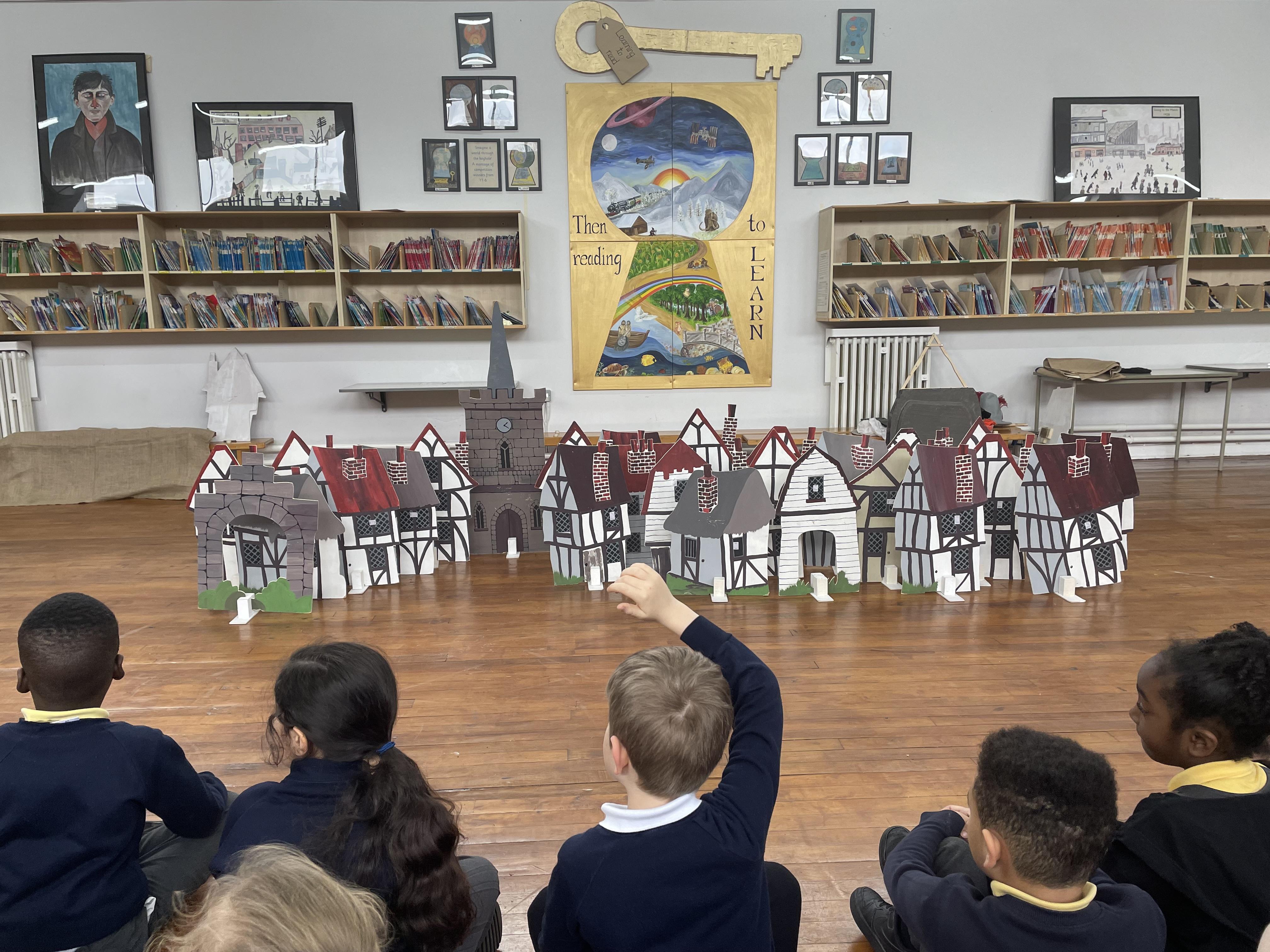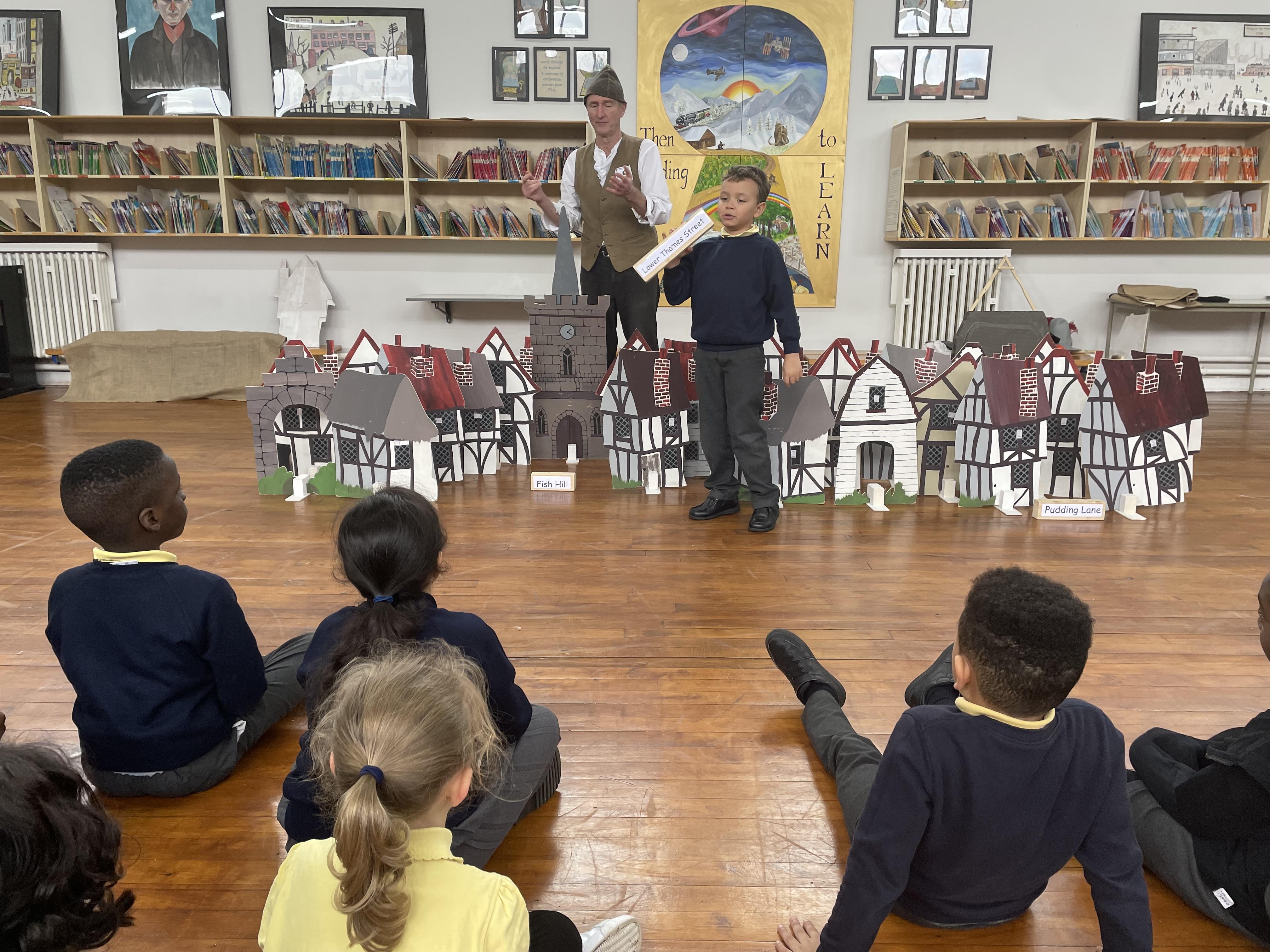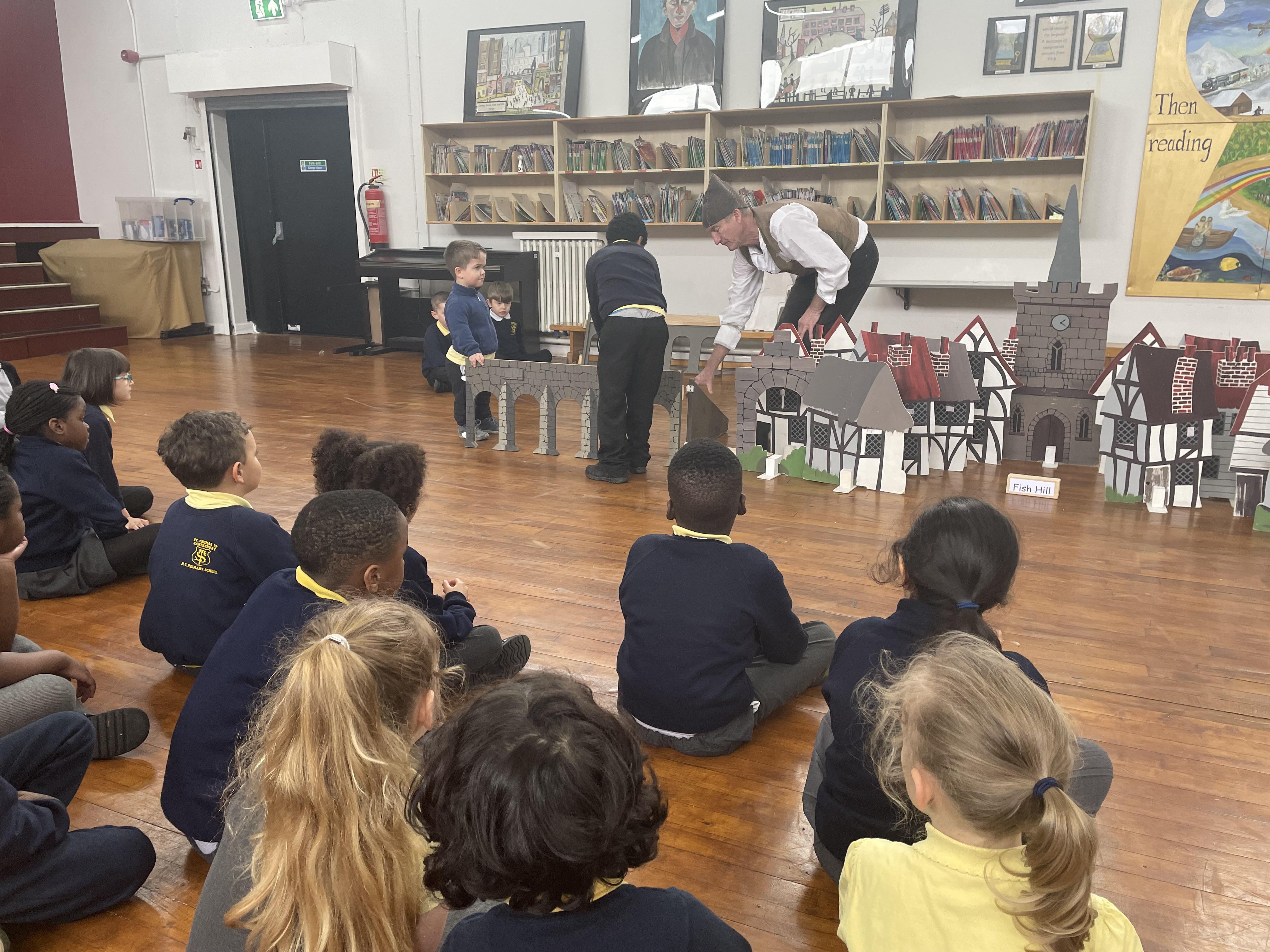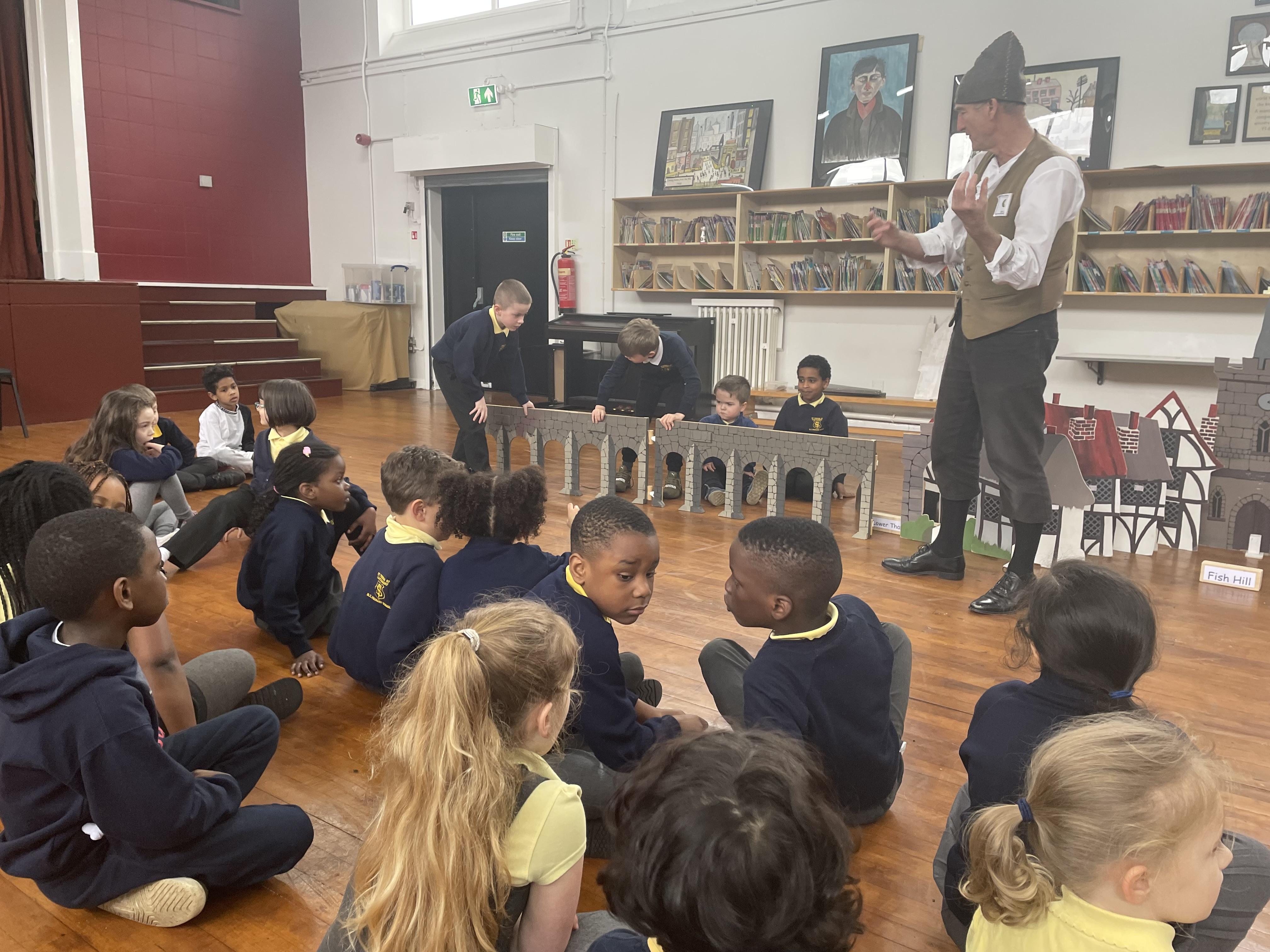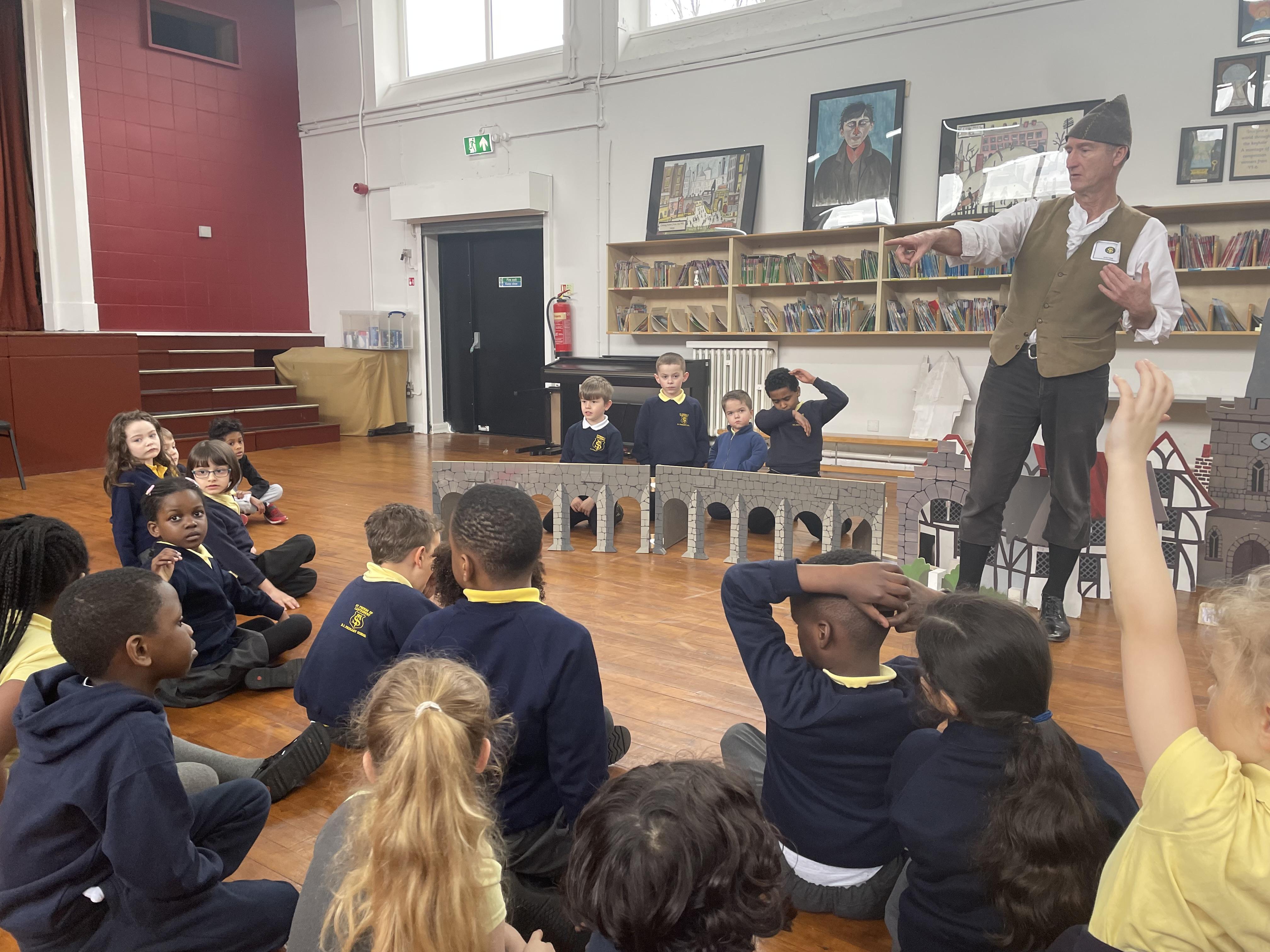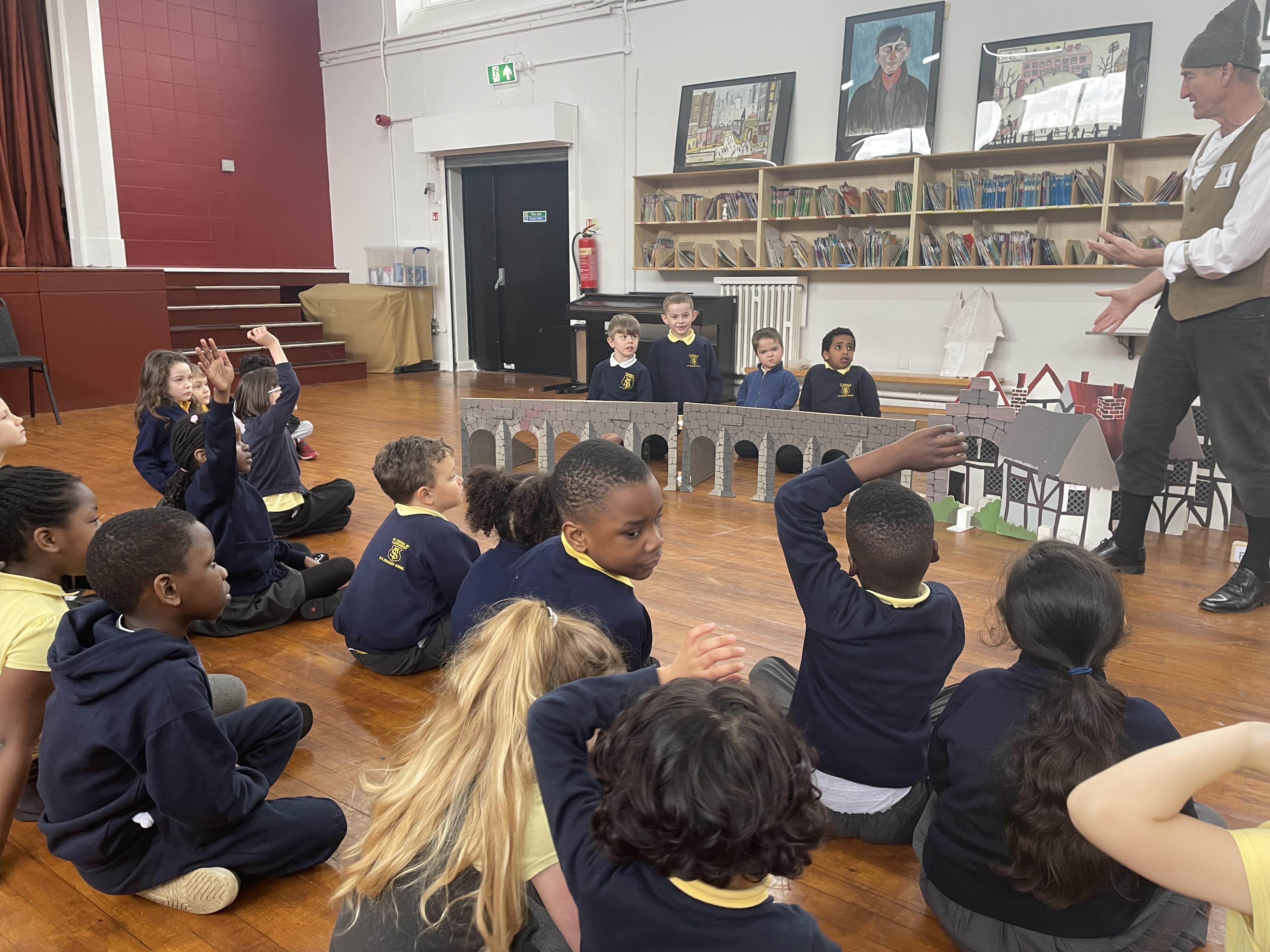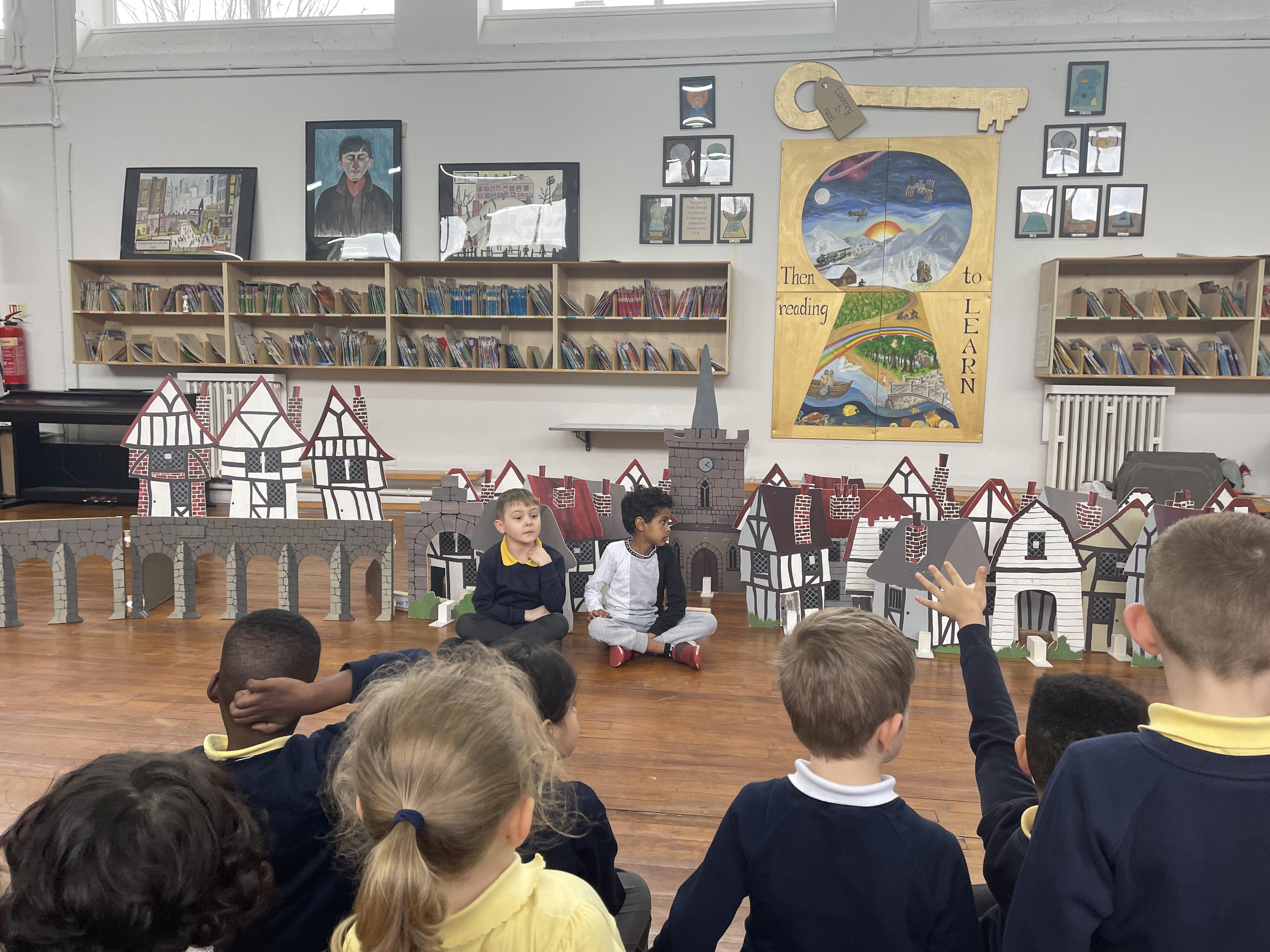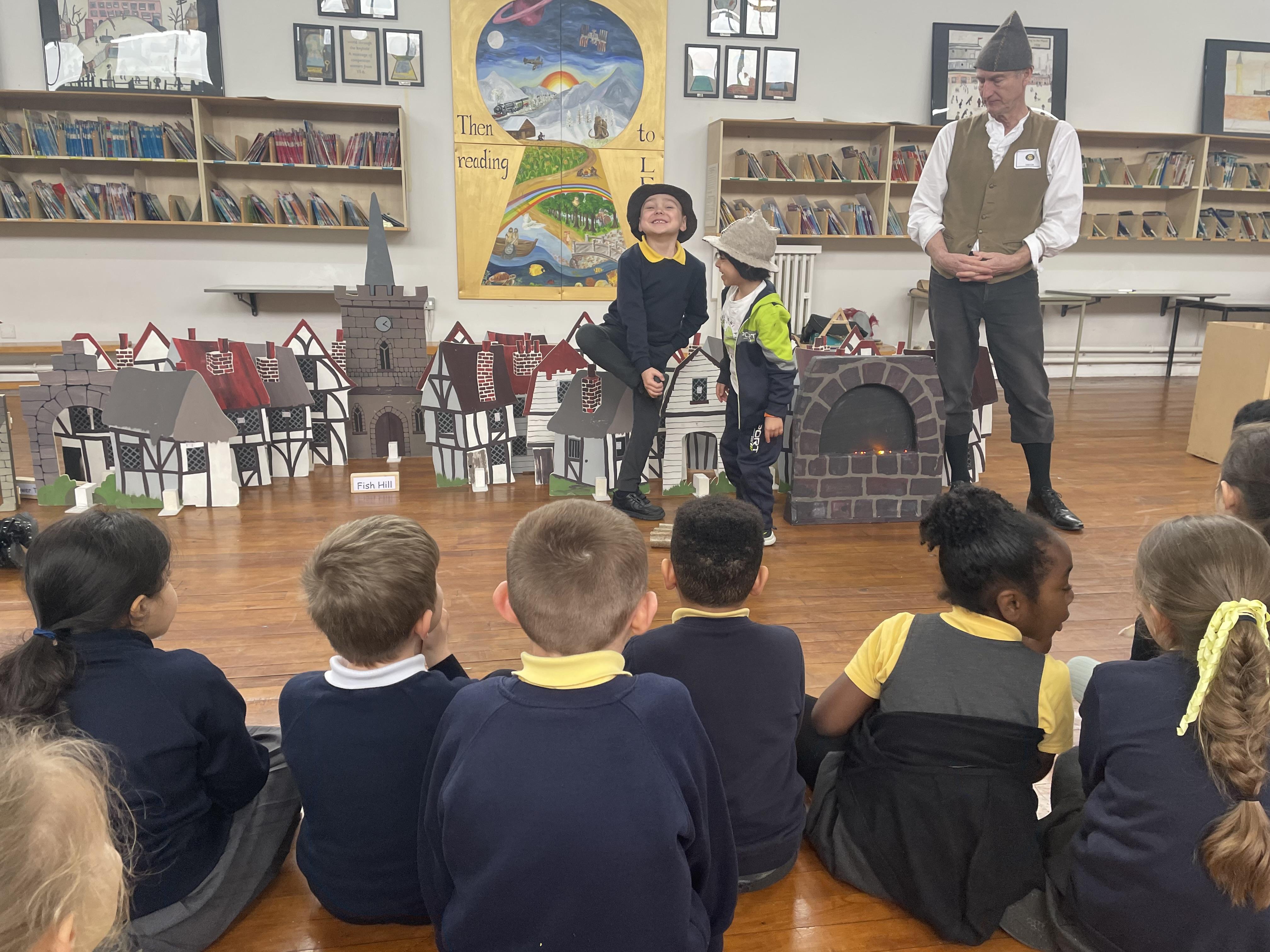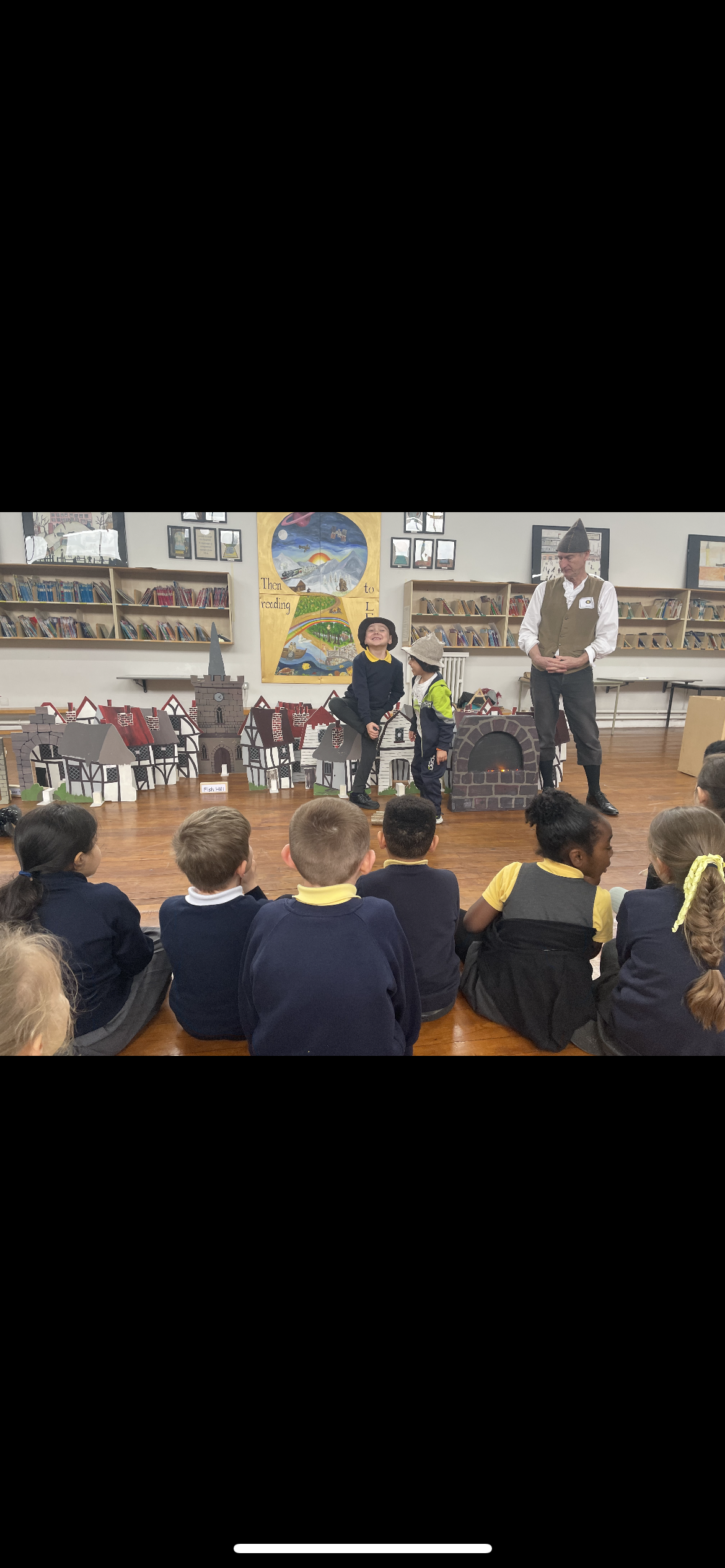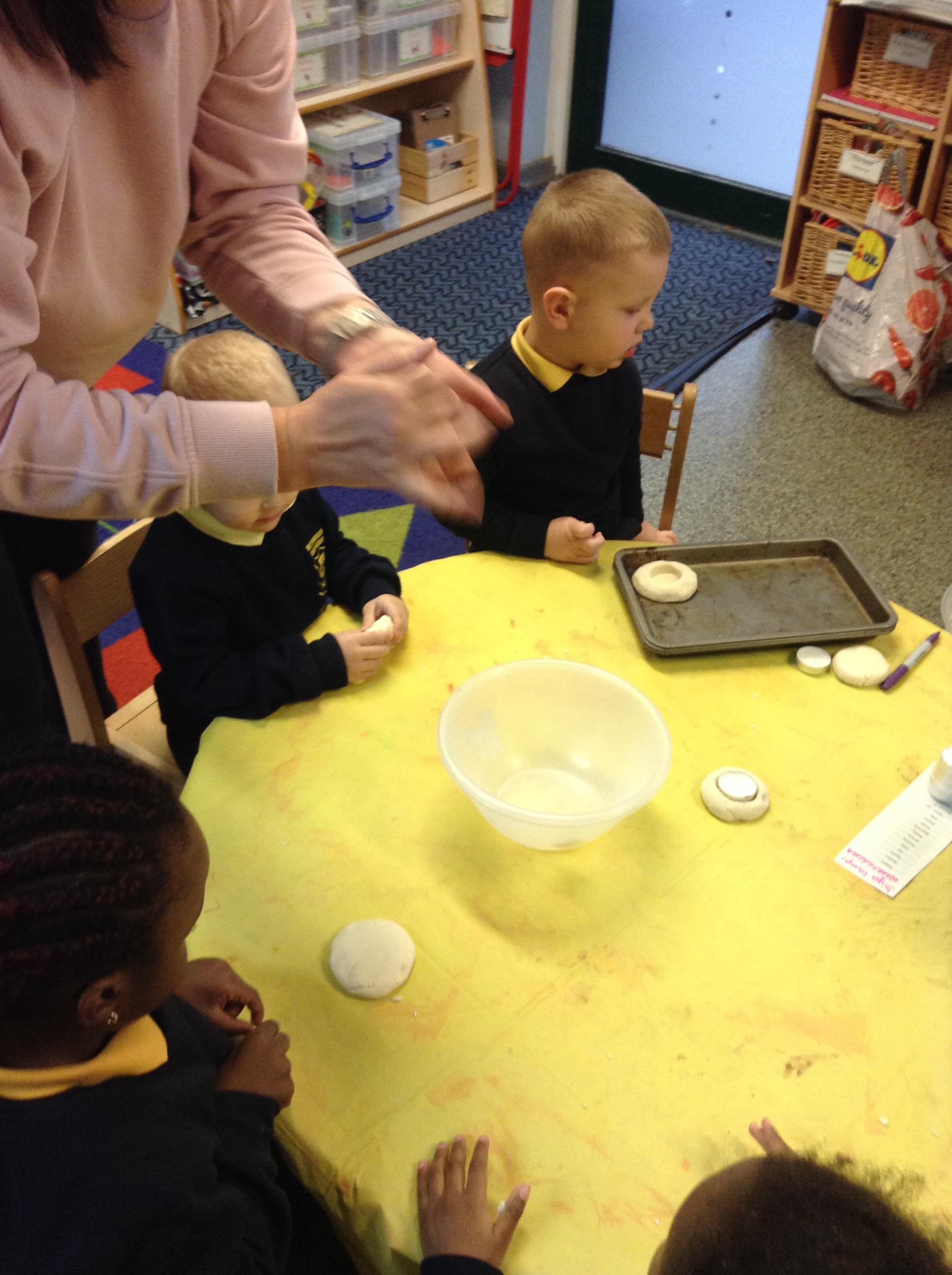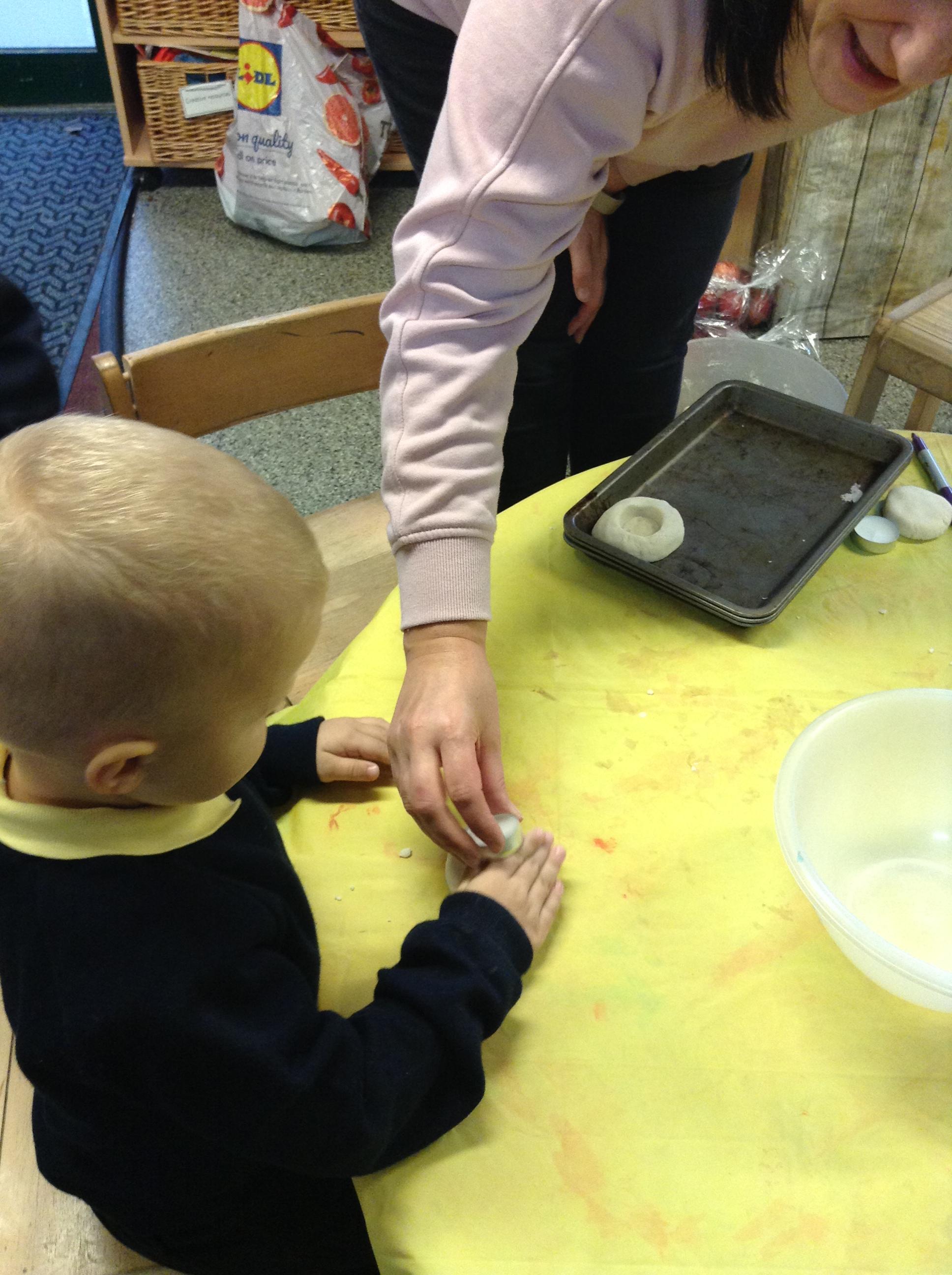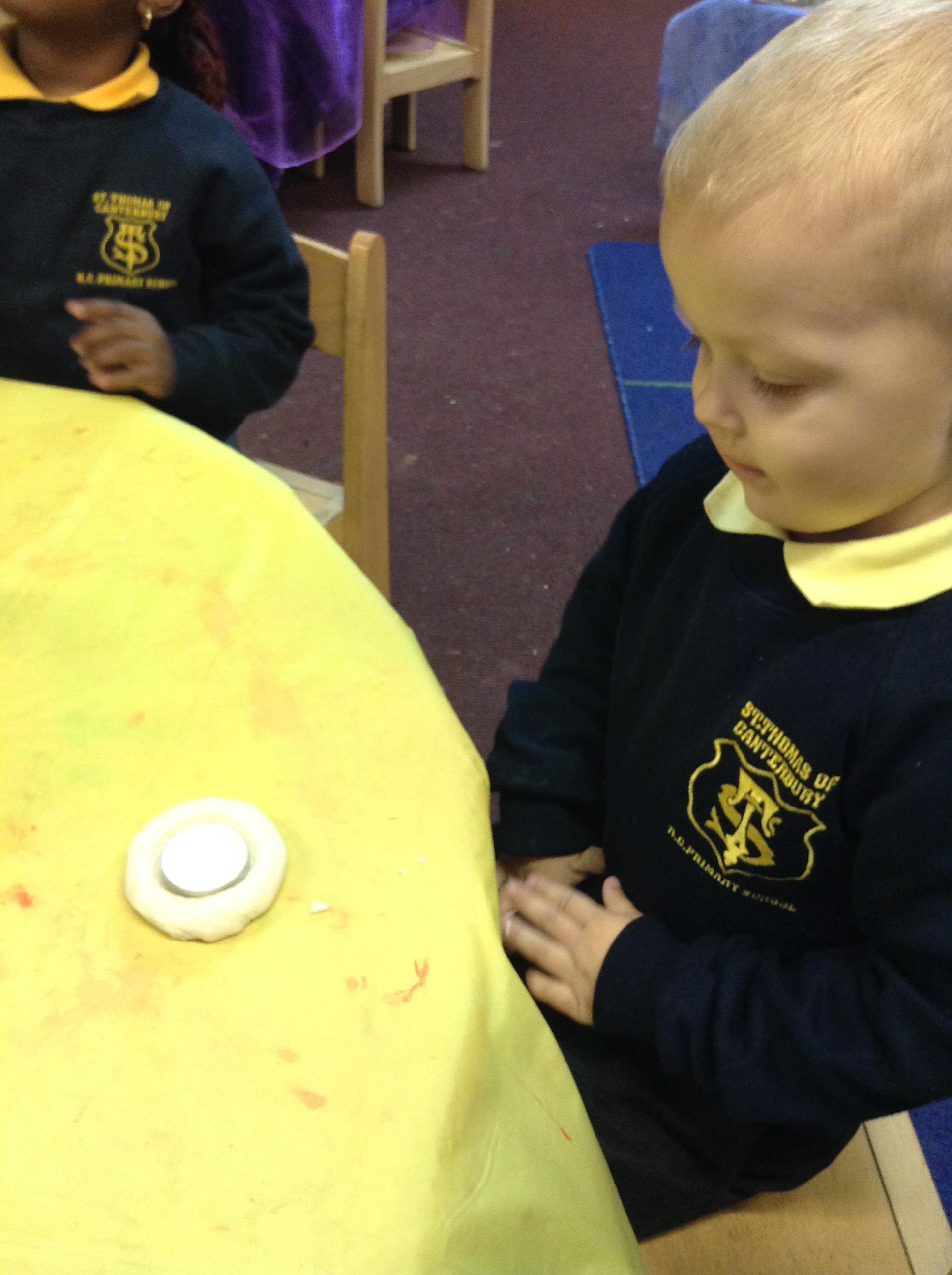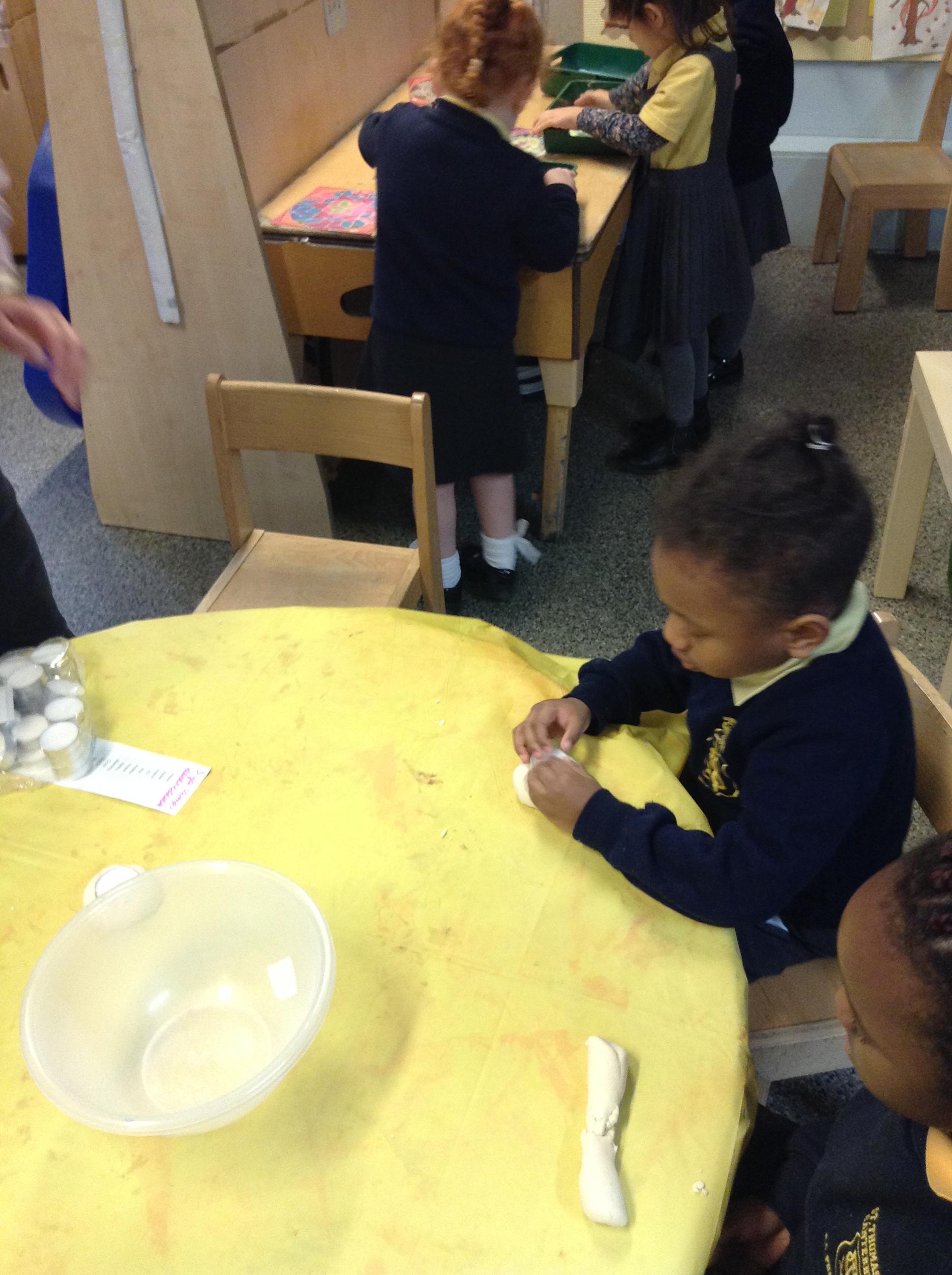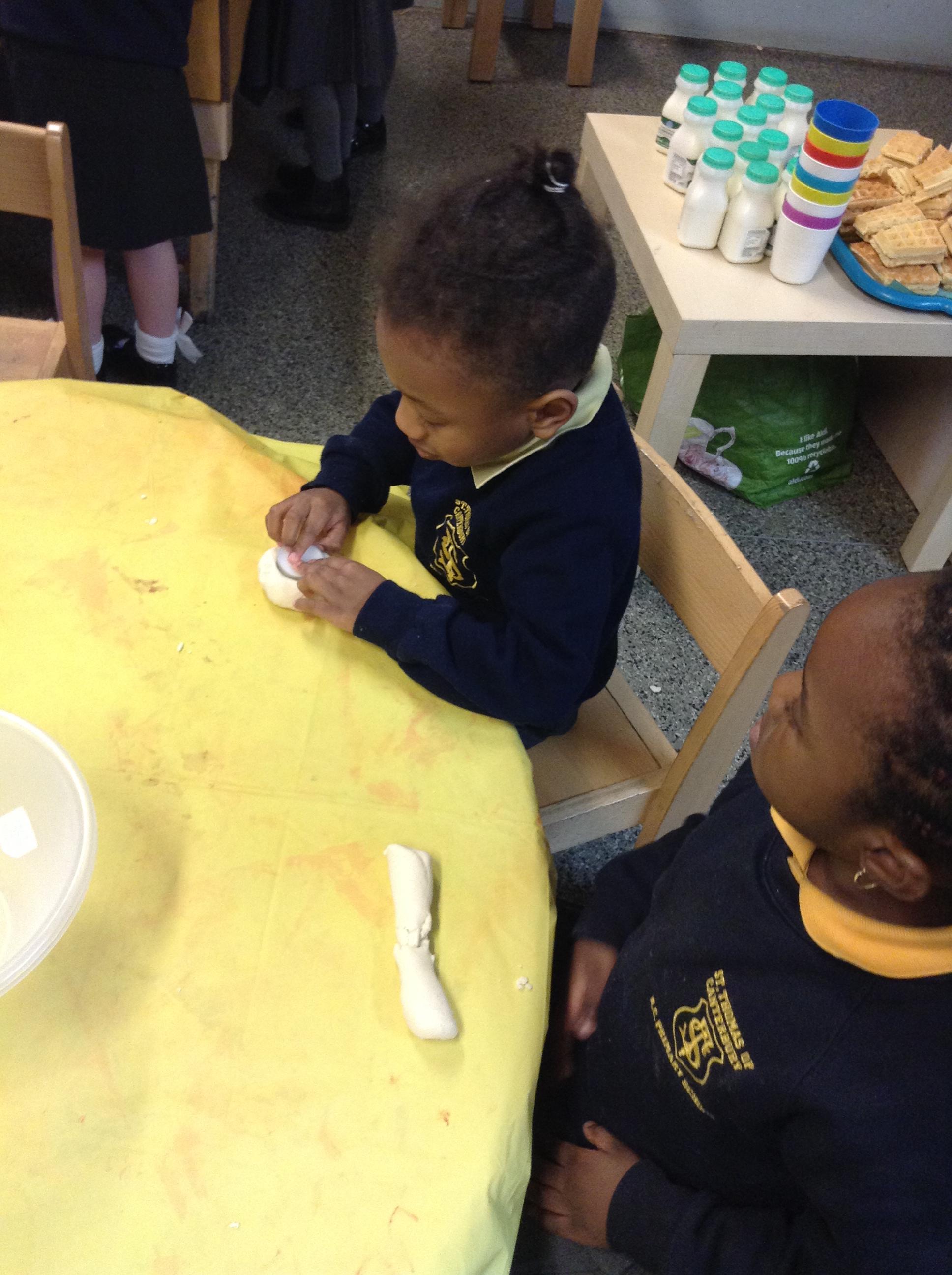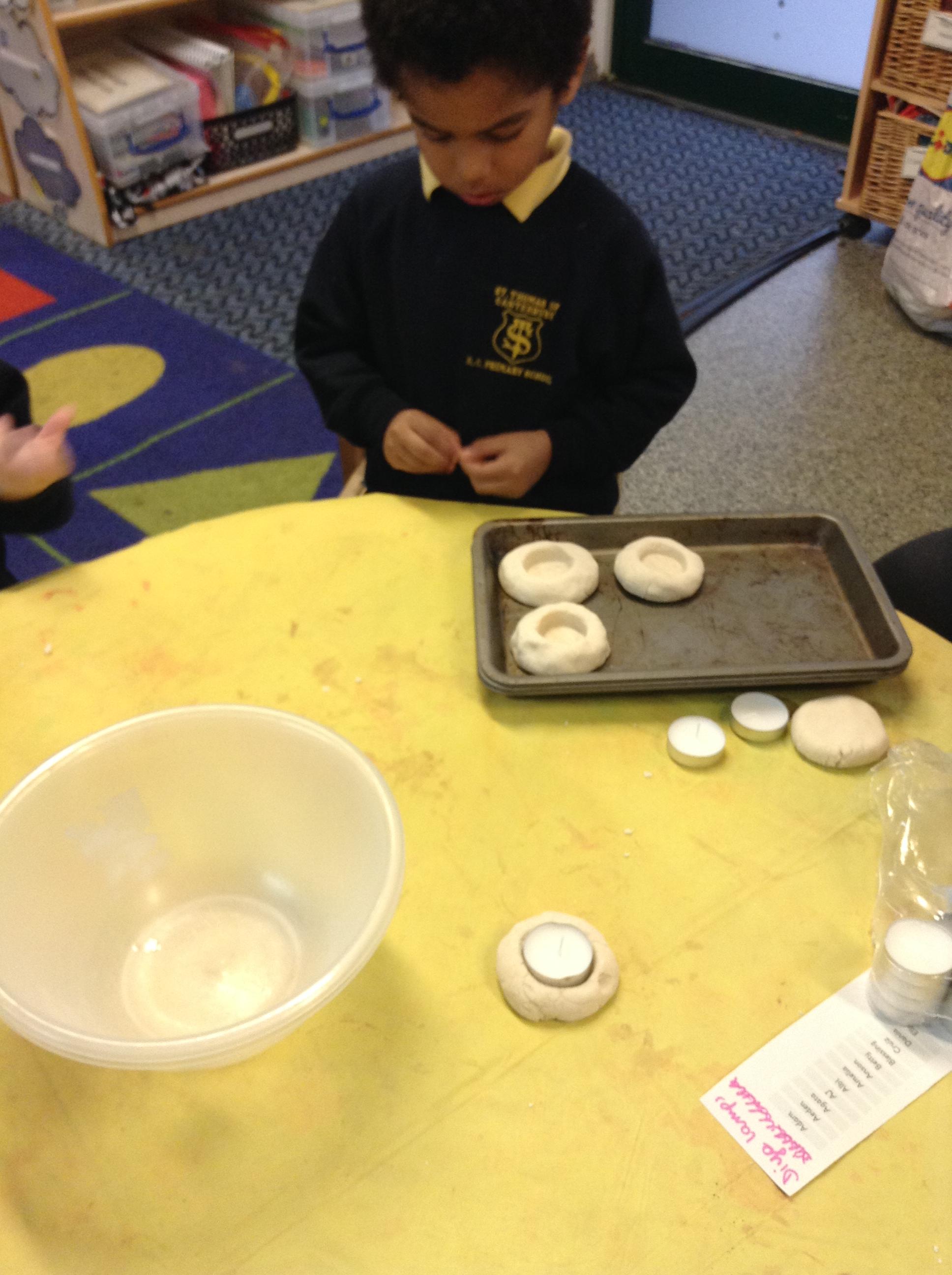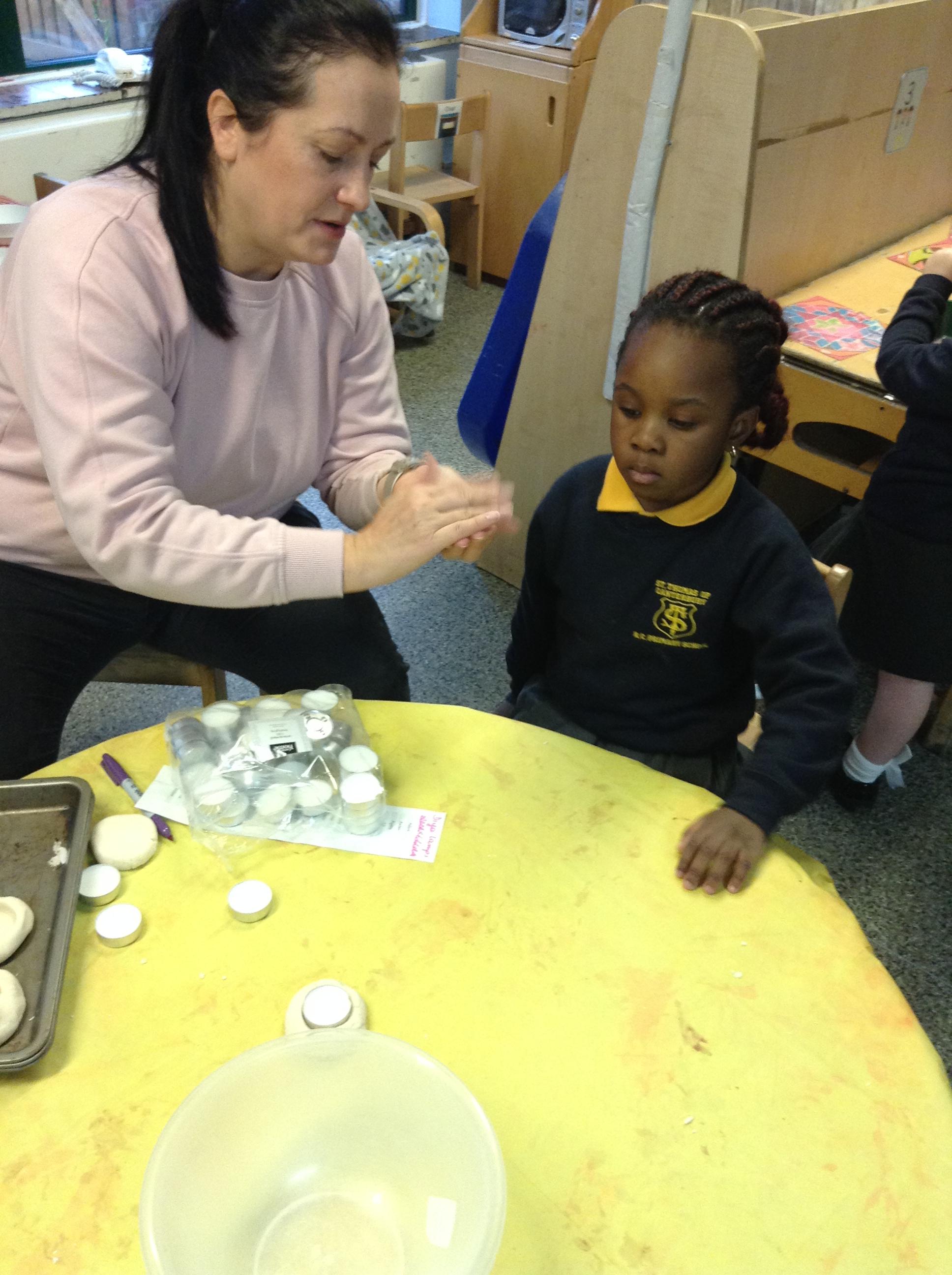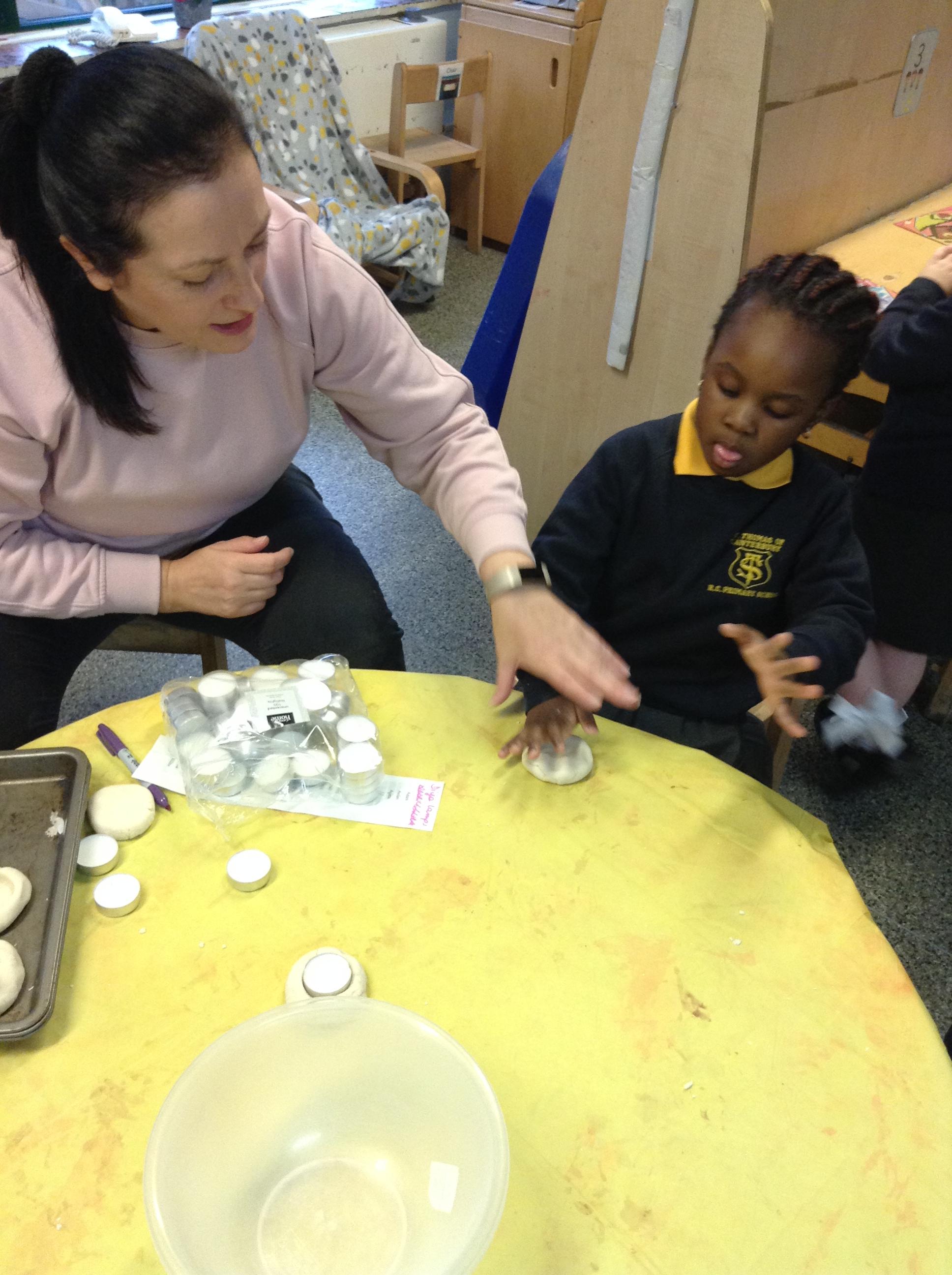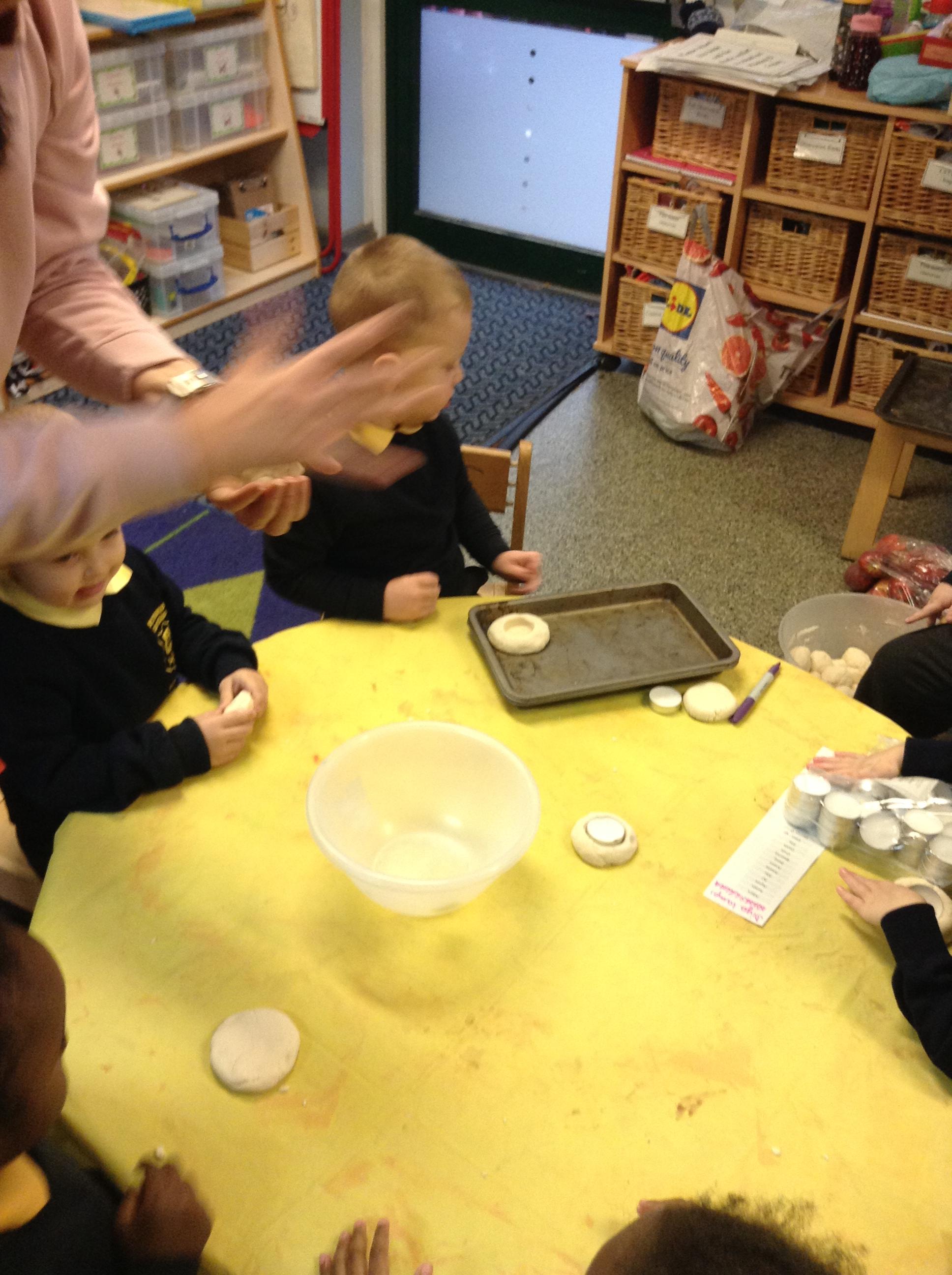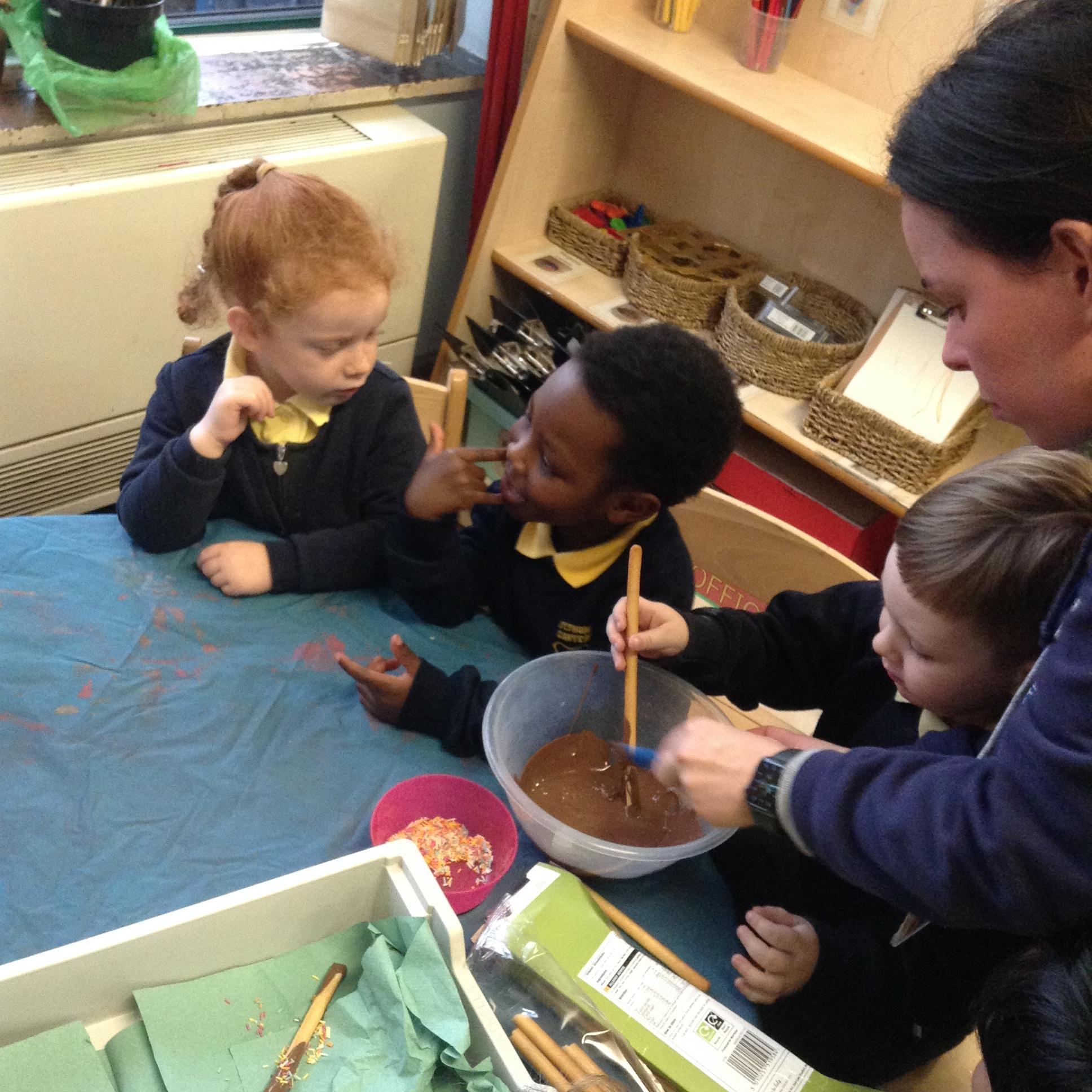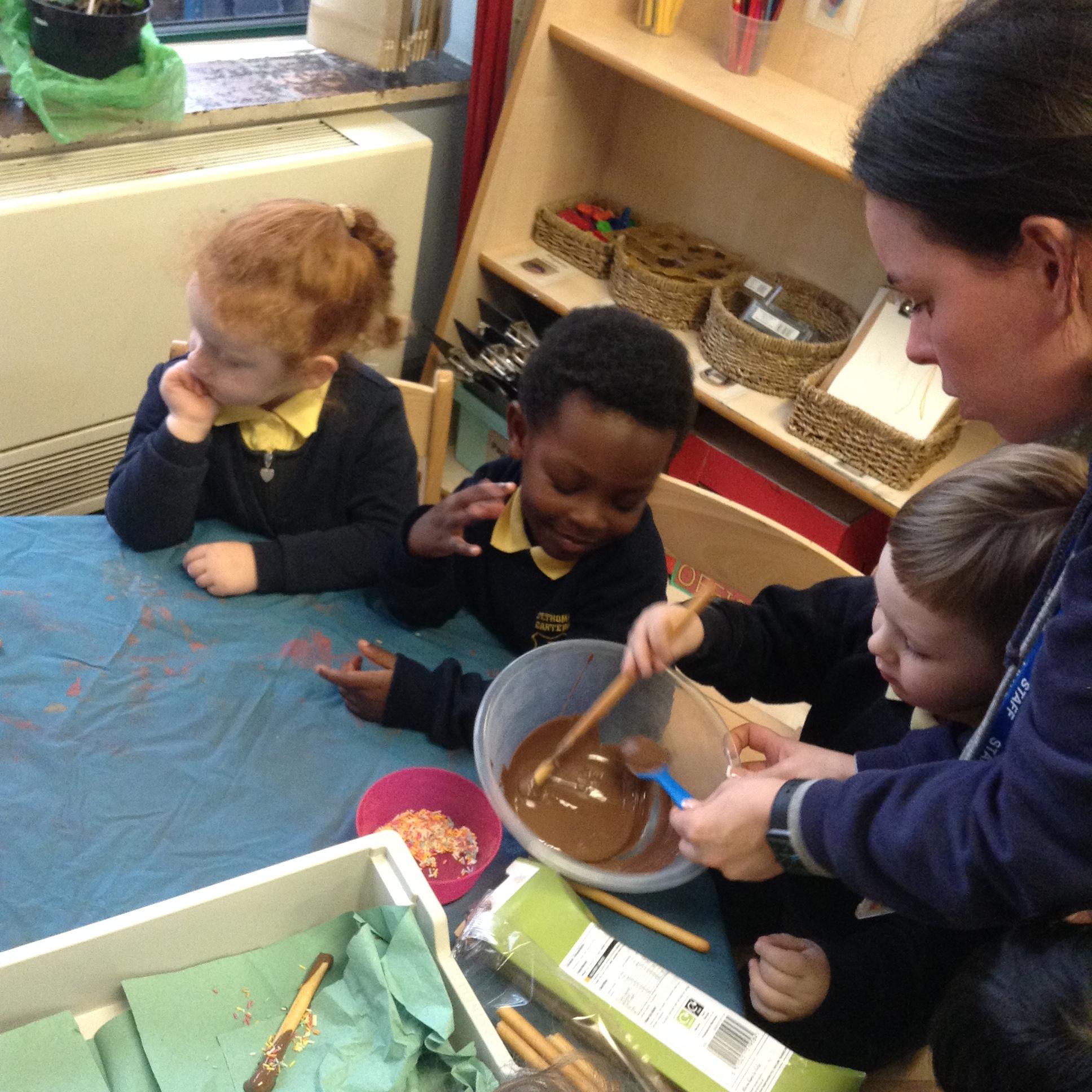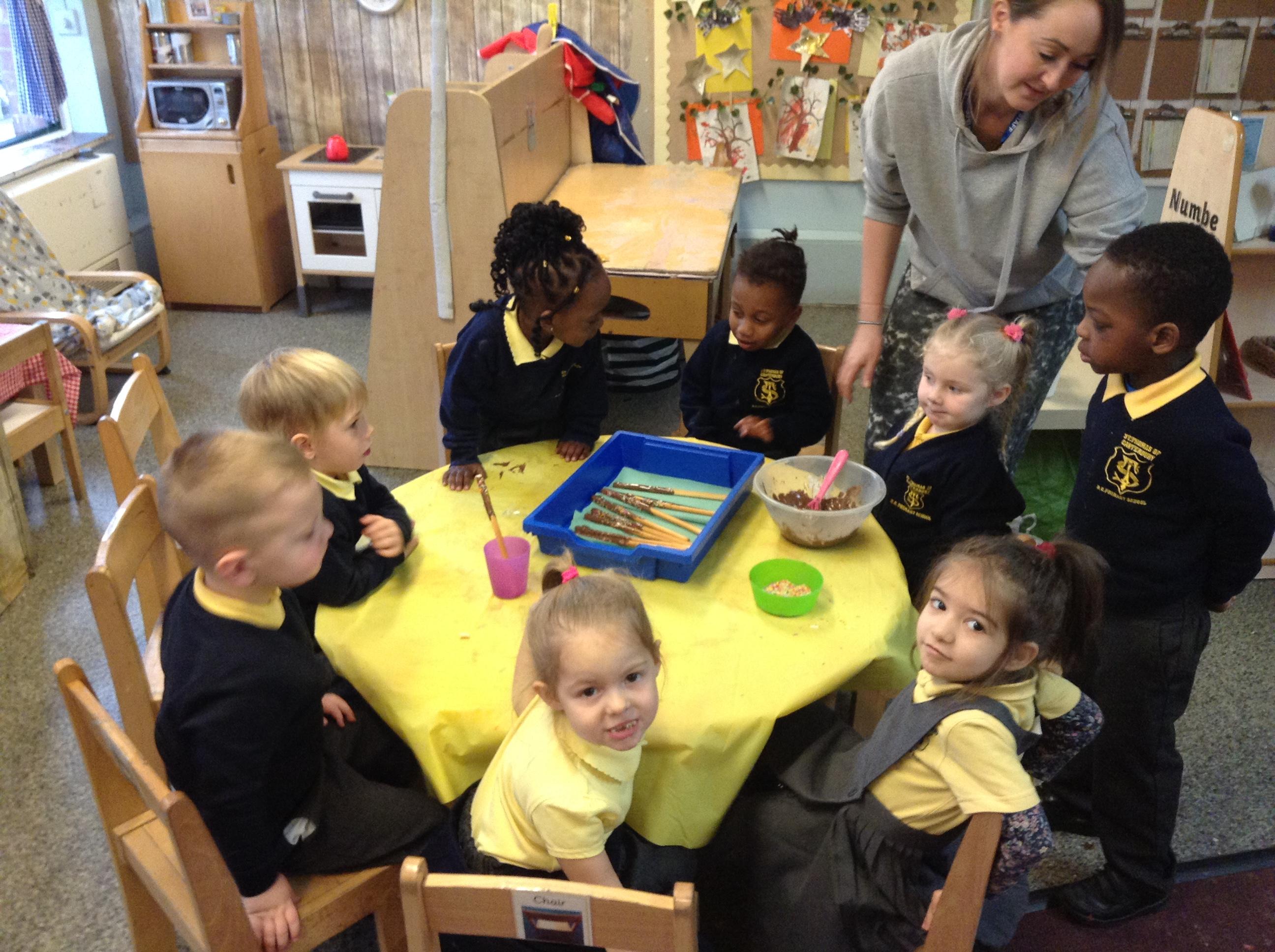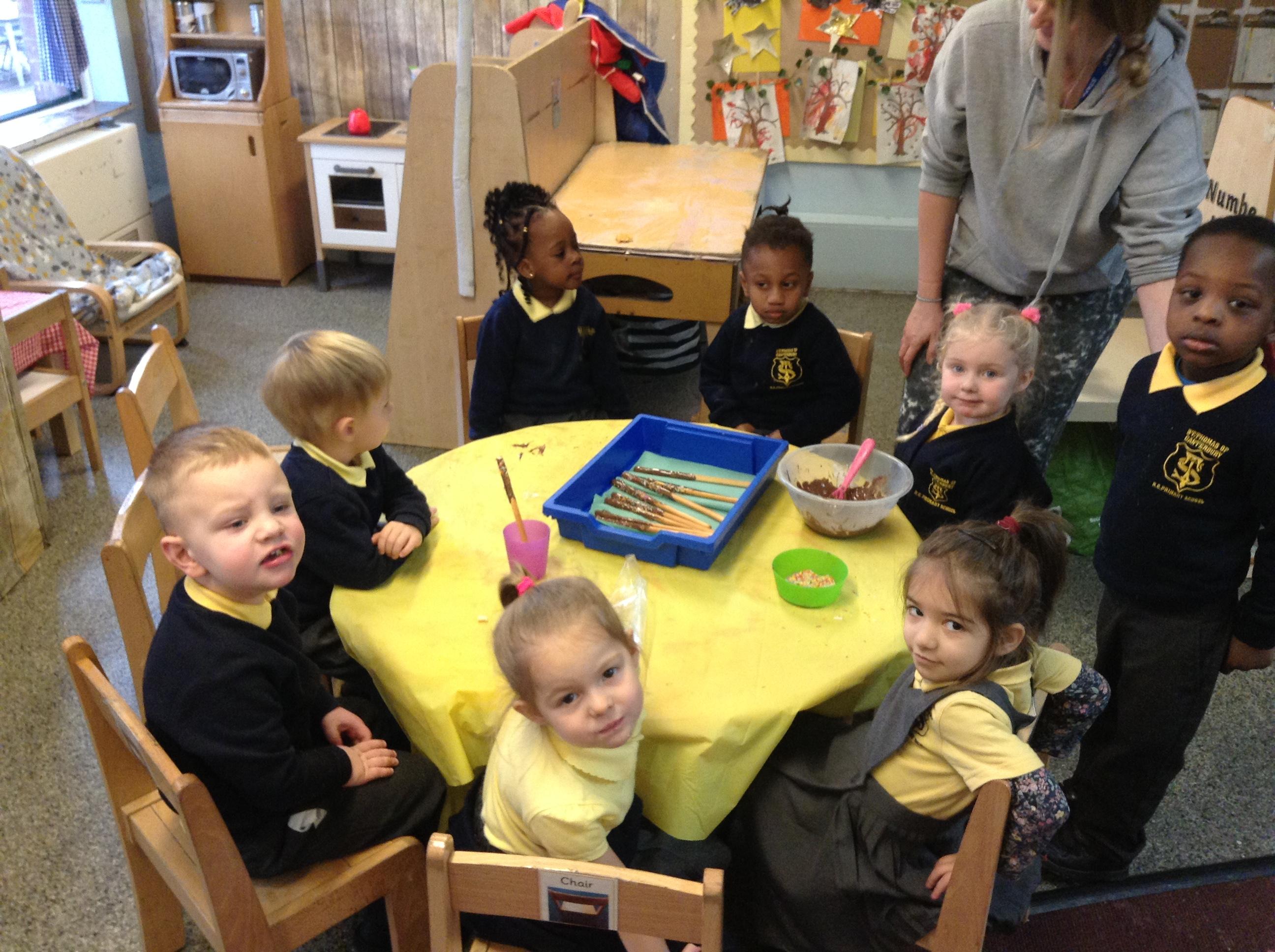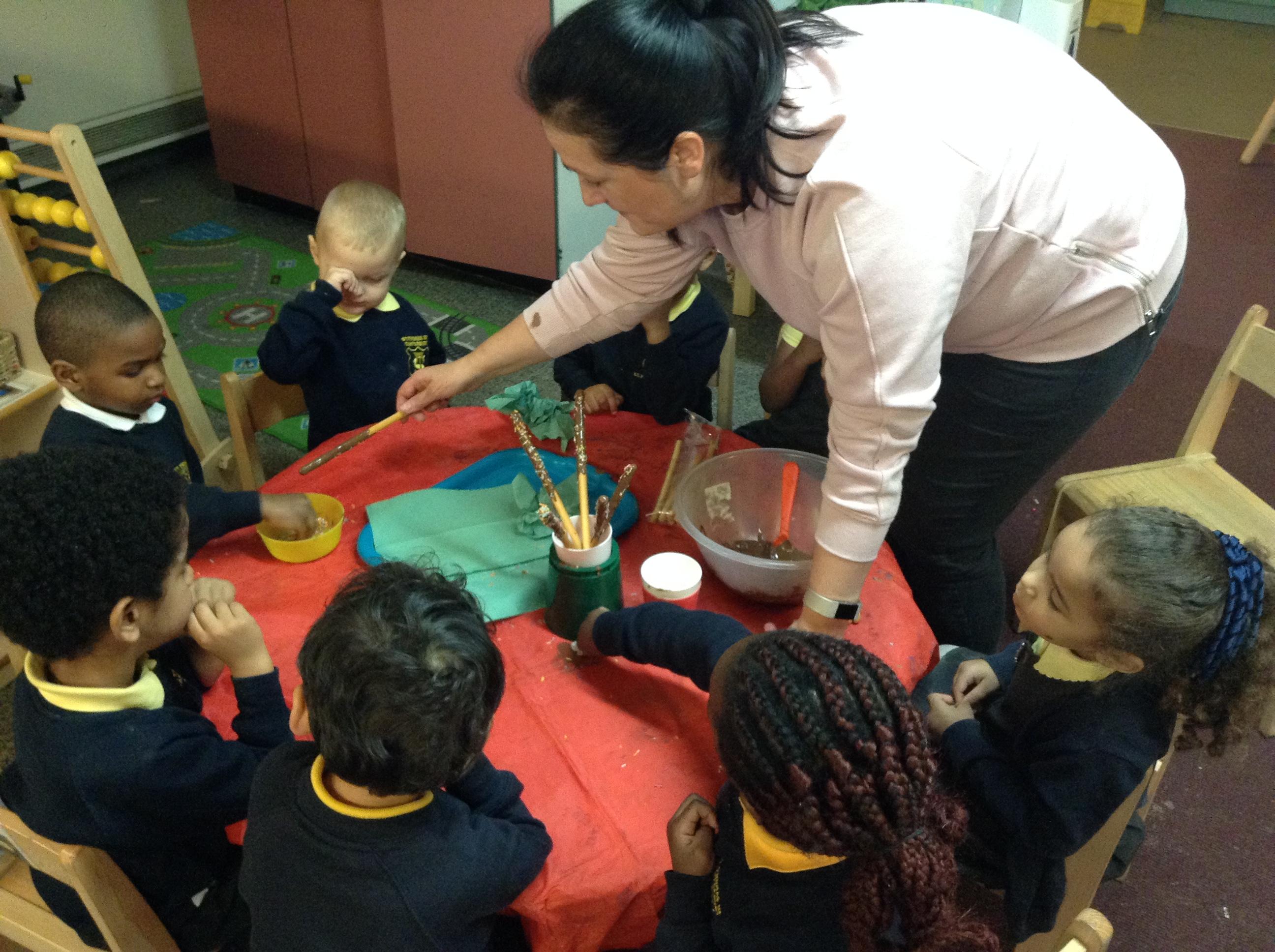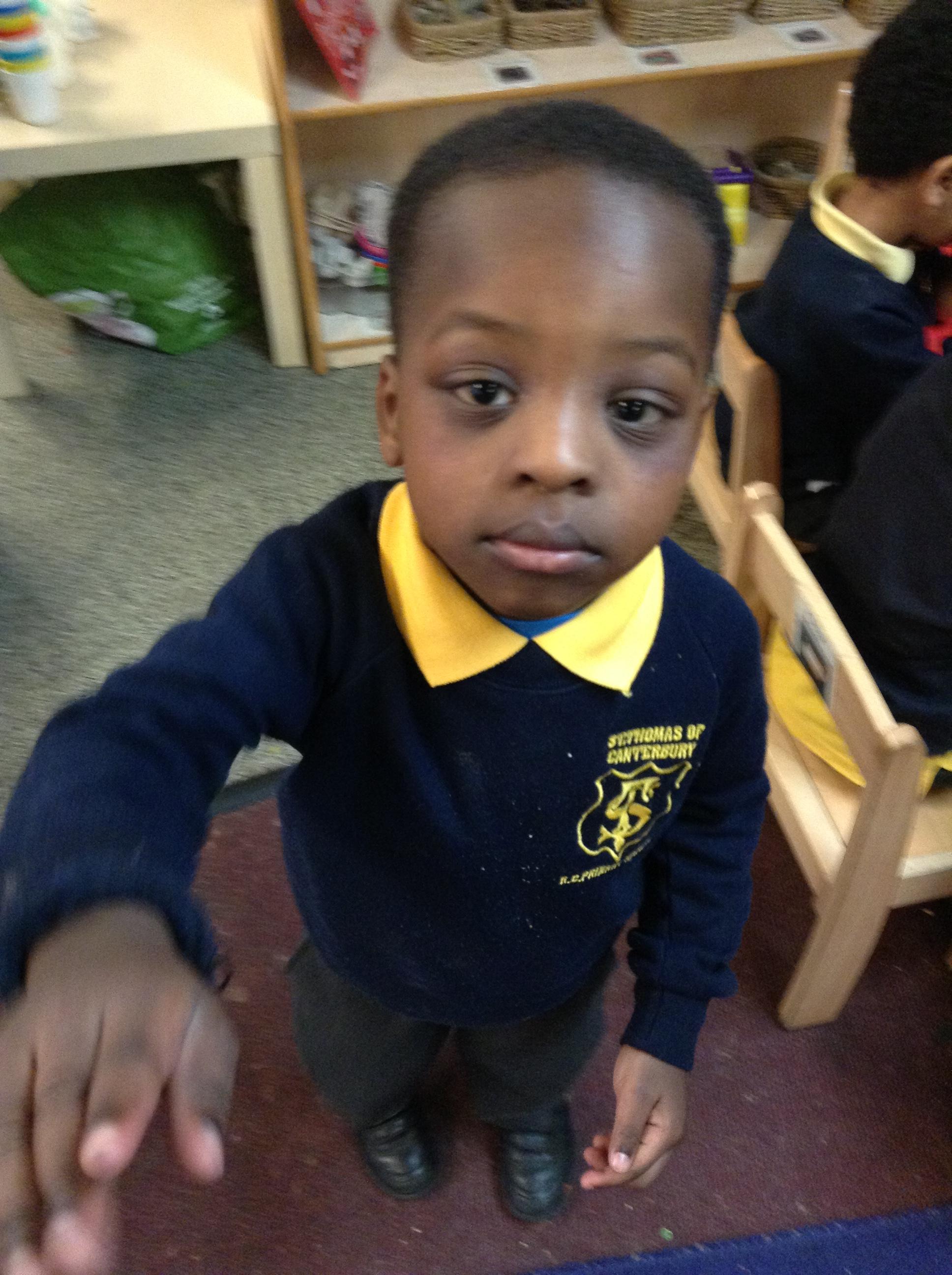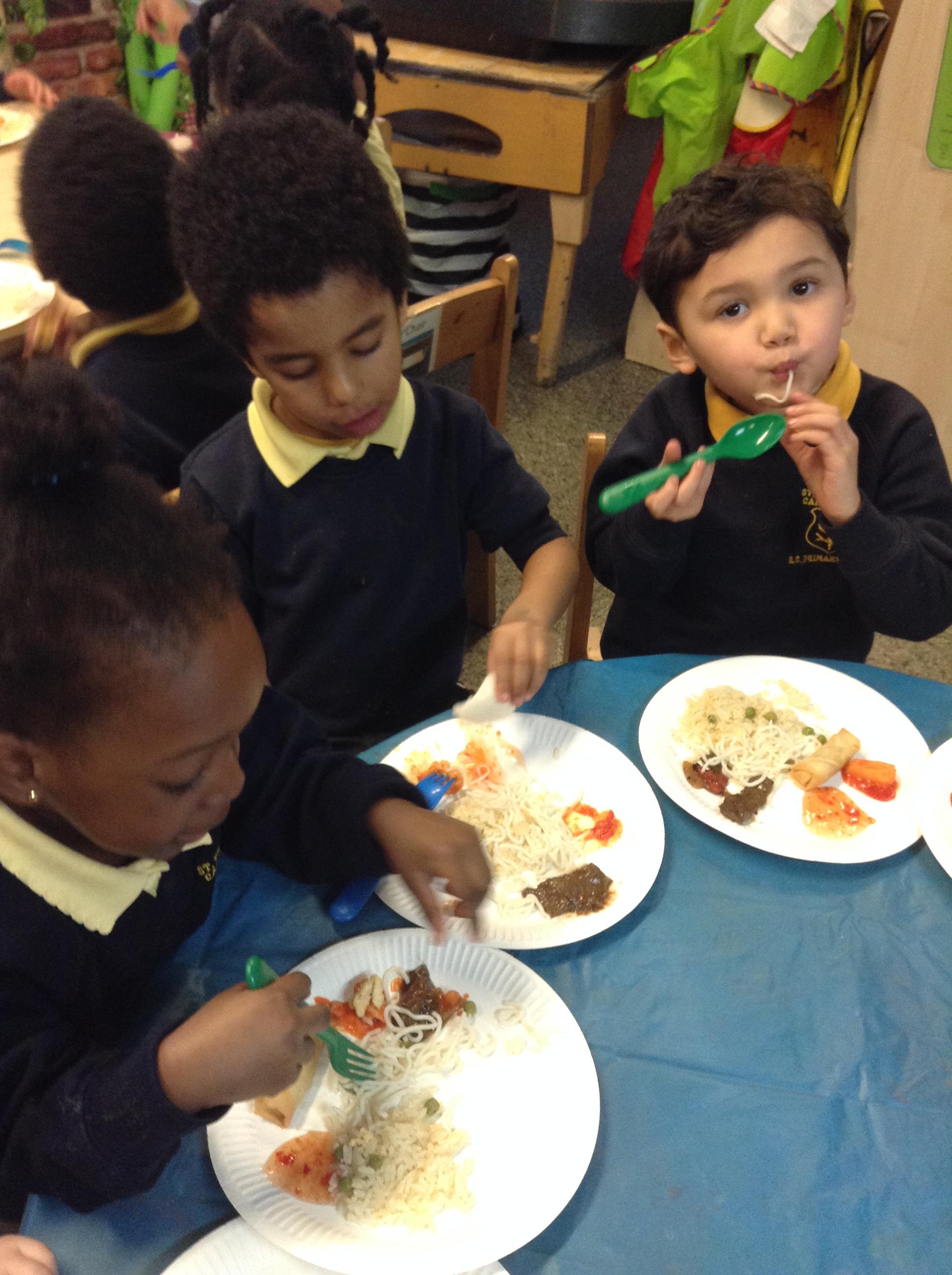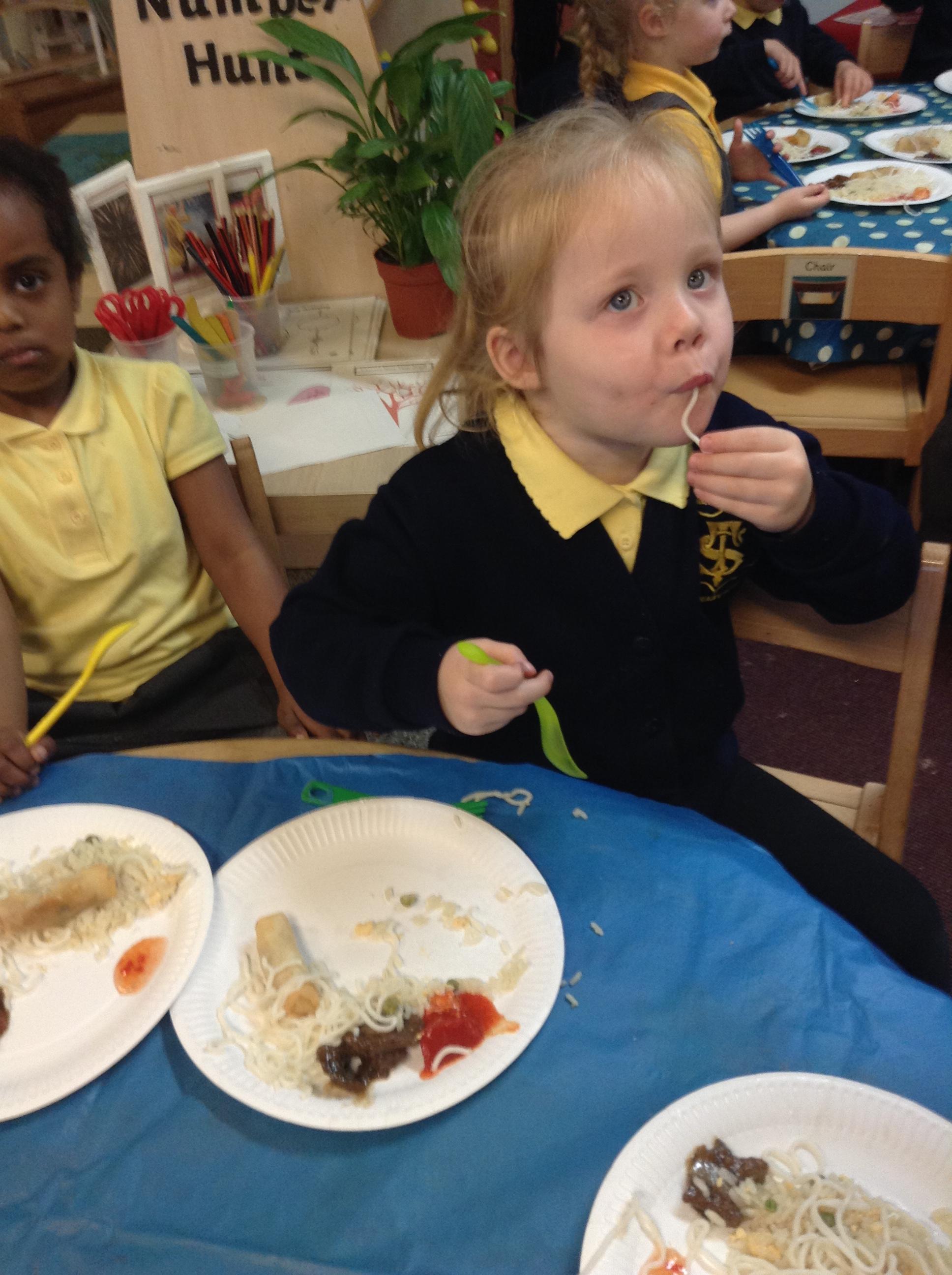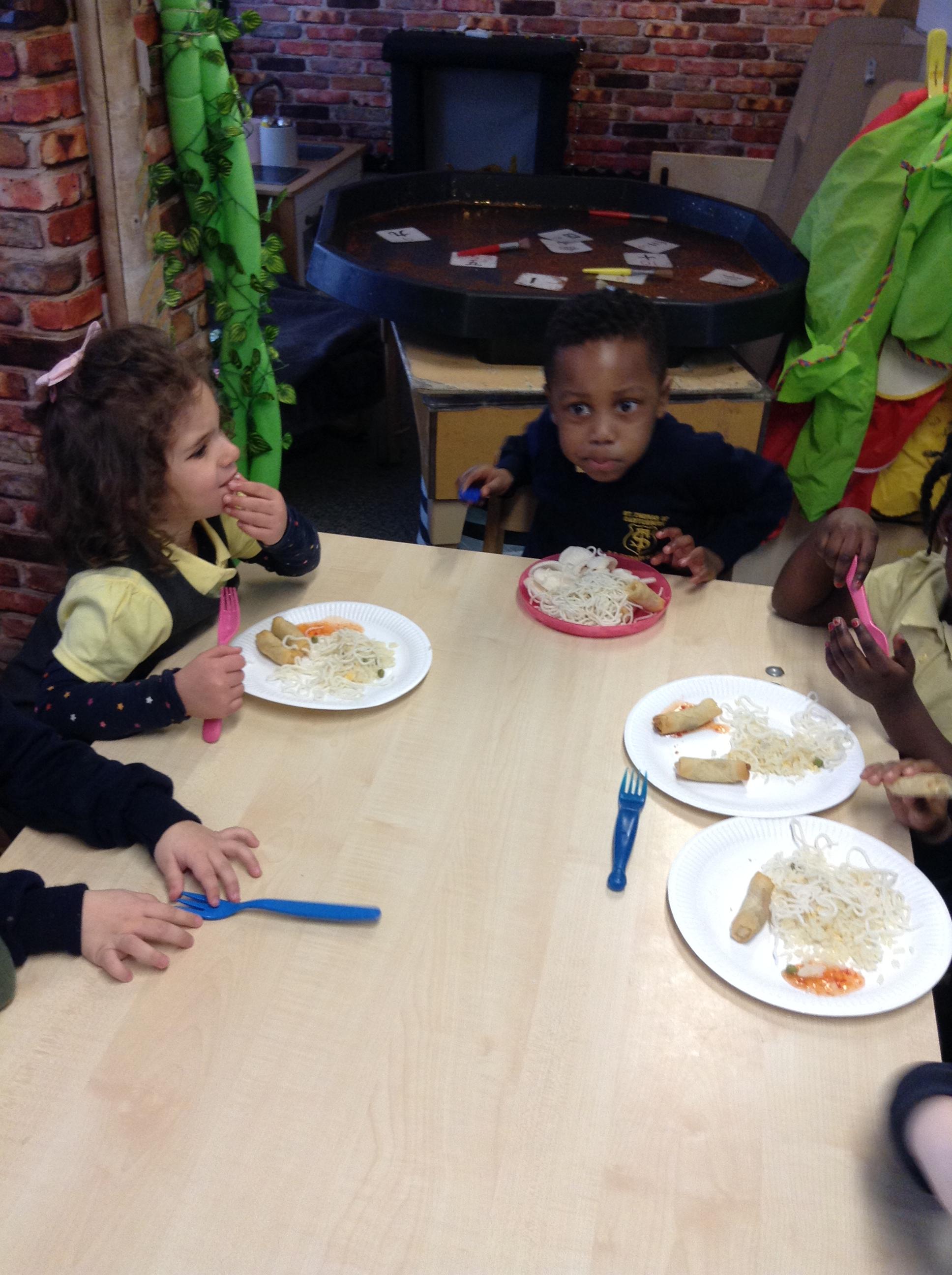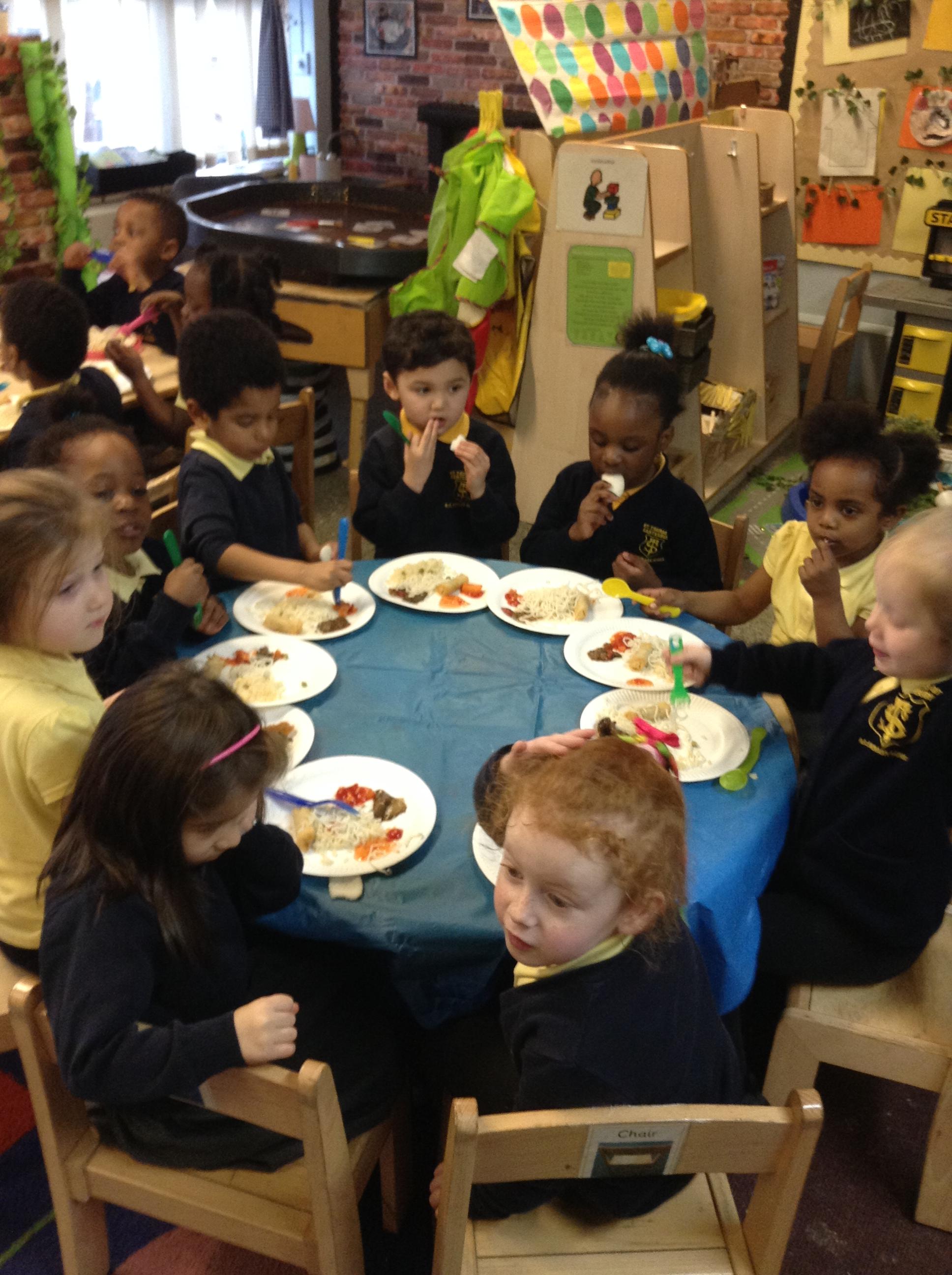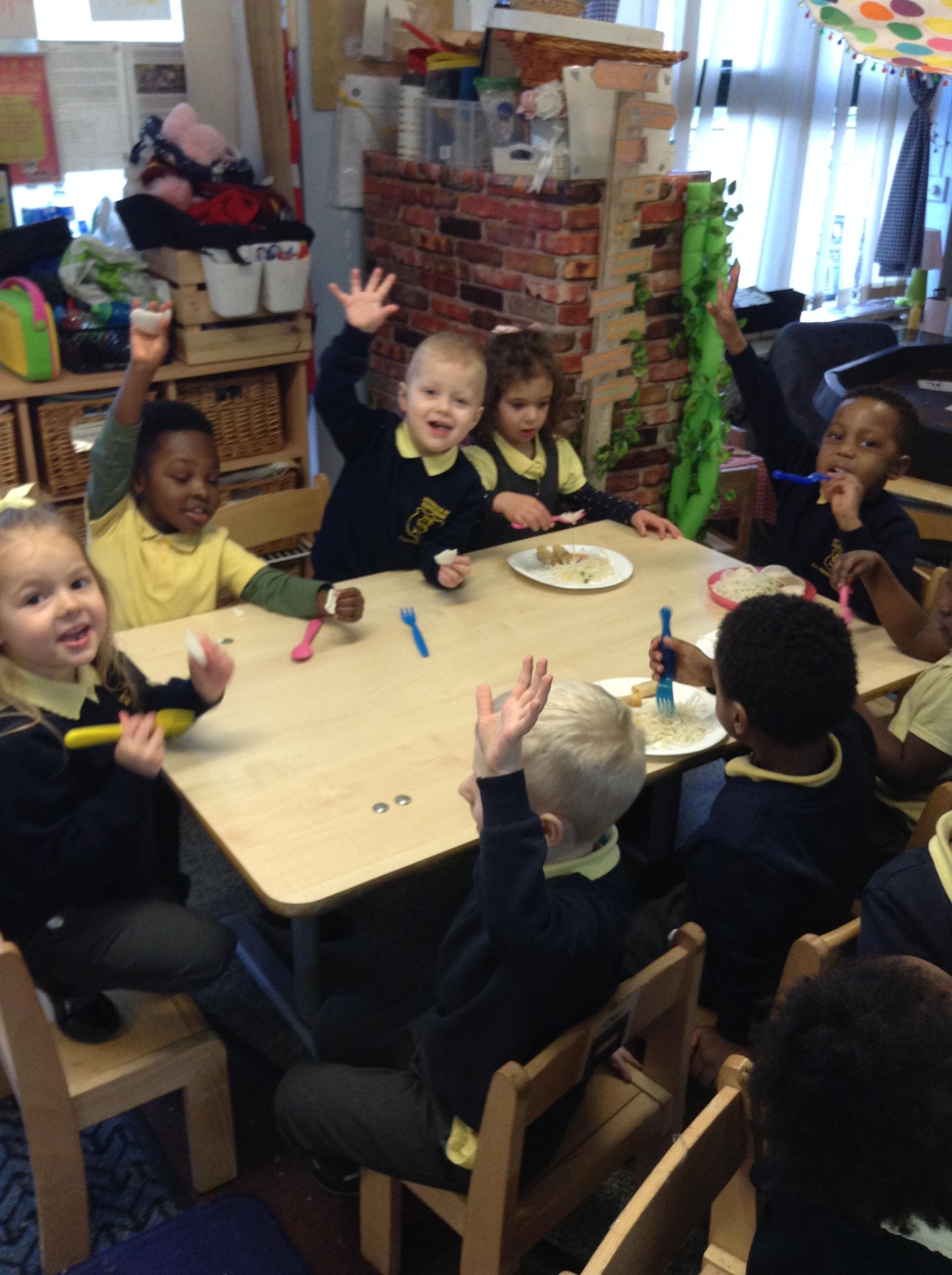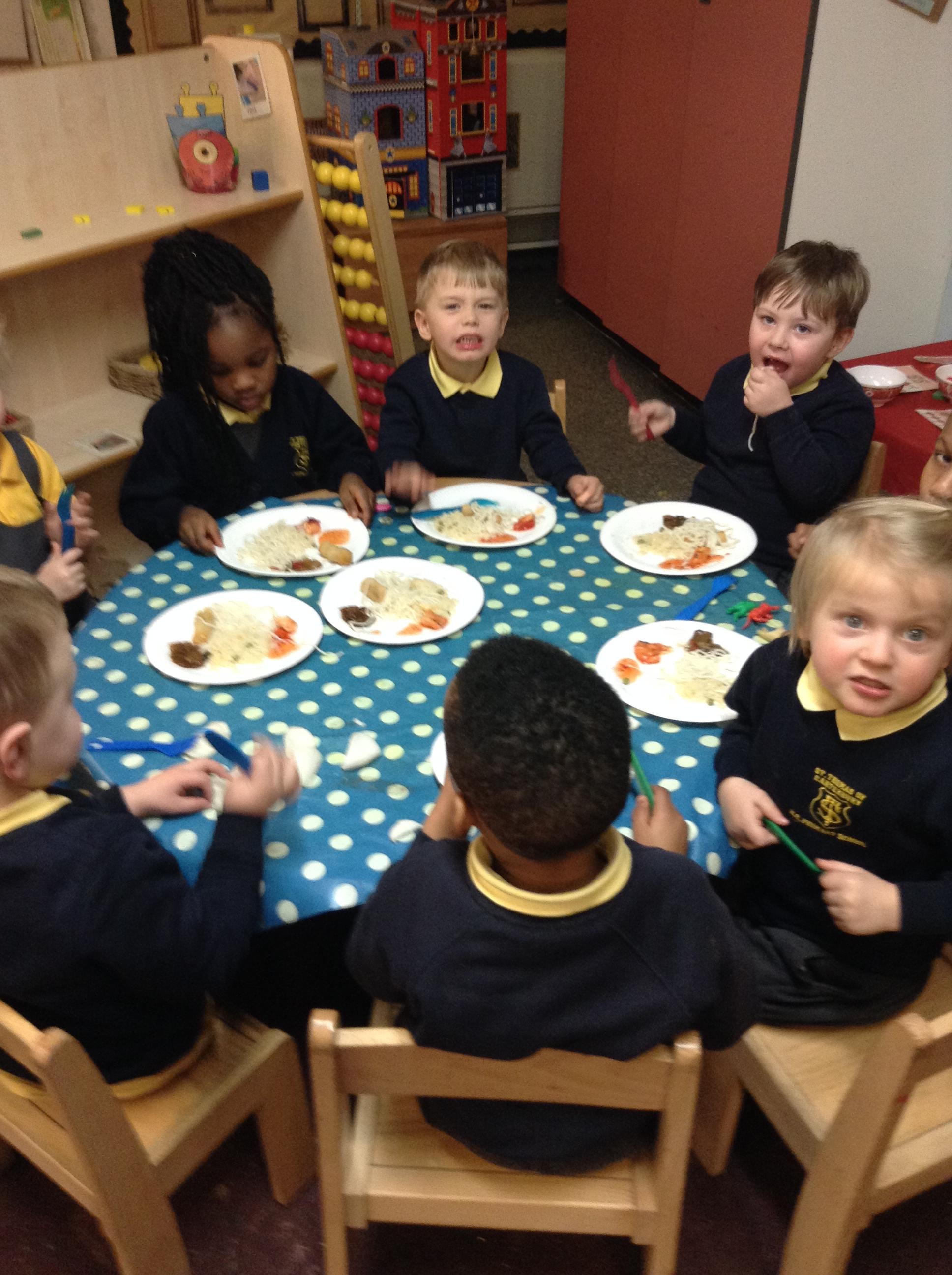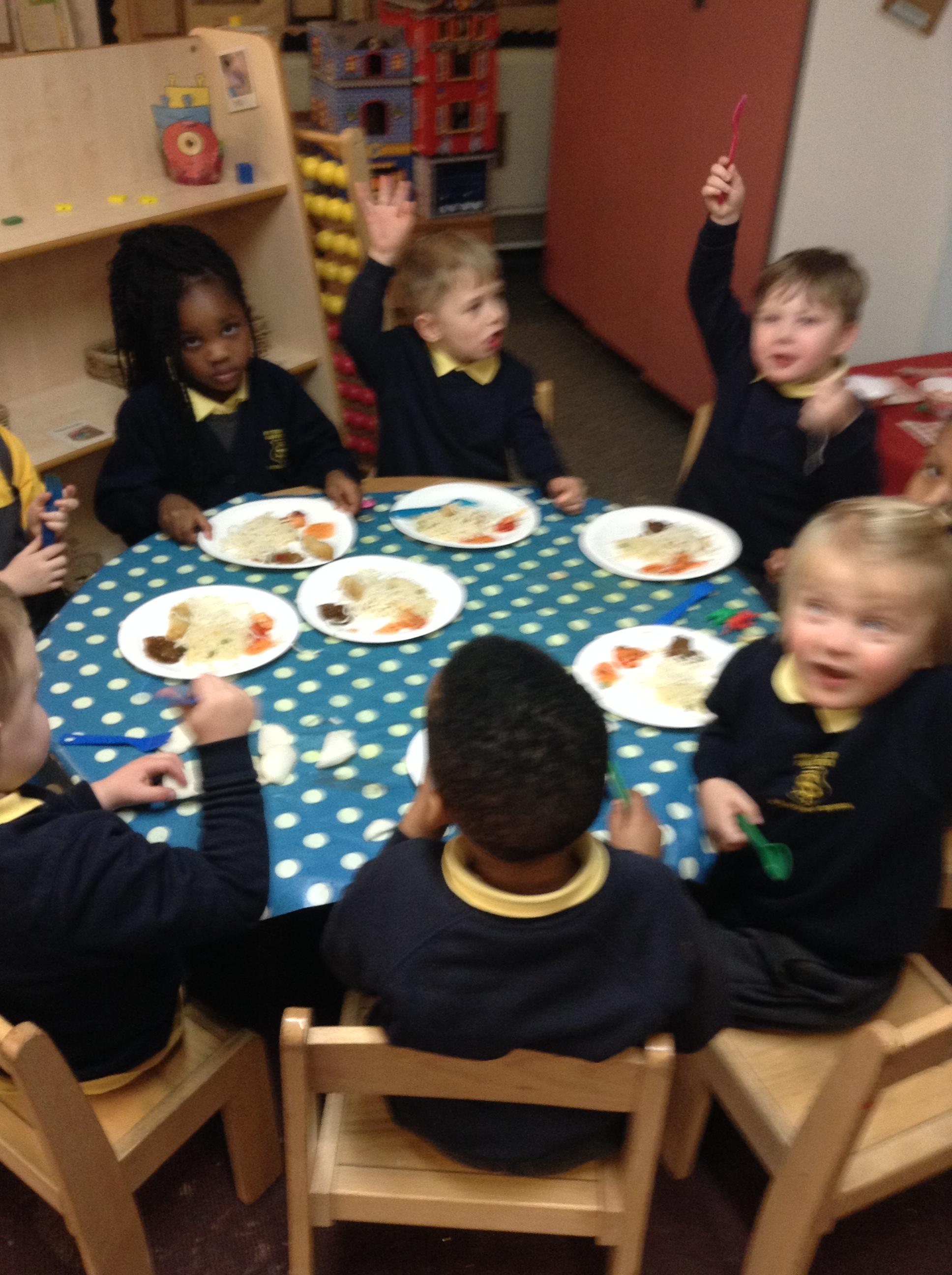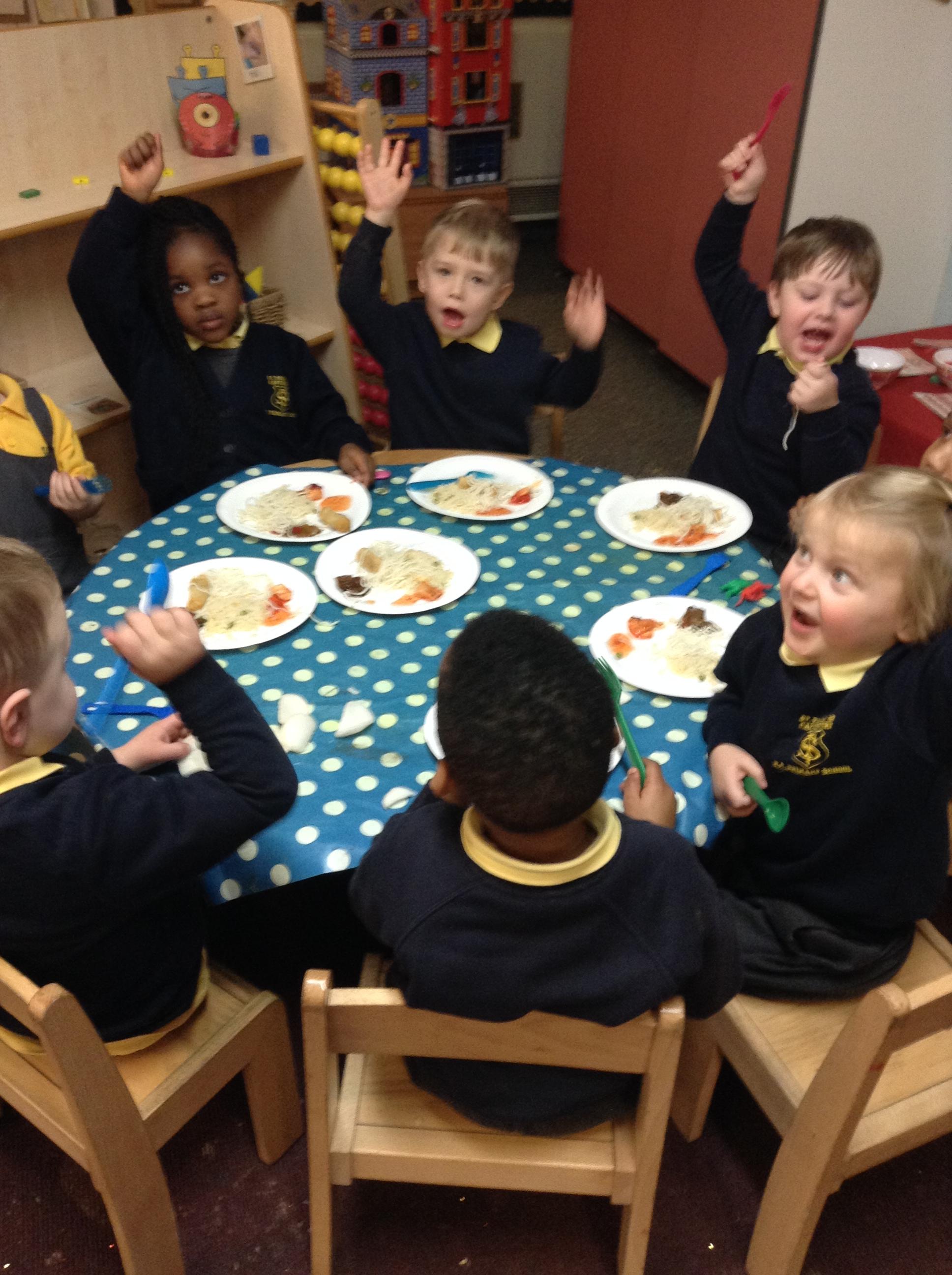History
Black History Month 2024
This year for Black History Month, each year group explored the following area or key person around Black British History. Each year group has produced their own artwork based on their person/area. As well as this, we had a wonderful whole school celebration. Children were invited to come in traditional dress. A big thank you to our wonderful parents who also contributed to the day by teaching us about African culture, dances and languages! The children also loves sampling food from Jamaican and African culture. What a wonderful day we had!
EYFS-John Blanke- a trumpeter for king Henry who campaigned for more money and whose image is the earliest-known image of a Black person living in Britain whose name is known.
Y1-Mary Seacole
Y2-The Bristol Bus Boycott
Y3-Walter Tull-one of the first black British football players
Y4-The Windrush Generation
Y5-Pablo Fanque – The greatest Victorian showman
Y6-Bill Richmond - a slave who turned British heavyweight champion of the world.
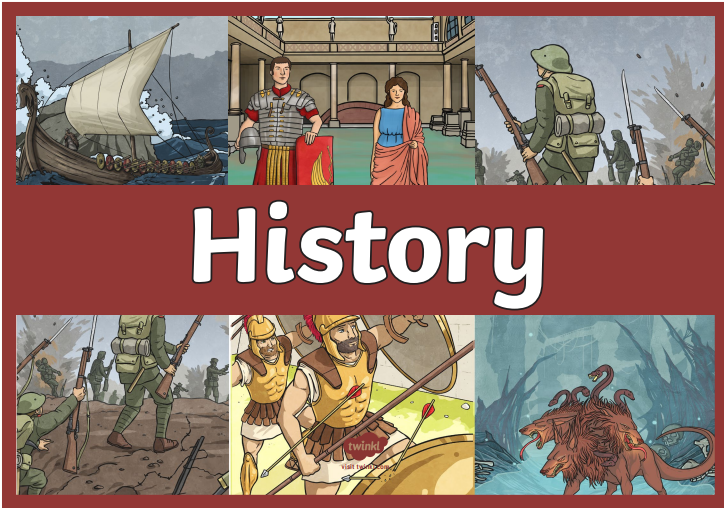
“The one who concentrates his mind on the law of the most high, he researches into the Wisdom of all the ancients”
Sirach 39.1

History Intent Statement
At St. Thomas of Canterbury, we are proud to have developed a History Curriculum that includes topics that we believe reflect our children’s heritage and interests, thus allowing us to deliver an engaging and encouraging curriculum. The History Curriculum will encourage all pupils to believe in themselves, develop a 'can do' attitude and contribute to a positive learning culture.
Through much discussion and debate, the teaching staff worked together to decide the topics and key concepts that shape our History Curriculum. We carefully considered striking the right balance between political, economic and social history. We reached a shared consensus that the six key concepts underpinning our History Curriculum would be:
Conflict (specifically race/society, warfare and invasion)
Culture (specifically technology, dress and food)
Society (specifically the role of women, lives of children and ranking)
Rules and Laws
Religion
Migration (specifically settlement)
These concepts are revisited a number of times, so that the children’s understanding is deepened as they move through the school. Our aim is to ensure that pupils enter KS3 with a sophisticated understating of these concepts so that they have a well-informed historical perspective on their world.

Each lesson follows the same structure. Time is dedicated at the beginning of each lesson to revisit previous learning and concepts, through various recall activities. Having carefully selected what we want our children to learn, we endeavour to ensure this knowledge is retained in the children’s long term memory. Our approach focuses on well-structured enquiry, helping pupils to think for themselves and demonstrate their historical understanding. All our History lessons are organised around a key question. Children learn using a variety of sources.
In each year group, pupils will learn History using artefacts, photos, stories and video clips. Opportunities to apply and further develop children’s reading skills has been deliberately planned into History lessons wherever possible. Historical thinking demands the ability to investigate, consider, reflect and review the events of the past. Children are taught to think critically about sources they are presented with, thus equipping them with the necessary skills to be open minded and respectful of evidence in later life.
In line with the National Curriculum 2014, KS1 topics have been carefully planned to ensure children develop an awareness of the past. Key themes such as similarity and difference and cause and consequence are introduced and unpicked. They will learn about significant individuals, including Florence Nightingale and Rosa Parks, who have contributed to national and international achievements. They will also study changes within living memory as well as events beyond living memory that are nationally or globally significant such as The Great Fire of London. A whole school approach has been adopted to ensure that as early as EYFS, the children start to develop a sense of chronology, so that as they move into KS1 and beyond, they can place their learning in a chronological framework.
The aim of the KS2 programme of study is for pupils to continue to develop a chronologically secure knowledge and understanding of British, local and world History. Indeed, in upper KS2, they will study a range of time periods such as Ancient Greece, whilst in lower KS2 children will study The Great Plague. Local History is brought to life through studying the battle of Peterloo. Children will consider connections, contrasts and trends over time and develop the appropriate use of historical terms.
All staff have a sound understanding of the skills, concepts and knowledge in which the children need to succeed to make progress in History. End of year expectations for each year group have been carefully considered at the planning stage to ensure that the children improve with each passing year. We hope that after completing our History Curriculum, the children see the diversity of human experience, and understand more about themselves as individuals and members of society. We hope that what they have learnt, influences their decisions about personal choices, attitudes and values. Most importantly, we hope to have inspired in our children, a lasting interest and enjoyment of learning about the past.

The 6 key concepts our History curriculum is based around are:
1) Conflict (specifically race/society, warfare and invasion)
2) Culture (specifically technology, dress and food)
3) Society (specifically the role of women, lives of children and ranking)
4) Rules and Laws
5) Religion
6) Migration (specifically settlement)

Reading
In each unit, the children are taught and expected to use broad historical and topic specific vocabulary. In KS1 and EYFS the children are exposed to a variety of books linked to their topics. All KS2 classes have a novel linked to at least one of their History topics: Y3- Letters from the Stone Age Boy, Y4-The Time Traveling Cat, Y5- Street Child and Y6- Letters from the Light House.
Character Development
Studying history is important because it allows us to understand our past, which in turn allows us to understand our present.
- Learning about history provides us with insights into geography, culture and society - the changing environment and animal life, too.
- It opens our eyes to people, ways of life and cultures with which we might be less familiar. History improves cross-cultural awareness and understanding - making for a greater feeling of being part of a wonderful global community.
- Historical skills improve our decision-making and judgment.
- We can learn from the models of moral good and responsible citizenship.
- Teaches us how to learn from the mistakes of others. ‘May history never repeat itself…’
- Provides us with a context from which to understand ourselves and others.
Inclusion
History is accessible to learners of all abilities at STOC. Lessons are well-adapted to meet the needs of all pupils, with the aim of encouraging our children to become successful and knowledgeable historians.
- Appropriately challenging language is used within lessons to explicitly teach concepts.
- All adults are aware of children’s individual barriers to learning, in order to best meet their needs.
- Opportunities to revisit prior learning in History through use of Flashback Fours, questioning and repetition are seen in every lesson.
- Time for speaking, listening and role-play is evident for pupils, to articulate their understanding of Historic concepts and listen to their peers.
- Hands-on practical experiences are provided wherever possible, to observe History in everyday life. This can be seen through the use of artefacts, trips and lesson ‘hooks’ to capture every child’s interest.
Strategies for Inclusion Document - History


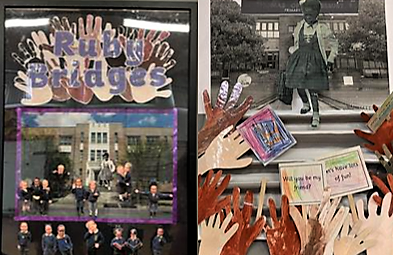
'Study the past and you would define the future.'
- Confucius
Of great importance for our youngest pupils is the development of their sense of time: their daily routine, the days of the week, months of the year, their birthday and so on. They need to feel the sense that time ‘moves on’ and in doing so creates ‘the past’, be that ‘yesterday’, ‘last week’, ‘last year’ or even the period before they were born. This sense of the past grows from the daily dialogue between class members and the opportunity to engage with regular routines, such as filling in the class calendar, discussing school events before and after they happen, sharing holiday news and populating the class yearly timeline, which depicts the full school year, week by week, in pictures.
A ‘sense of the past’ is further is established through the many conversations that staff have with the children across a range of topics. One great example of this is the children’s growing understanding of technology. Staff find opportunities to share how technology has changed over time e.g. they may share how their own experience at school many years ago contrasts to the current day. For example:
‘I am sharing the register with the office electronically. When I have pressed save on my computer, the staff in the office will be able to check it on their computer. The information travels from one computer to the other using the internet. When I was at school, the register had to be written down on paper and then someone needed to take the paper to the office to share the information. We didn’t have an electronic register and we didn’t have the internet.
Similar comparisons arise between technological toys and devices popular today and the kinds of toys that teachers, parents or grandparents may have played with instead. A popular homework task completed in Reception is our ‘Grandparent Survey’ where children interview a relative about different aspects of their childhood.
Within our EYFS curriculum, there is a huge emphasis on acquiring knowledge and vocabulary through the use of high quality books, thus extending children’s experience of the world far beyond what they may be exposed to first hand. This includes exploring a range of non-fiction books relating to History (many of which are acquired via the Salford Library Service). It also involves introducing carefully chosen stories that connect children with significant events from the past, such as, ‘Counting on Katherine’ by Helaine Becker – a story about the mathematical genius, Katherine Johnson, whose calculations helped to bring the Apollo 13 mission home safely.
Further to the above, there are many stories shared in class that are not directly linked to historical events, but rather incidentally point towards a time in the past. For example, a character having to ‘wait in’ for a phone call may lead to an impromptu discussion about the ‘pre-mobile phone’ period or looking at an illustration with a police officer in an old fashioned uniform may lead to speculation about it being set some years ago. Though some of these opportunities occur spontaneously, staff are also conscious to choose texts that, where possible, can open up such discussions.
For all of the above to happen successfully, children must be in constant receipt of language modelling by staff, including use of the correct tenses and talking in full sentences. As well as explicit modelling, children are further supported with this through whole class, group and 1:1 WELLCOM sessions (language development programme) and also activities and games that promote use of the past, present and future tense.
EYFS Curriculum Areas and Strands
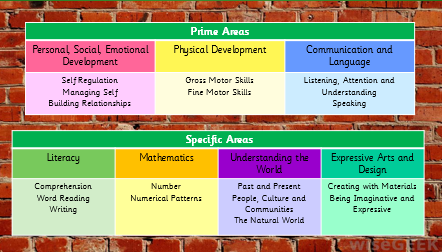
The document provided below titled ‘EYFS Learning Progression for History’ seeks to exemplify how the subject of History features and progresses within our Early Years Foundation Stage Curriculum, in preparation for children to then transition to the Primary History Curriculum. This overview has been tailored specifically: knowledge and skills recorded are those that embody the subject of ‘History’, but also included are knowledge and skills that underpin, pre-curse or have relevance to learning in History or to developing as a historian.
Some skills have a very obvious connection (e.g. those within the ‘Past and Present’ specific strand of the EYFS Curriculum clearly align with the Primary History curriculum that follows – these have been shaded in grey in the document); others, particularly those within the ‘Prime Areas’ of the EYFS Curriculum (Communication and Language, Physical Development and Personal, Social and Emotional Development), are perhaps less obvious, but are in fact of fundamental importance. These skills enable children to engage with and respond to learning within a subject. Within our particular school context, staff in EYFS ensure a heavy focus on the Prime Areas of Learning. This focus is reflected in the inclusion of linked Prime Area Learning in this document.
As mentioned above, the specific strand of learning titled ‘Past and Present’, unquestionably links to future Historical learning; however, so too does the specific strand titled ‘People, Cultures and Communities’. Within this strand of learning, pupils are invited to recognise and celebrate differences between people, including differences such as beliefs and culture. They are supported to develop positive attitudes towards differences within their own class, and also to build a sense of the differences that exist in our country and across the world. At certain points in the year, children also explore periods in the past where being ‘different’ had a very negative and hugely unfair outcome. For example, children learn about the life story of Ruby Bridges, an African American student discriminated against because of her gender and race; children are invited to respond with their feelings and then consider how Ruby would be welcomed if she attended school today.
An additional document titled ‘Accessing Learning’ has been included below. This details skills from the EYFS Curriculum that are of crucial importance in accessing teaching and learning and therefore play a crucial part in our pupils making a successful transition from our Early Years Foundation Stage Curriculum to the Primary Curriculum. These skills can often prove particularly relevant for our most vulnerable pupils, including those with SEND, and so in any instances where a pupil is struggling to participate or progress within lessons, these skills can be considered more closely by teachers.

Remembrance Day 2023
Y6 recite ‘In Flanders Fields’, by John McCrea as the whole school gathers to commemorate Remembrance Day 2023. On this day, we remember all those involved in the two world wars and later conflicts.
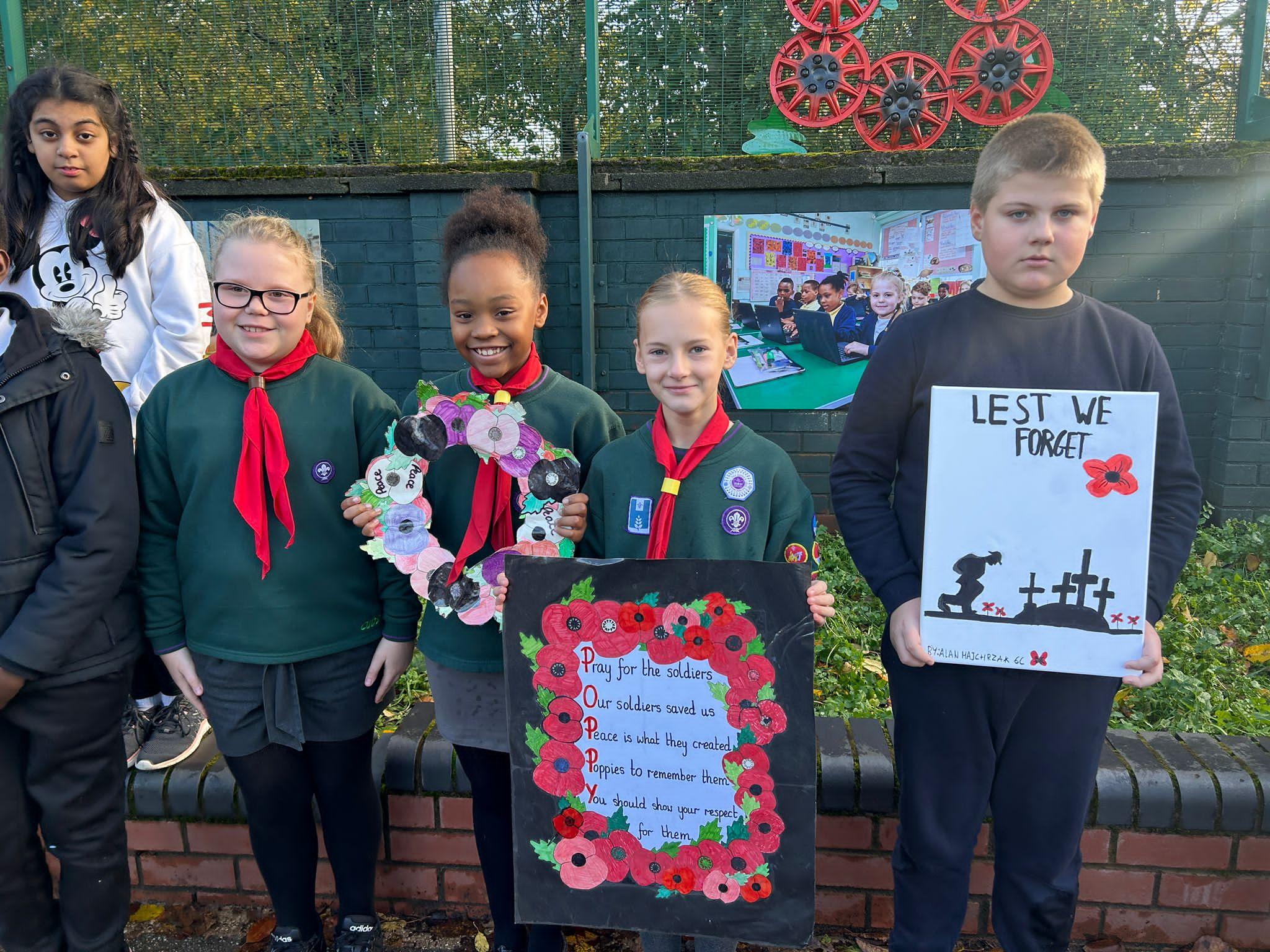
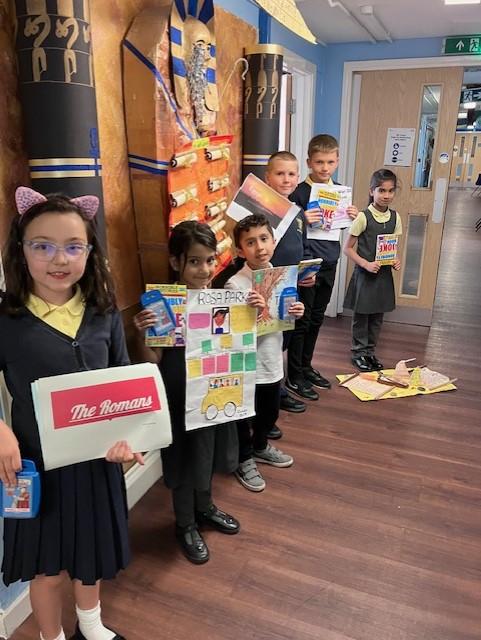
A big congratulations to our History holiday homework winners! We had some fantastic entries but only one winner was chosen from each year group, Projects ranged from the Romans to Rosa Parks. Enjoy your prizes!
Archaeologists come to visit STOC
We were thrilled to welcome local archaeologists Natalie and Jade into school to talk to the children about all that their job entails! The team explained what they do, how they do it and brought along some amazing finds from Mamucium, a former Roman fort in Castlefield. The finds included Roman pottery, an early fizzy drinks bottle and several pipes (apparently, pipes are the most common unearthed item in Manchester!) Thank you ladies for inspiring the next generation of archaeologists!
The Year 2 children have enjoyed handling a range of artefacts during our Great Fire of London topic. We were fascinated to see what fire buckets, cups, pens and money used to look like in 1666!
Y2 Great Fire of London Workshop
We had a special visitor in to school this term in Y2. The team at ‘make the classroom disappear’ came in to carry out a Great Fire of London workshop with the children. We worked as history detectives, looking at extracts from newspapers from 166 and from Samuel Pepys diary to piece together clues to solve the history mystery. We explored and compared maps of London from the past and today. We role played the events of the day of the fire, operating a cart fire engine and using gunpowder to blow up some of the houses! It was a fantastic day!
EYFS
EFYS have developed their Knowledge and Understanding of the World through exploring the Hindu festival of Diwali. The children have started to develop their understanding of the concept of culture by finding out about the special traditions undertaken during this festival and how to get ready for Lakshmi, the Goddess of wealth. The children spent the afternoon spring cleaning the classroom, making rangoli patterns, preparing traditional Diwali sweets and decorating their own salt dough diyas. The children have also enjoyed learning about the annual celebration of Bonfire Night and loved creating their own fireworks!



